Dates: July 28-August 22, 2019 Venue: Sri Aurobindo Society, Pondicherry
This is a brief report summarising the recently concluded 25-day residential study camp “Unmeṣa: Explore, Evolve, Realise” which was designed by Sri Aurobindo Society in collaboration with Agastya Gurukulam. This unique camp which included 15 children, ages 13-18 from various parts of the USA, was held at Sri Aurobindo Society campus.
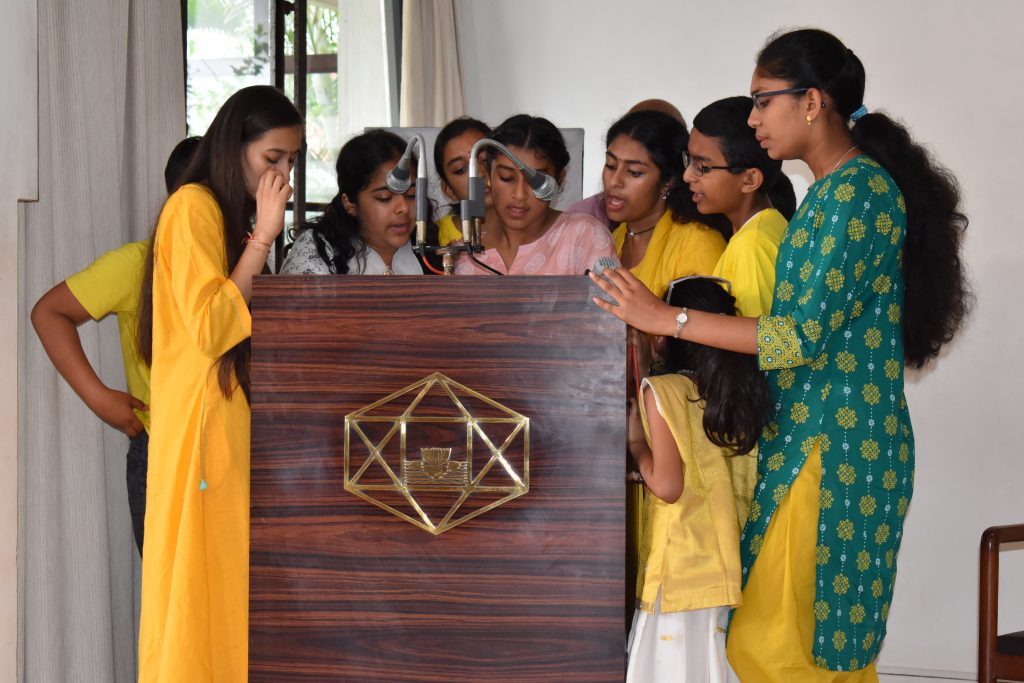
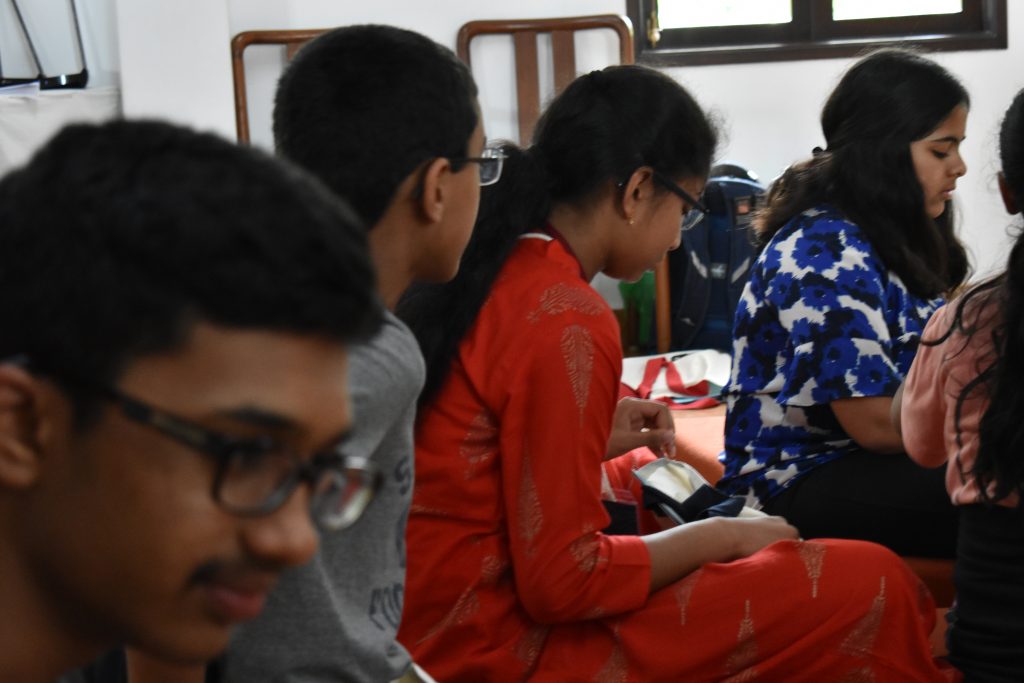
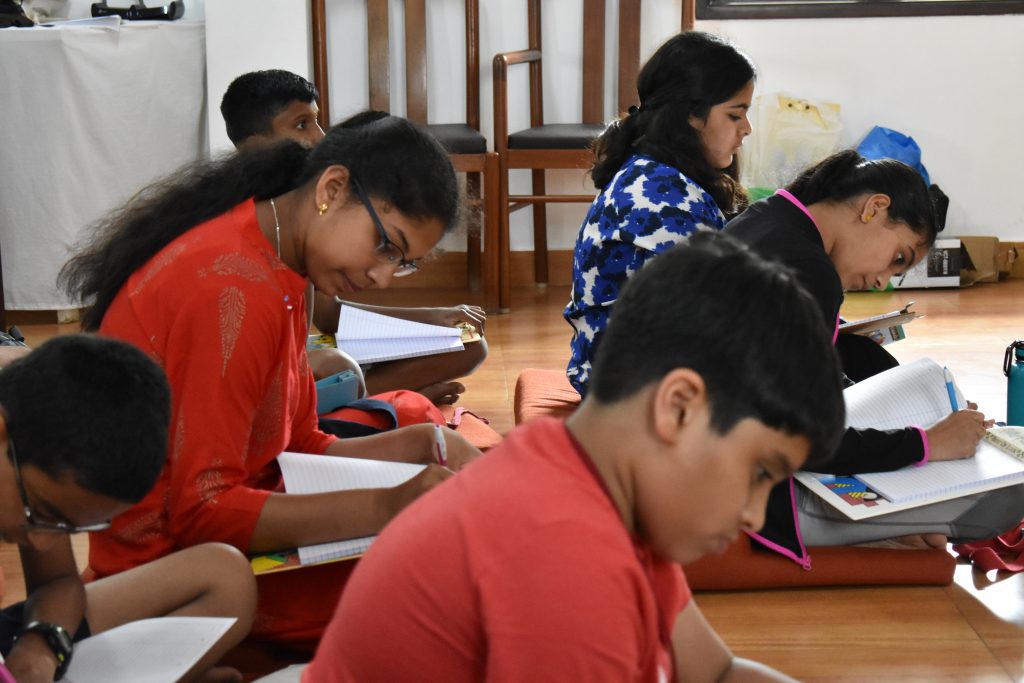
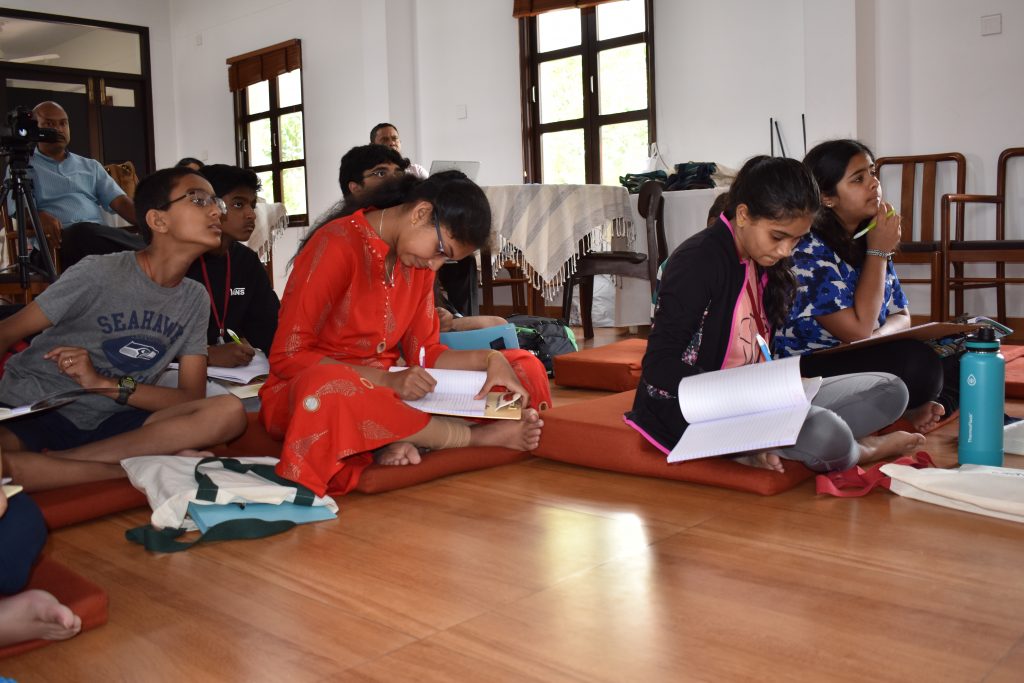
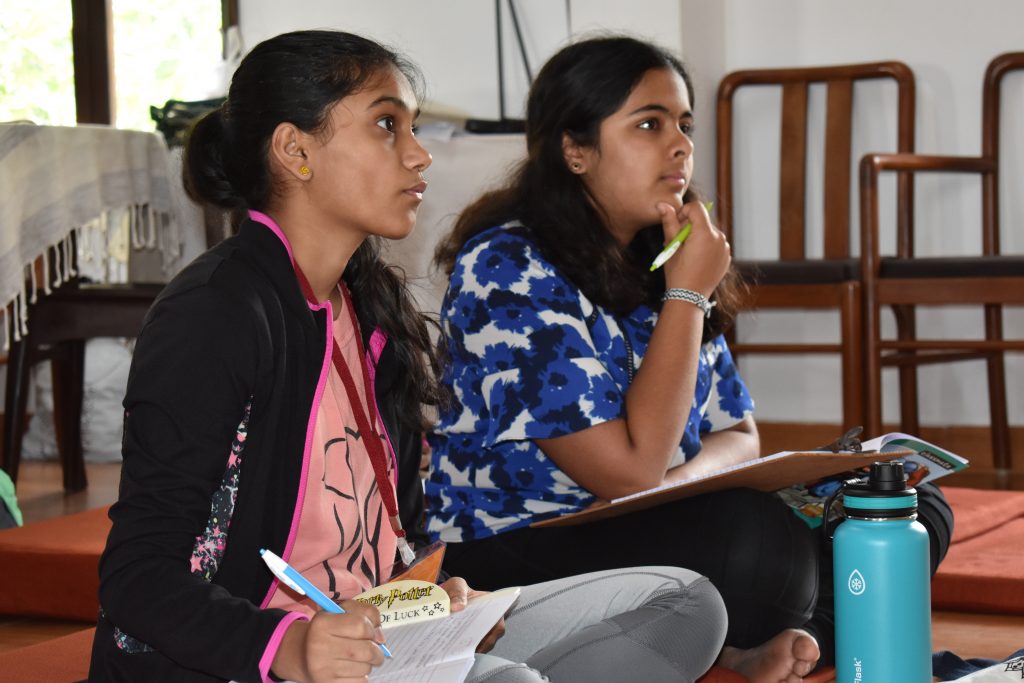
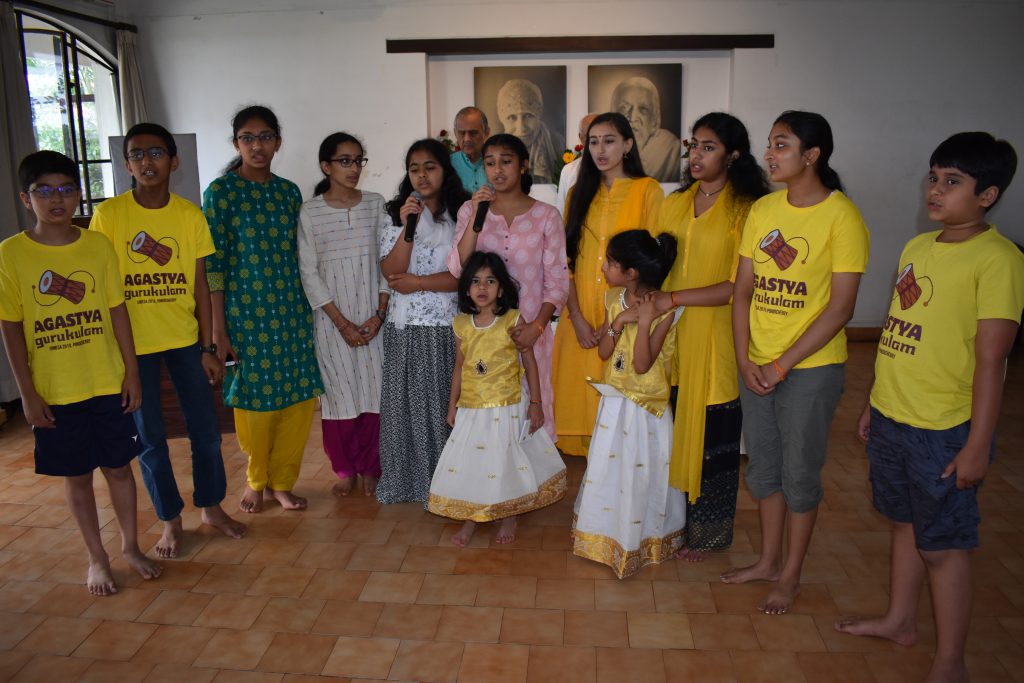
The Programme Focus
The Unmeṣa programme was designed keeping in consideration the larger vision of and Sri Aurobindo the Mother, in which education is the means to help prepare learners for a deeper transformation and inner evolution. This requires that all parts of their being – mental, emotional and physical – are properly prepared and developed to their fullest potential in order to manifest a harmonious and integral personality.
The camp’s primary learning goal was to initiate the young Indian-American learners in a lifelong study of Indian knowledge systems and cultural heritage, and provide them a strong orientation via study of selected age-appropriate topics, especially in the areas of Sanskrit, Mathematics and Science, and Indian Cultural and Civilizational Studies.
The camp started on July 28, 2019 with an orientation session and closed on August 22, 2019 with a valedictory ceremony. Honourable Lt-Gov. of Puducherry, Dr. Kiran Bedi was the Chief Guest at the valedictory ceremony, a separate report of that event can be accessed HERE.
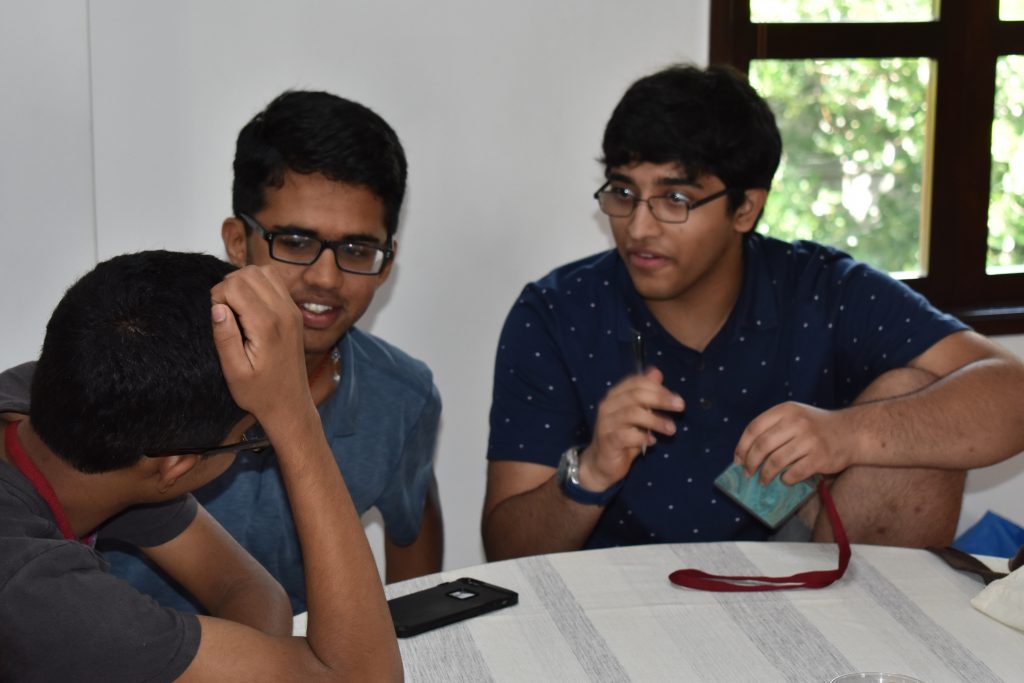
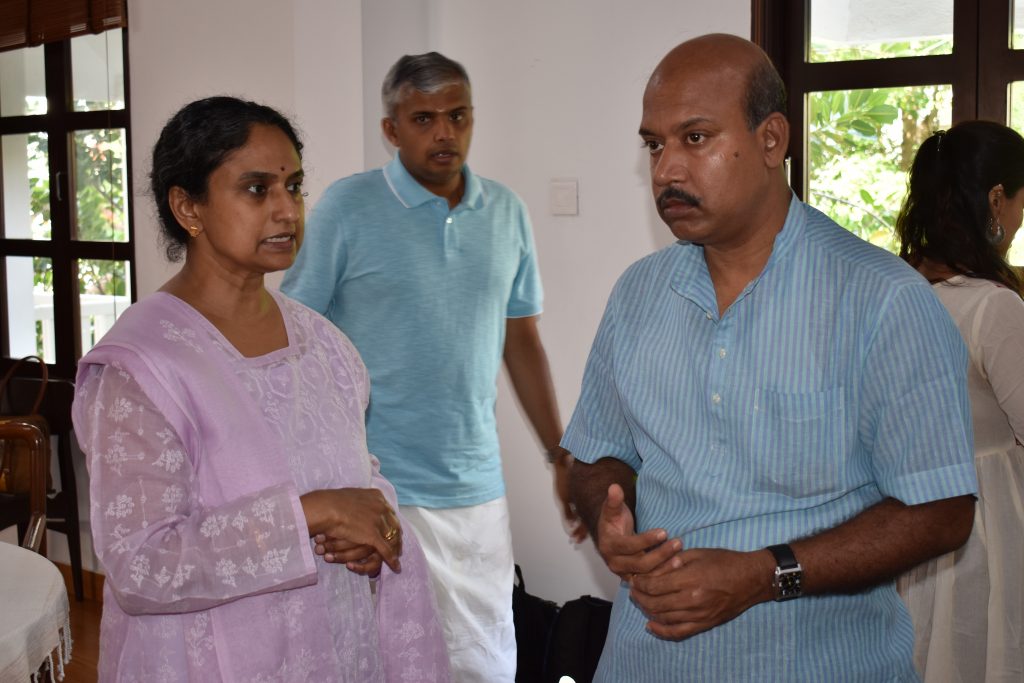
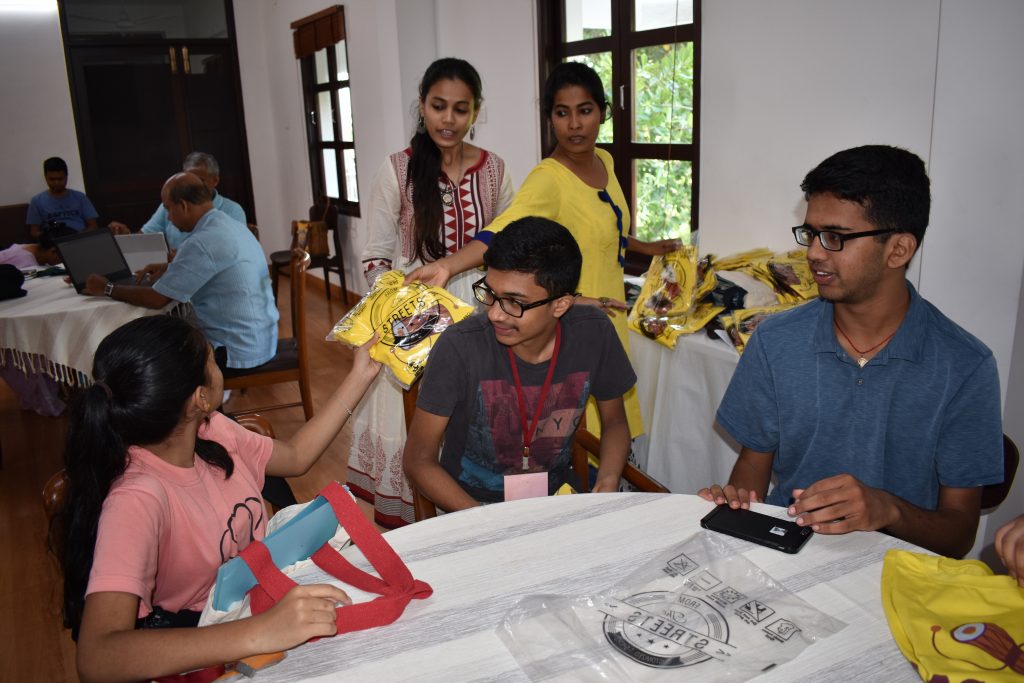
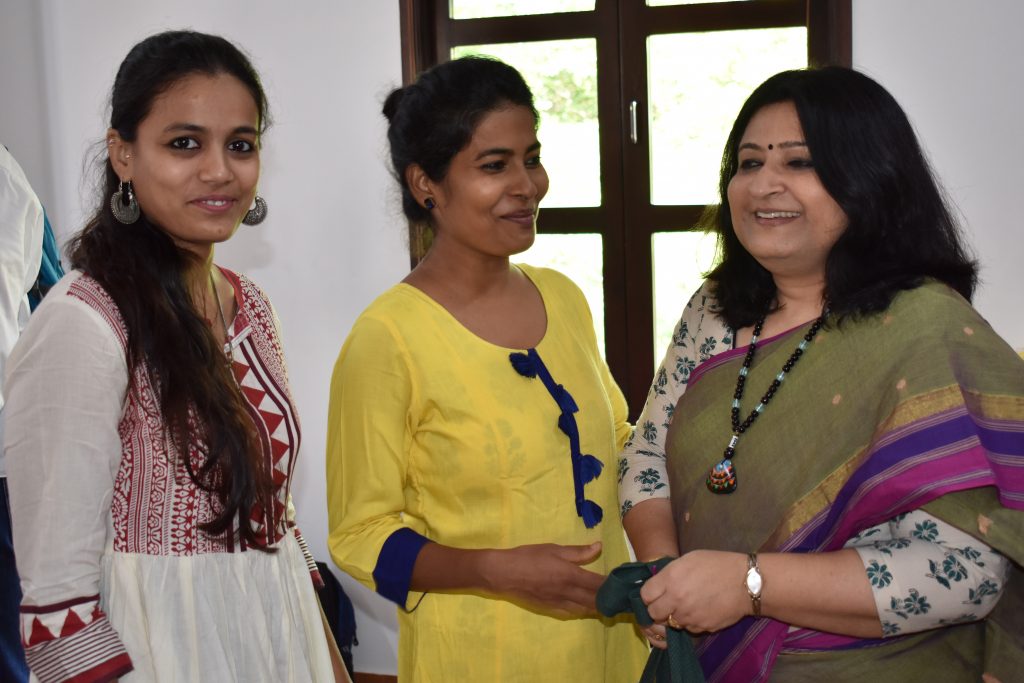
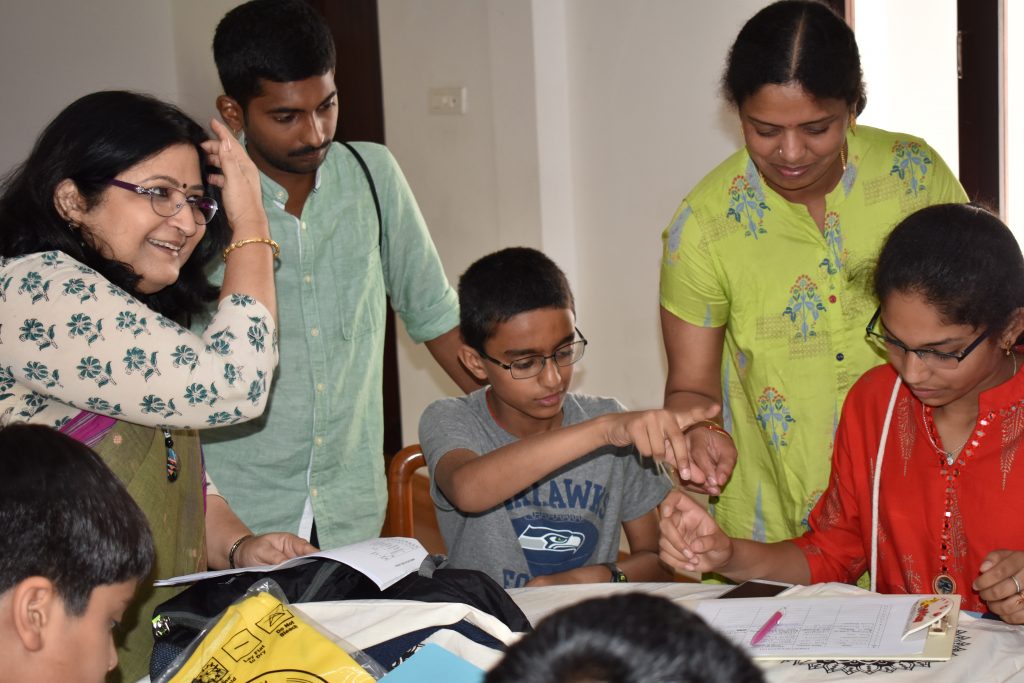
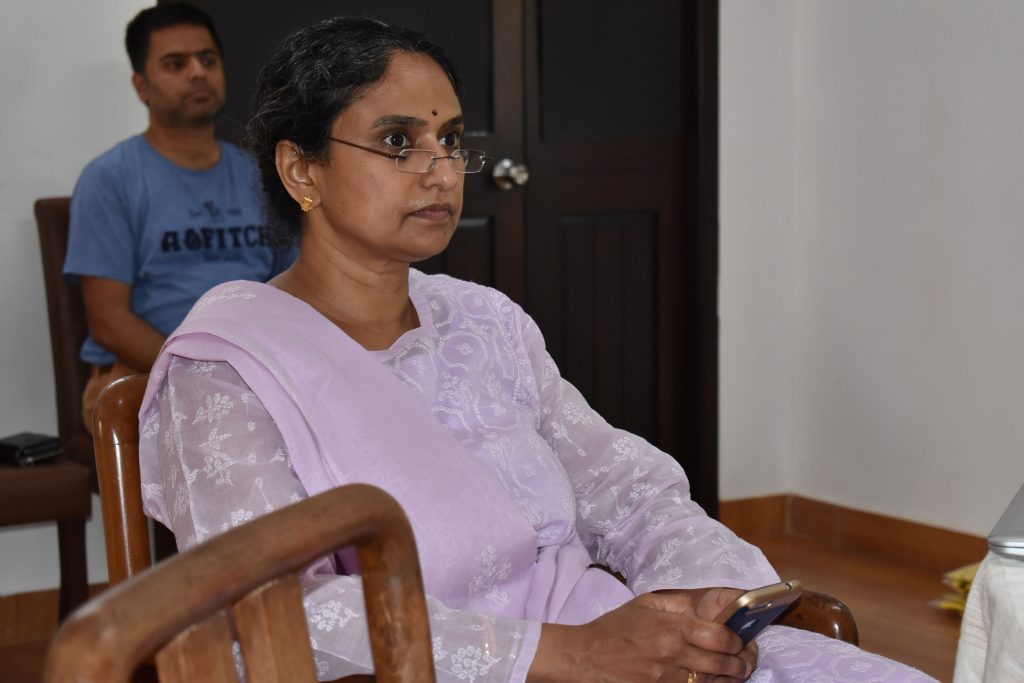
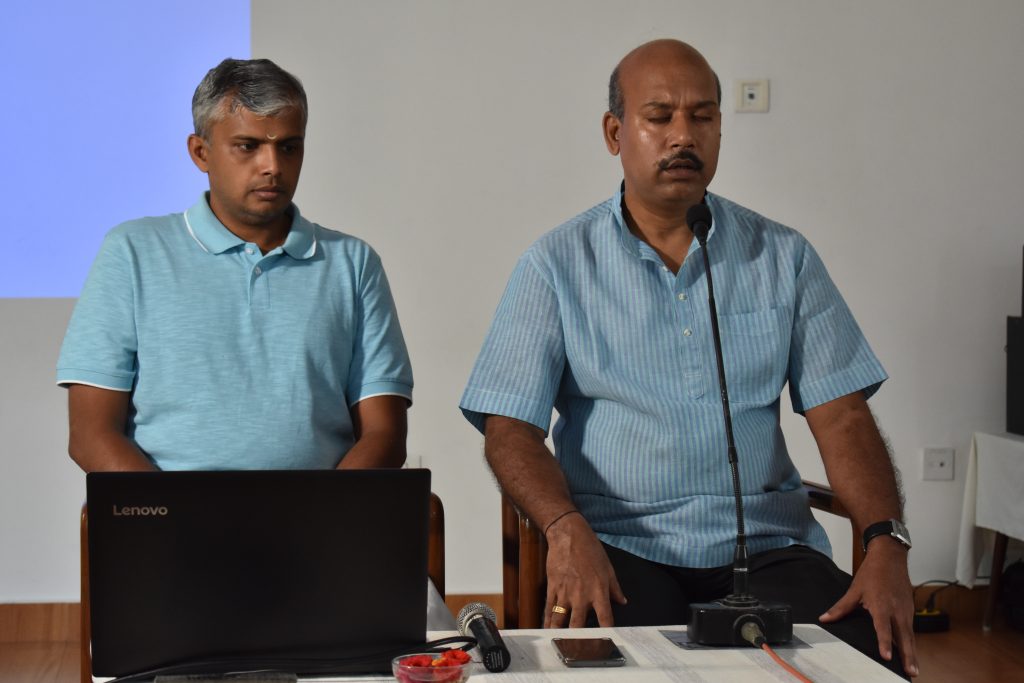
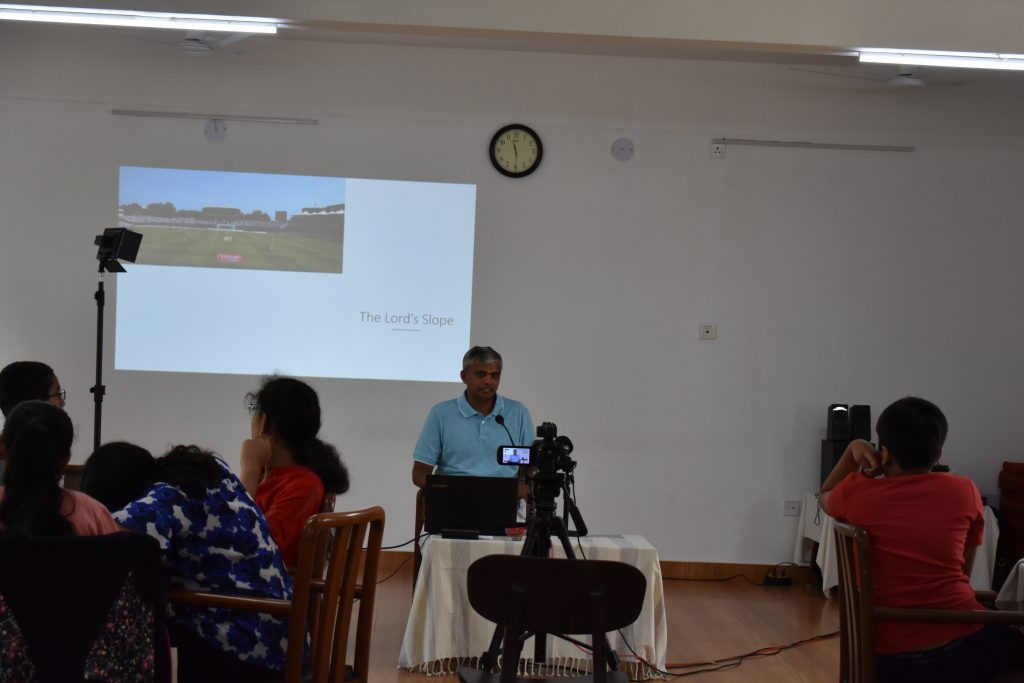
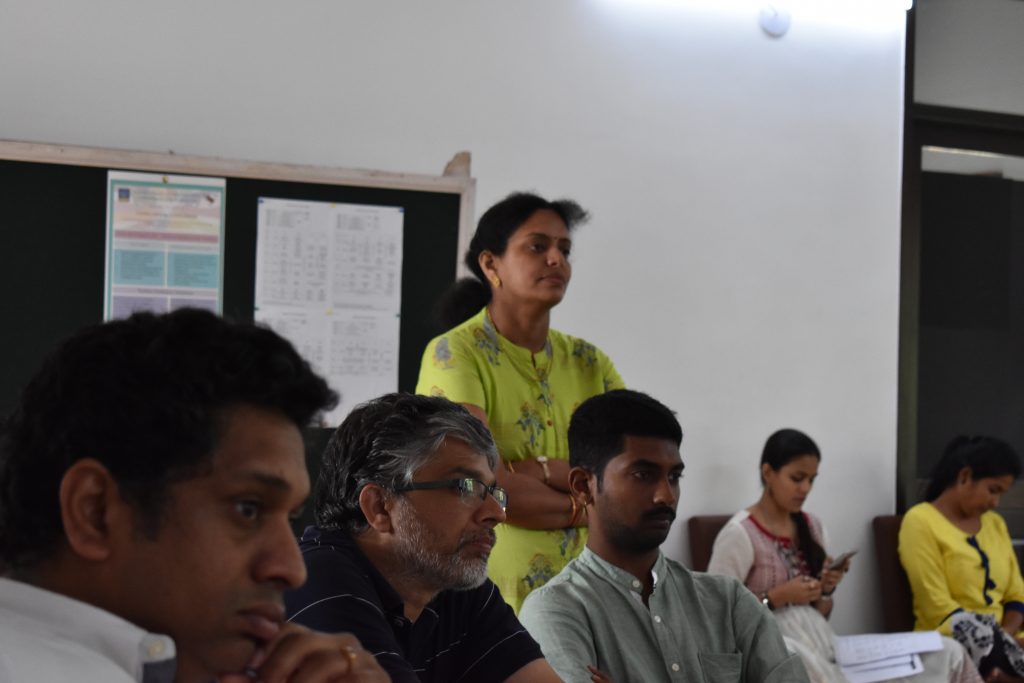
The Planning
The entire programme including its overall focus, schedule, logistics, selection of resource persons, etc. was thoughtfully put together over several months, after countless intense discussions across continents. We went through numerous iterations of the programme schedule, and even after the programme started the schedule was revised several times – sometimes to accommodate changing plans of the visiting resource persons, or at other times to incorporate additional learning opportunities as and when they appeared.
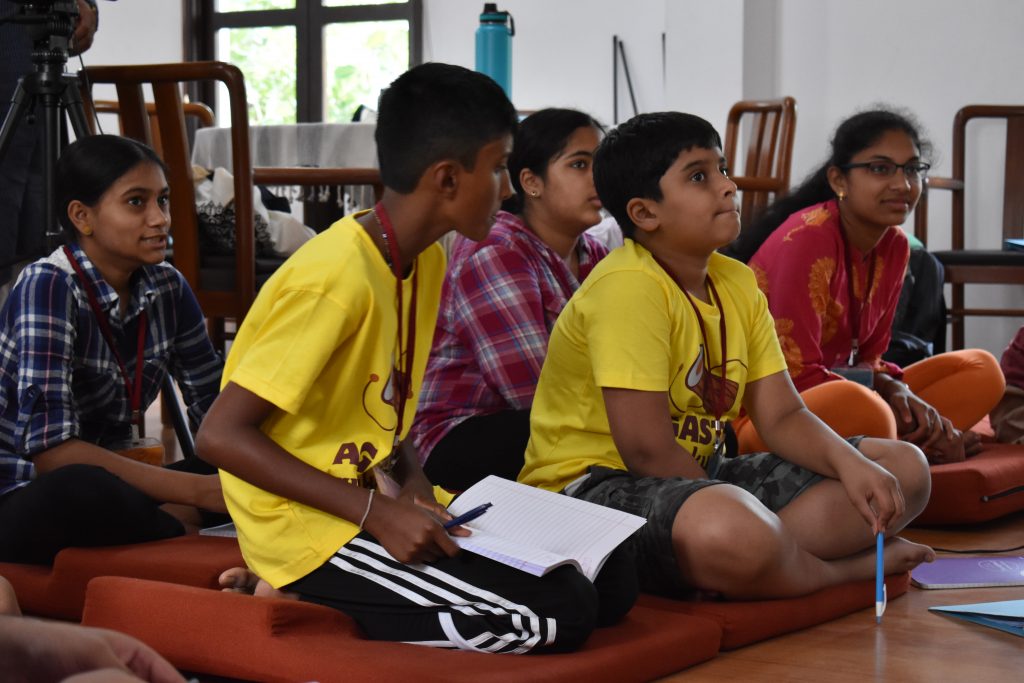
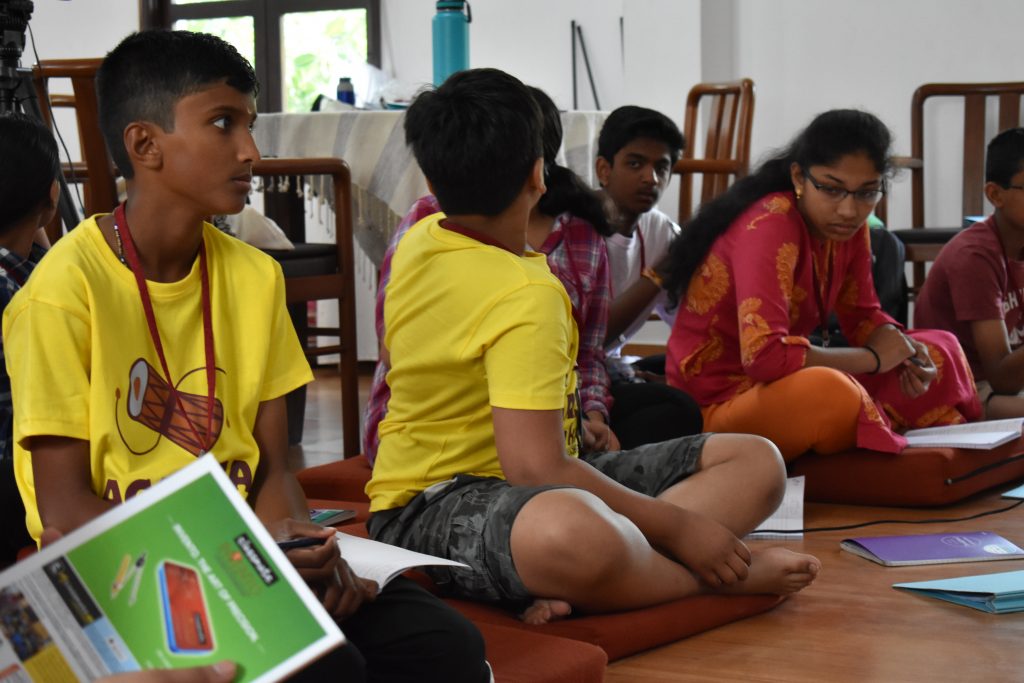
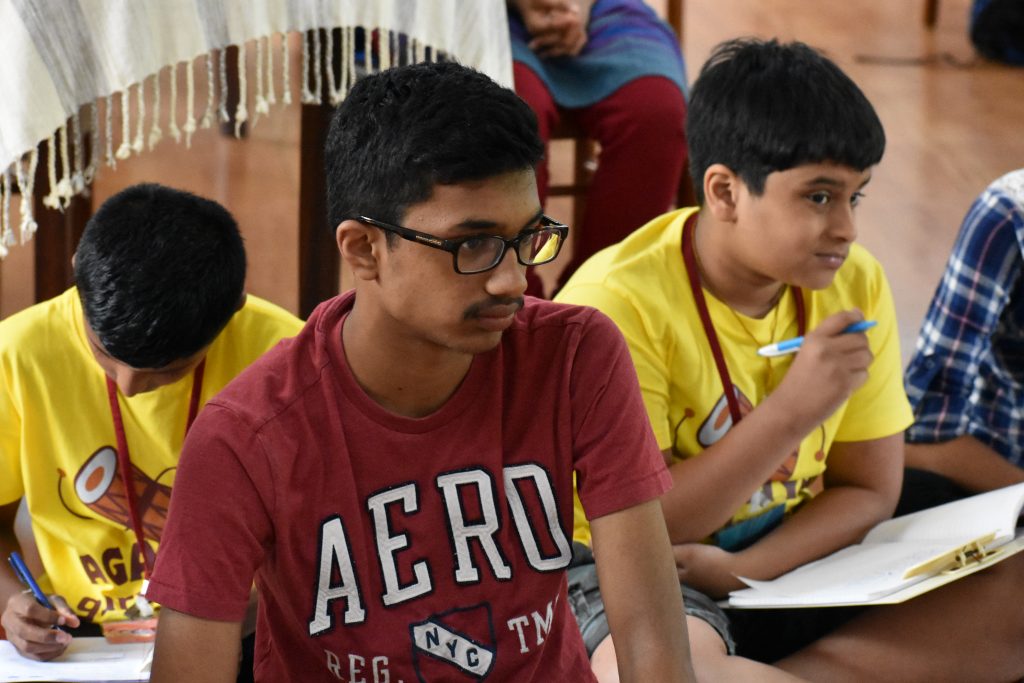
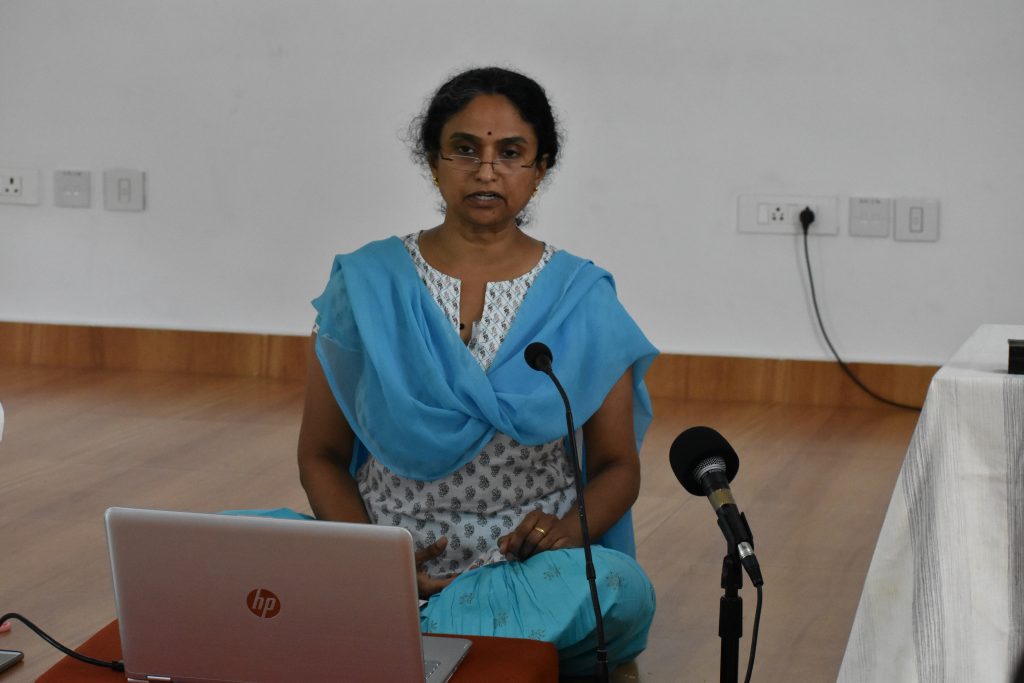
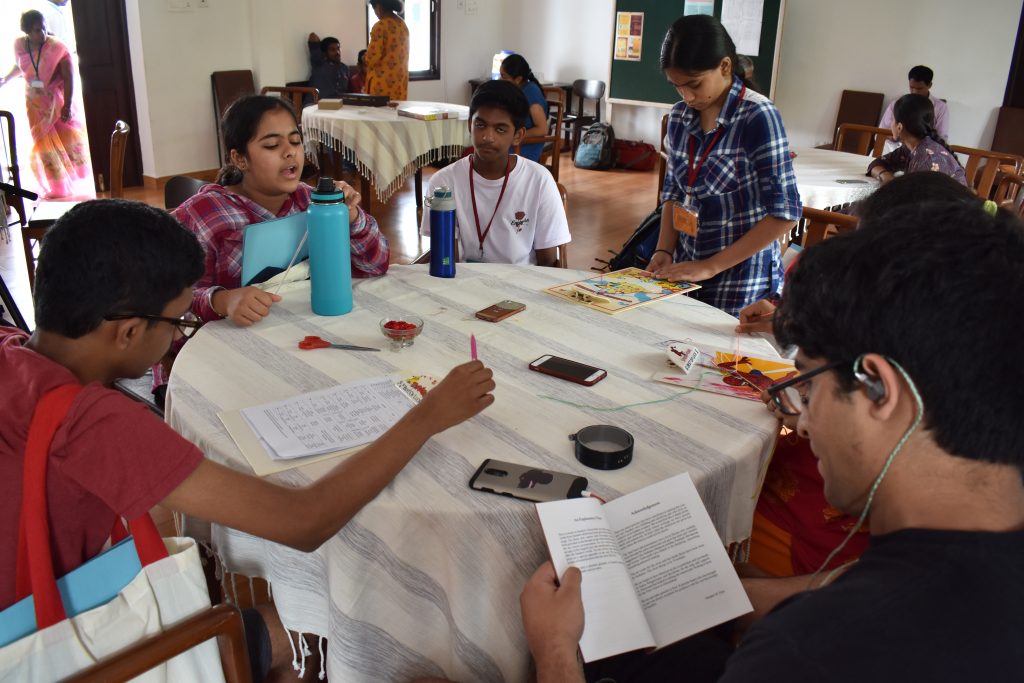
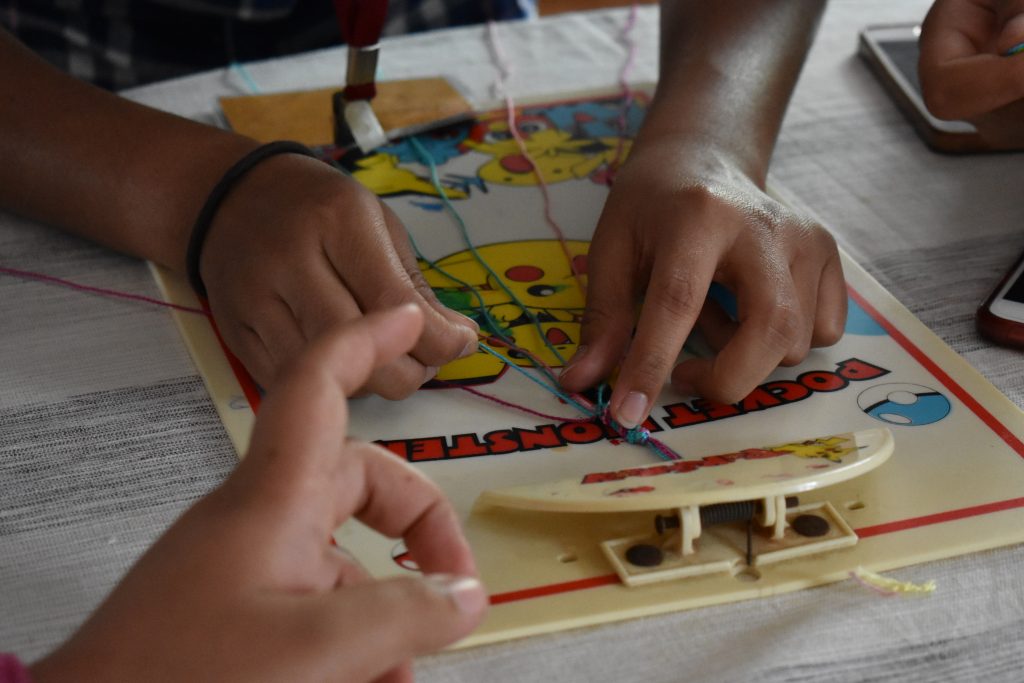
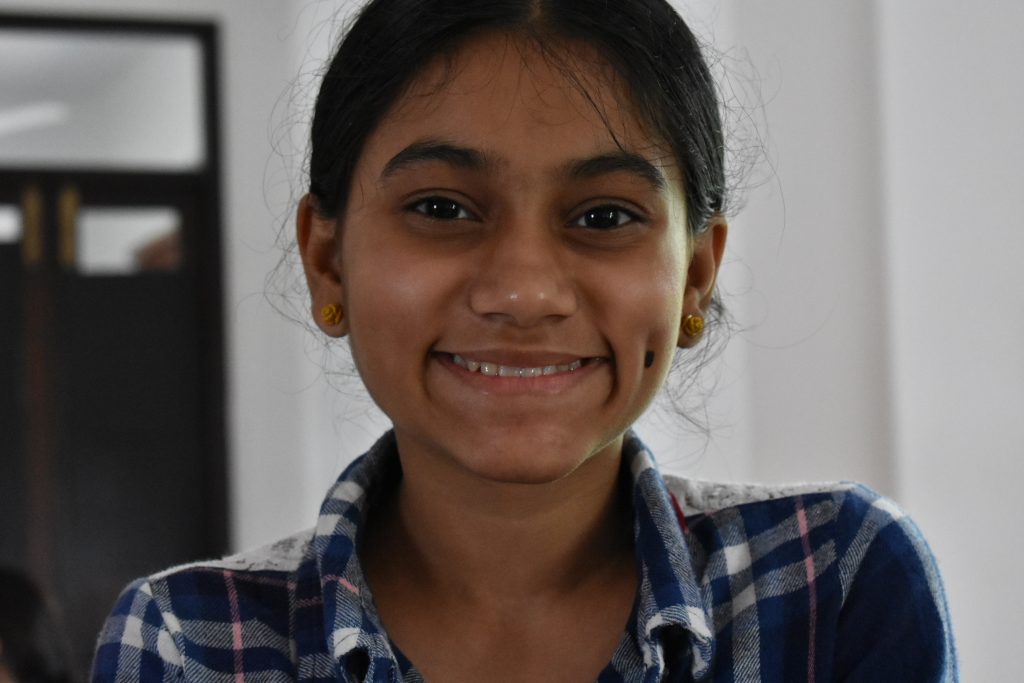
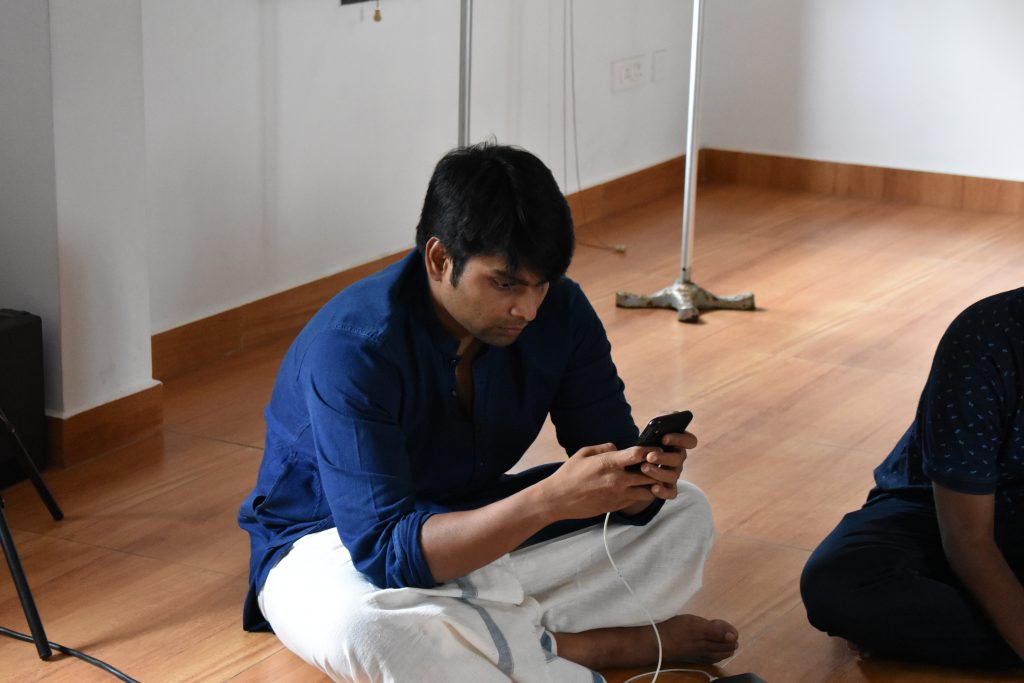
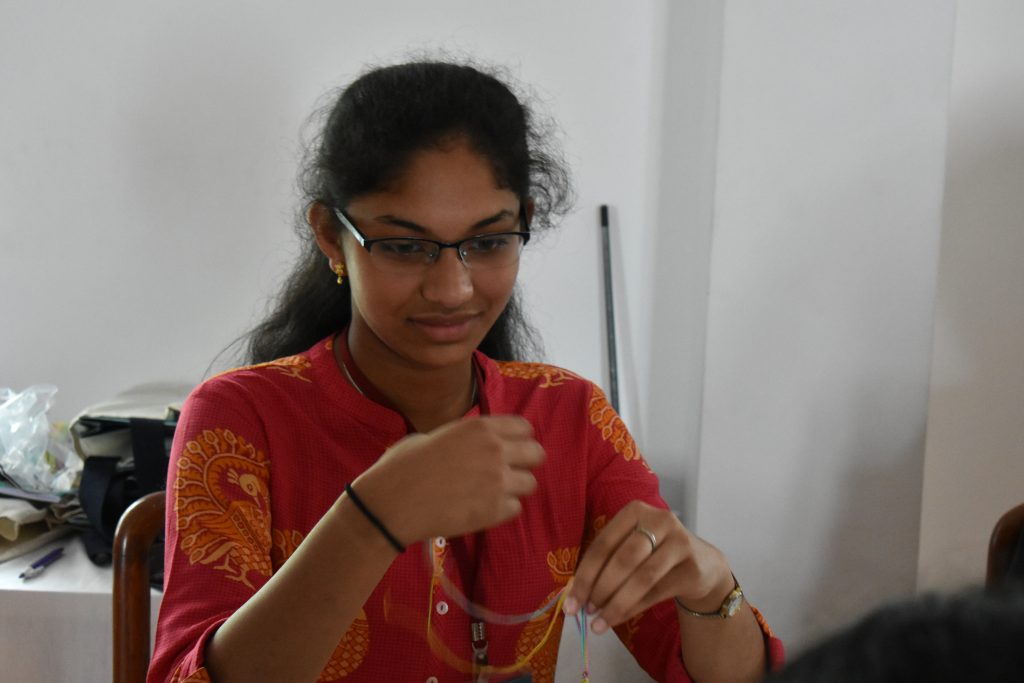
The Classes
Many of the sessions were designed to help learners gain a greater appreciation of the greatness of Indian contributions, particularly in areas of language, mathematics, science, visual and performing arts, and architecture. The history sessions brought to light those chapters from Indian history which are often neglected in Indian as well as American textbooks. These sessions, we hope, have encouraged the participants to explore for themselves why Indian civilization continues to not only survive but grow and prosper despite centuries of brutal attacks and invasions.
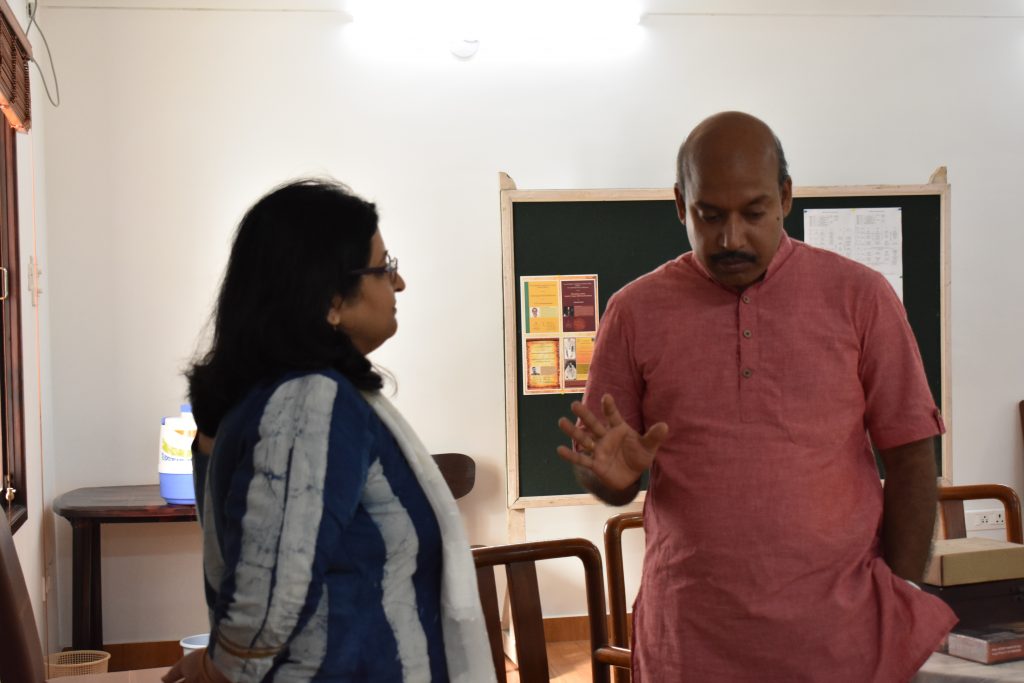
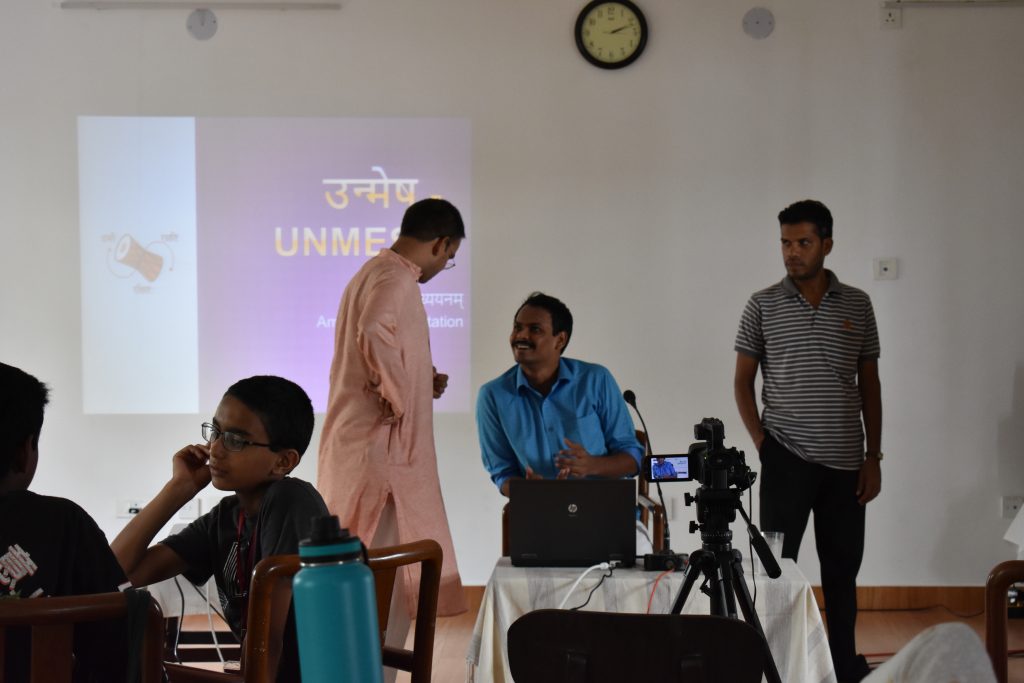
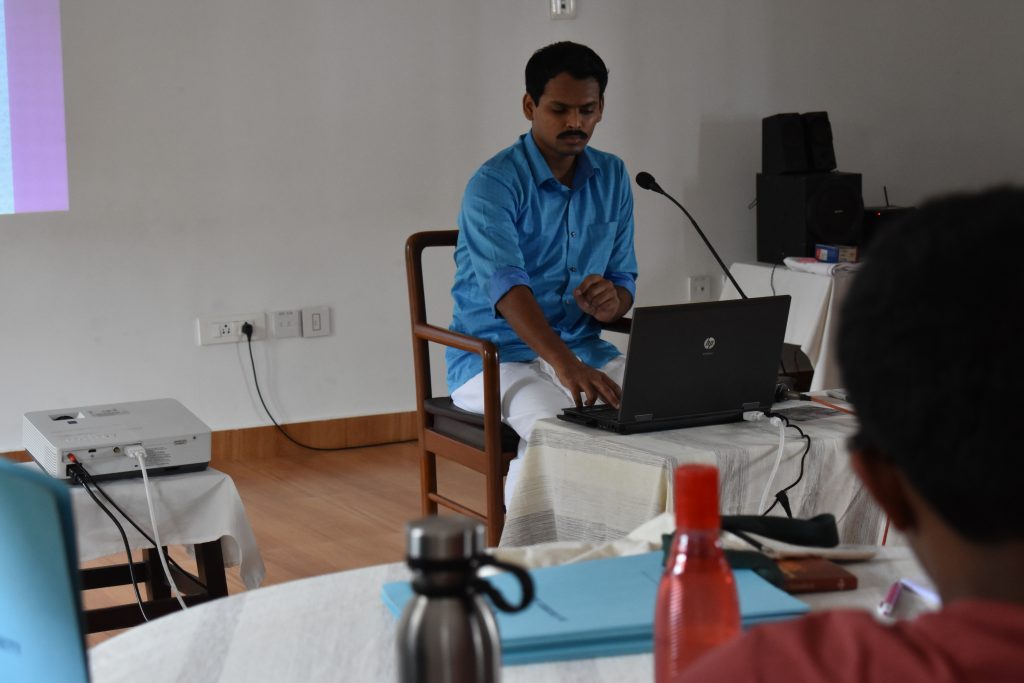
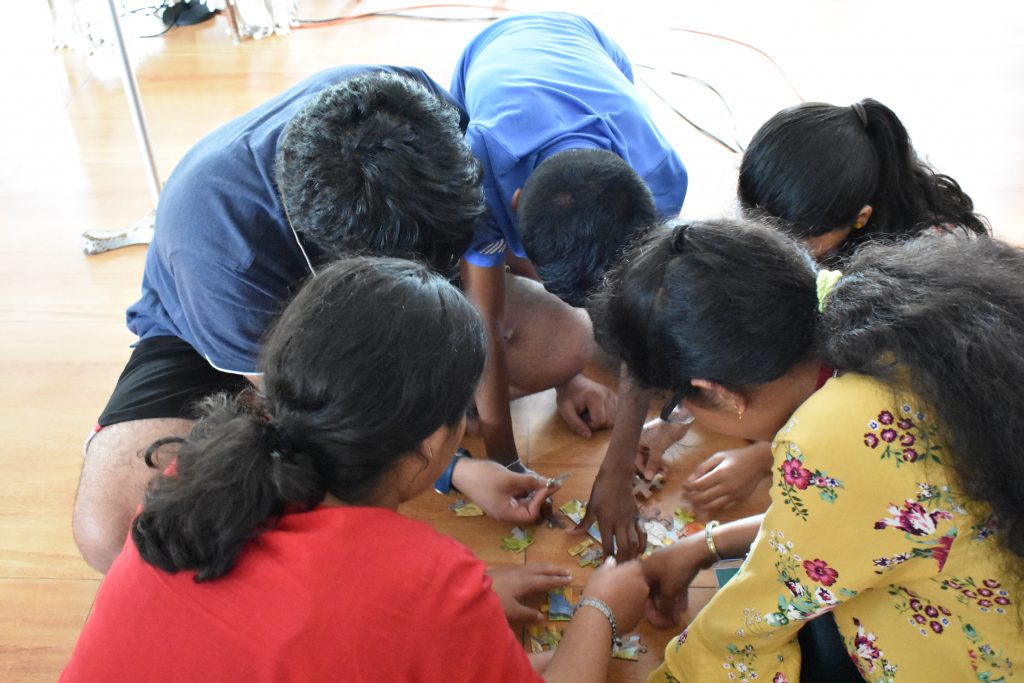
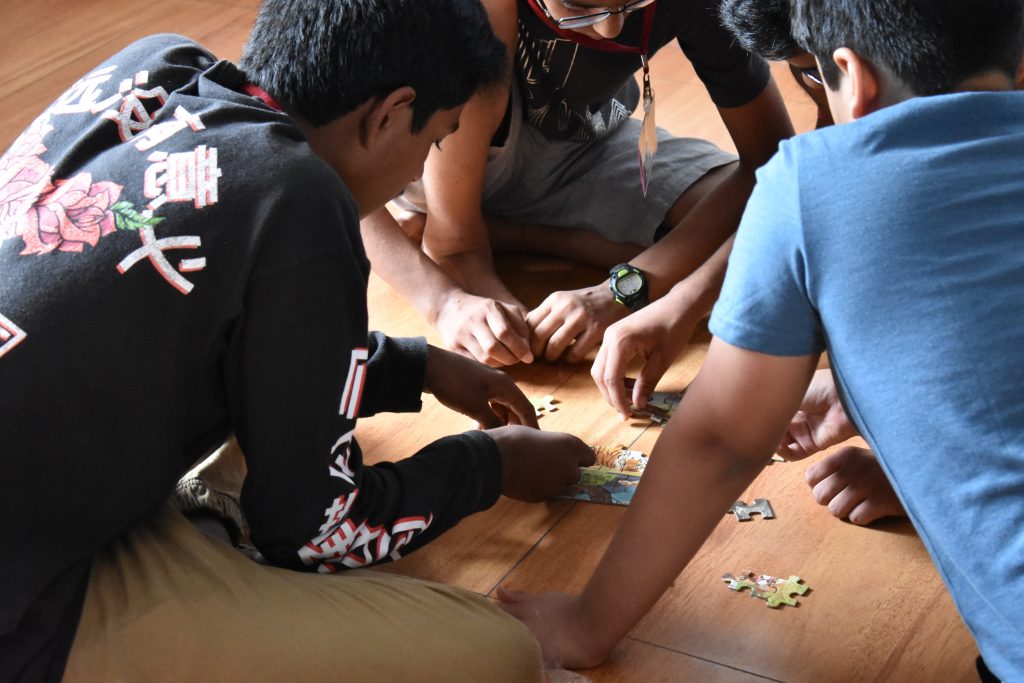
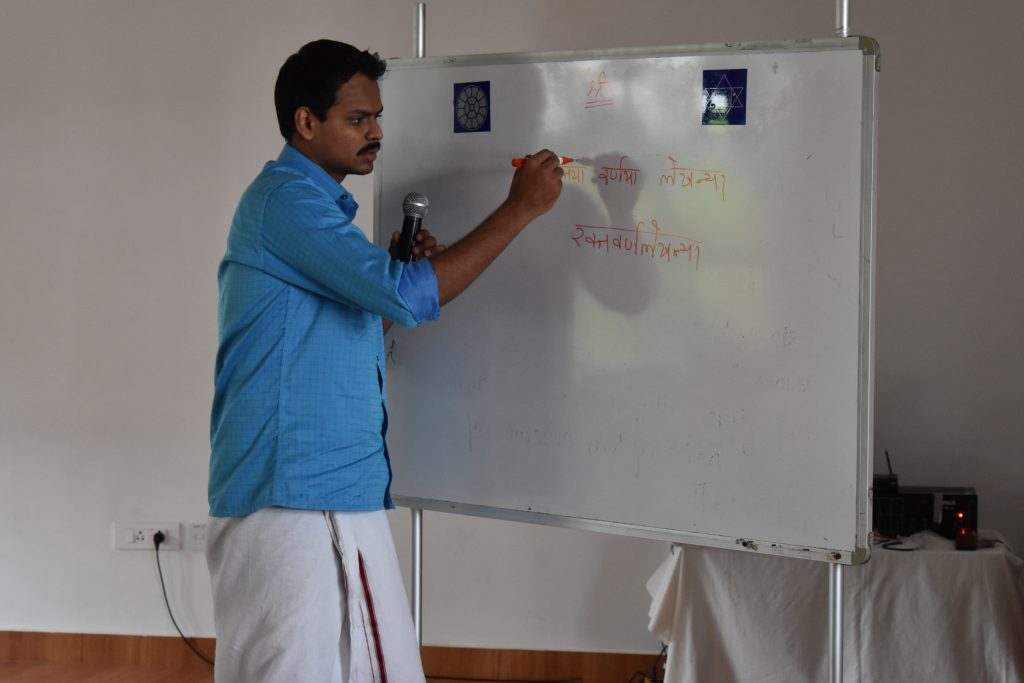
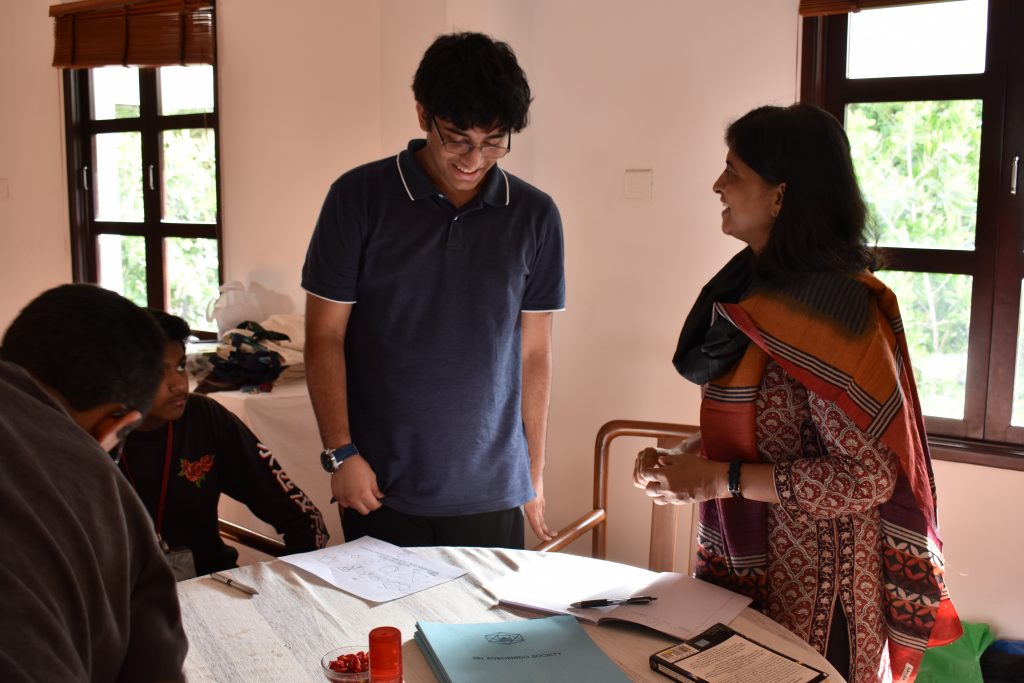
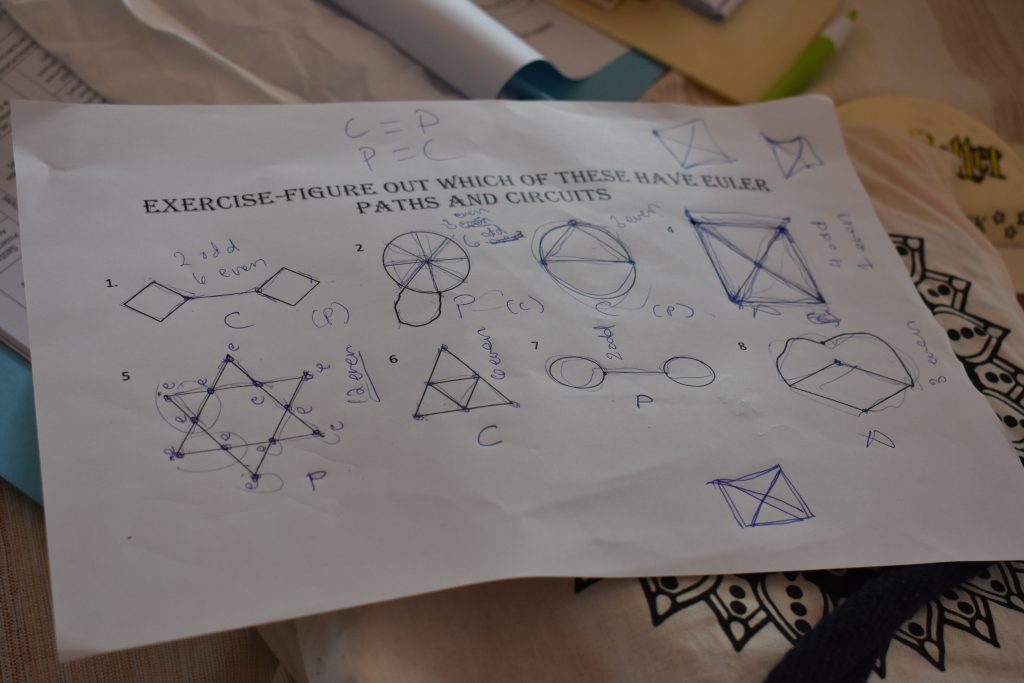
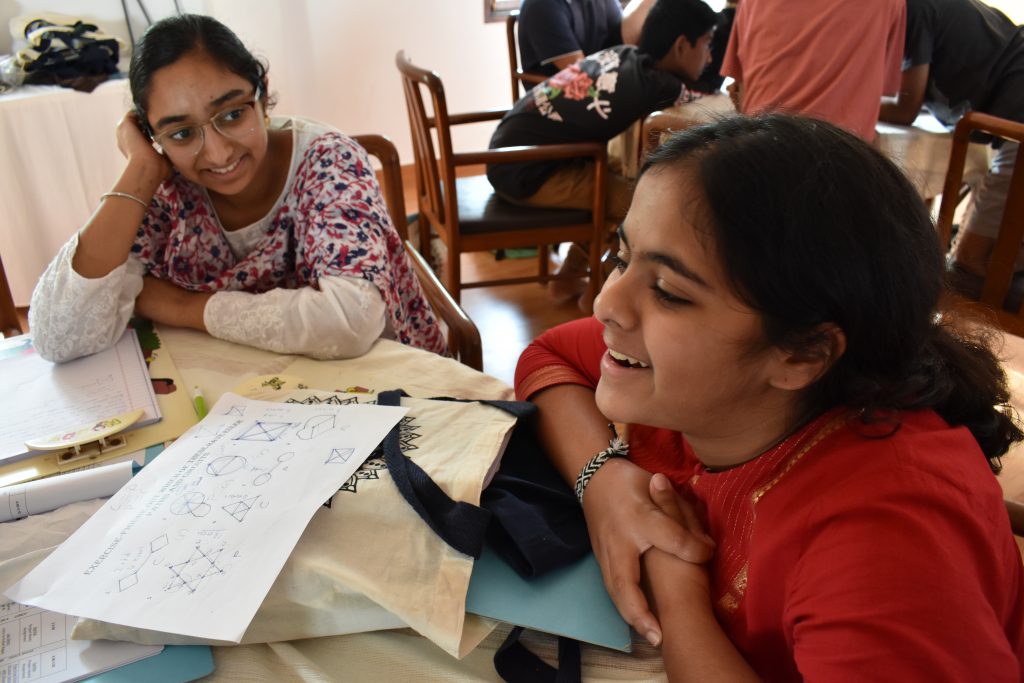
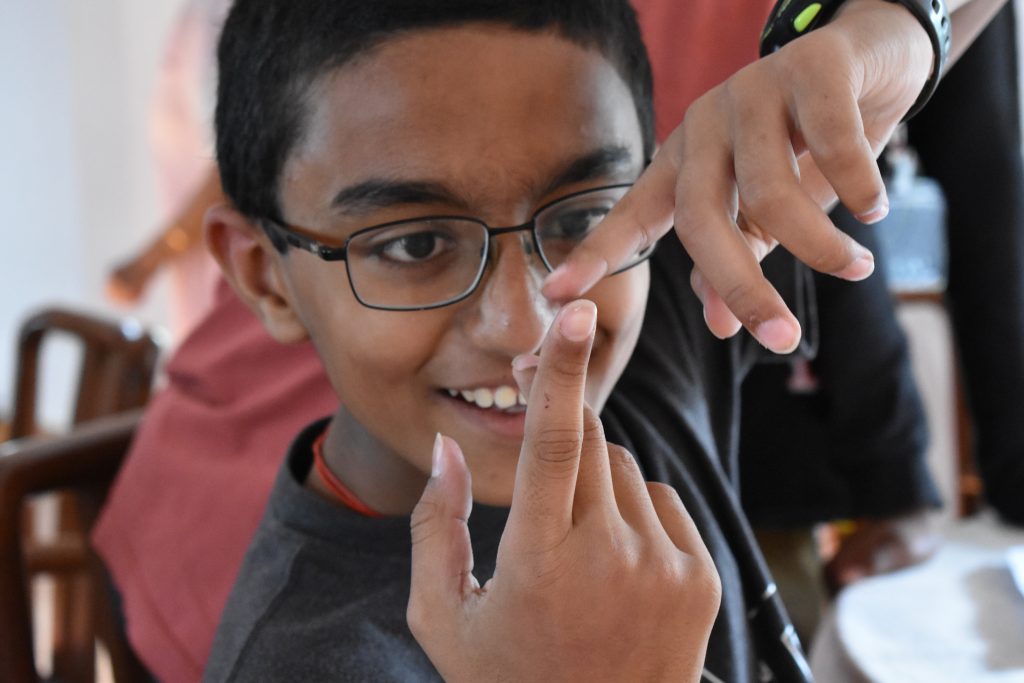
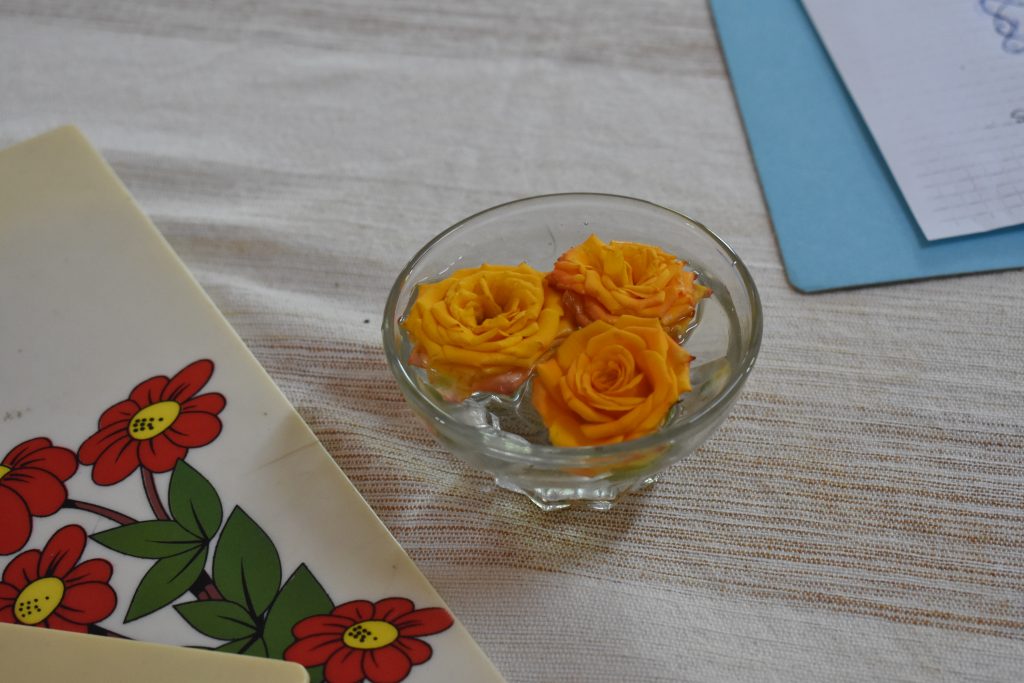
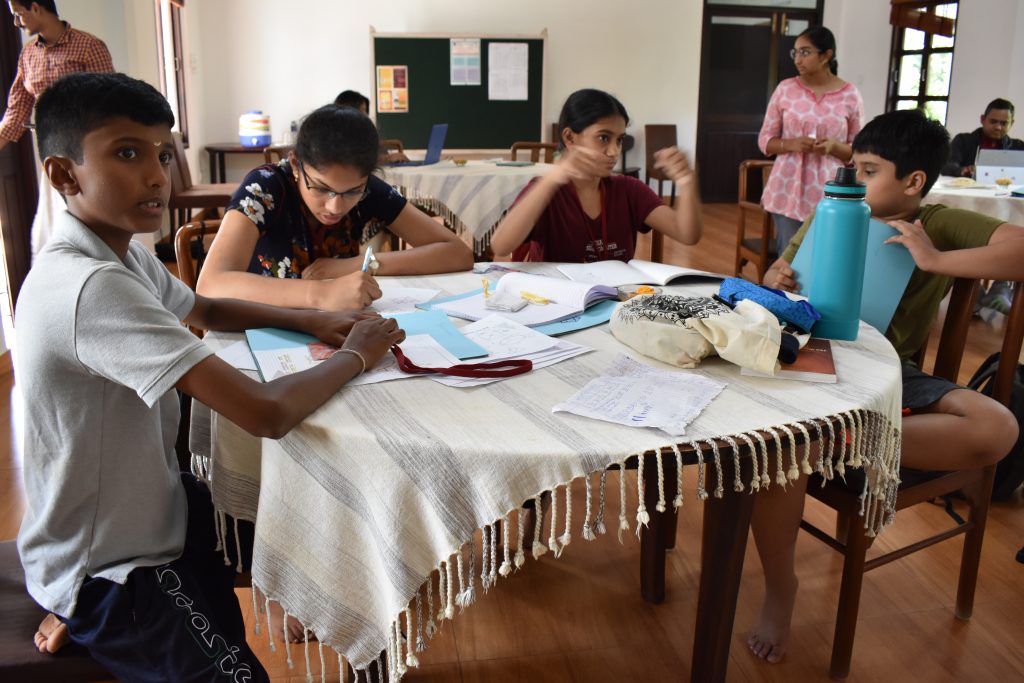
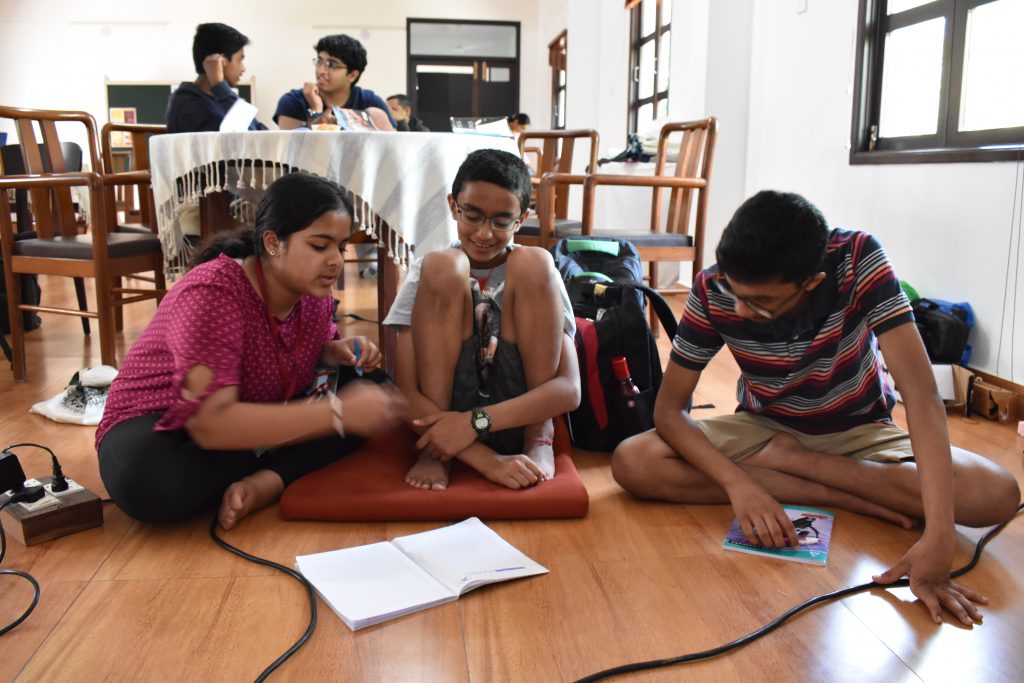
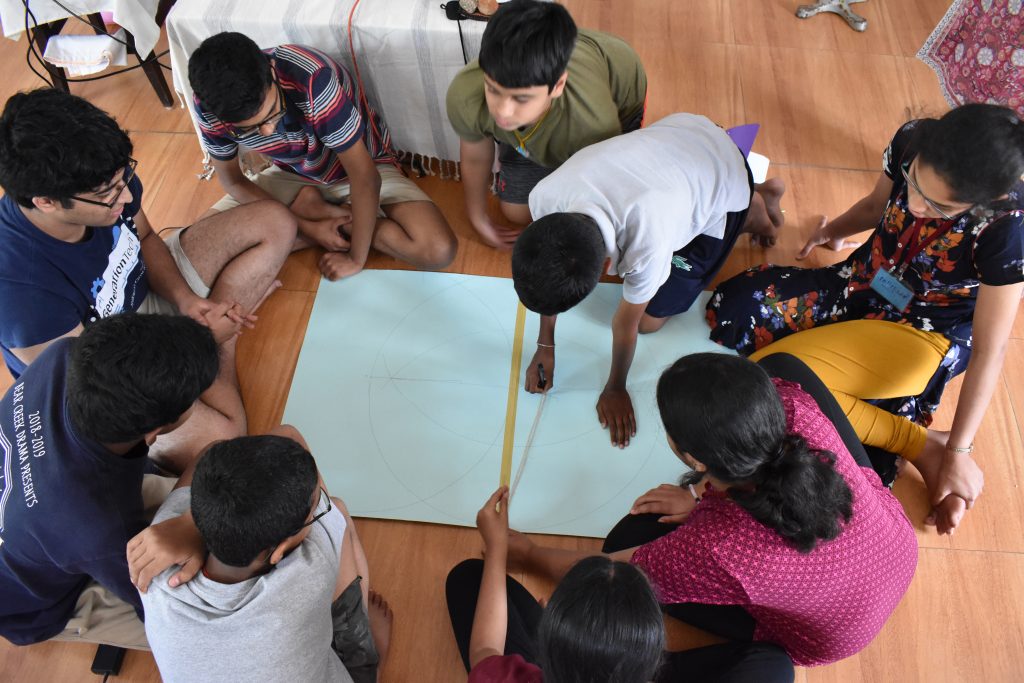
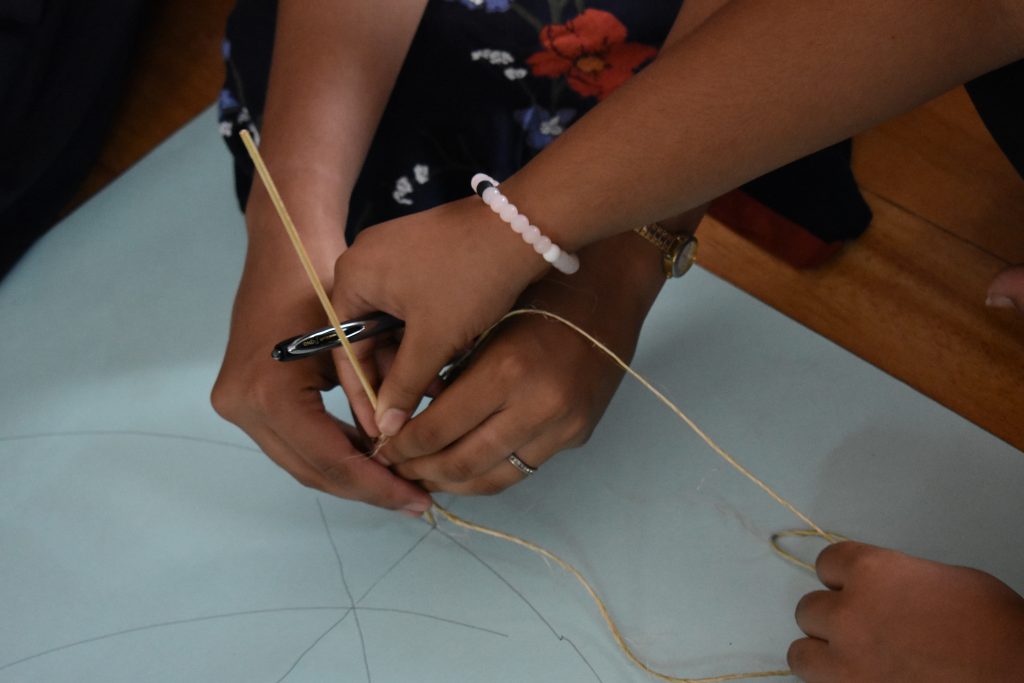
Pedagogically, a variety of learning activities were incorporated in the camp. These included: presentations, discussions, demonstrations, project work, collaborative learning, photography & creative documentation, yogasana, mantra-chanting, kalaripayattu, traditional arts, crafts and games, and cultural performances.
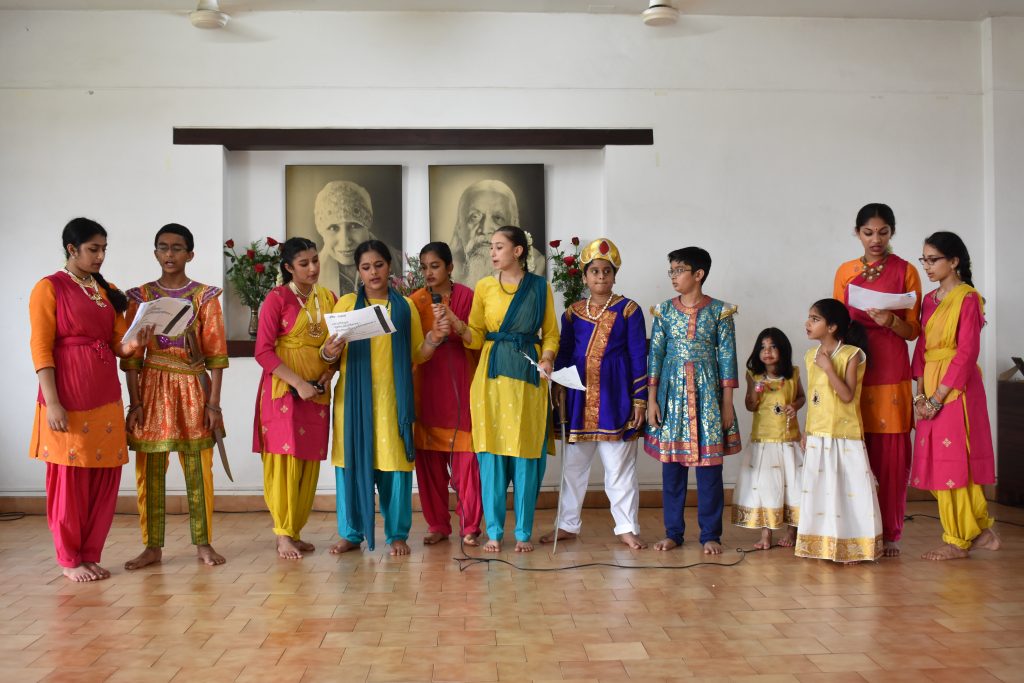
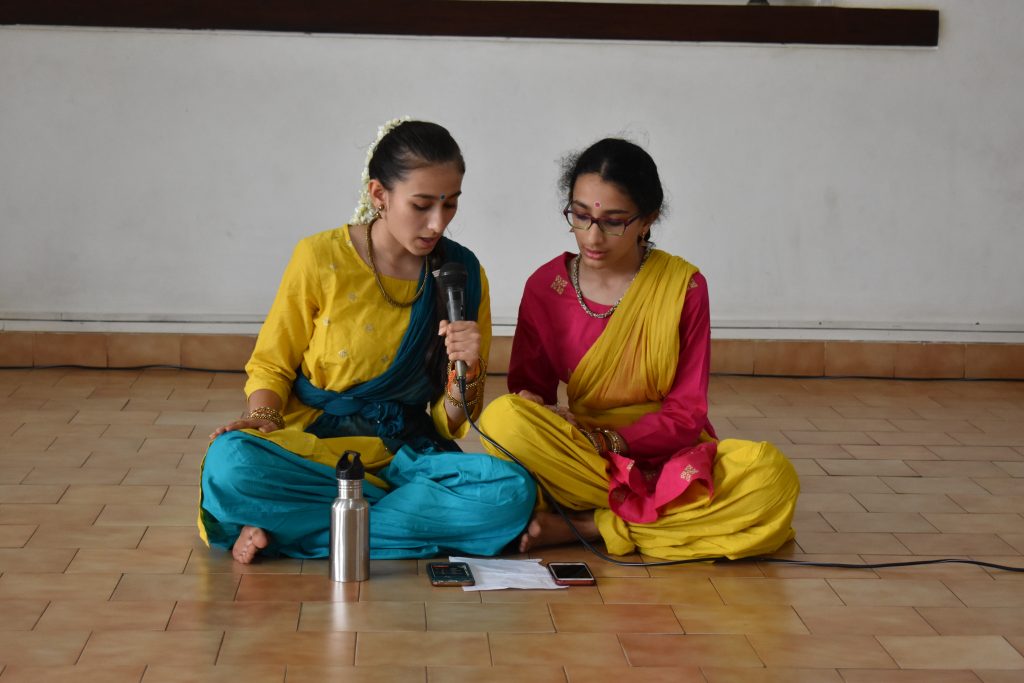
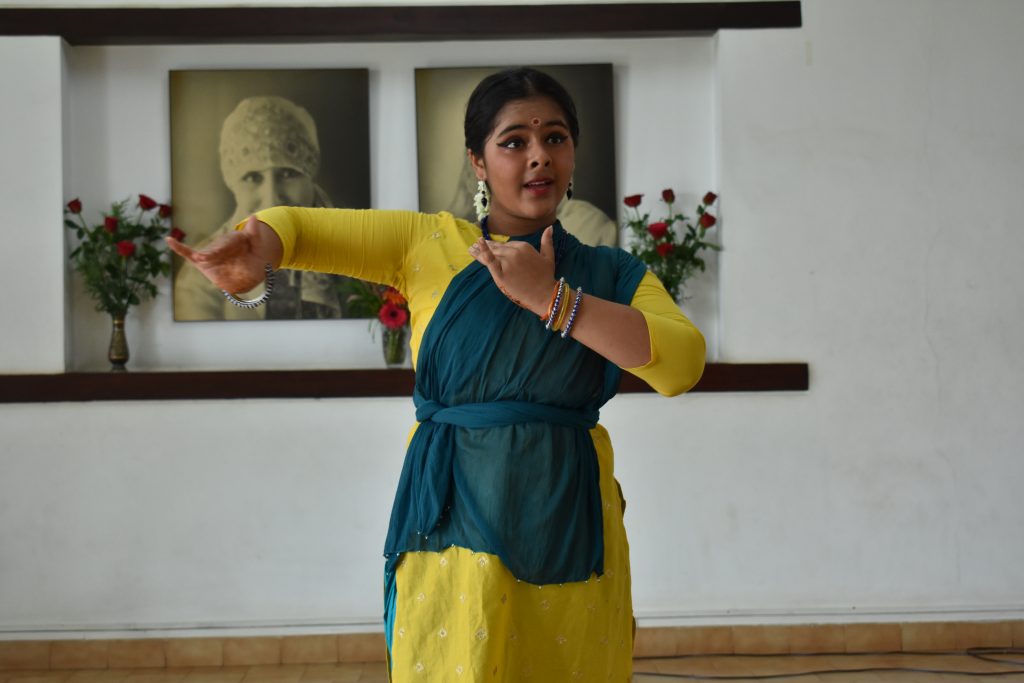
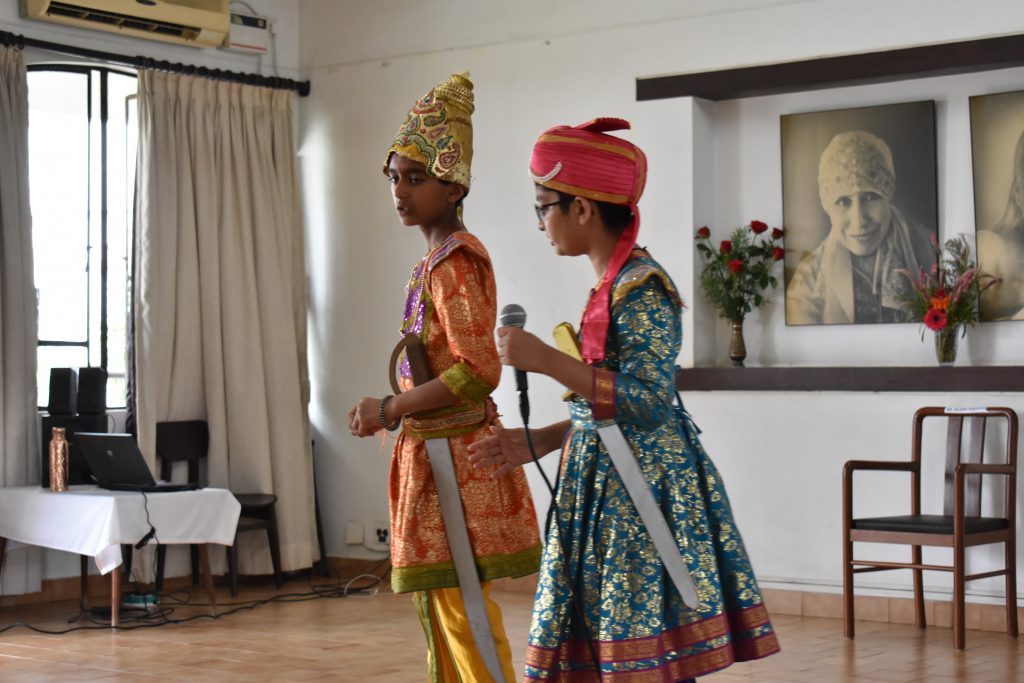
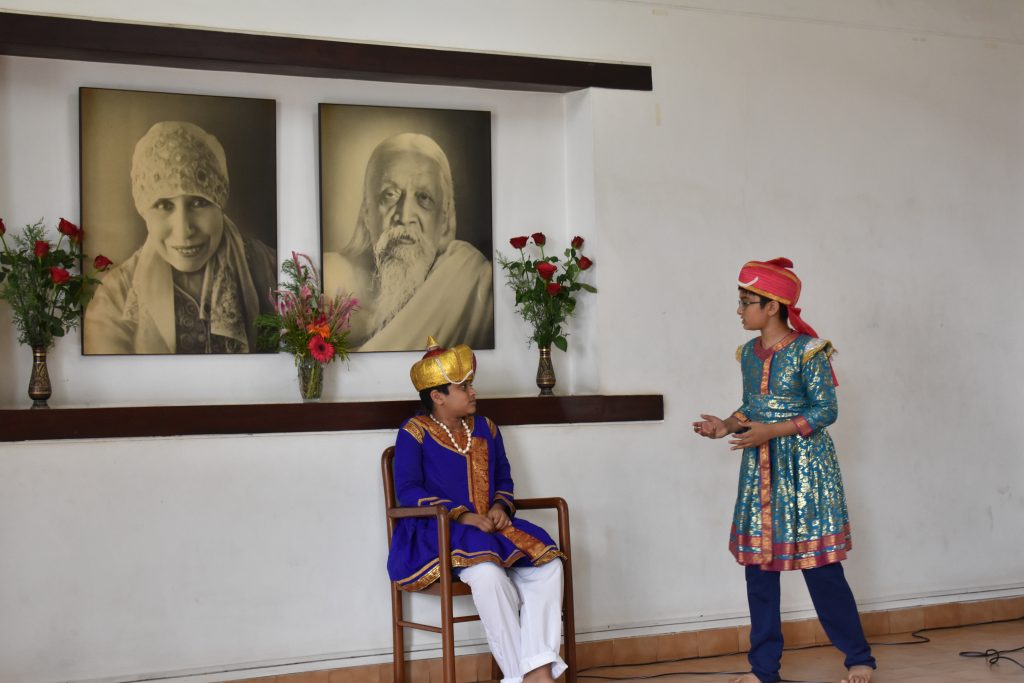
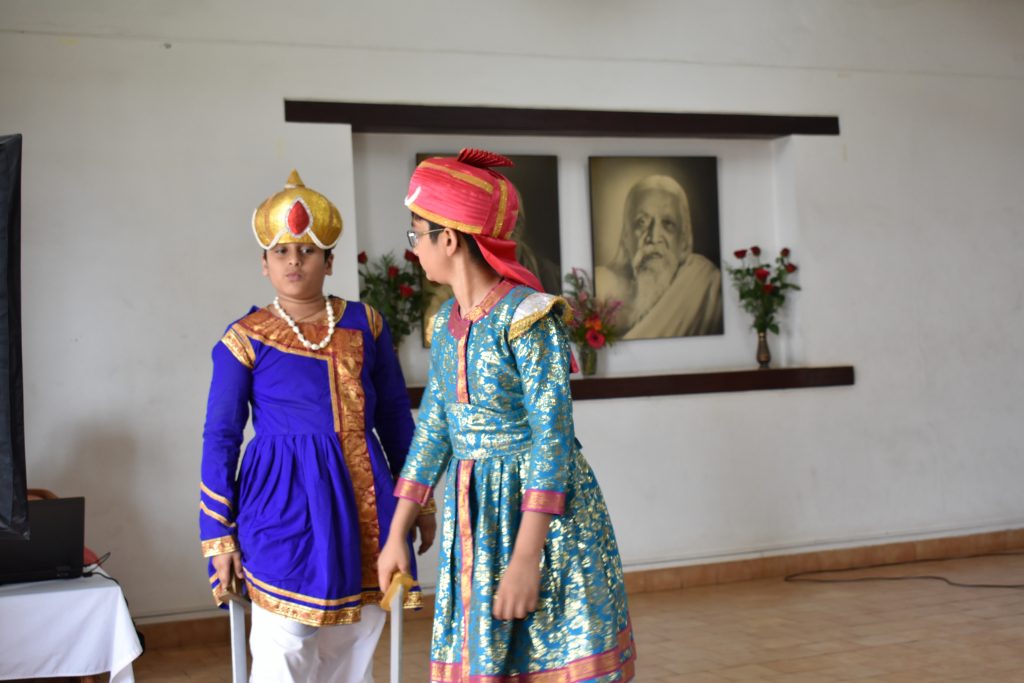
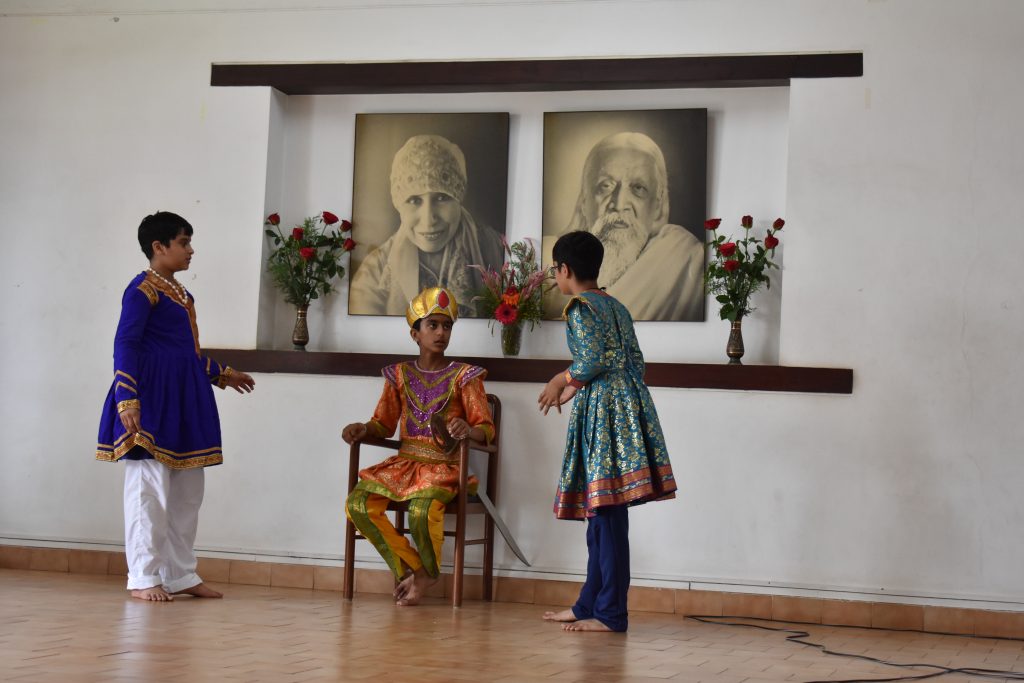
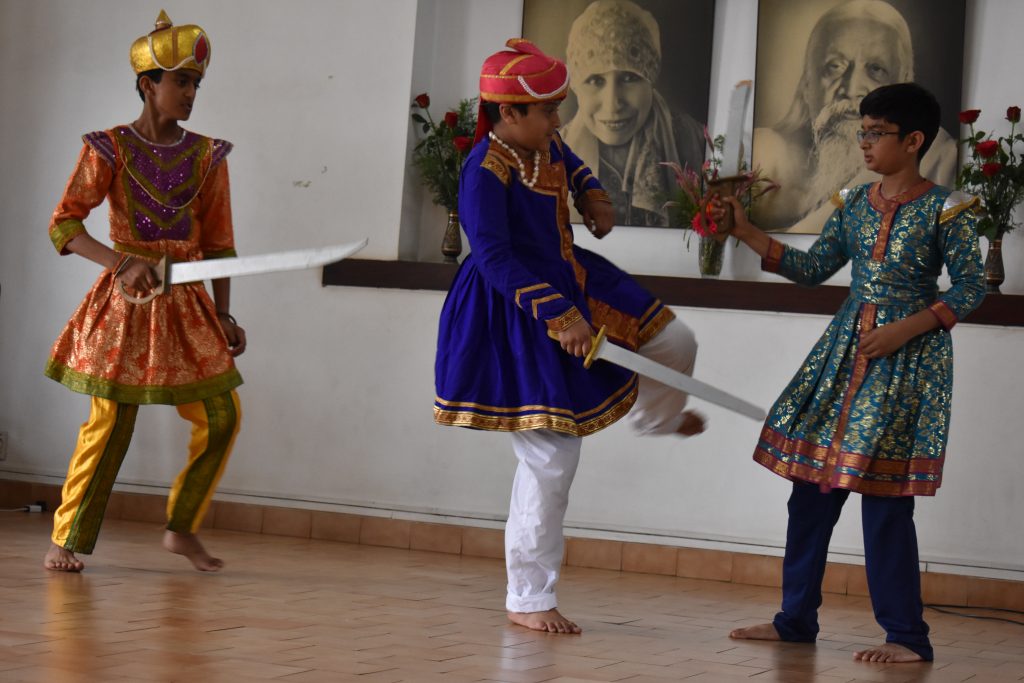
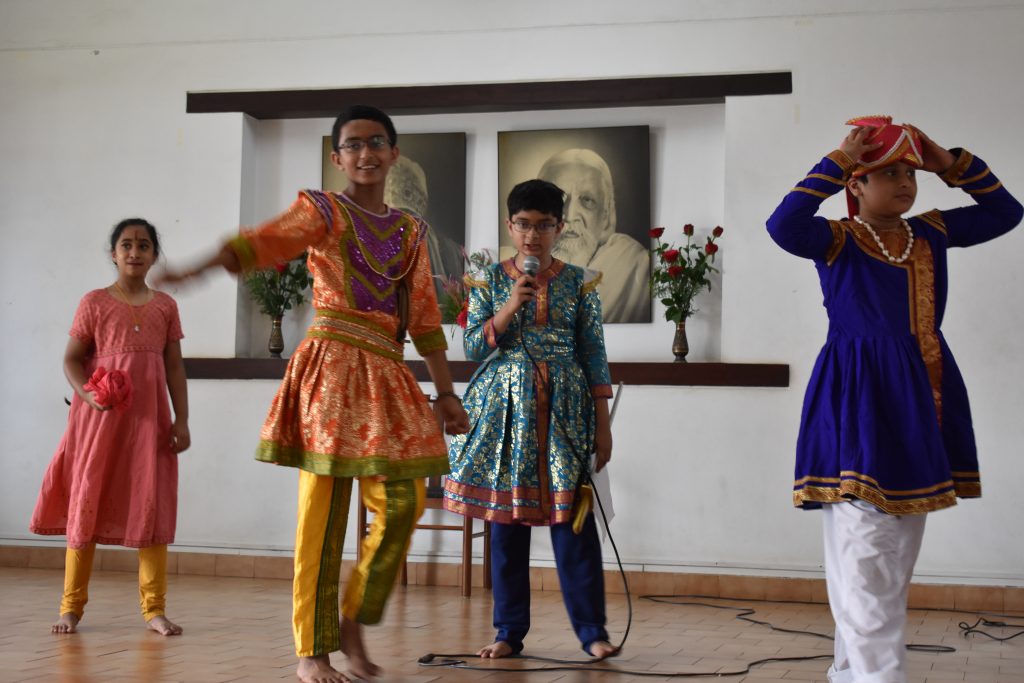
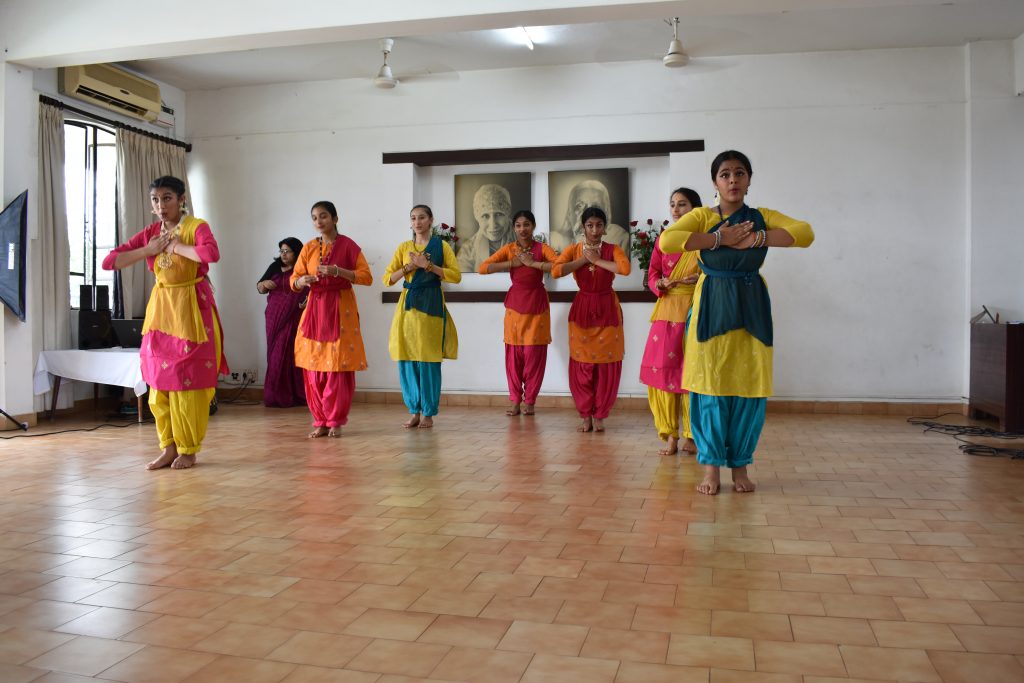
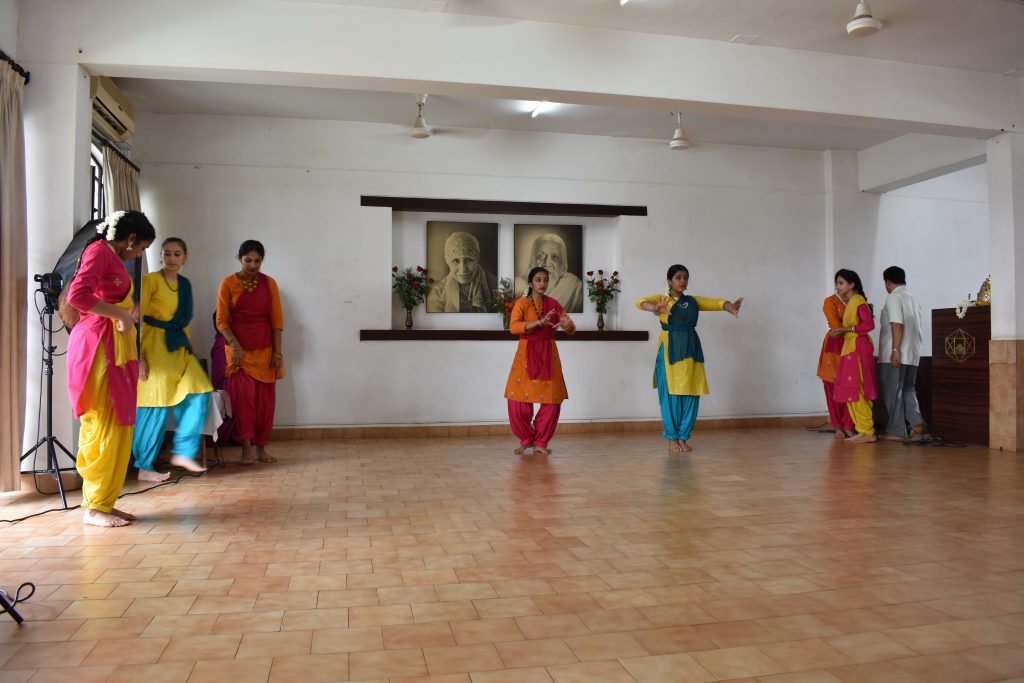
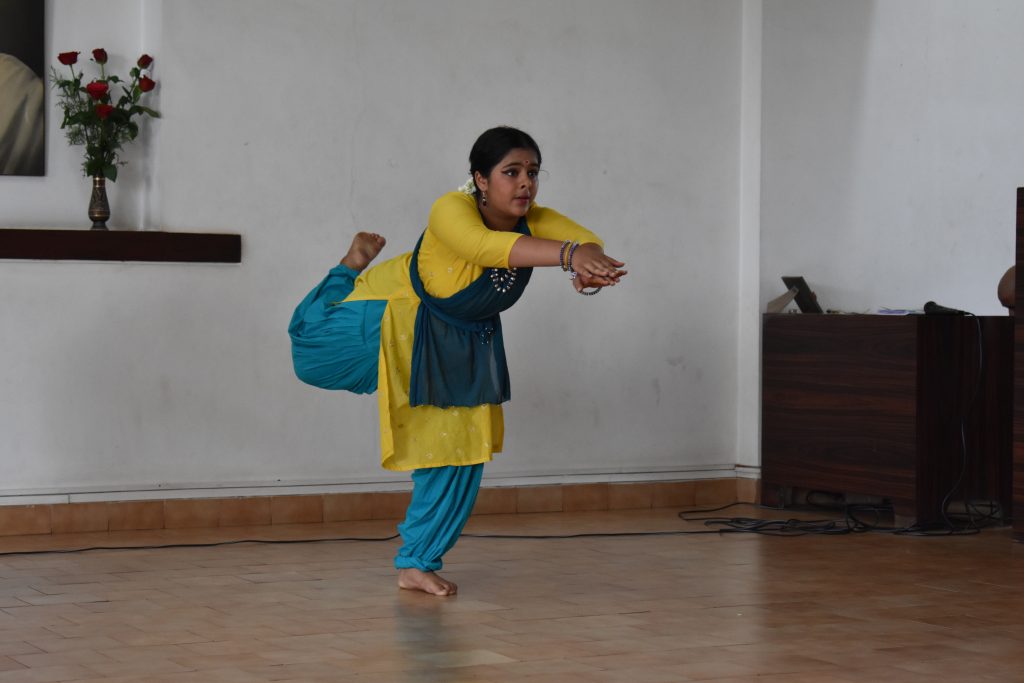
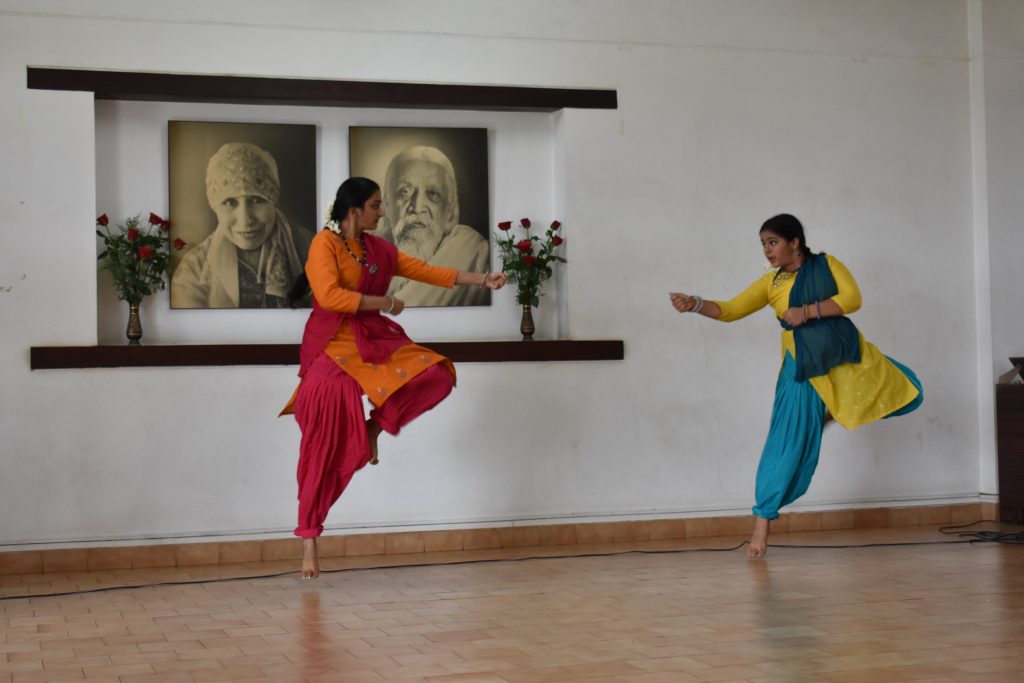
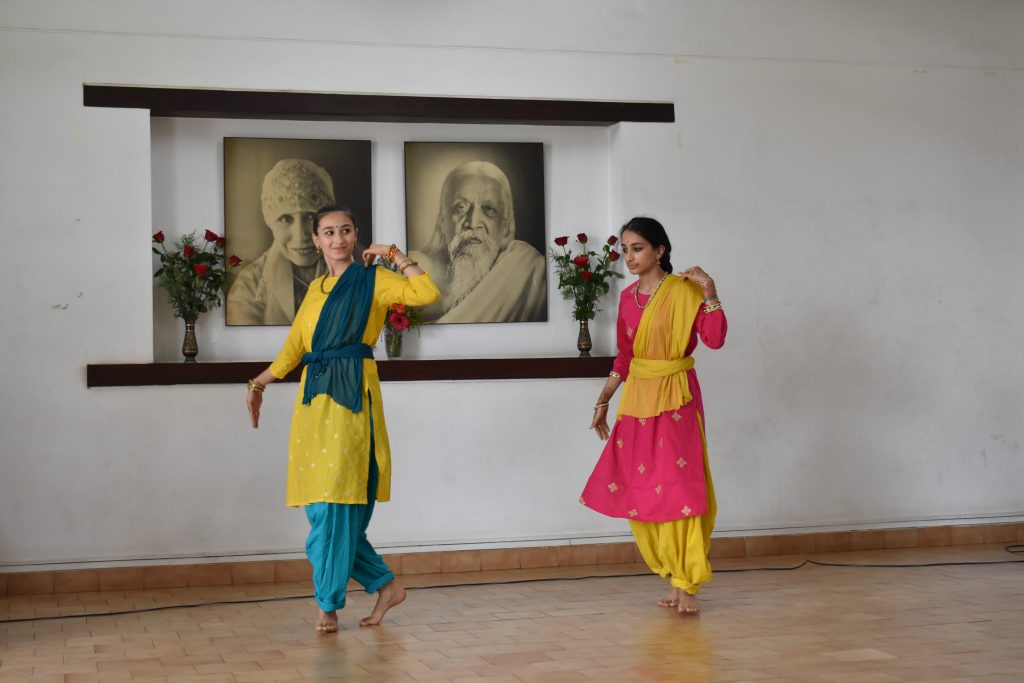
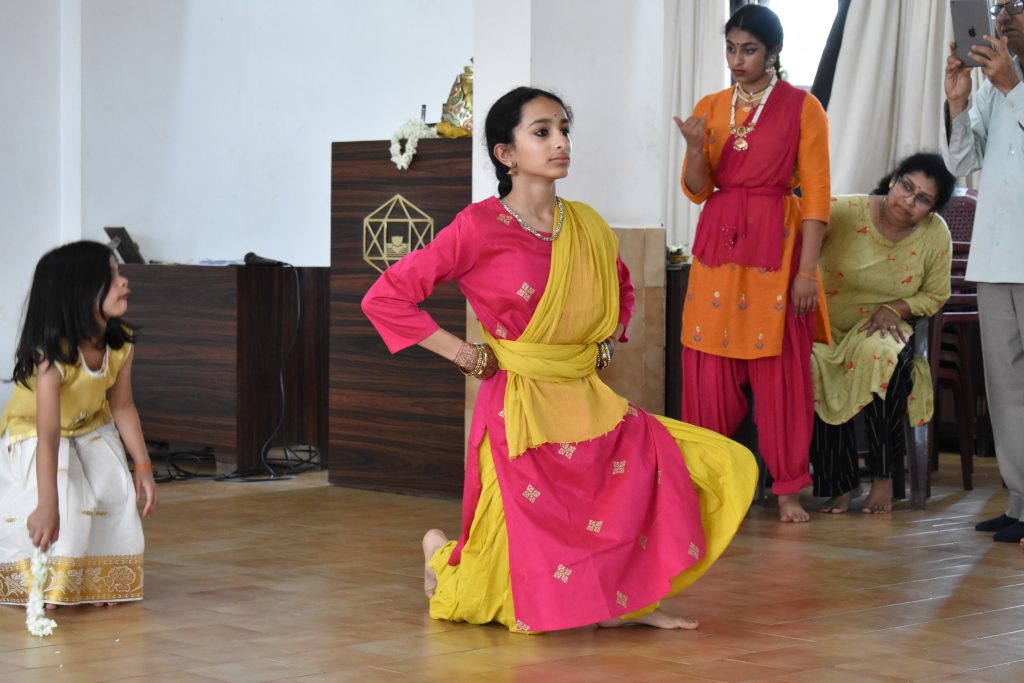
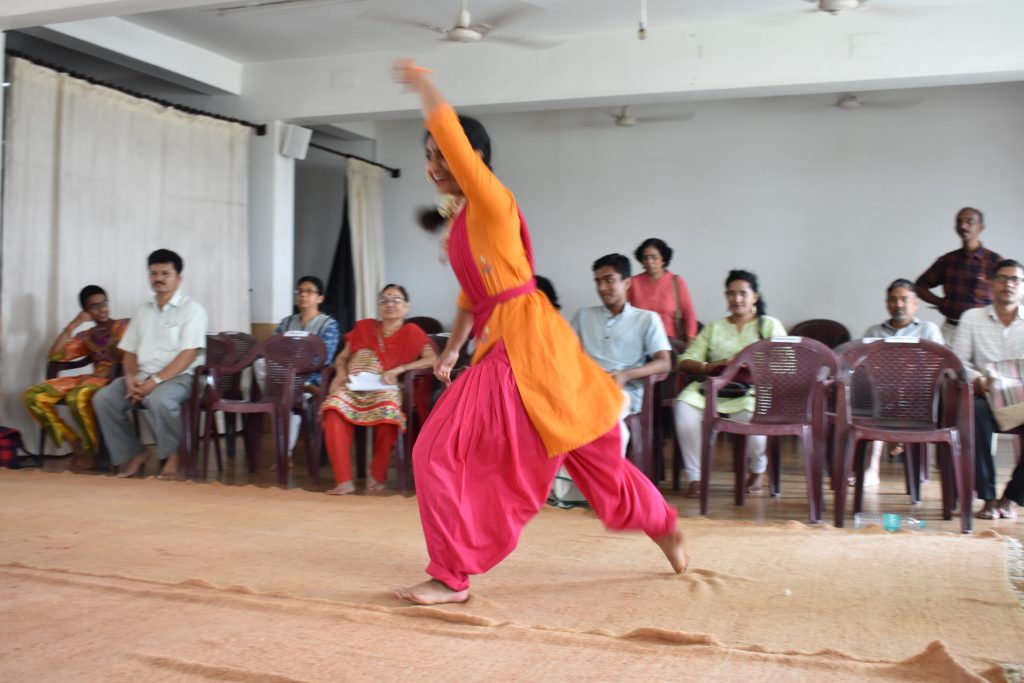
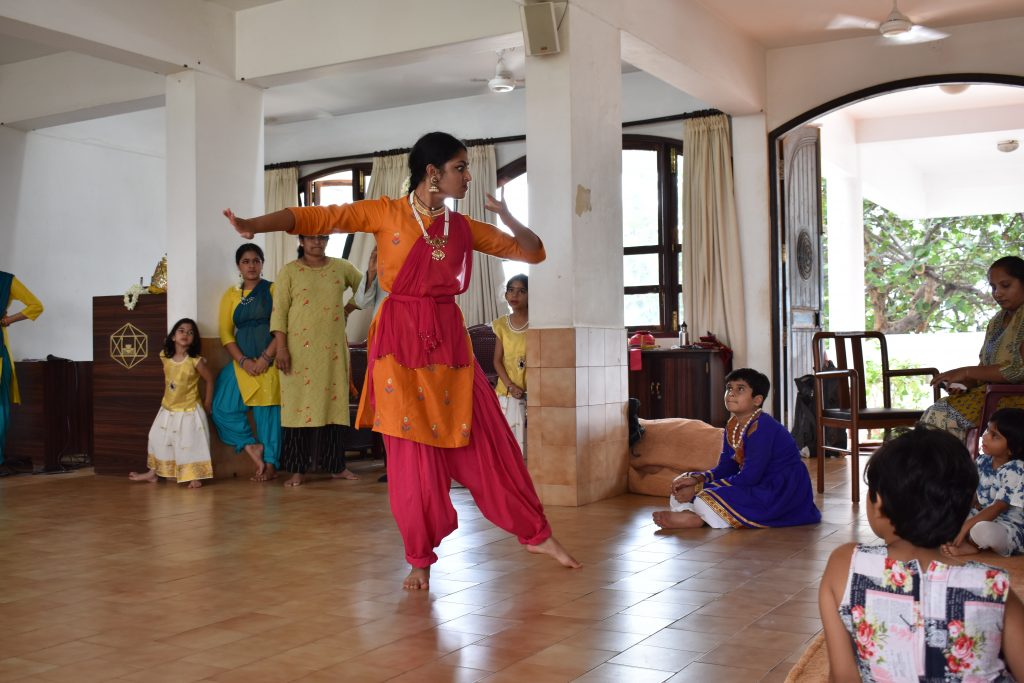
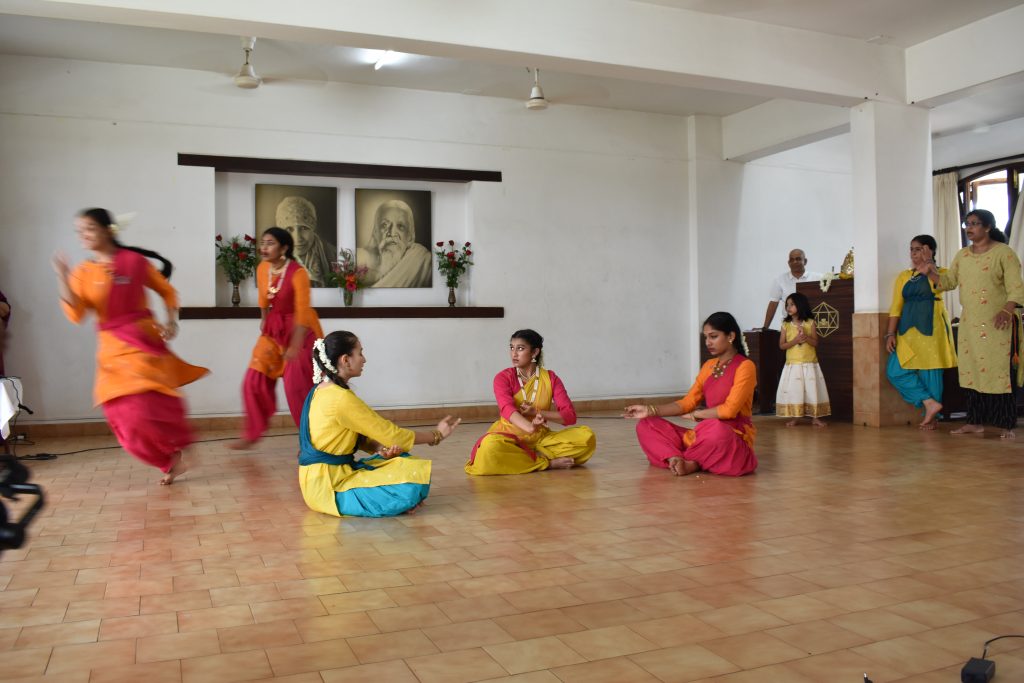
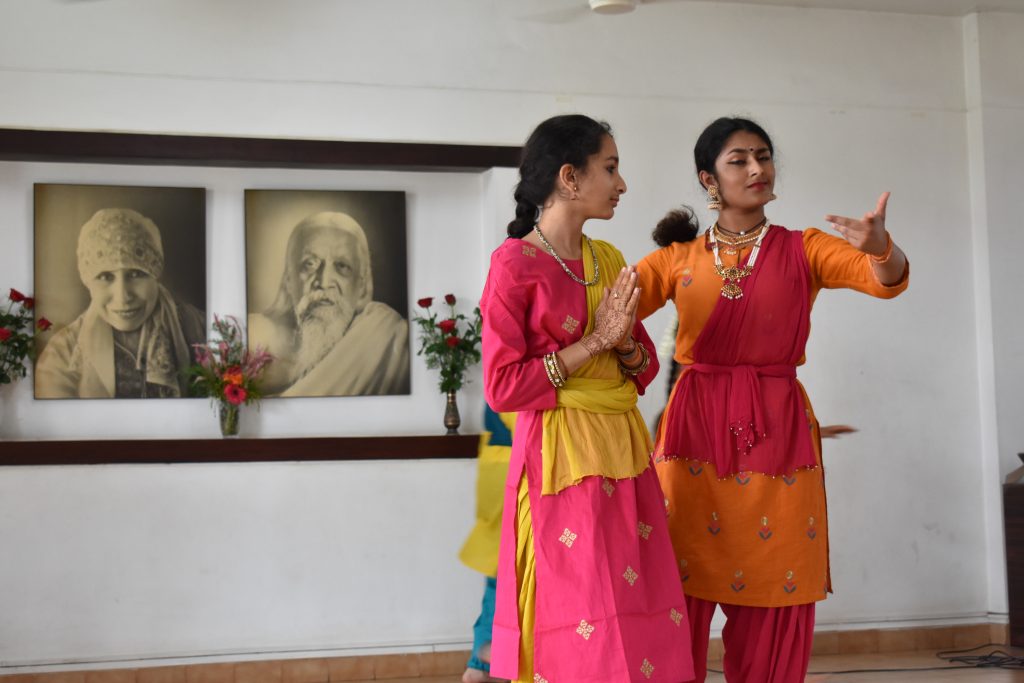
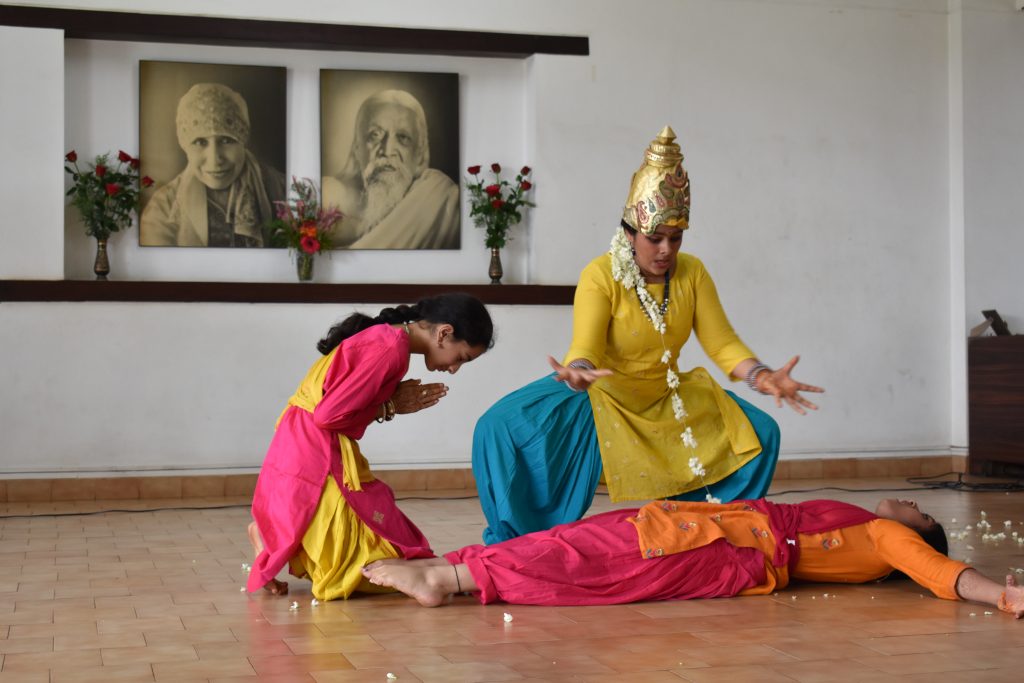
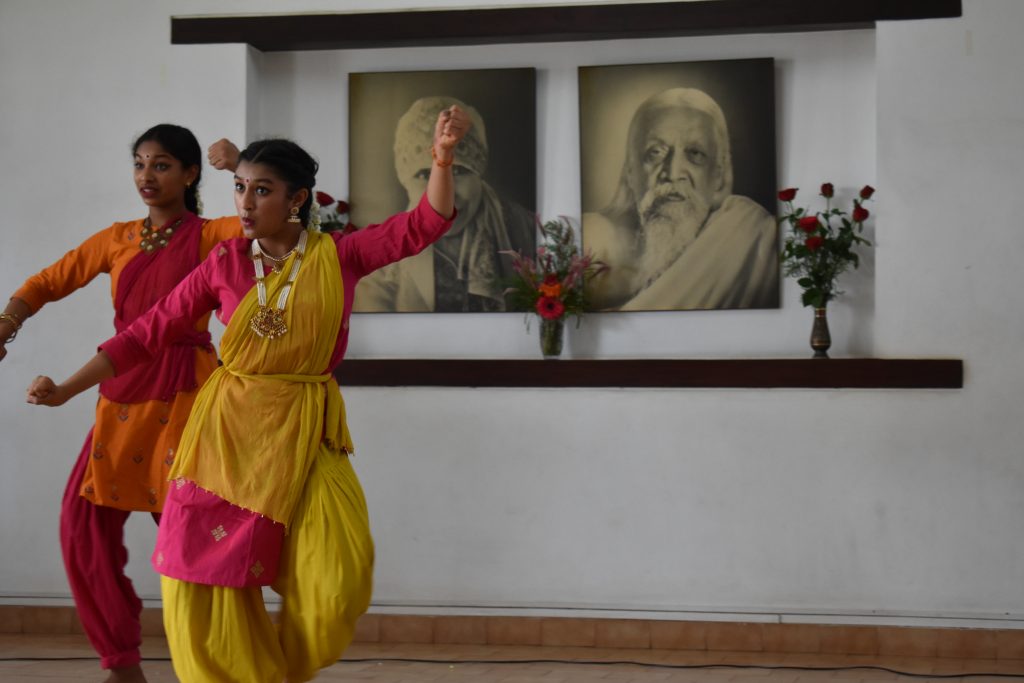
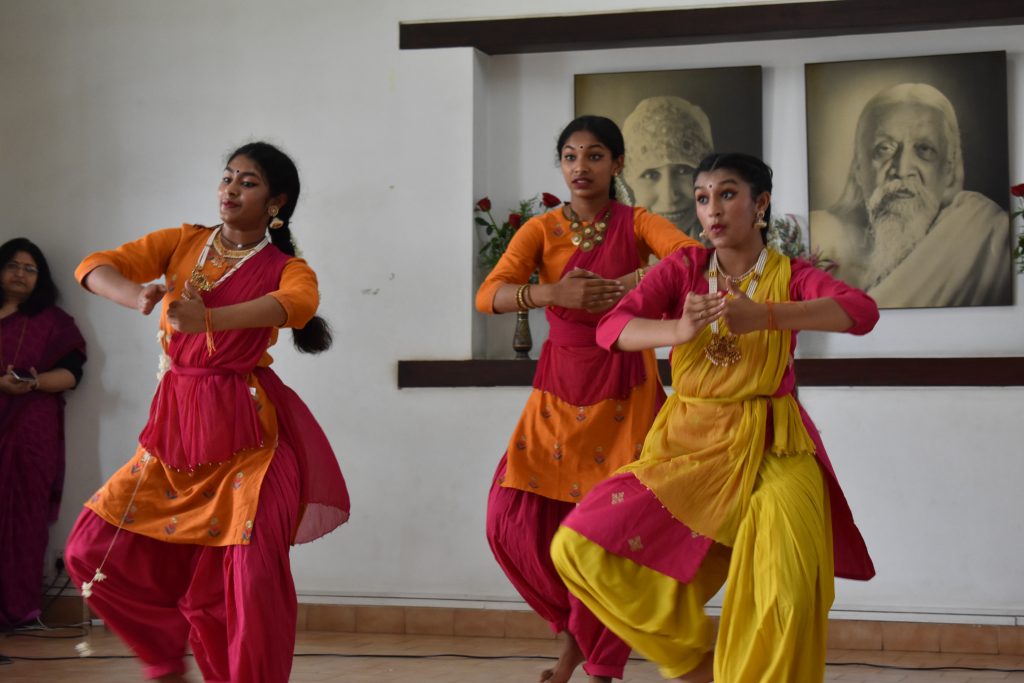
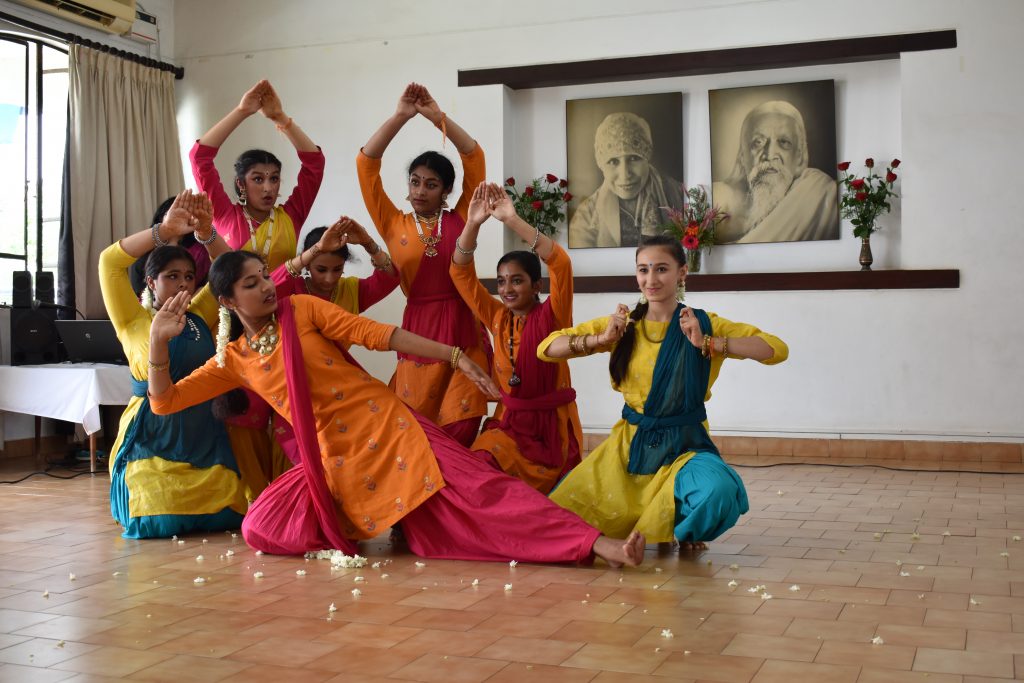
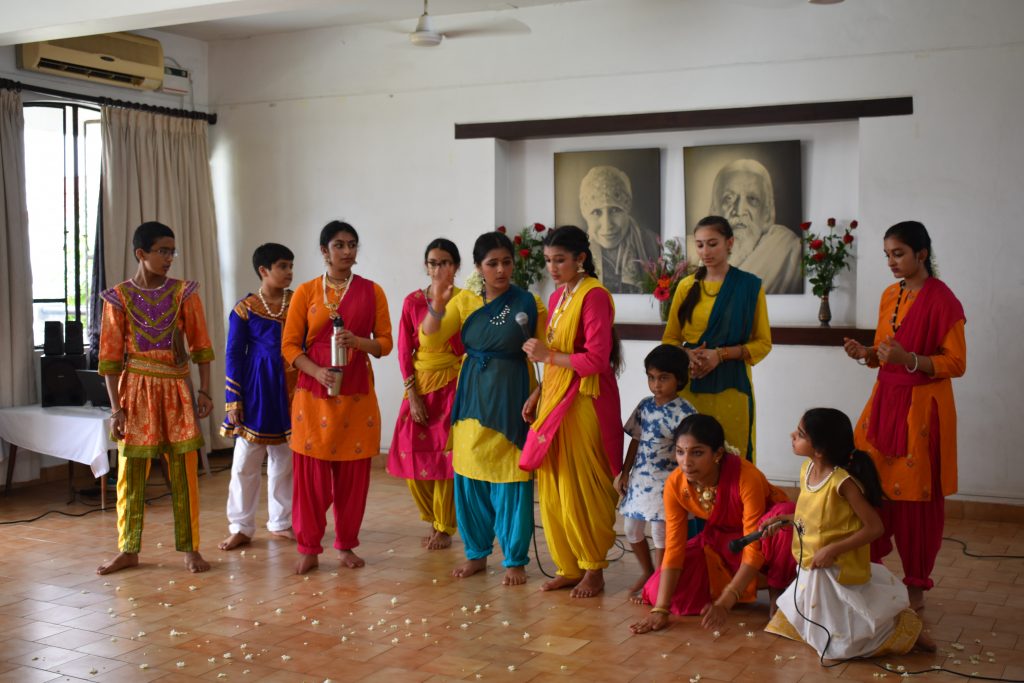
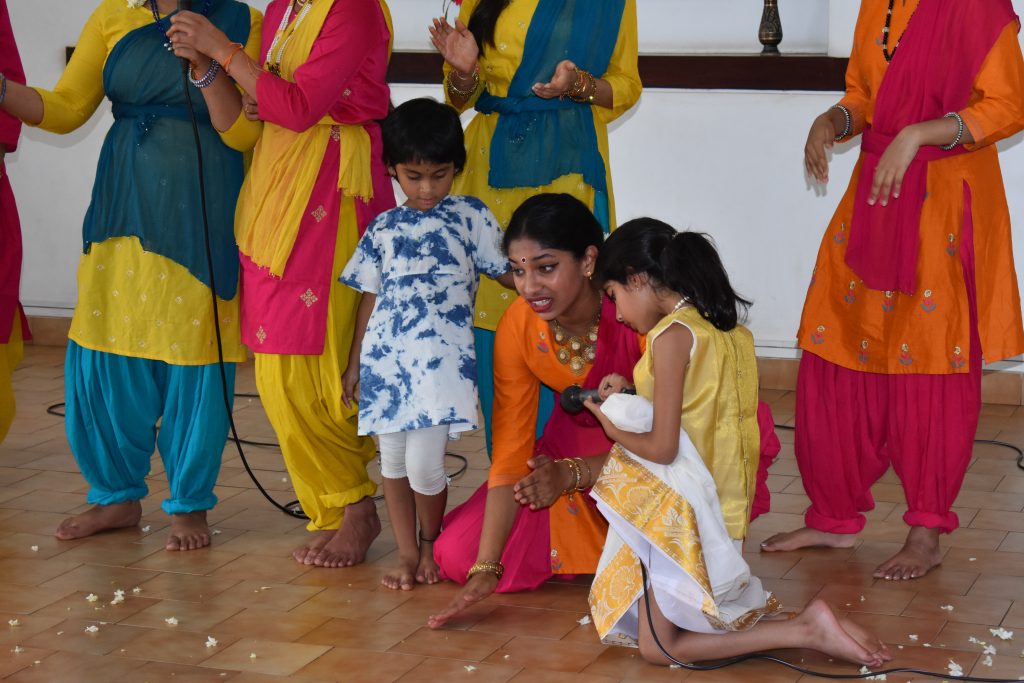
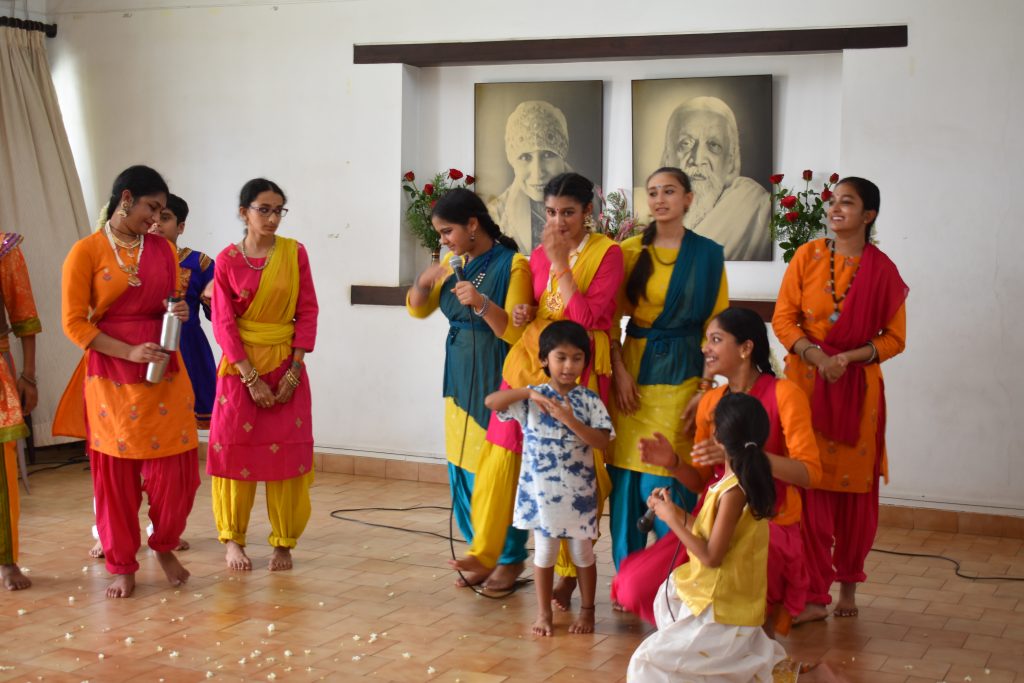
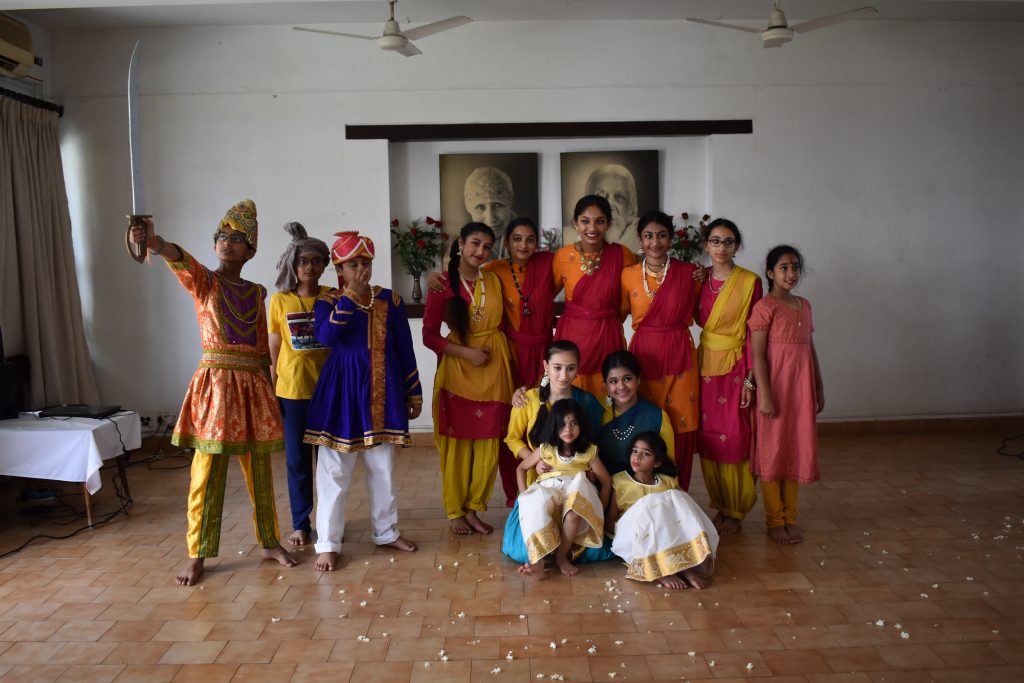
The Field Trips
An important way to learn about India is to see, experience and feel India closely. In order to facilitate this, we arranged several visits to places of historical, cultural and spiritual interest. The group visited Chidambaram, Mahabalipuram, Sri Aurobindo Ashram, Auroville, and Kalarigram. A visit to Aurodhan art gallery also introduced the learners to the local art scene where they also had a chance to meet with a few local artists.
The group also visited handmade paper factory in town where they learned about the entire process of paper-making. On 15th August the group visited Pondicherry University and saw the Society poster exhibition on Sri Aurobindo’s role in Indian Freedom Movement. They also went for Darshan later that evening.
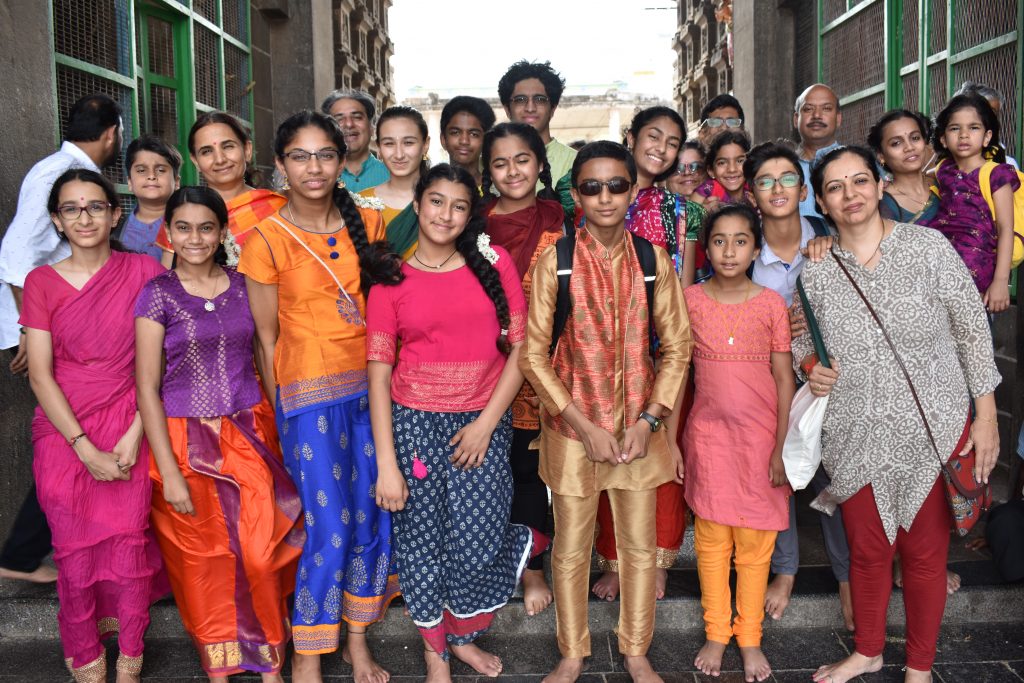
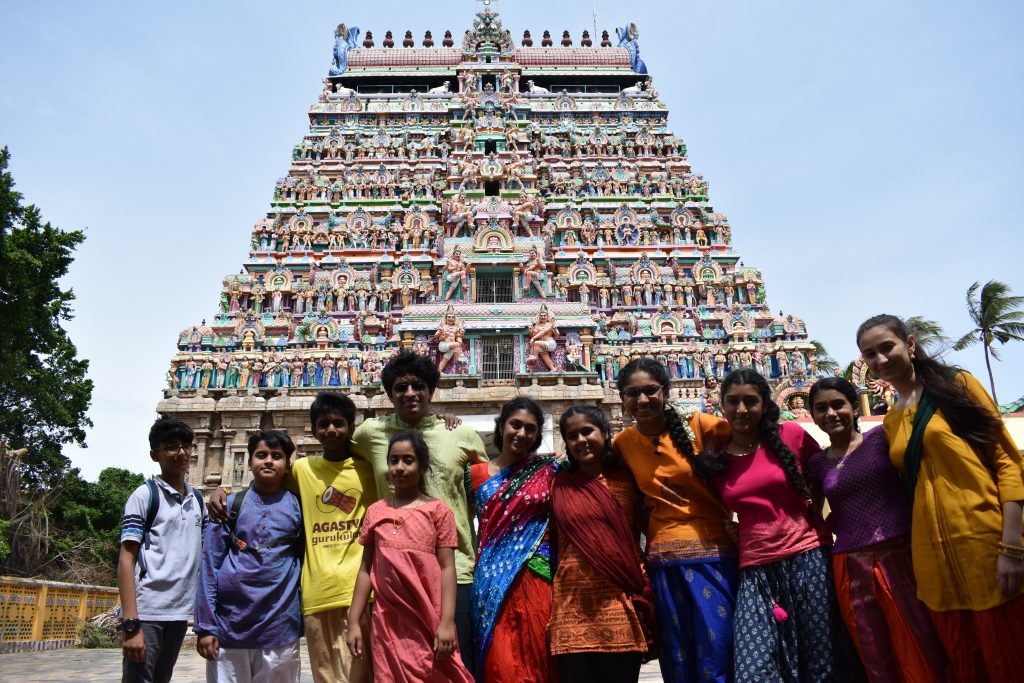
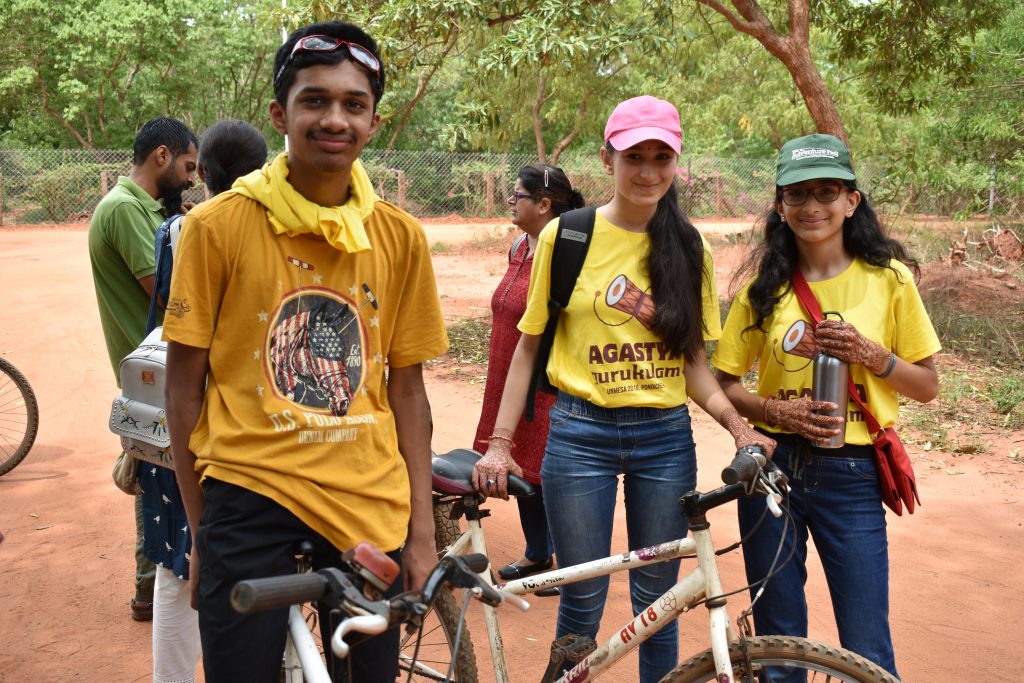
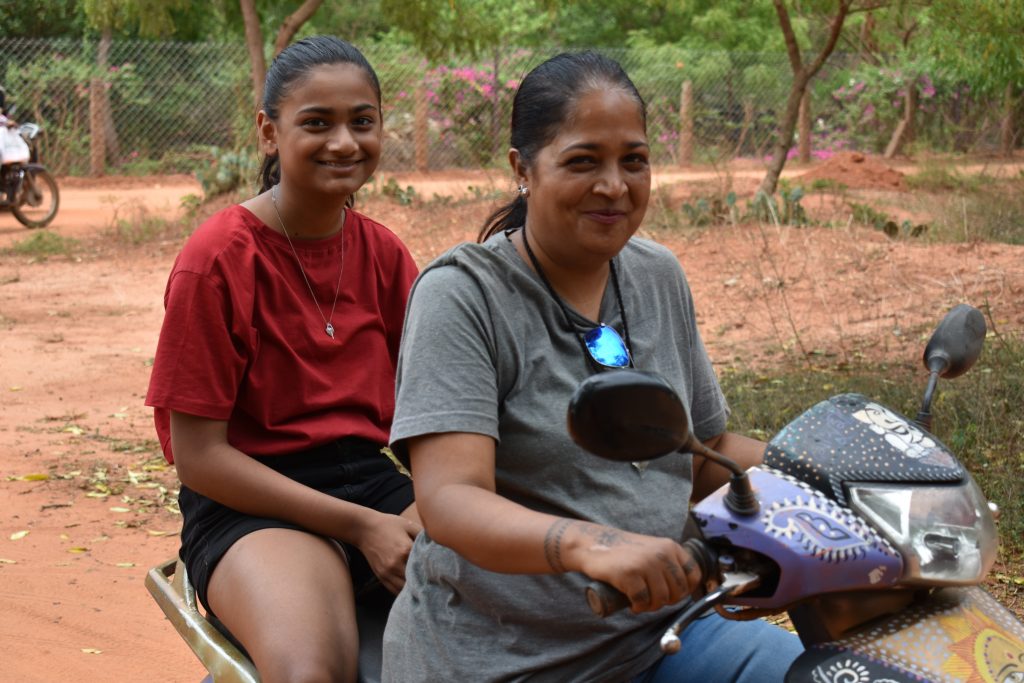
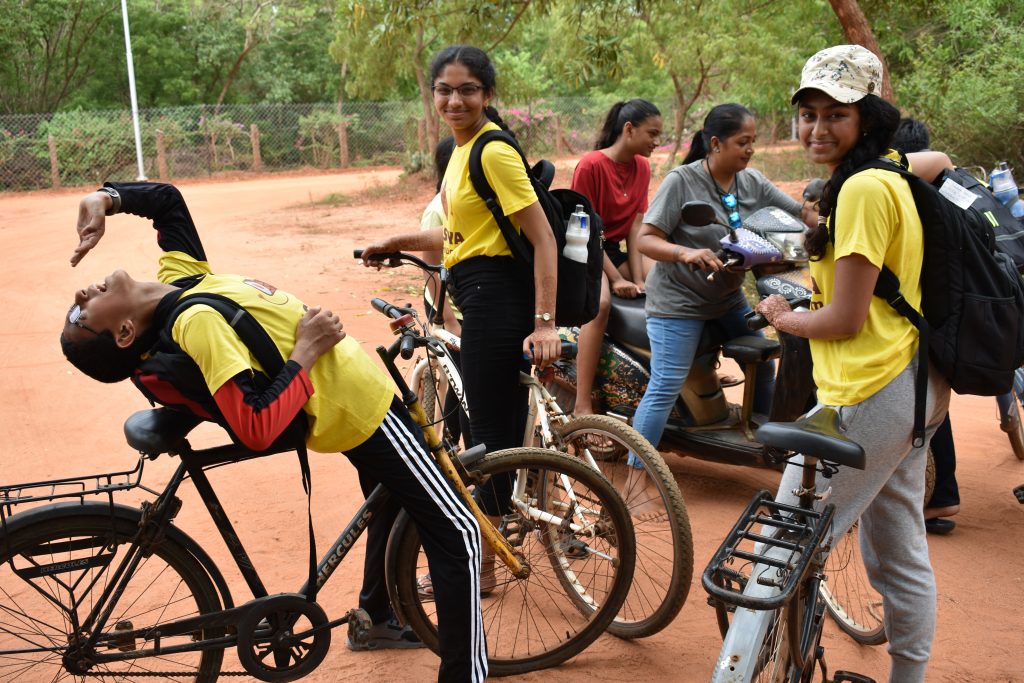
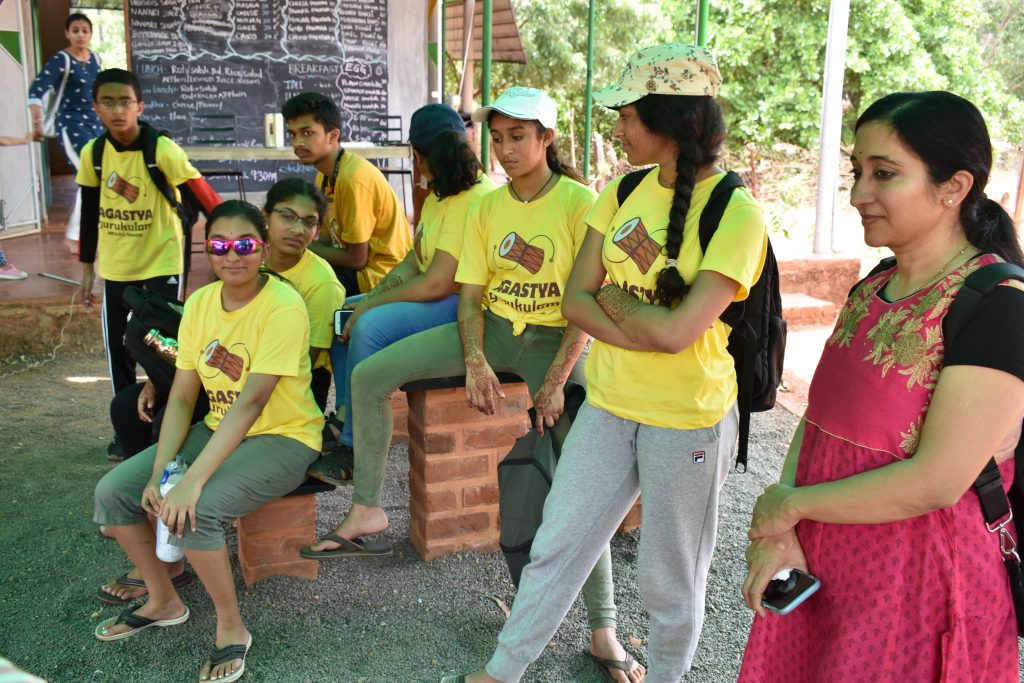
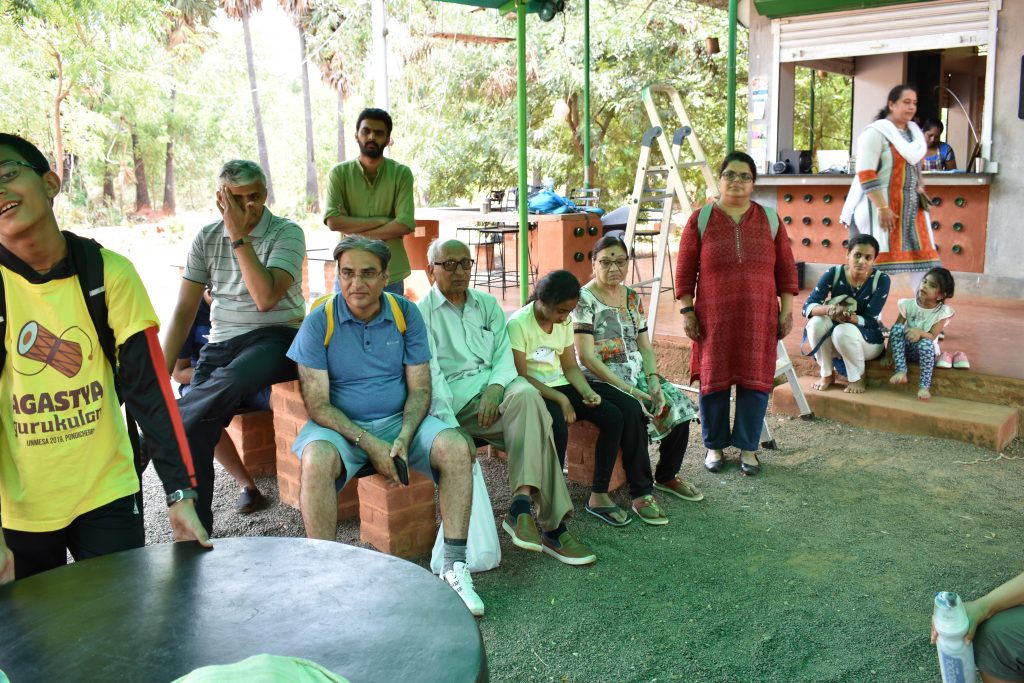
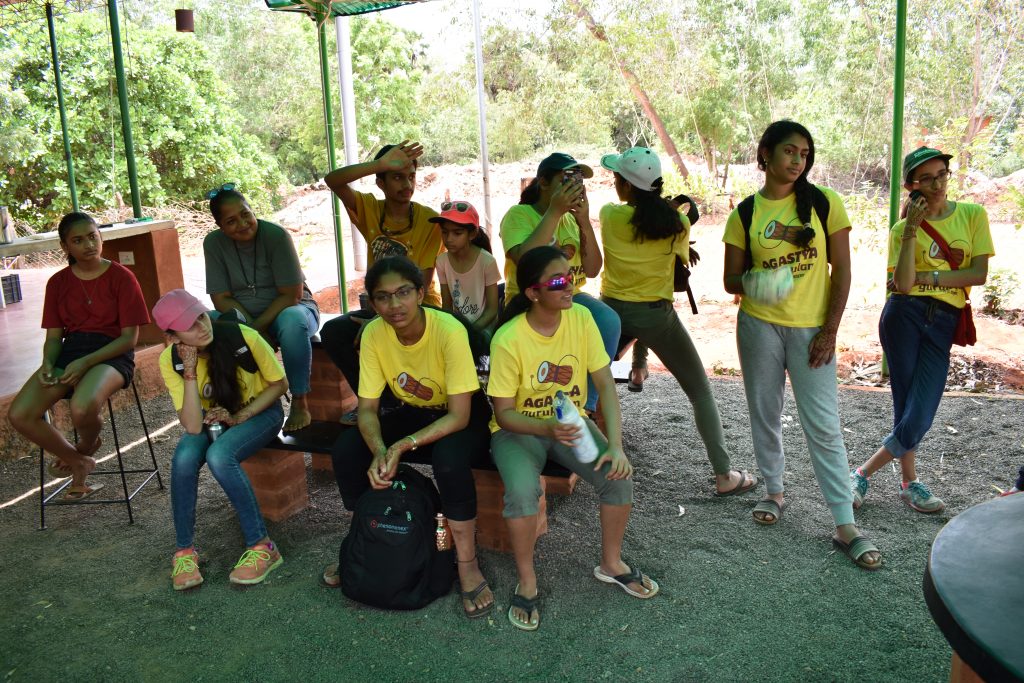
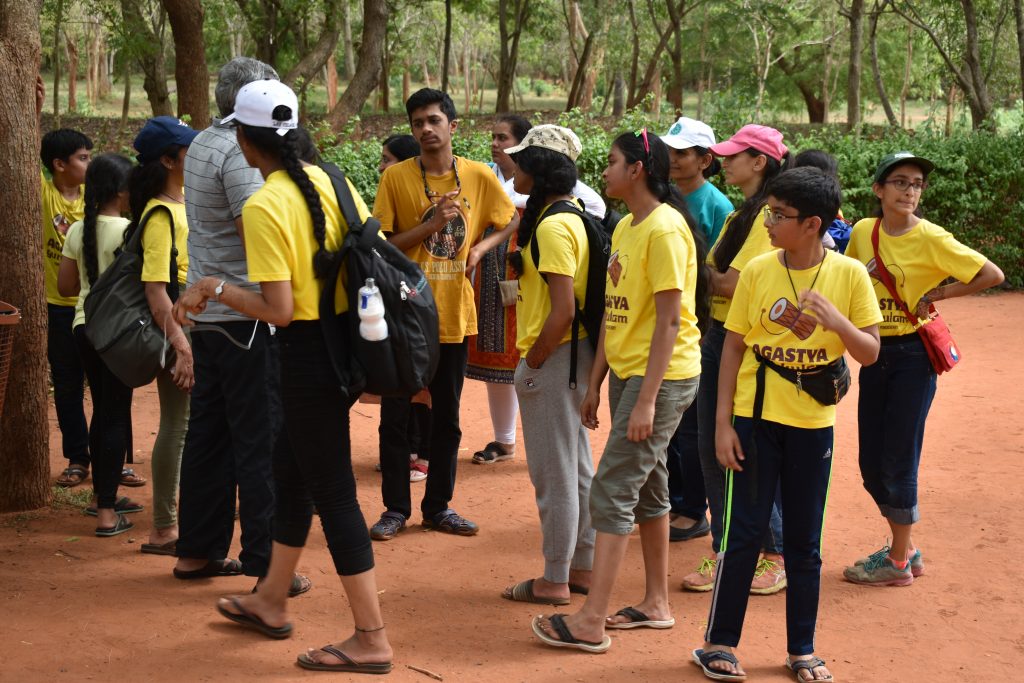
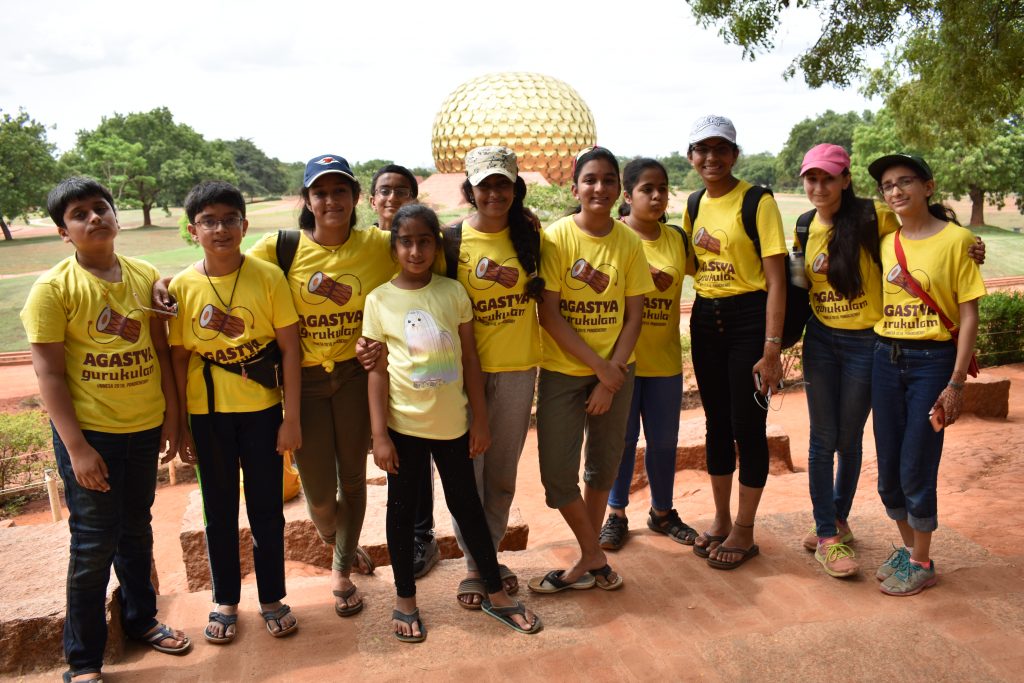
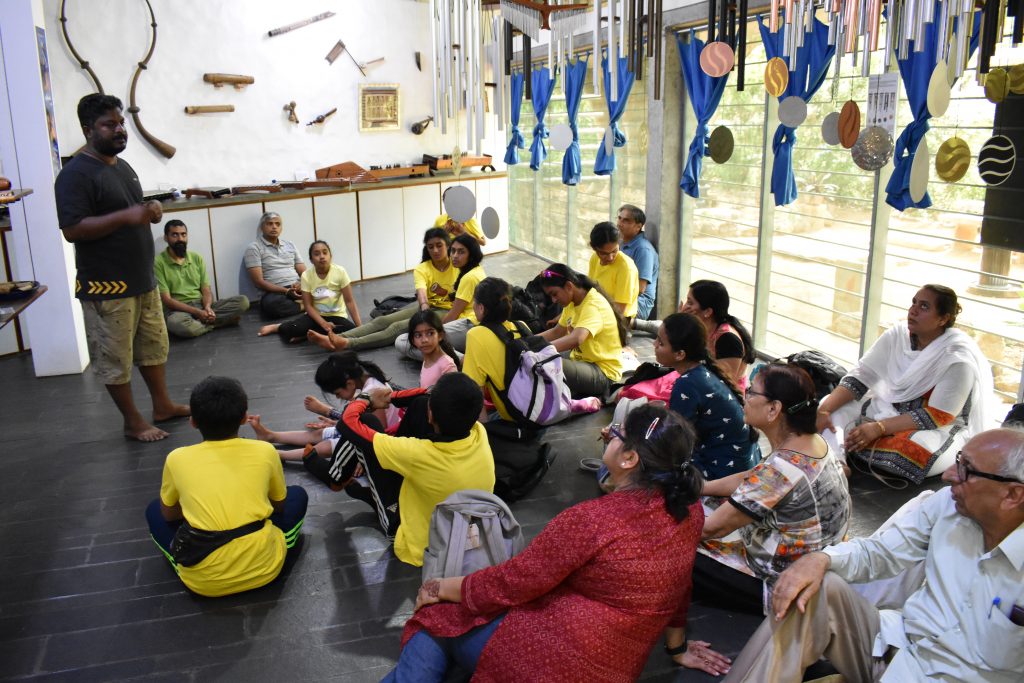
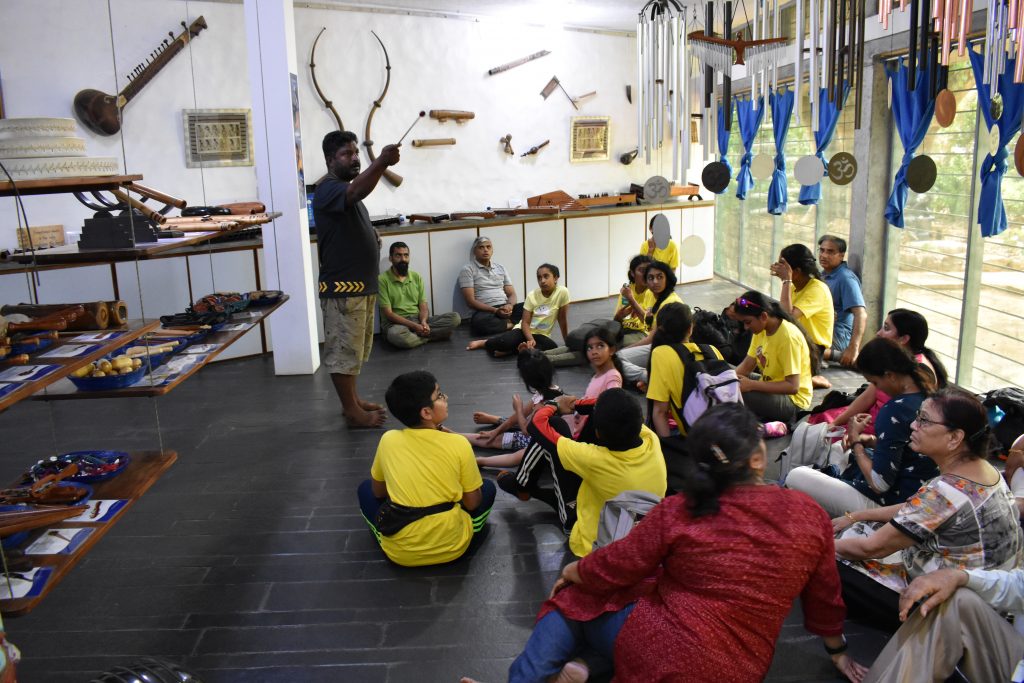
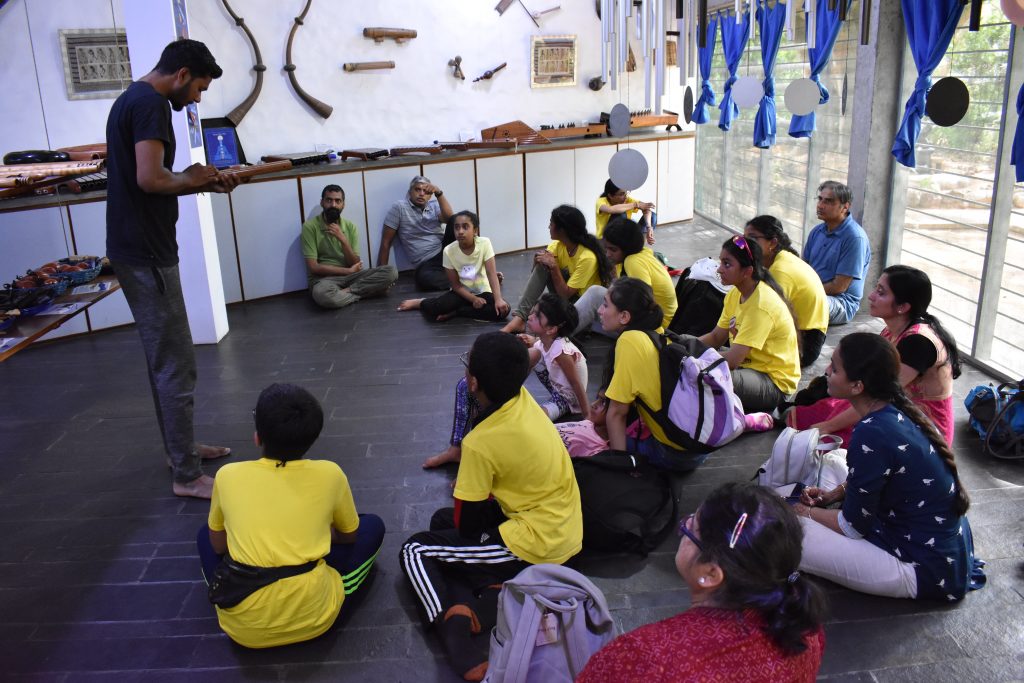
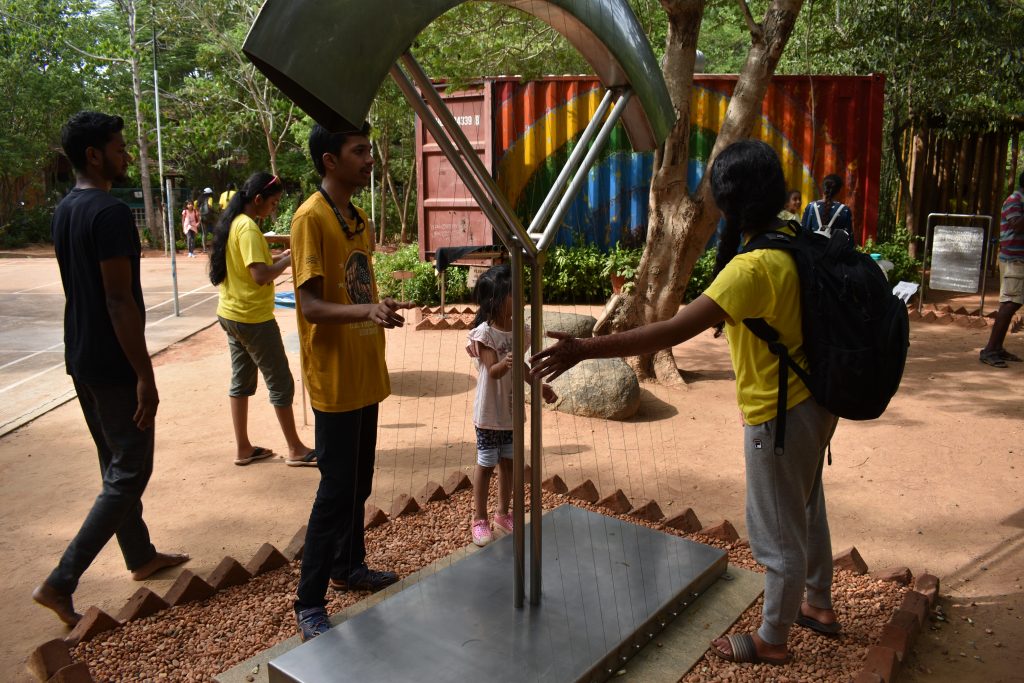
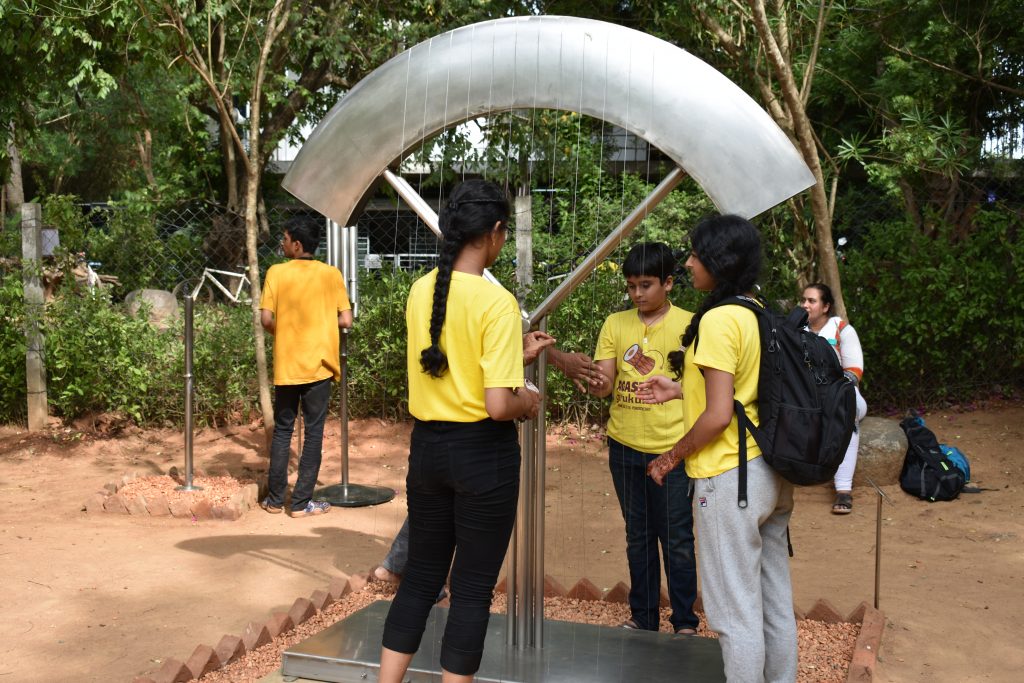
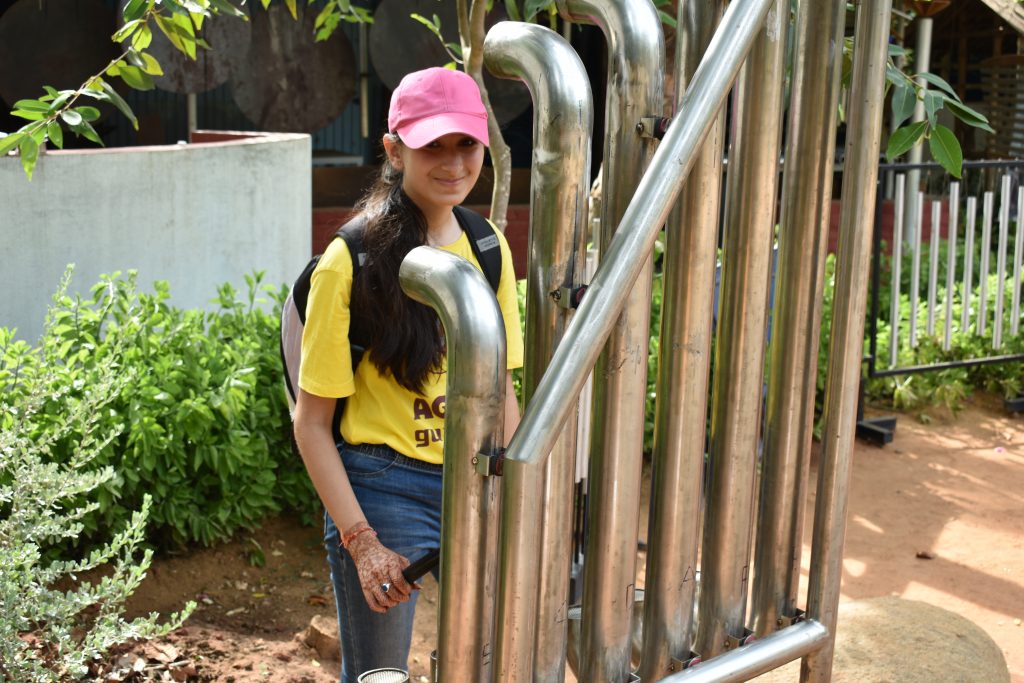
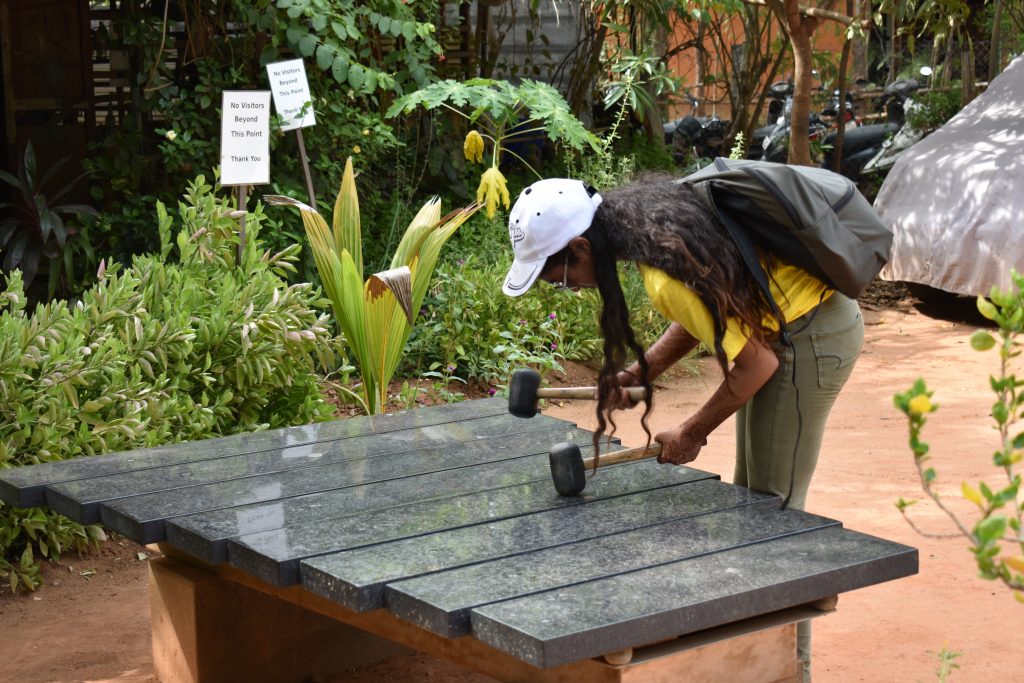
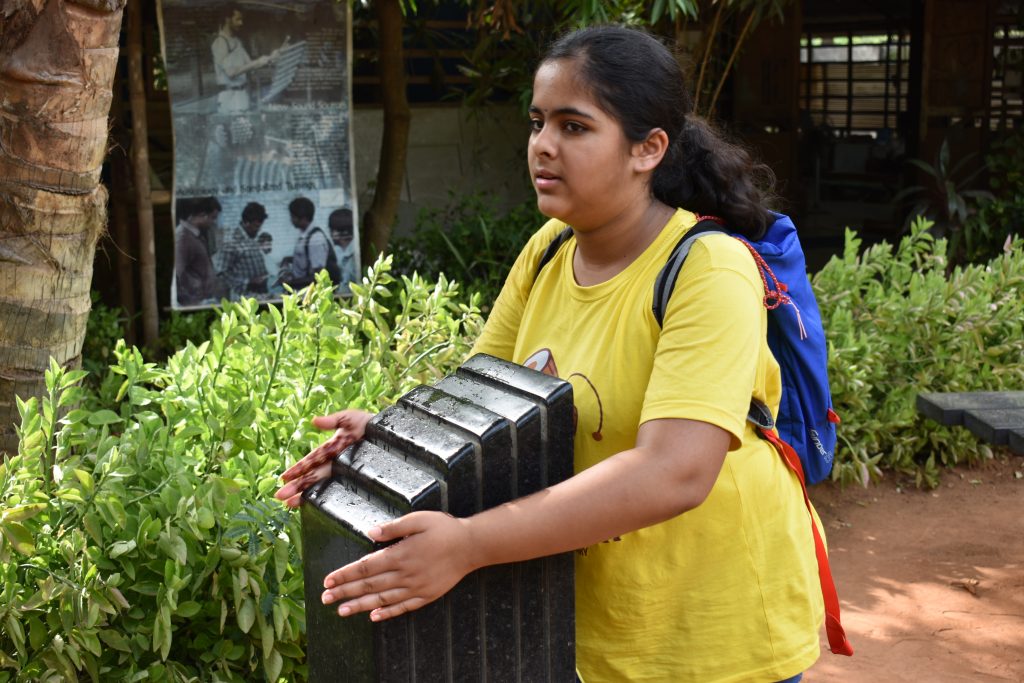
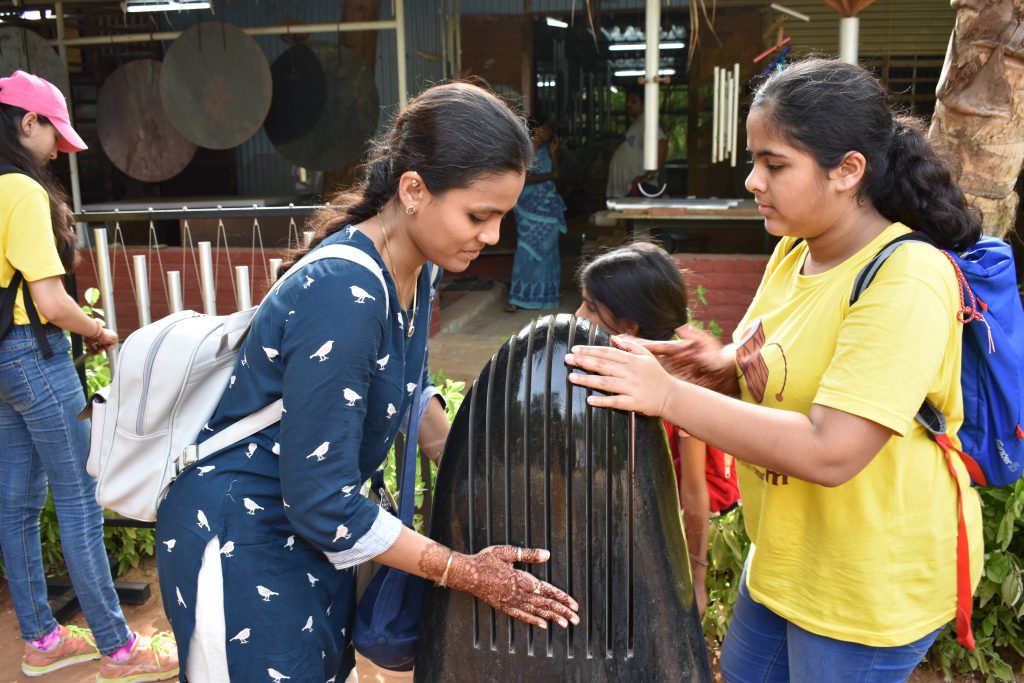
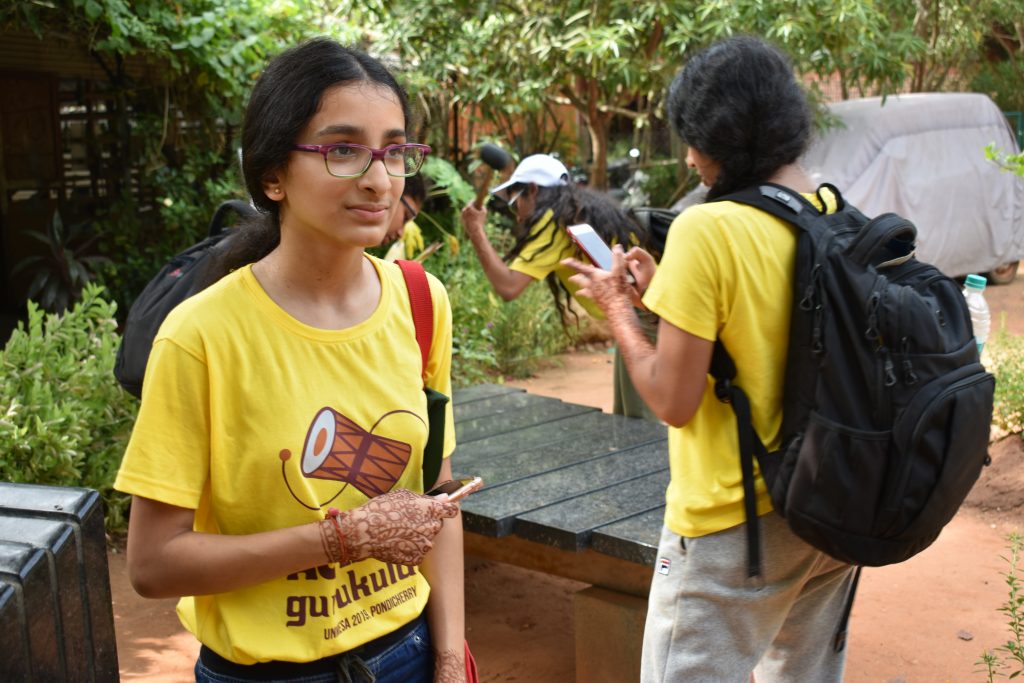
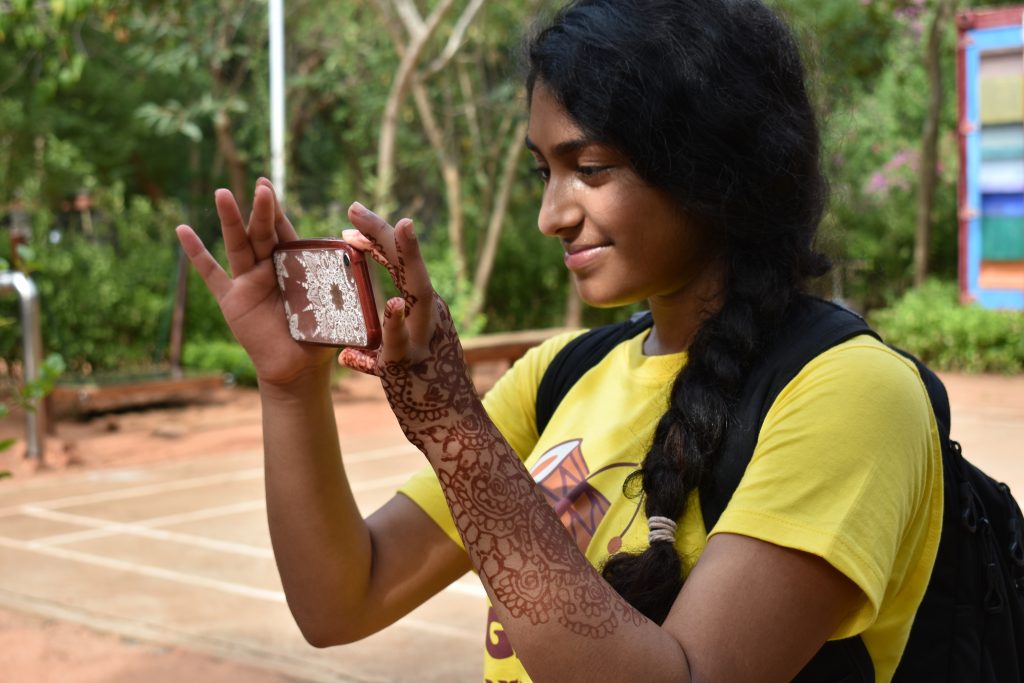
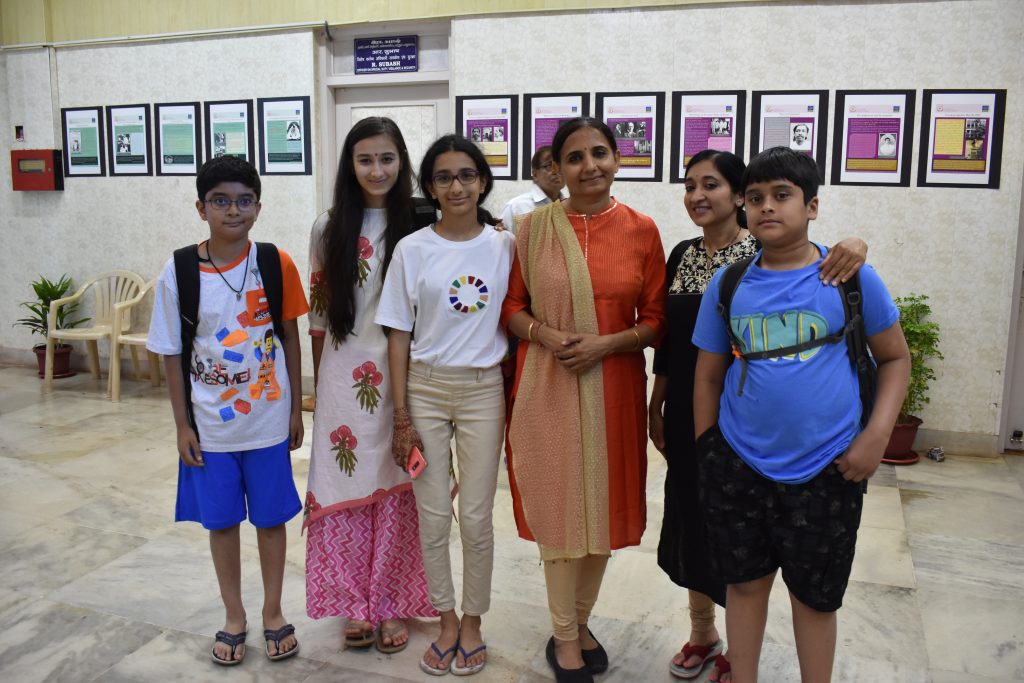
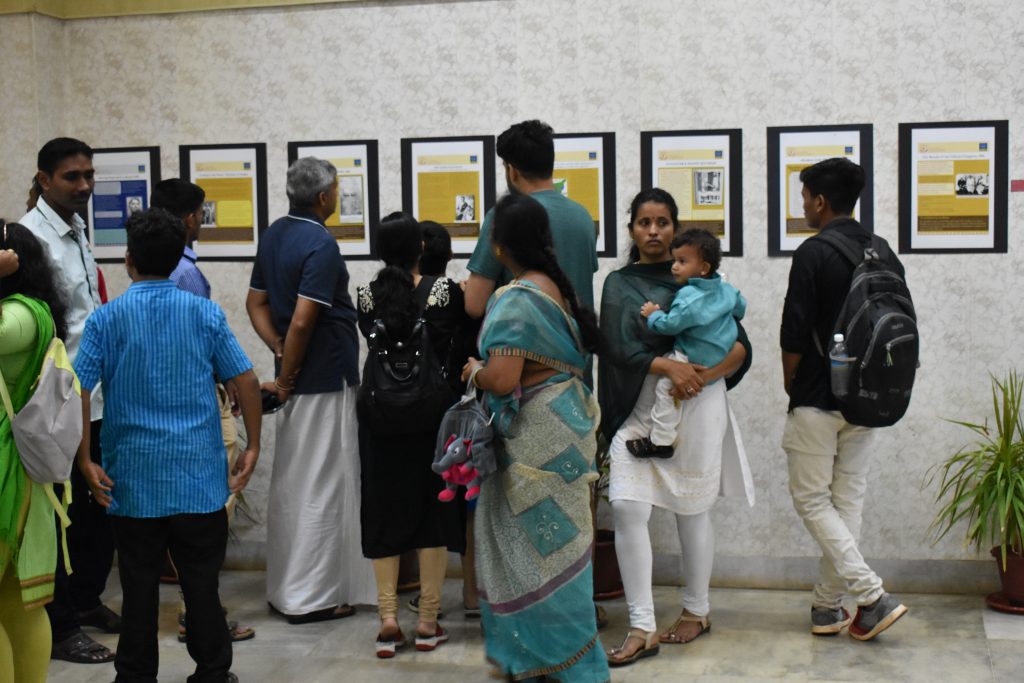
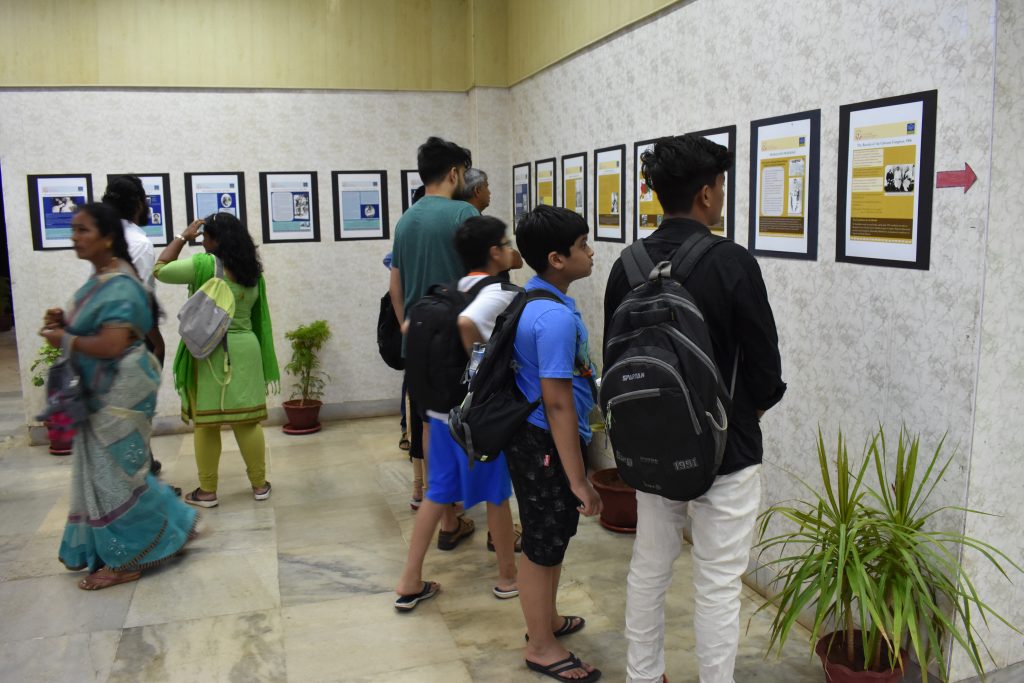
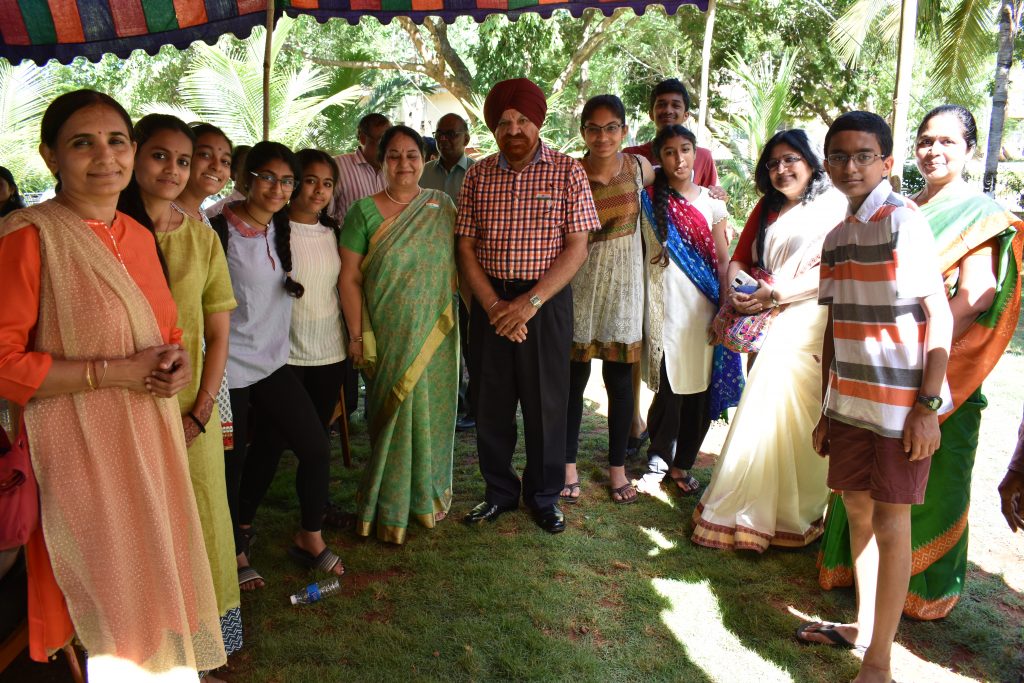
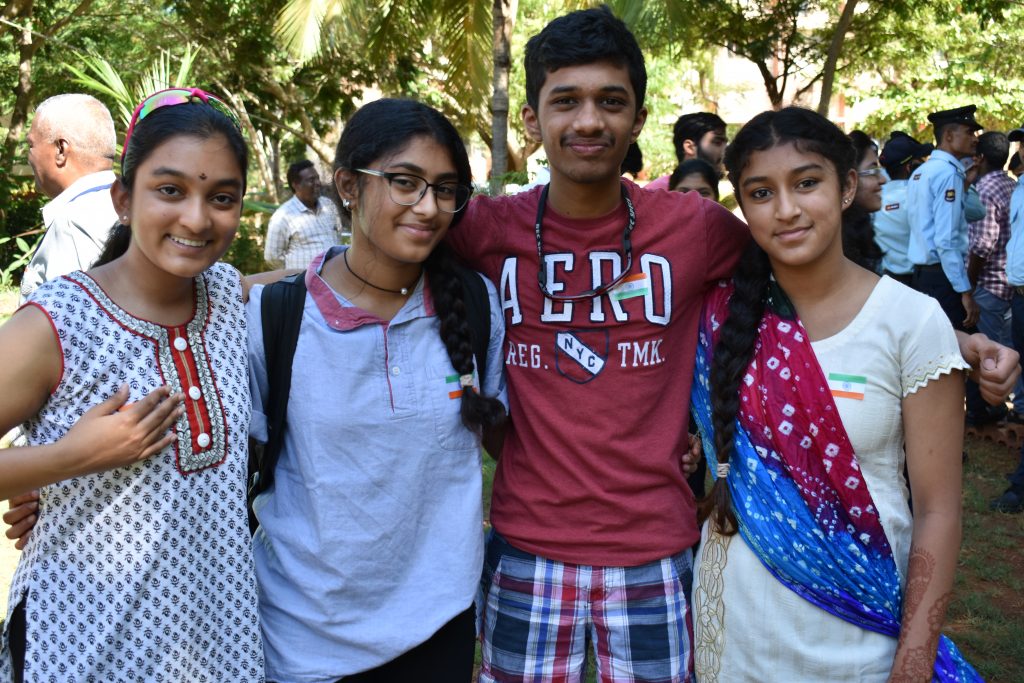
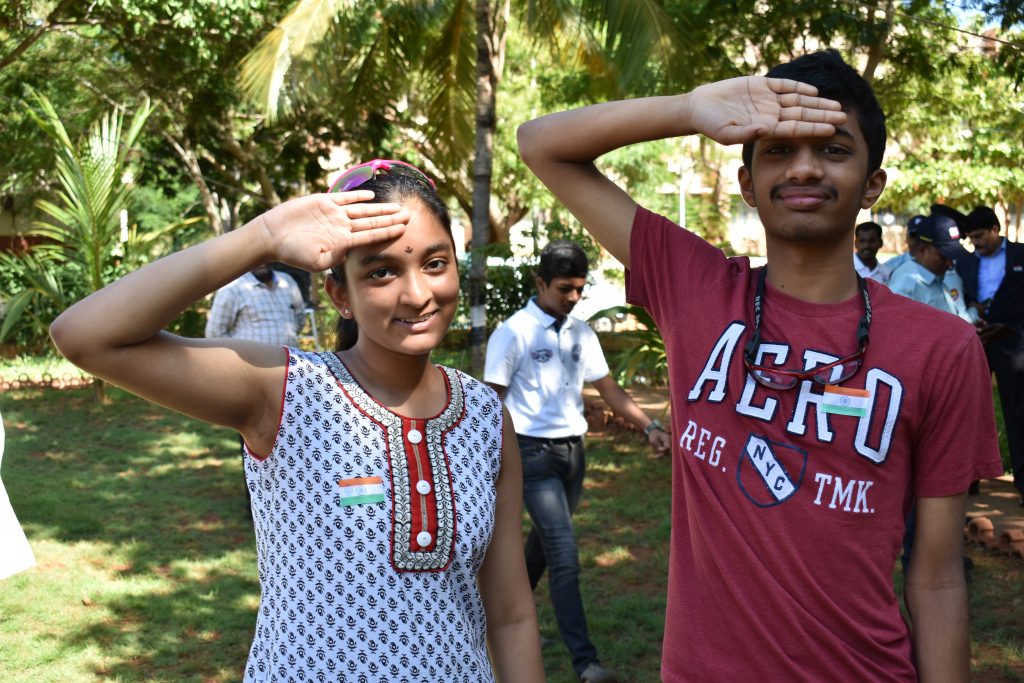
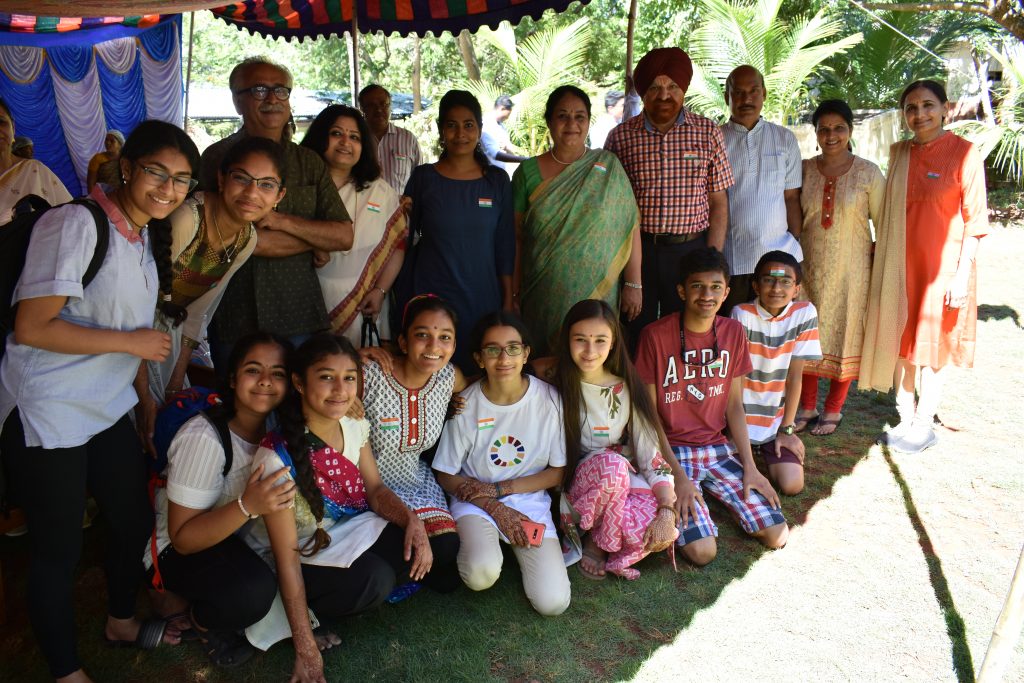
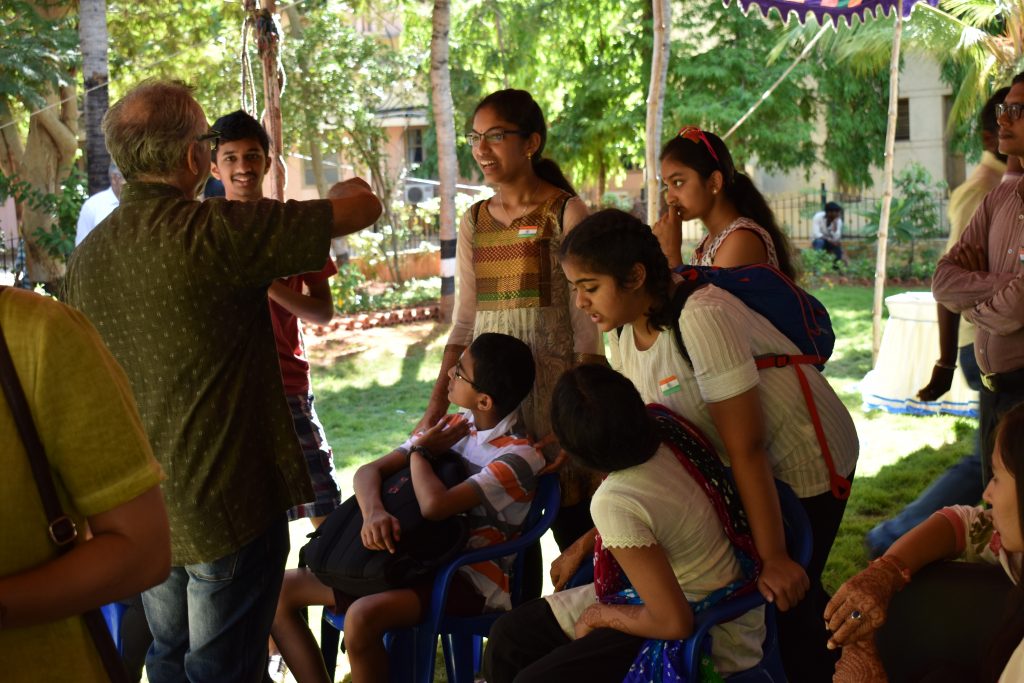
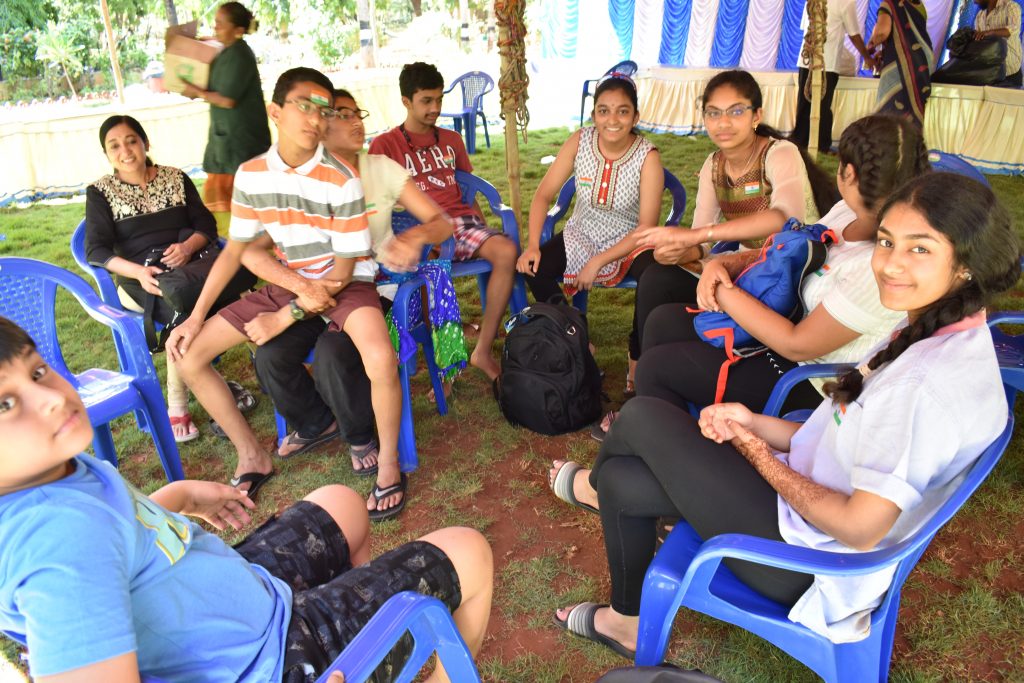
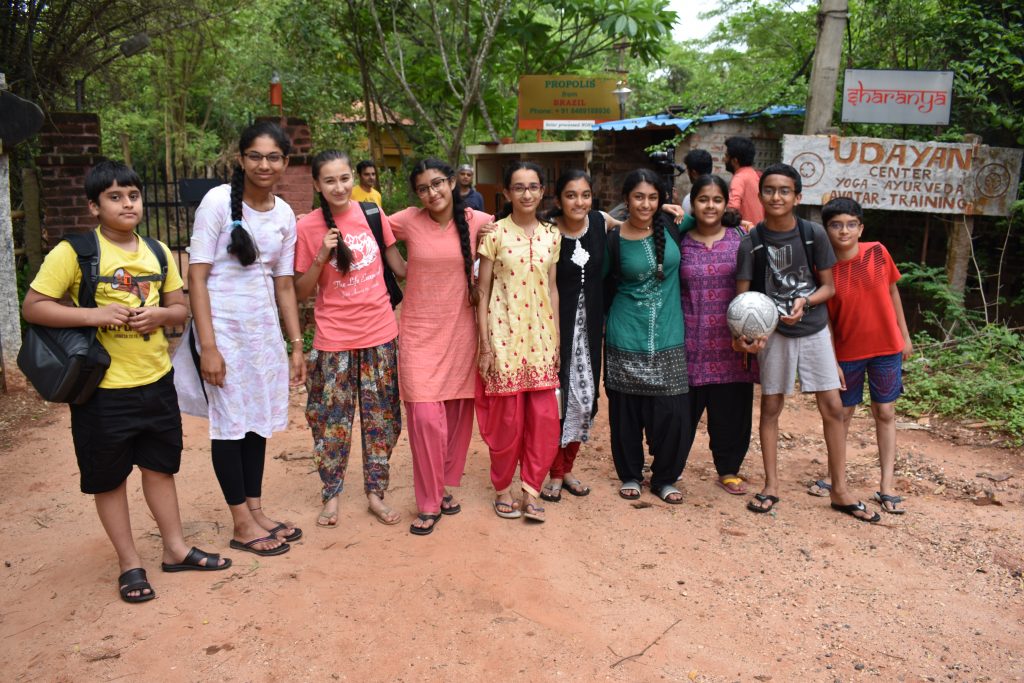
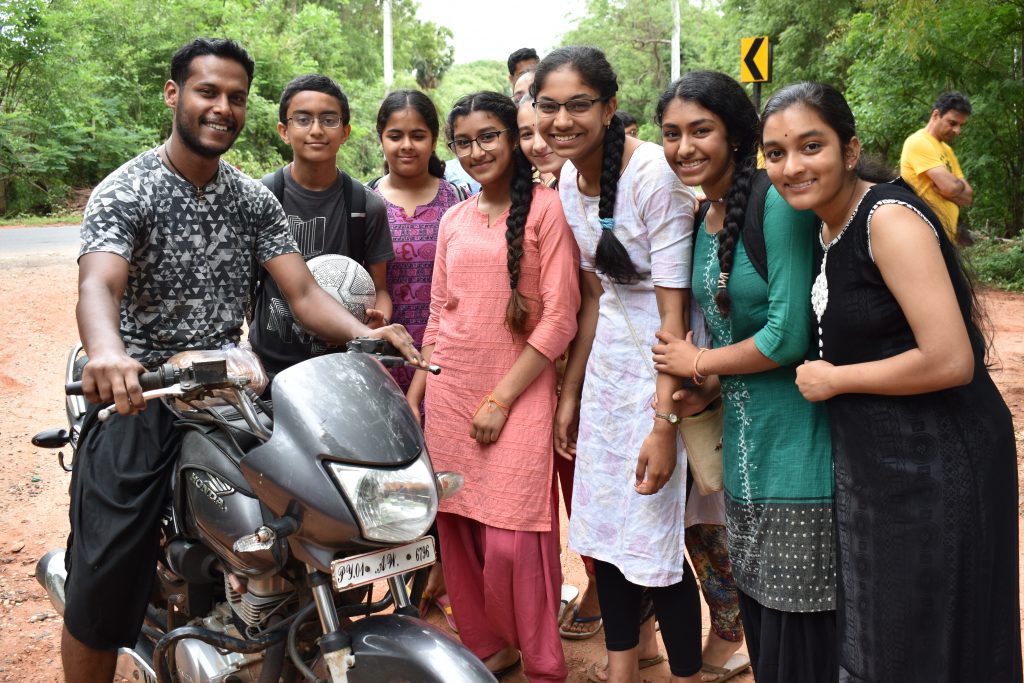
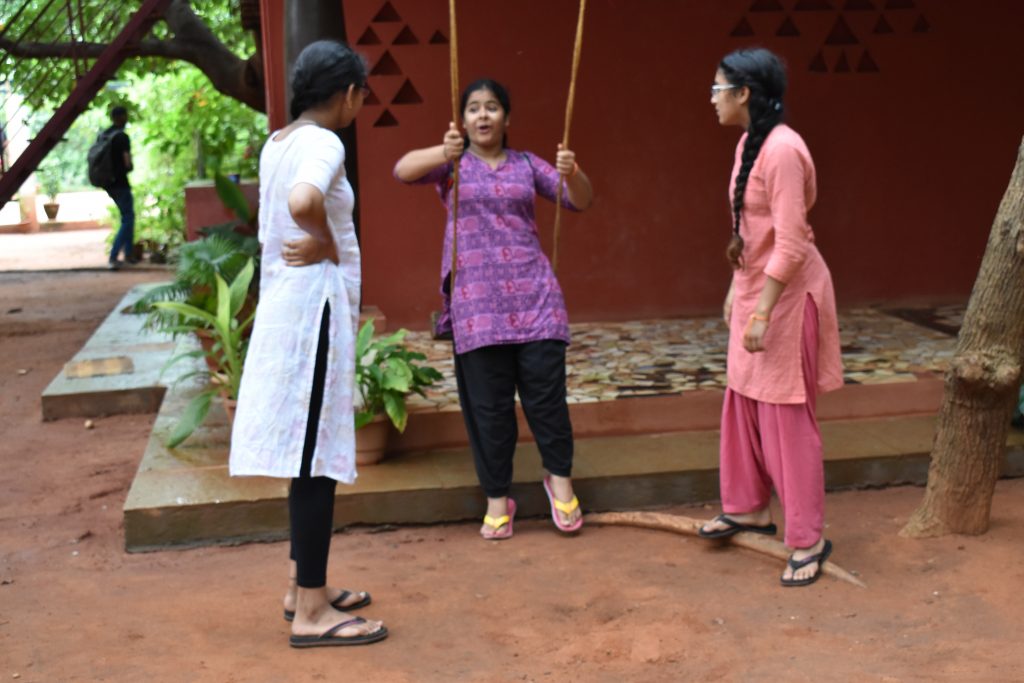
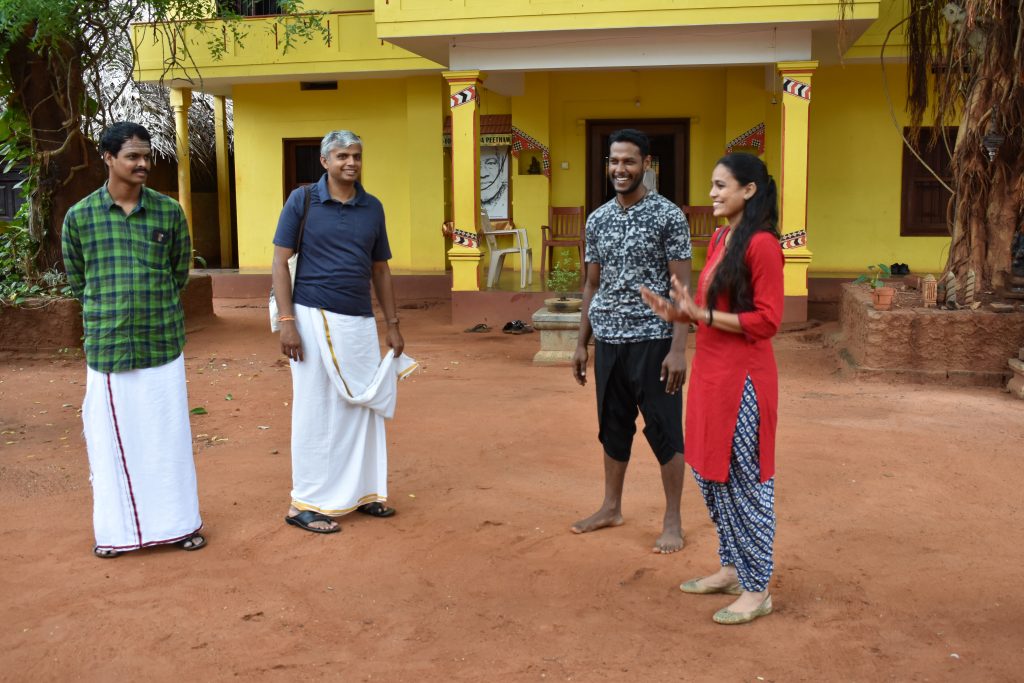
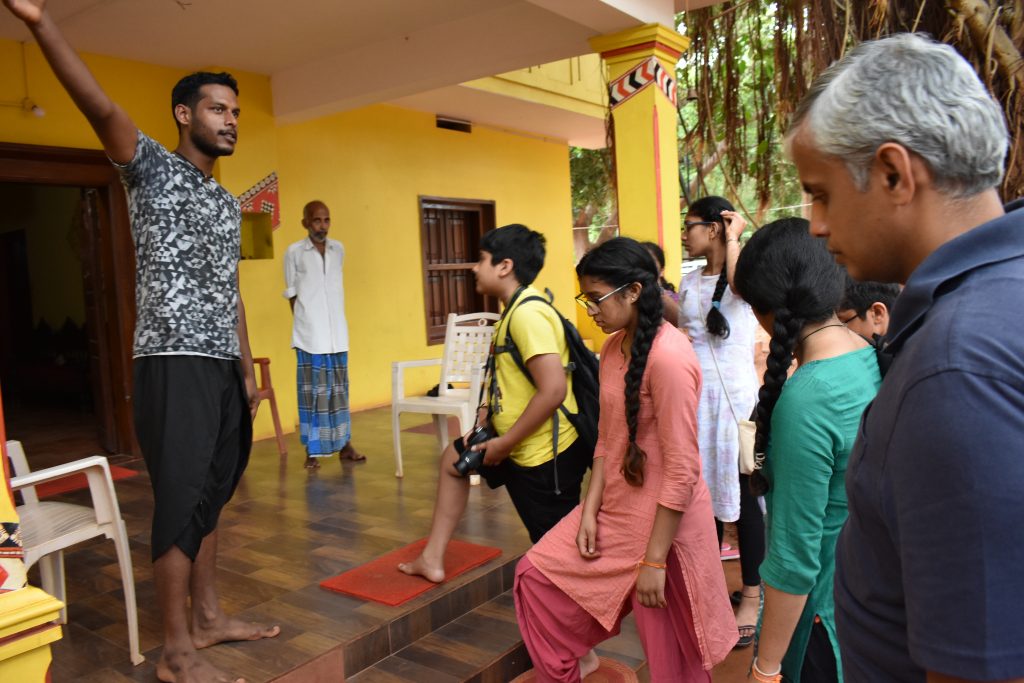
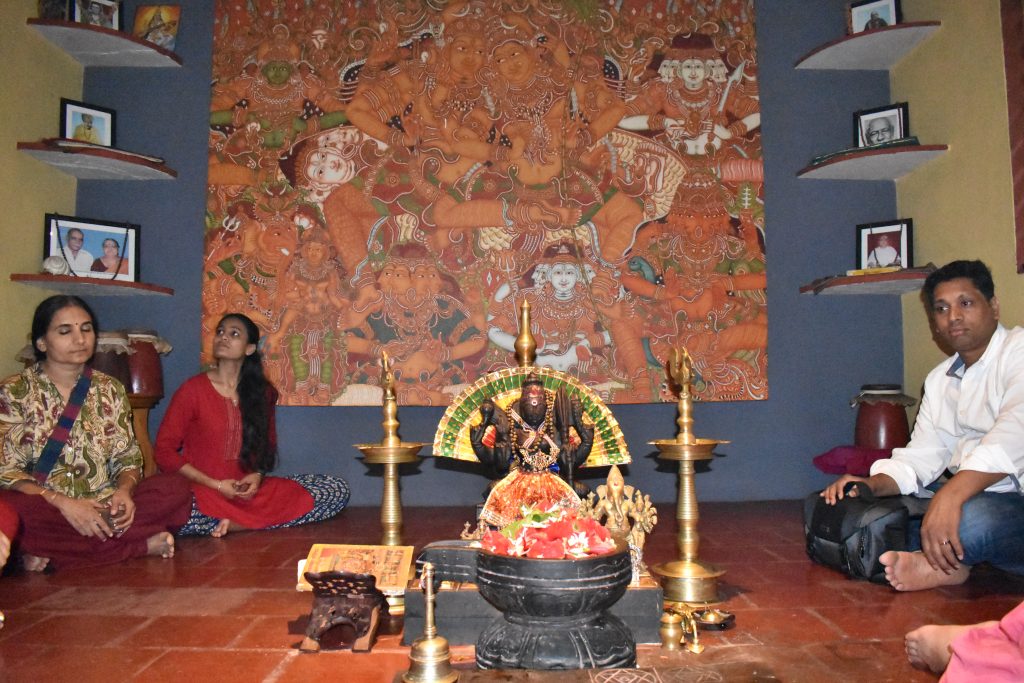
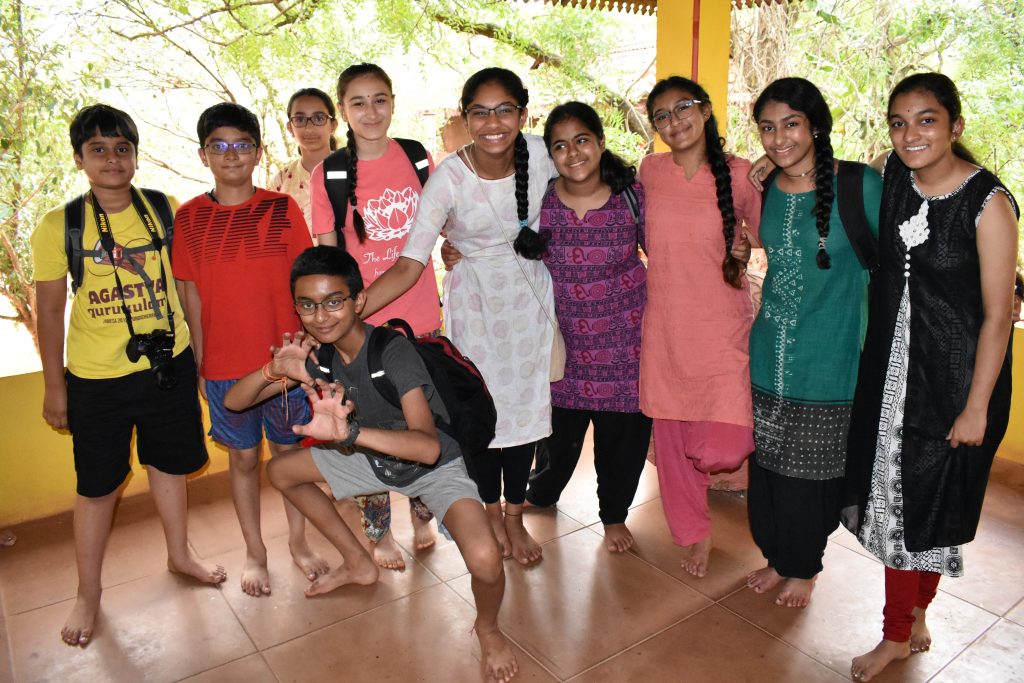
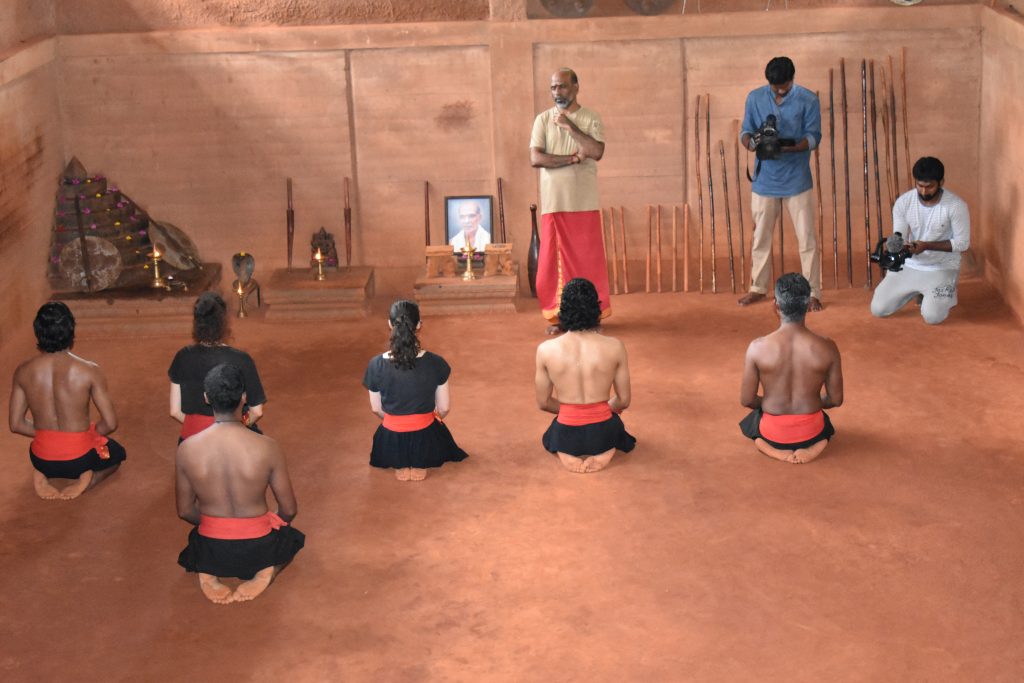
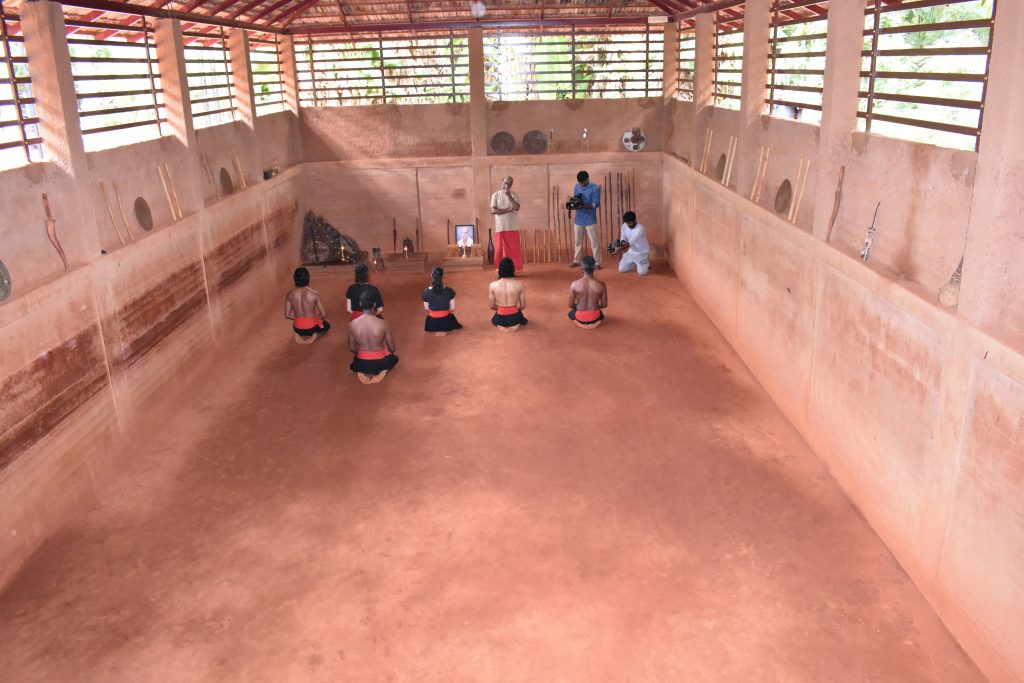
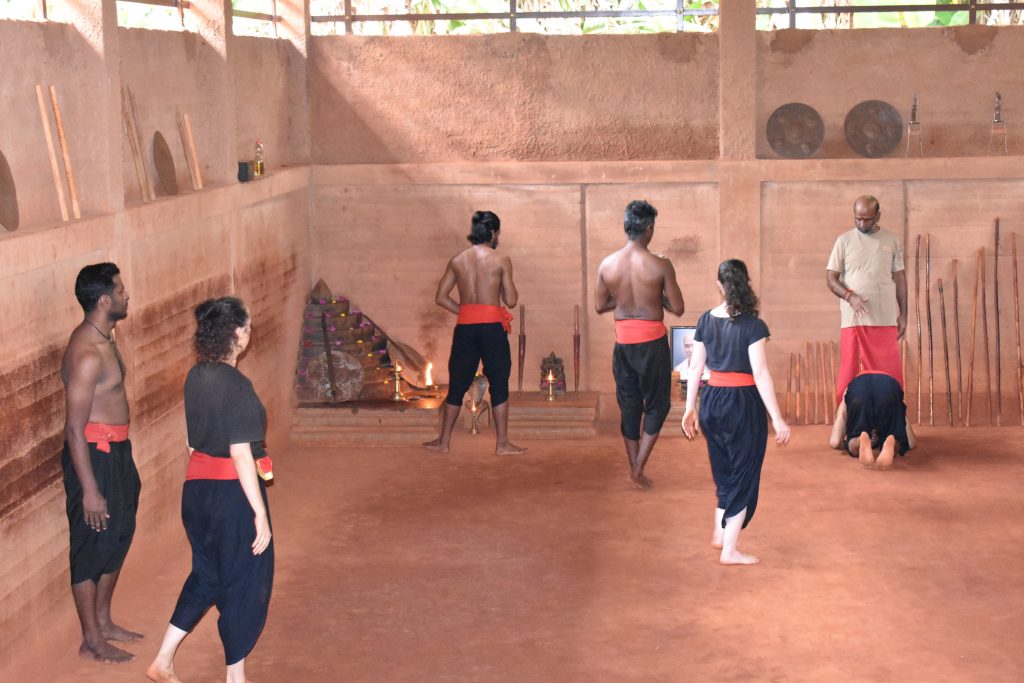
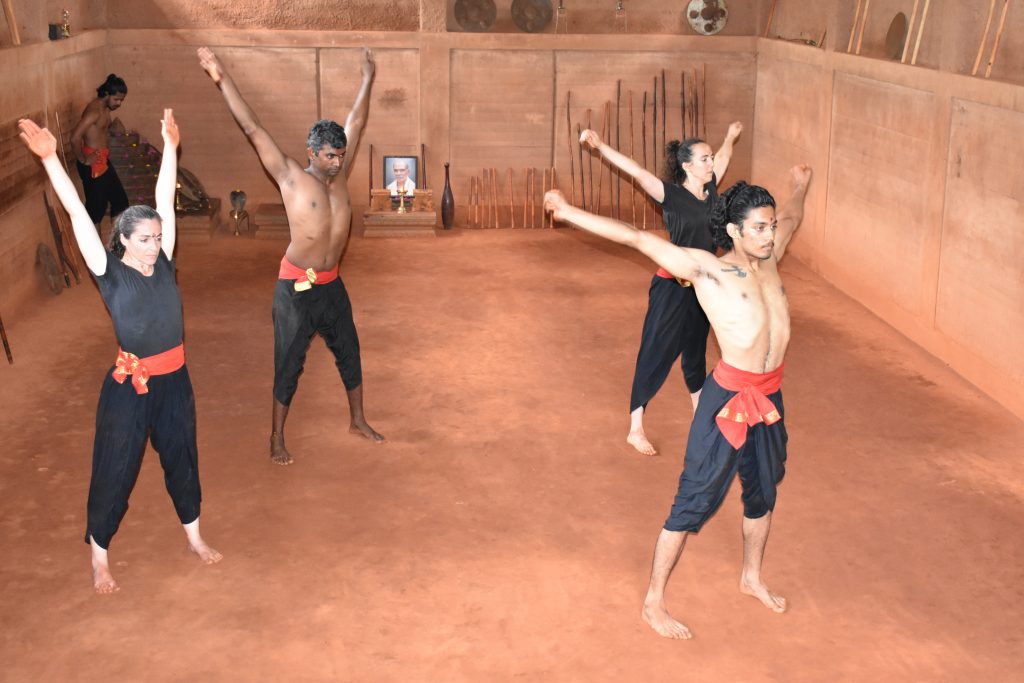
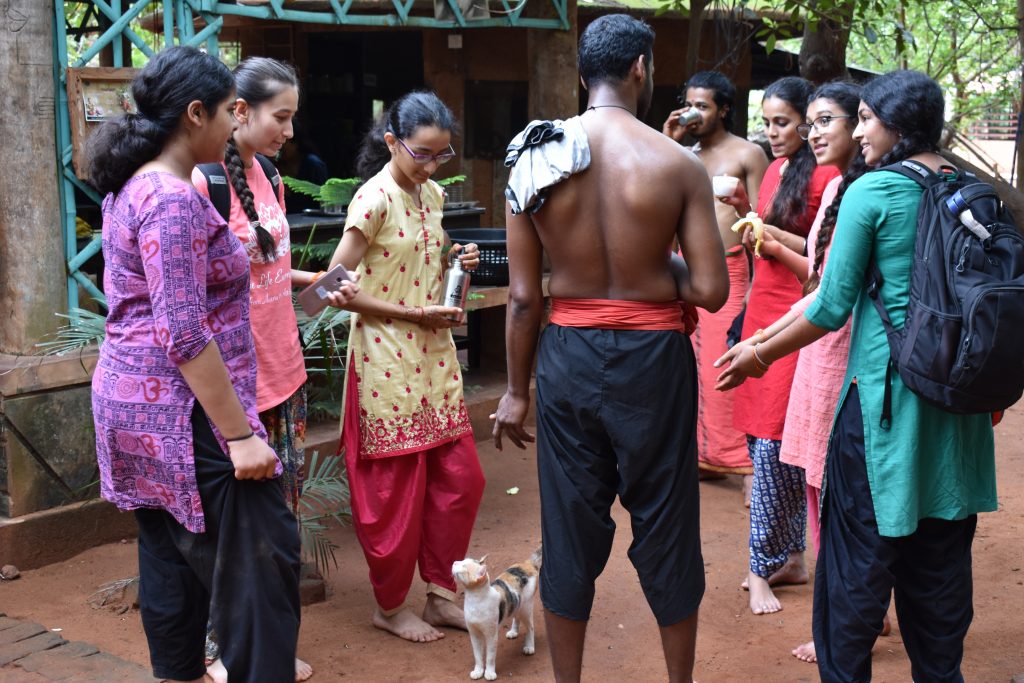
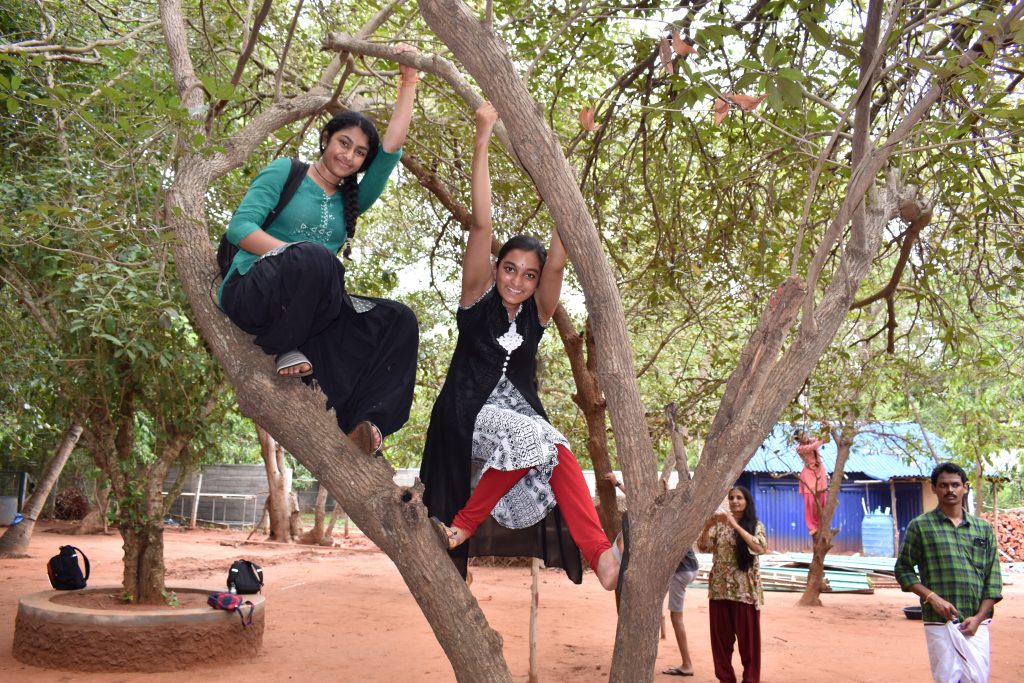
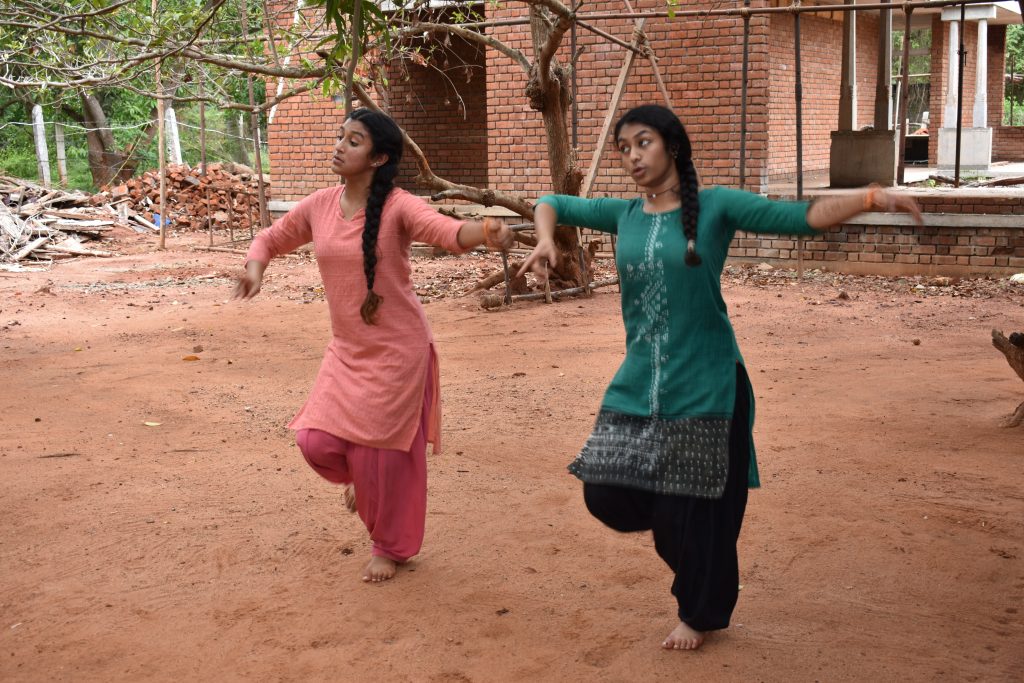
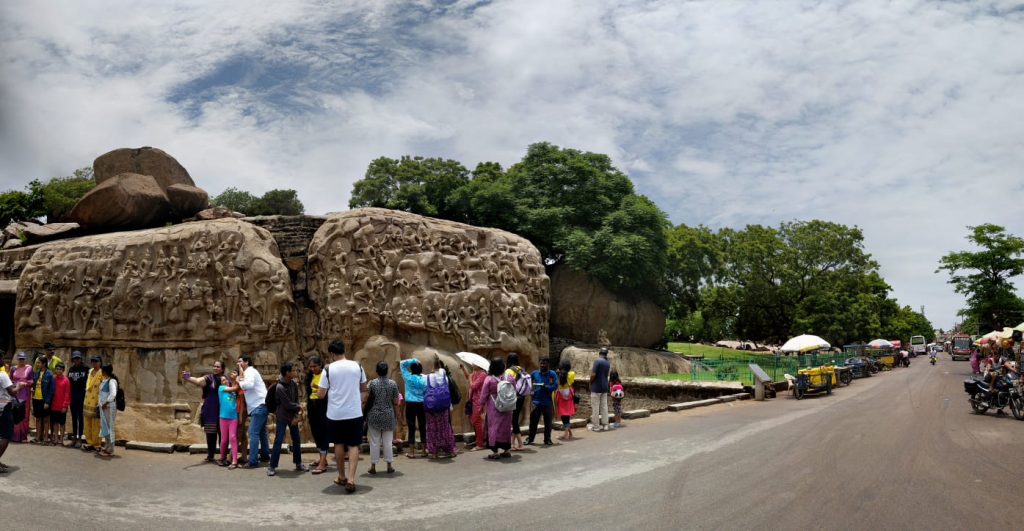
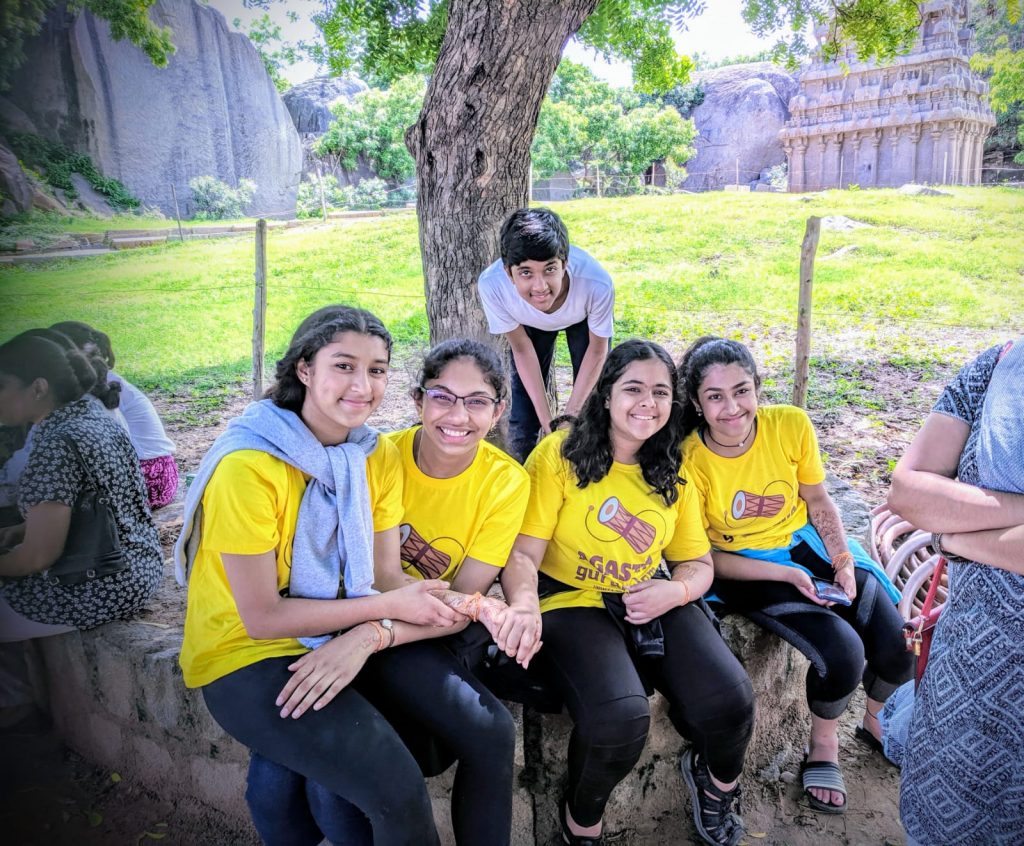
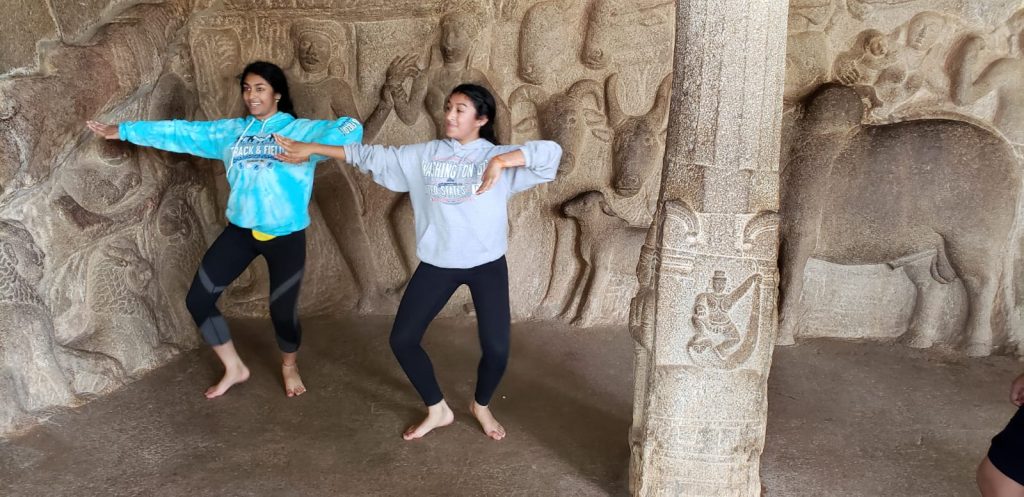
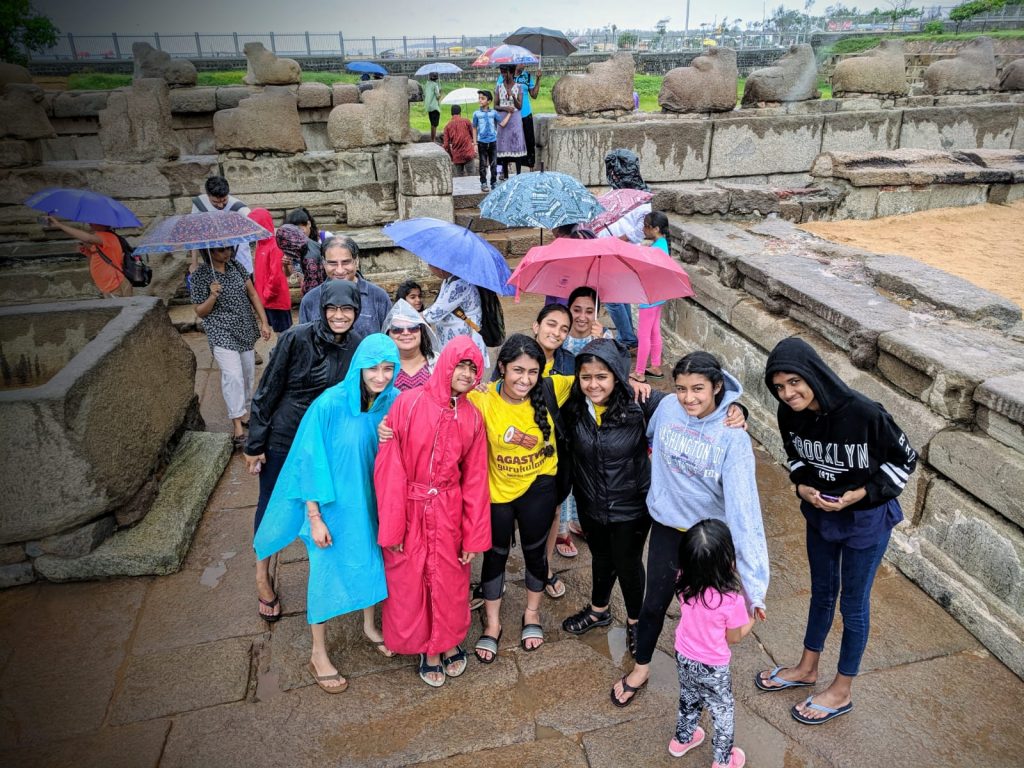
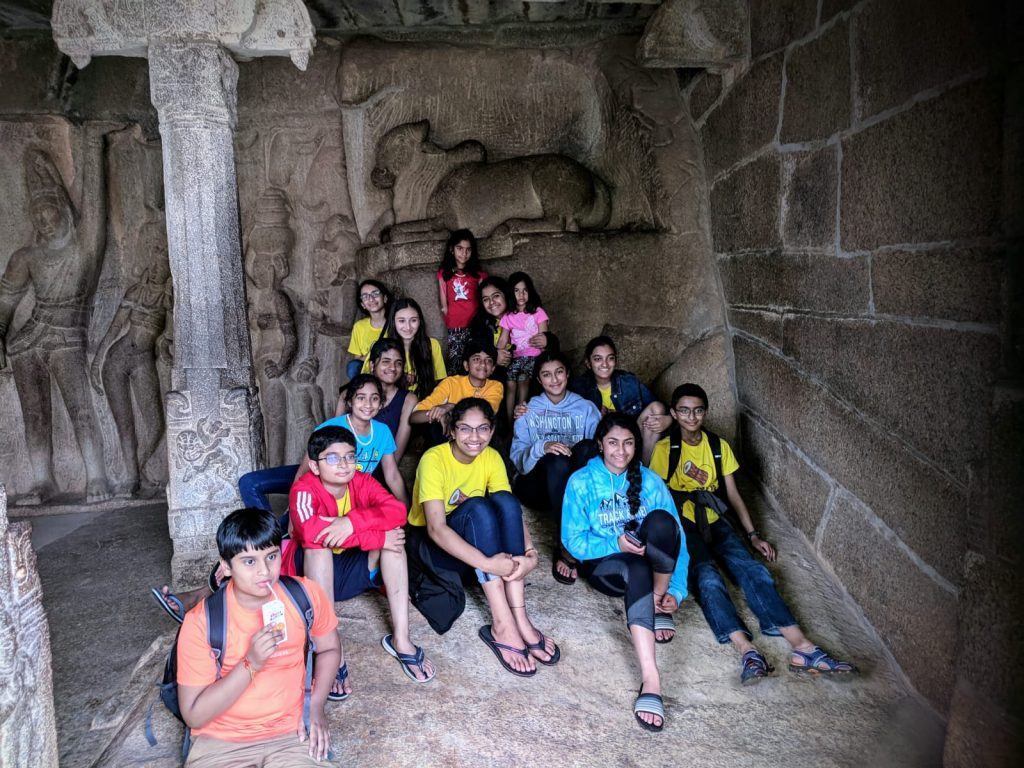
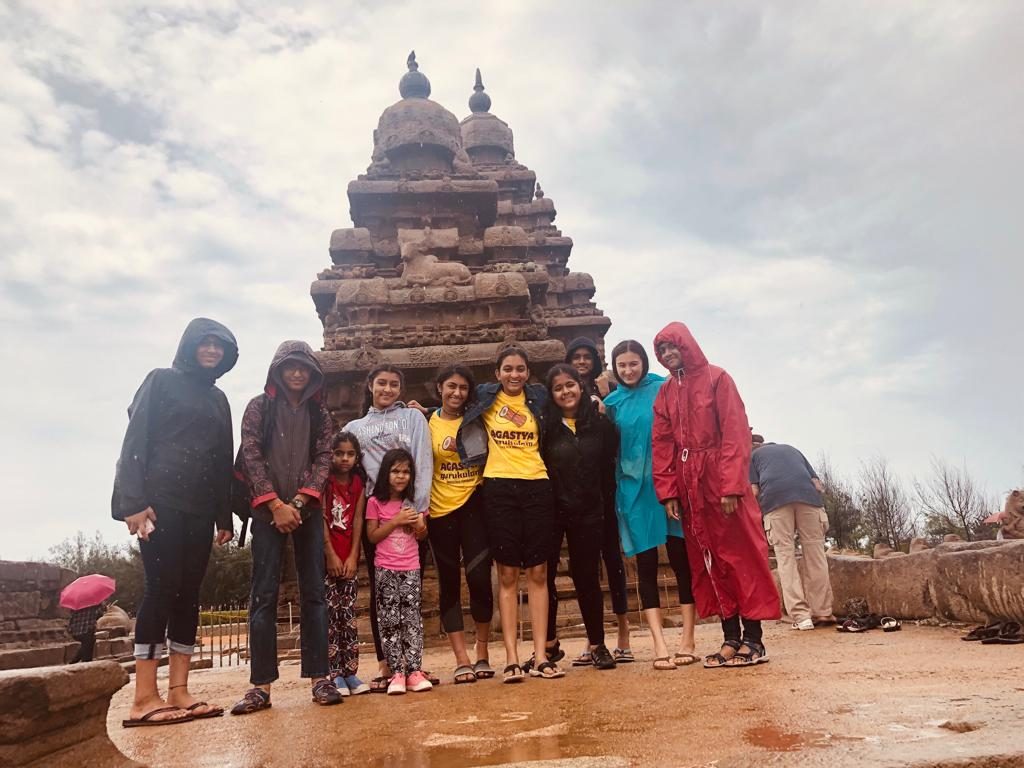
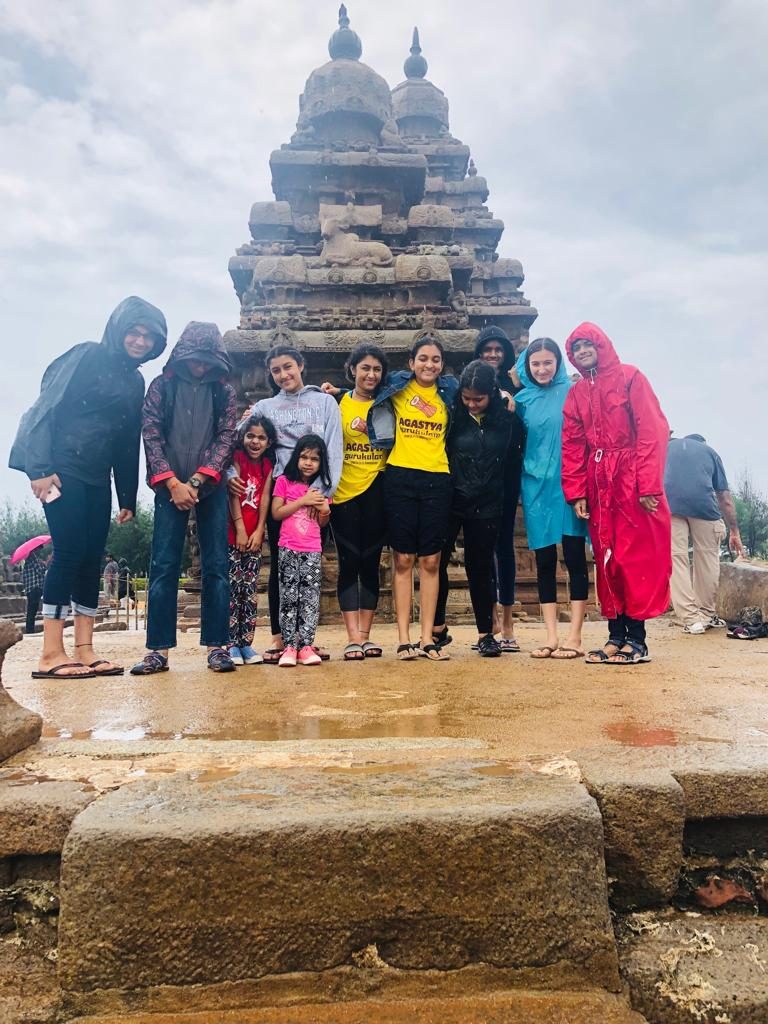
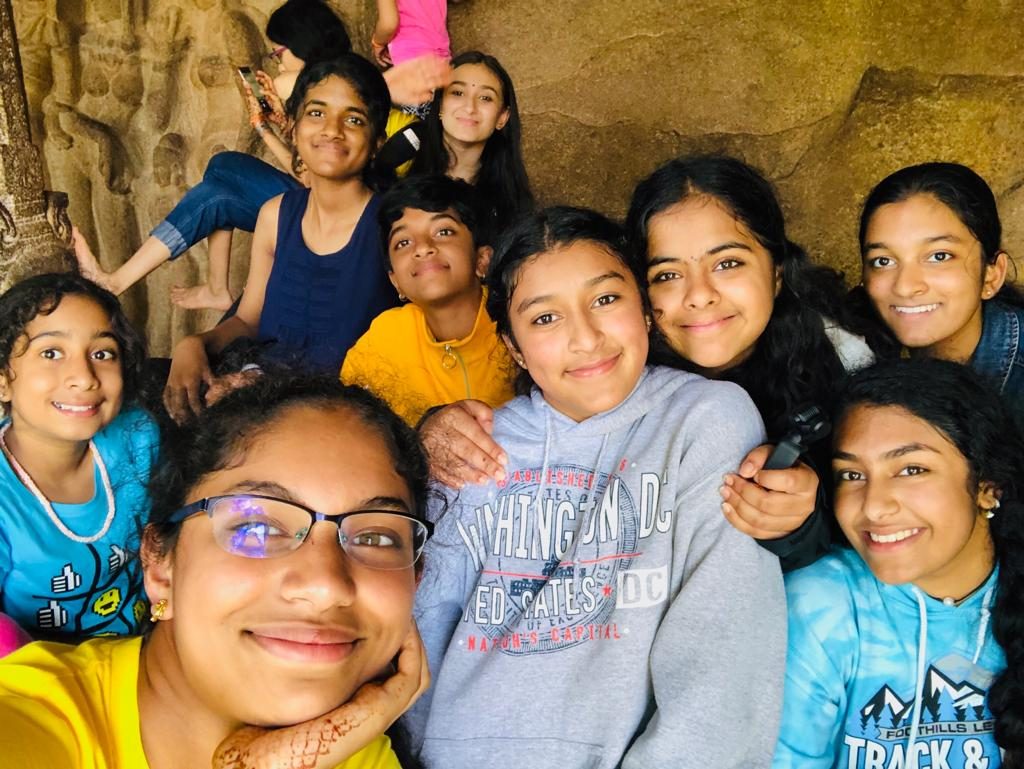
An important highlight of the programme was the visit by Unmeṣa group to Raj Nivas – not once but twice. The group was able to attend the Independence Day eve celebrations at Raj Nivas on 14th August, and then had the wonderful opportunity to meet with Hon’ble Dr. Kiran Bedi ji on 16th August at a special time given by the office of Raj Nivas.
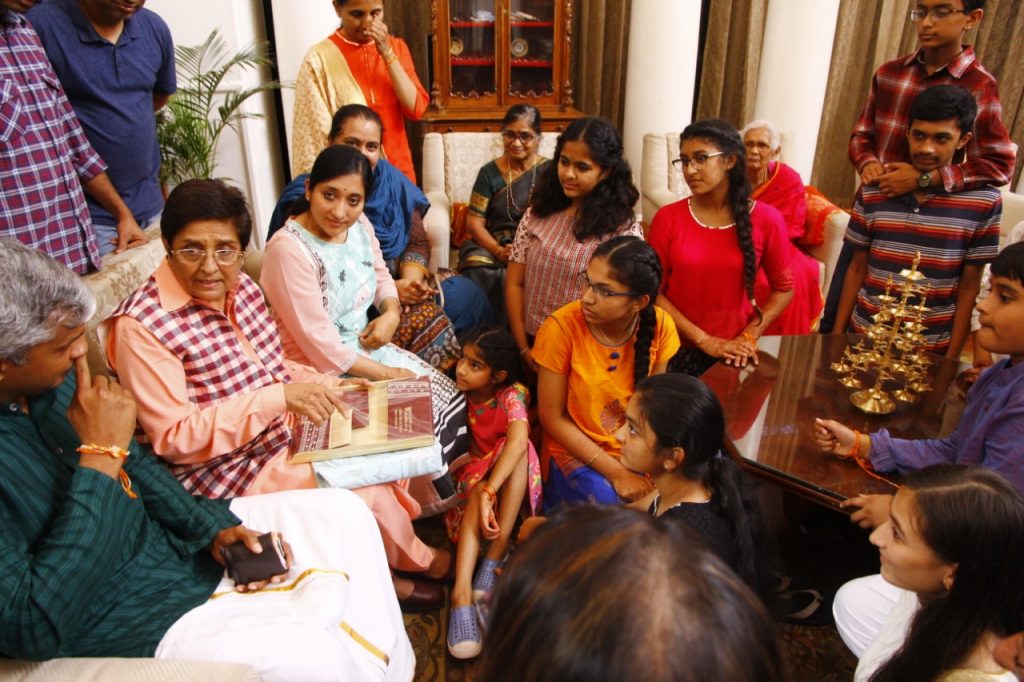
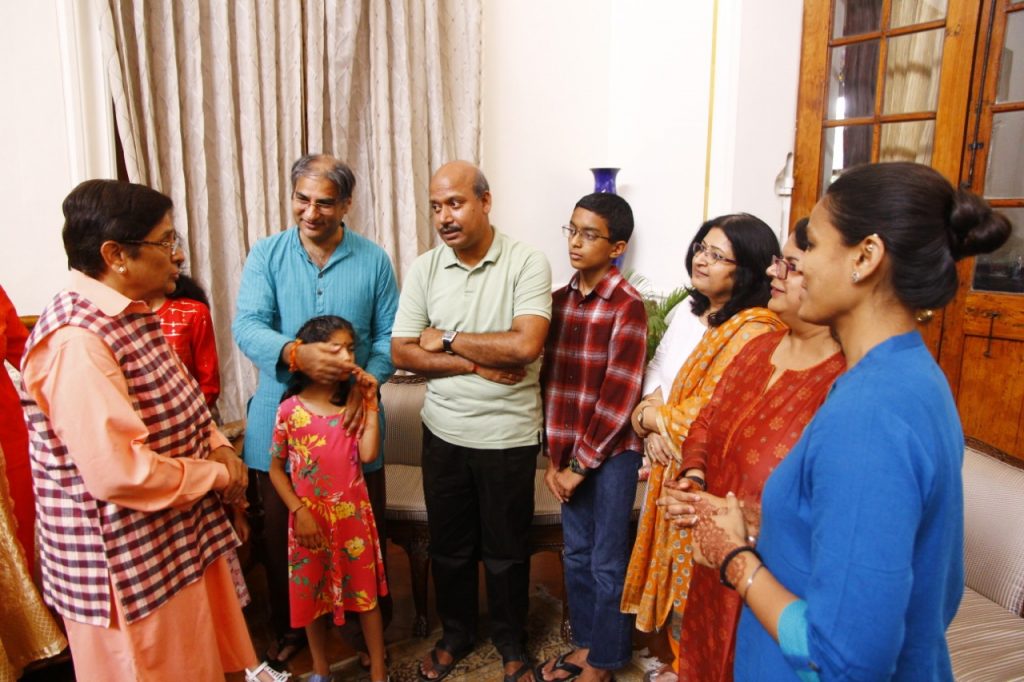
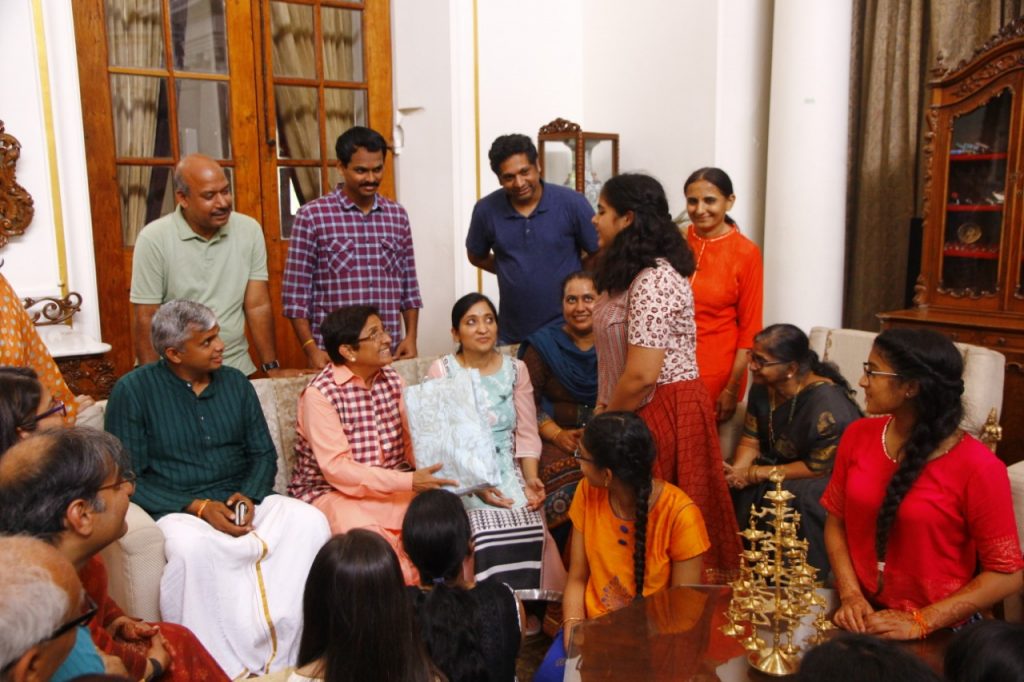
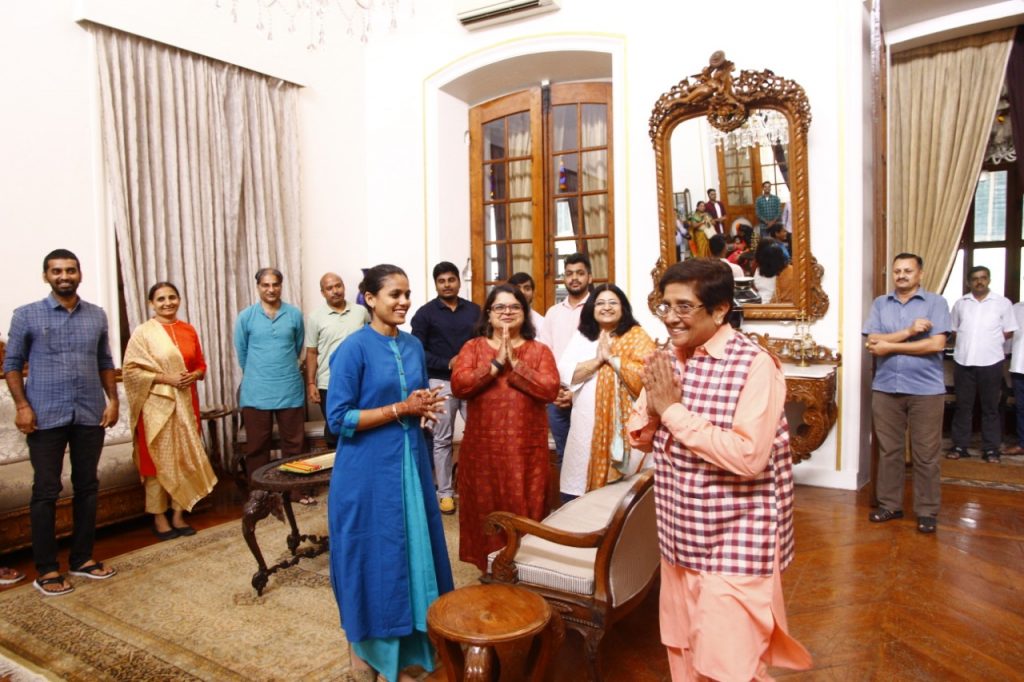
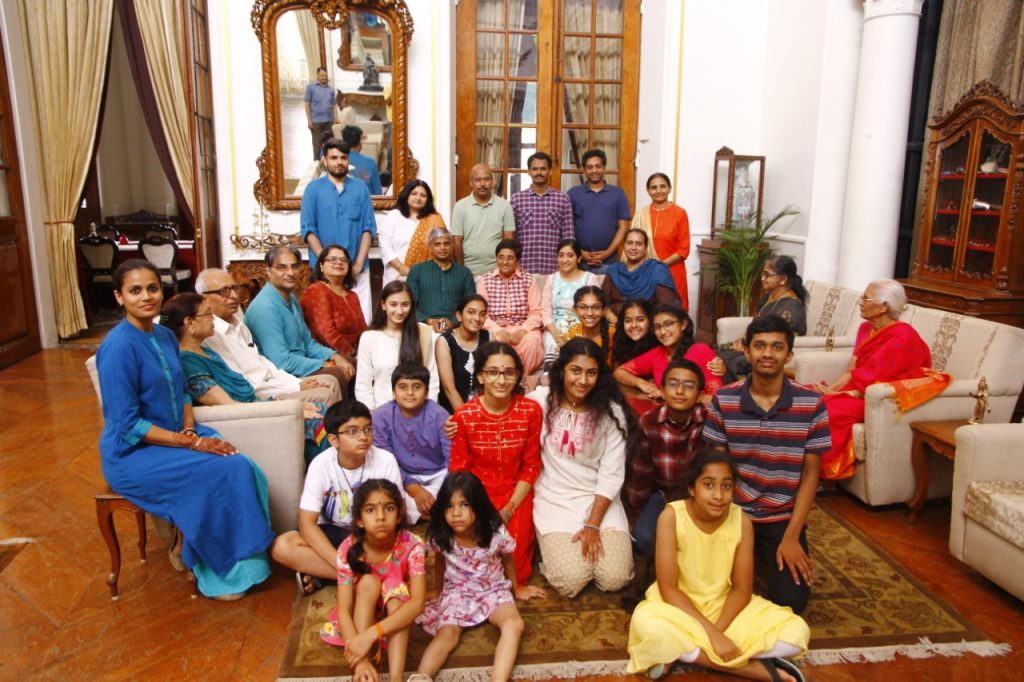
The Teachers, Facilitators and Volunteers
Such an extended and wide-ranging study programme becomes possible only with the help of a great group of teachers, facilitators and volunteers.
We were able to bring in many experts from various parts of the country as teachers in this study camp. These include reputed scholars such as Prof. K. Ramasubramanian from IIT, Bombay and Dr. Ananda Bhavanani from ICYER, Pondicherry. Some of the senior teachers from Sri Aurobindo International Center of Education like Prof. Kittu Reddy, Ms. Priti Ghosh, Mr. Sushanto Nath were also part of the programme faculty.
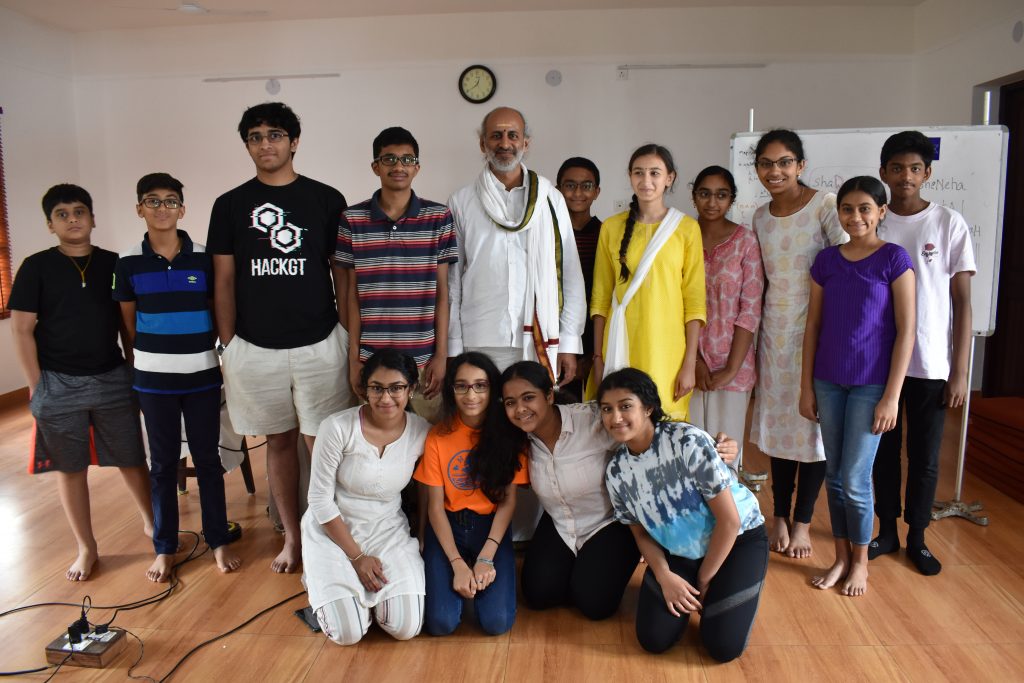
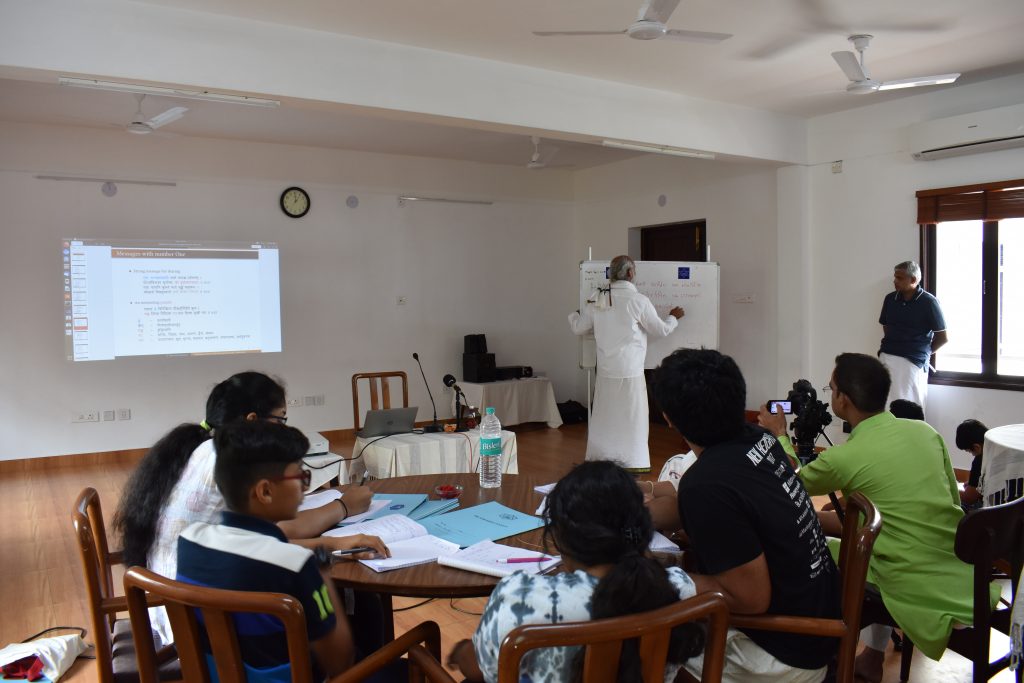
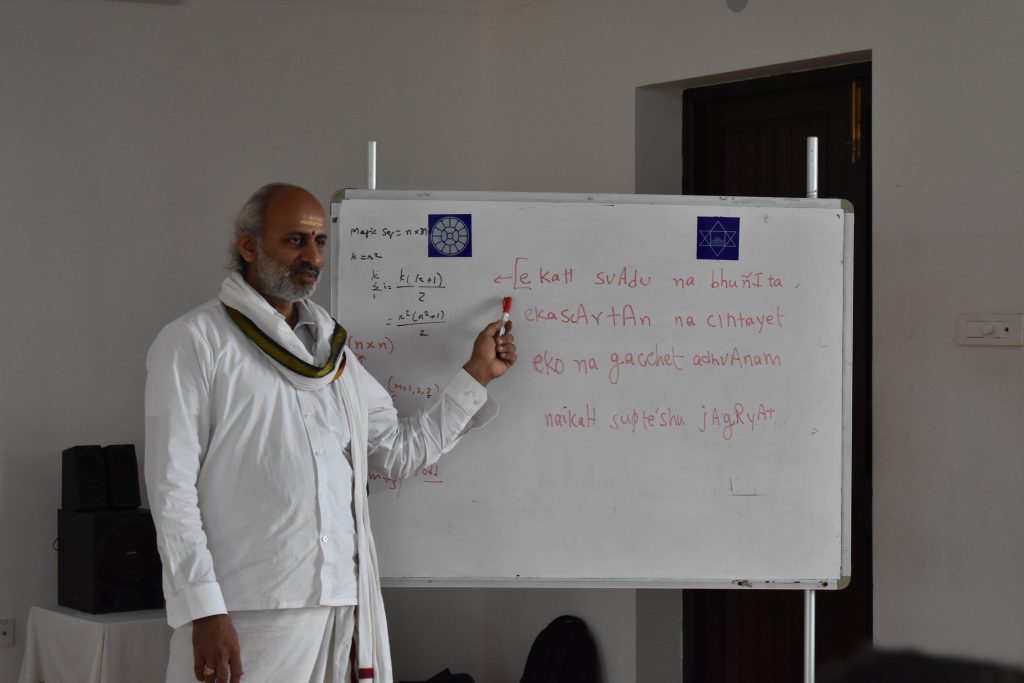
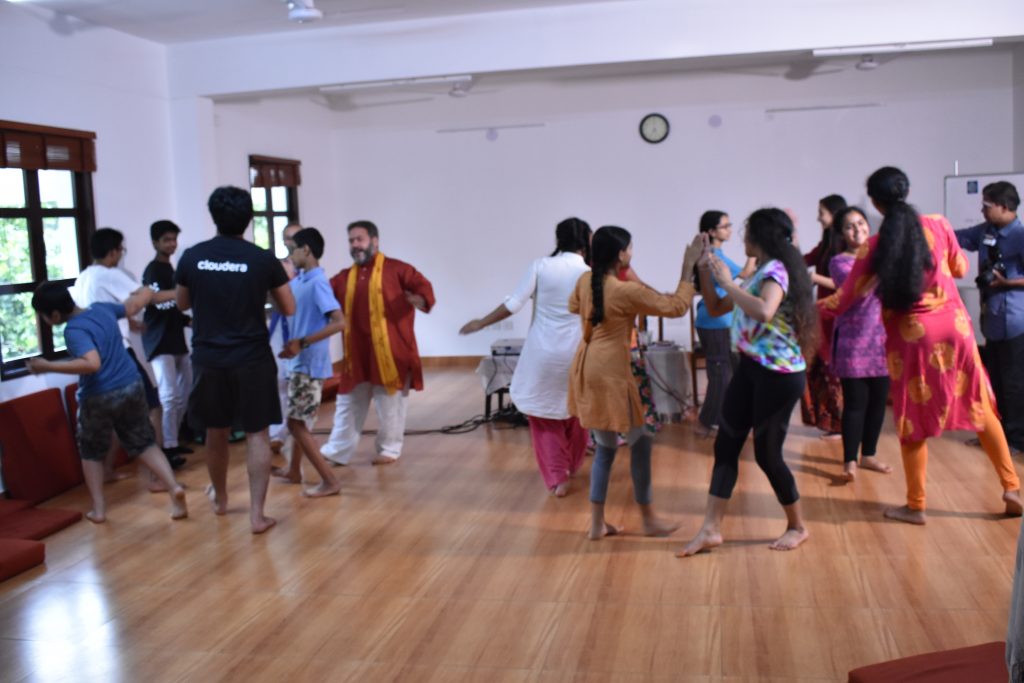
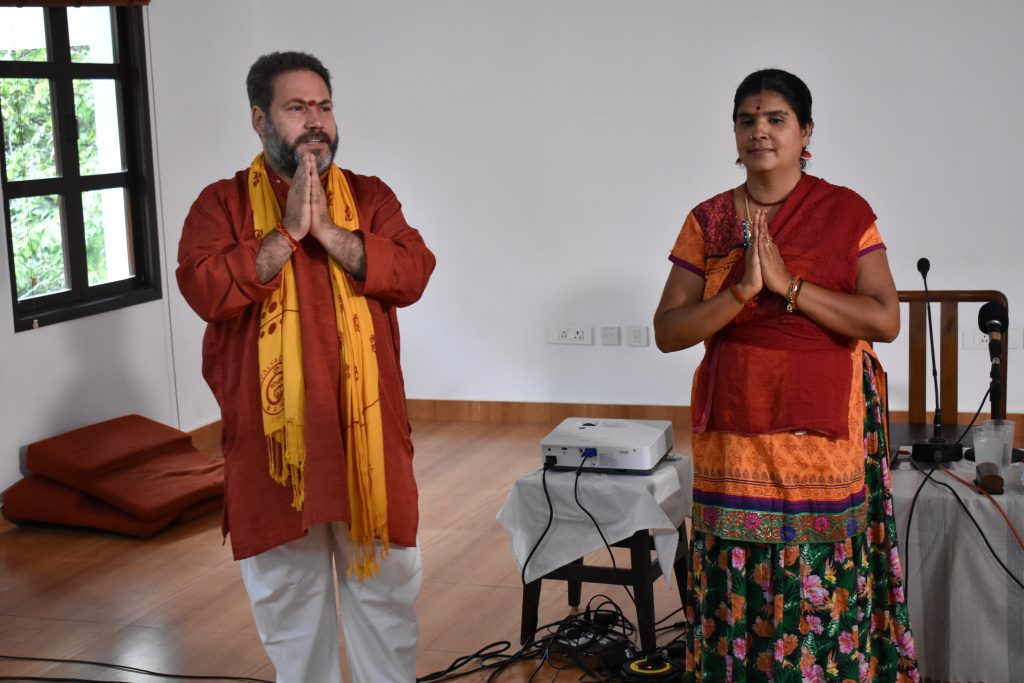
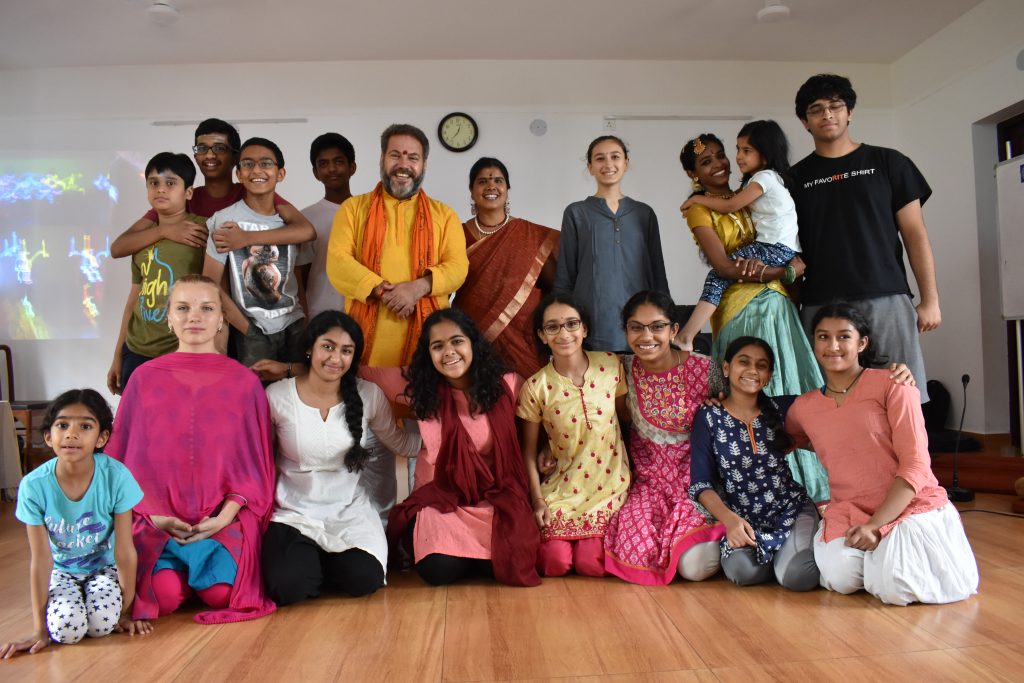
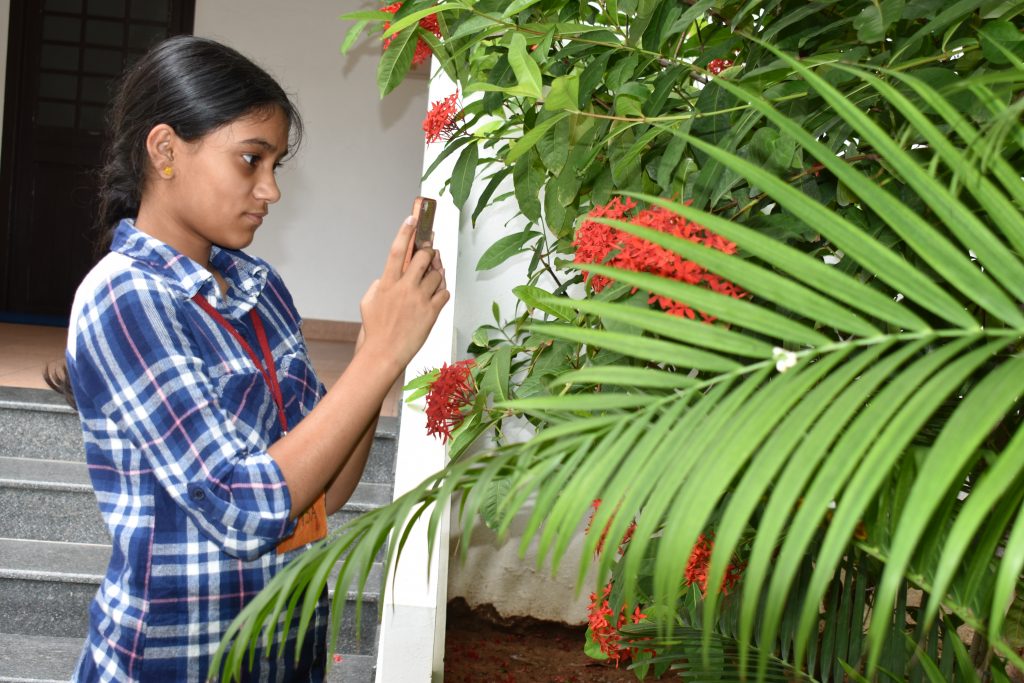
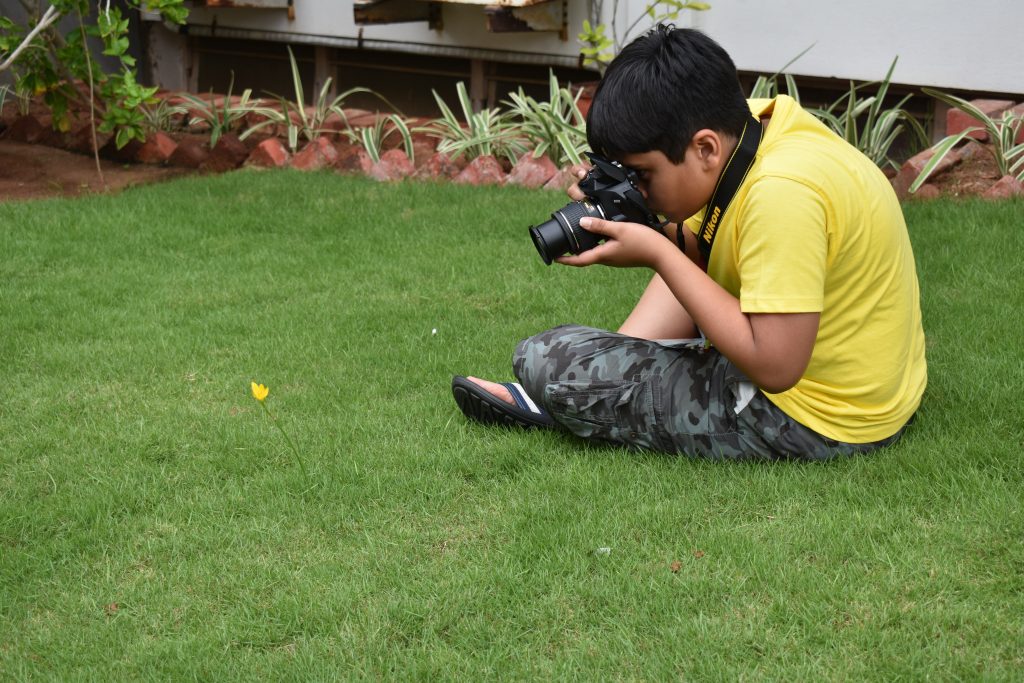
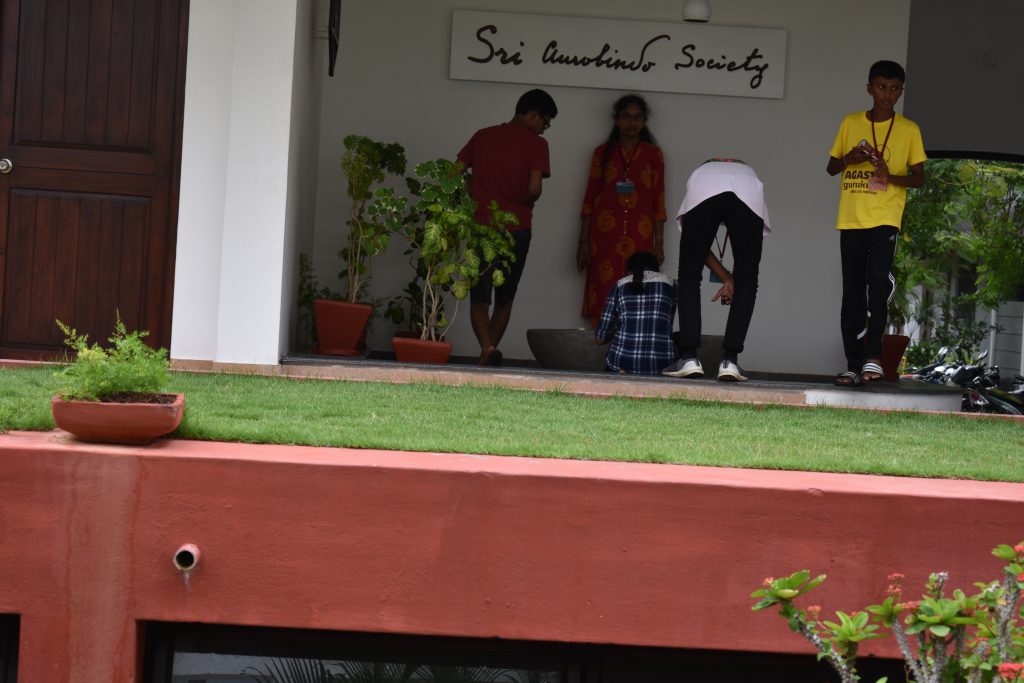
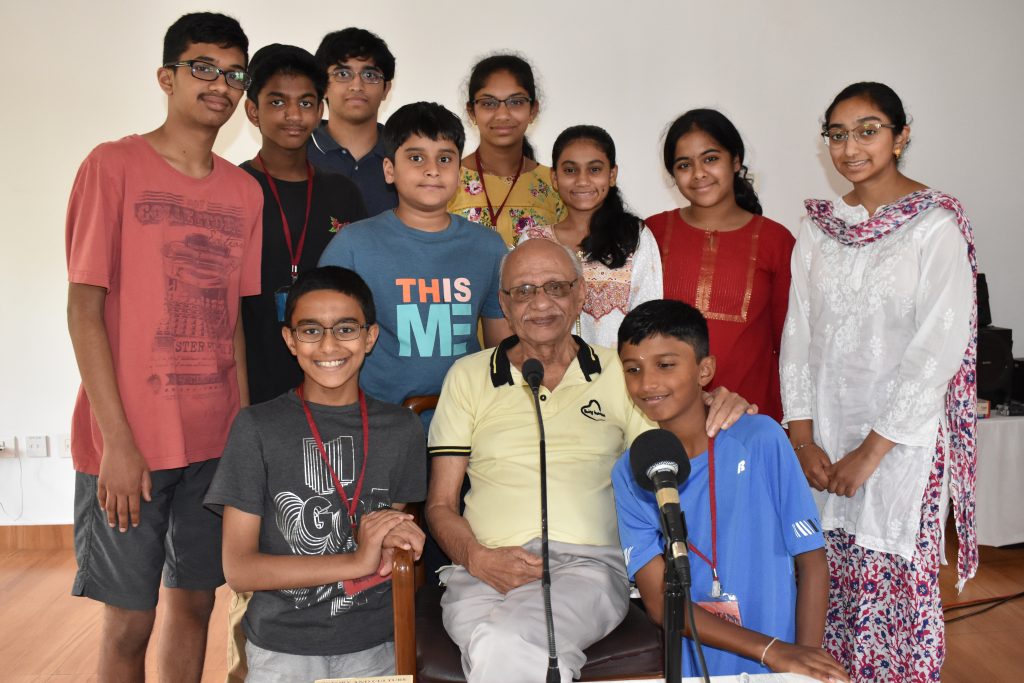
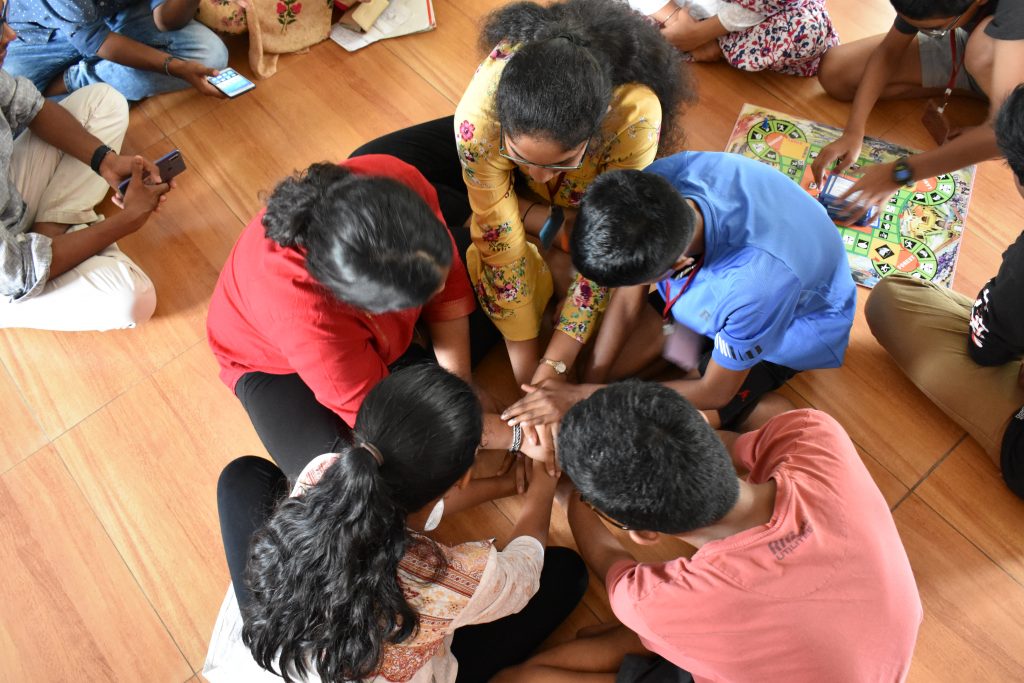
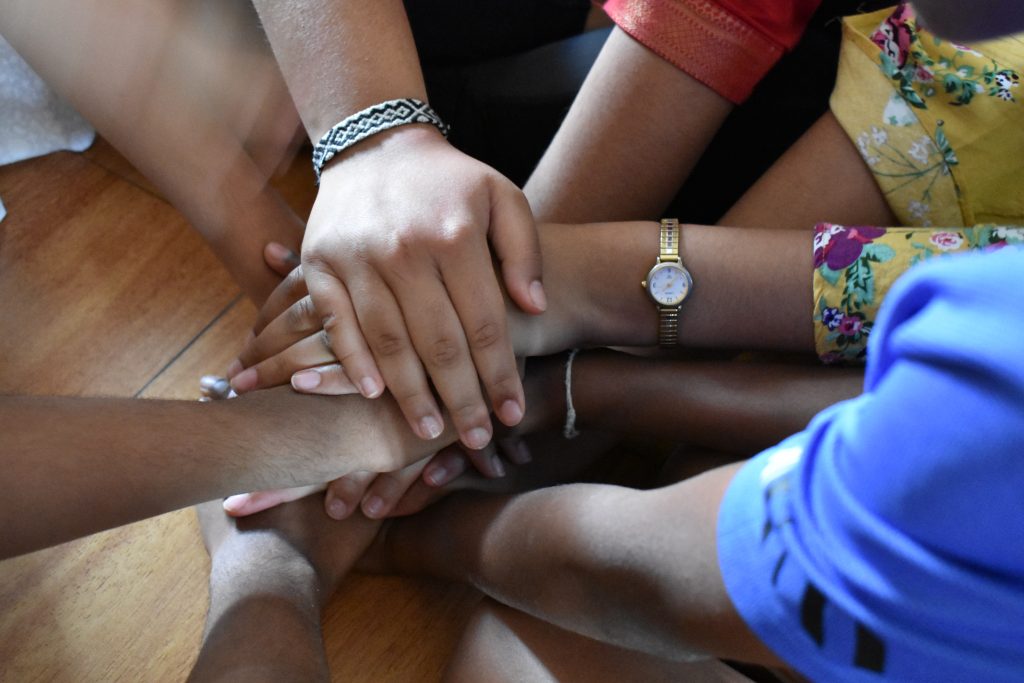
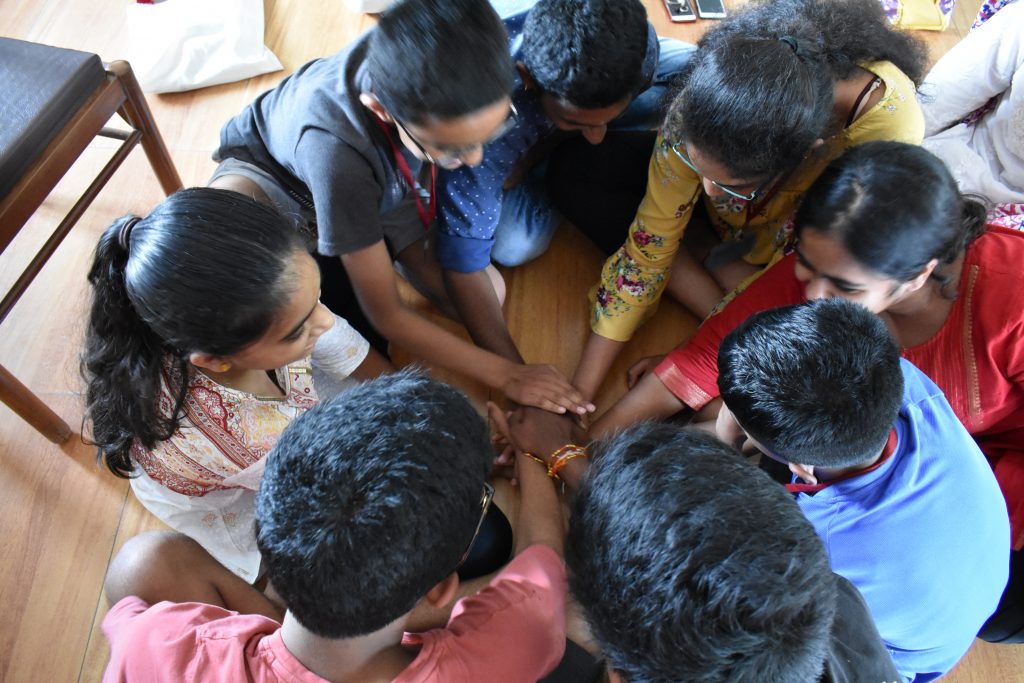
Several younger teachers from different parts of the country were also invited to take up topics in learner-friendly ways in areas as diverse as Amarkosha (Aparajith), Indian classical music (Anuja Kamat), creative photography (Amar Ramesh), stories from Upanishads (Roopa Pai), and historical and contemporary significance of temples (Shyam Kumar).
The group also had an opportunity to have an interaction with Bengalaru-based author, Sandeep Balakrishna on the true meaning and contemporary relevance of varna. Dr. S. Soundarajaperumal, Executive Director of Tamil Nadu Science and Technology Center also conducted a session on Indian contributions to astronomy.
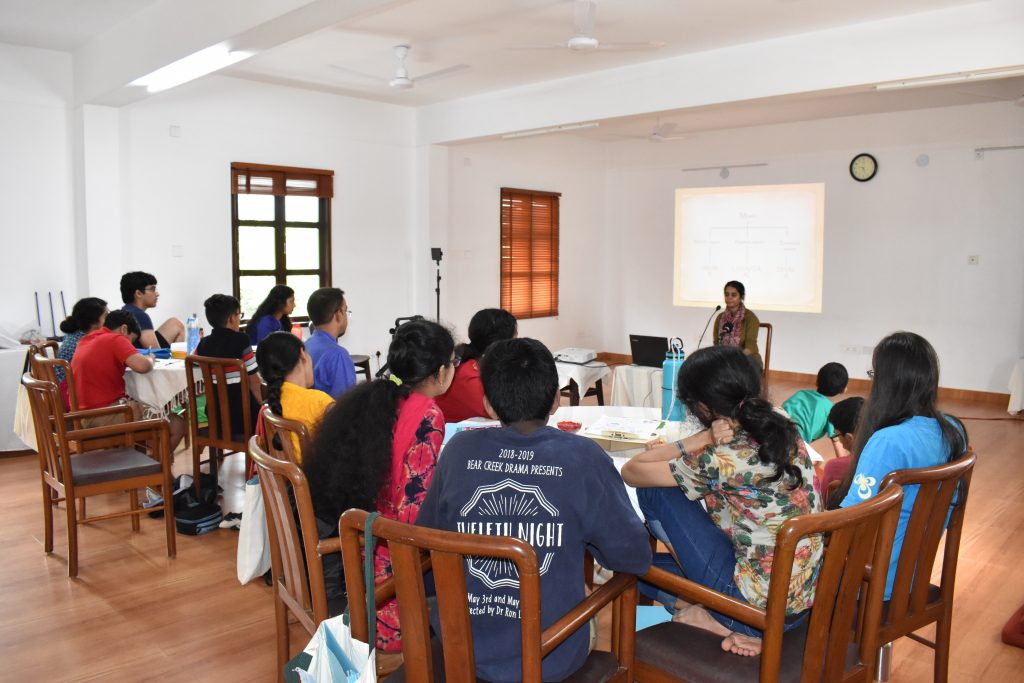
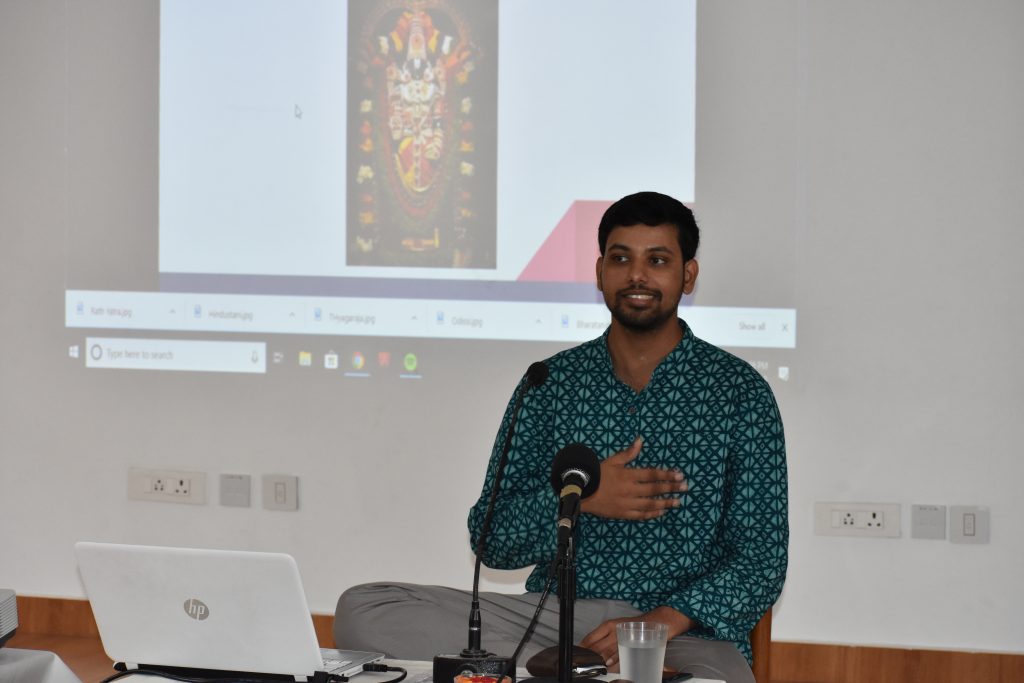
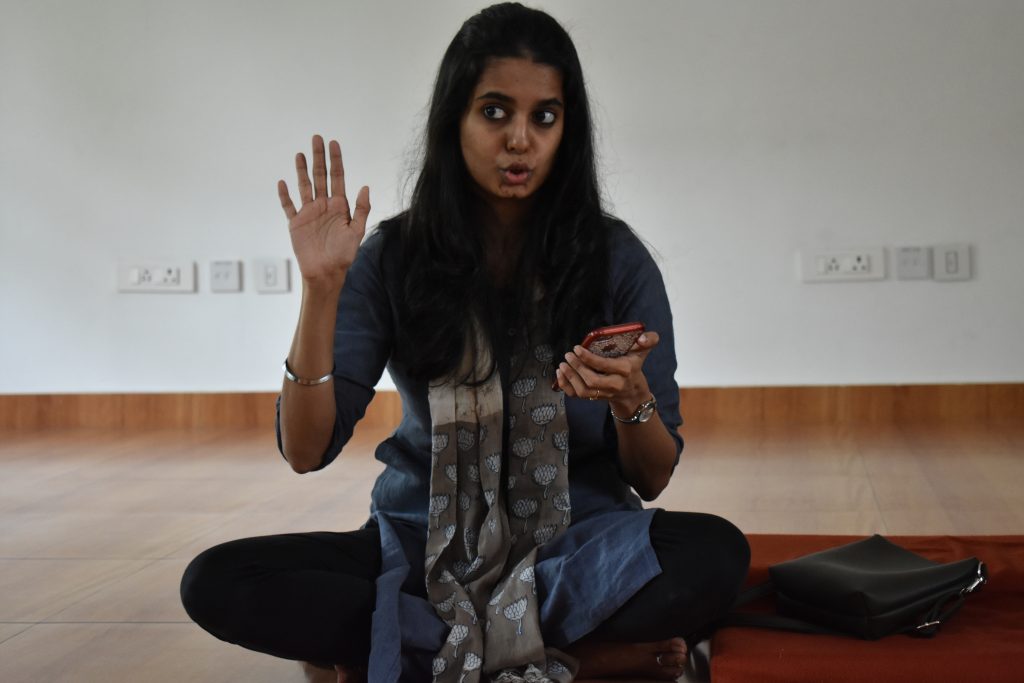
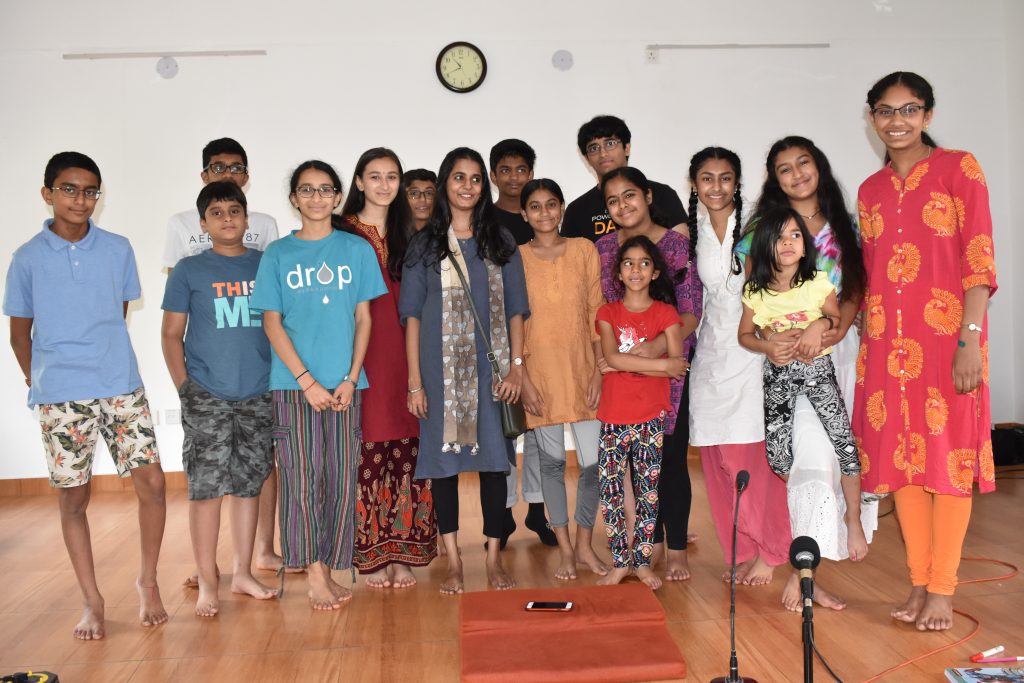
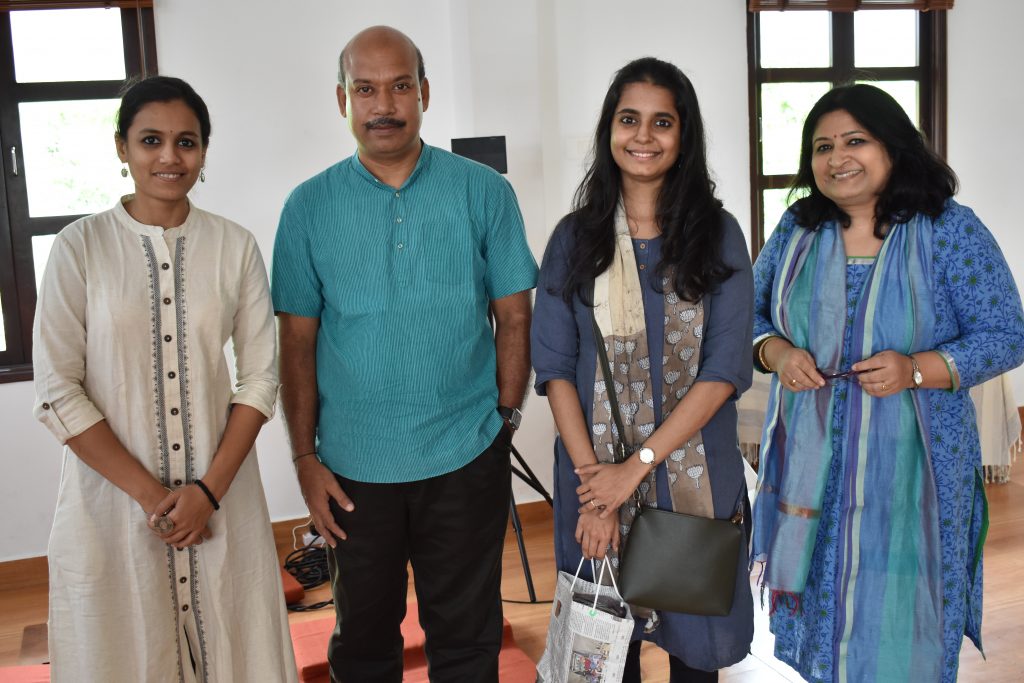
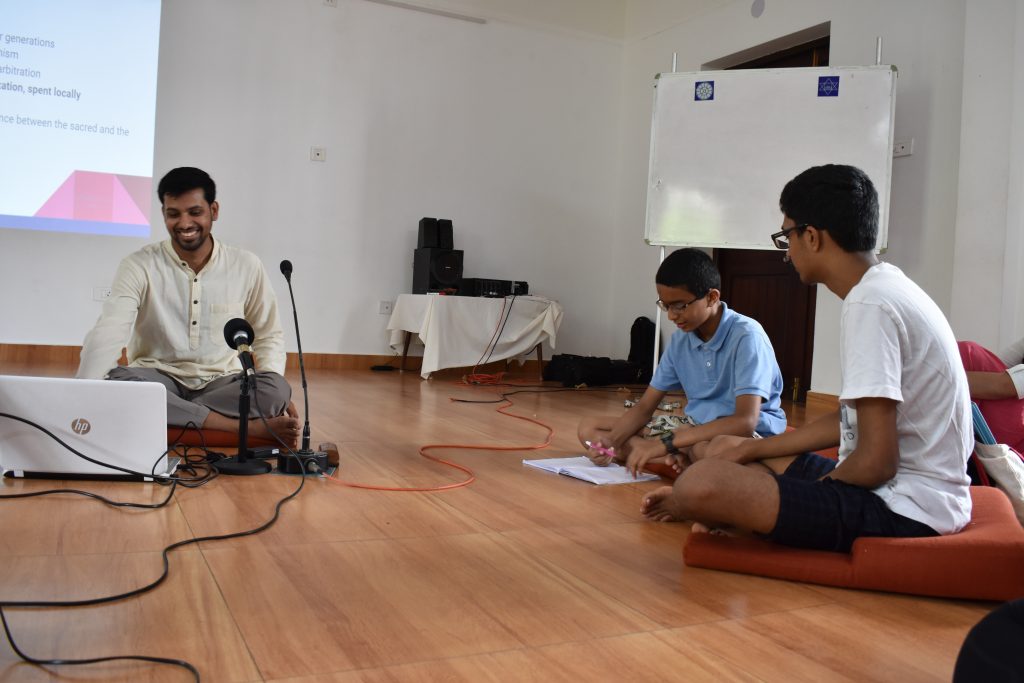
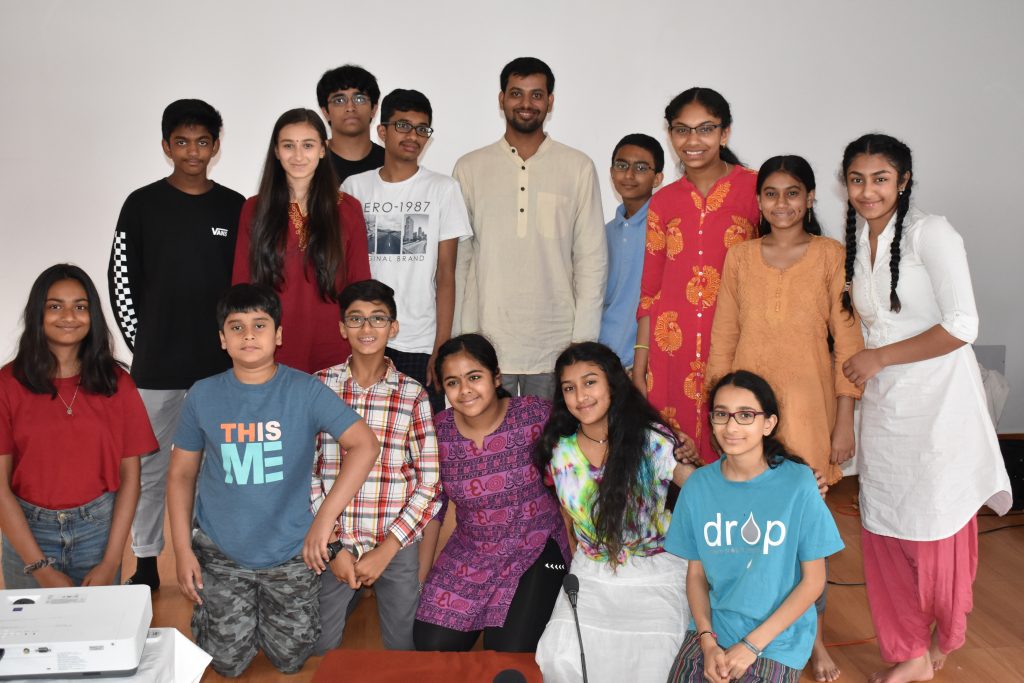
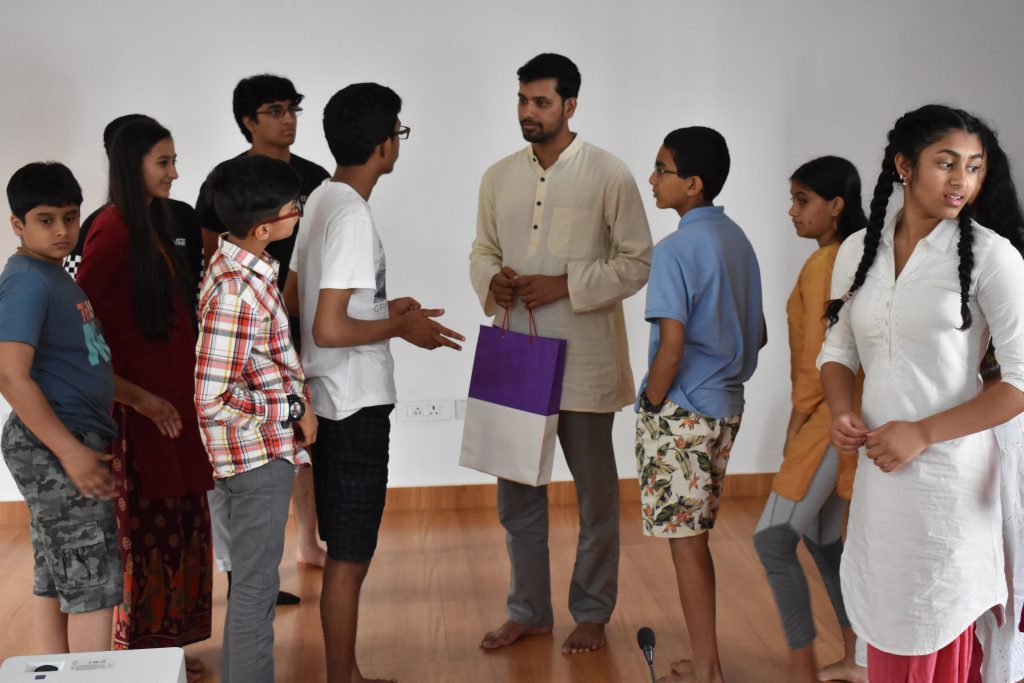
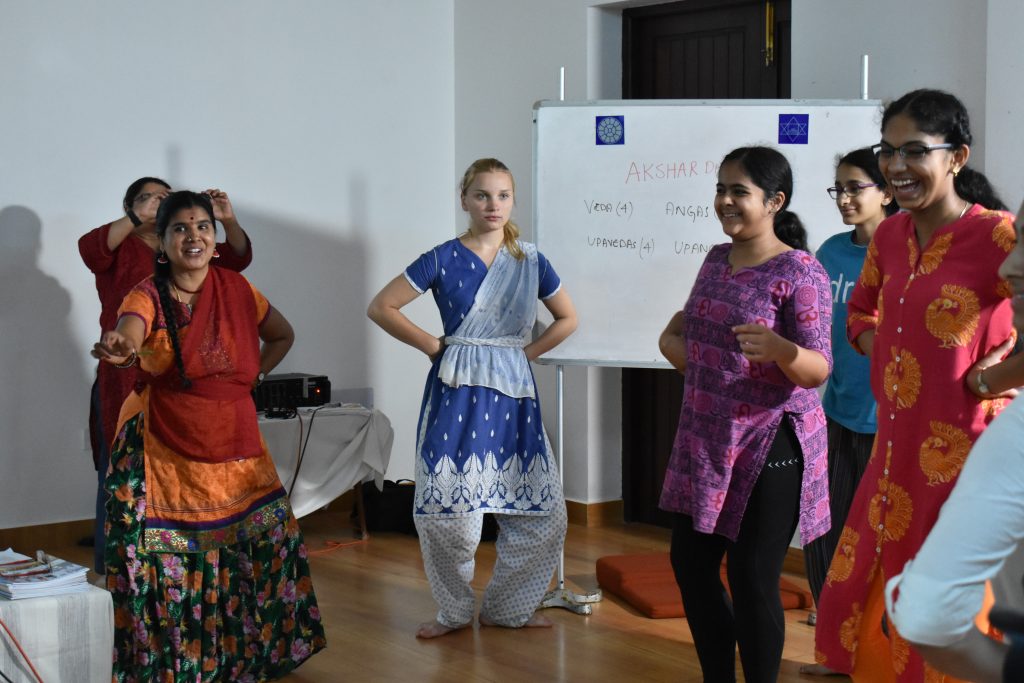
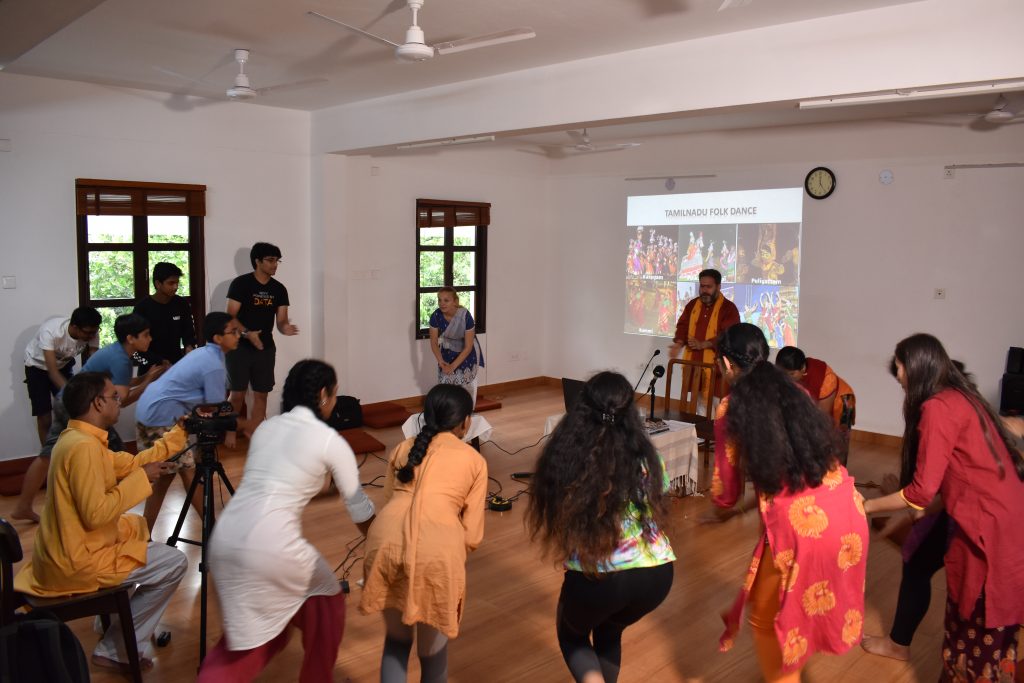
Teachers from Agastya Gurukulam – Ms. Priyamvada Nambrath, Mr. Sree Balaji and Mr. Mittal Monani and Ms. Vijaya Viswanath – took key sessions on topics related to Vedic mathematics, Shastras, Significance of Indian cultural heritage, navigating bi-cultural identities, and how Indian knowledge systems can help prepare learners for higher education.
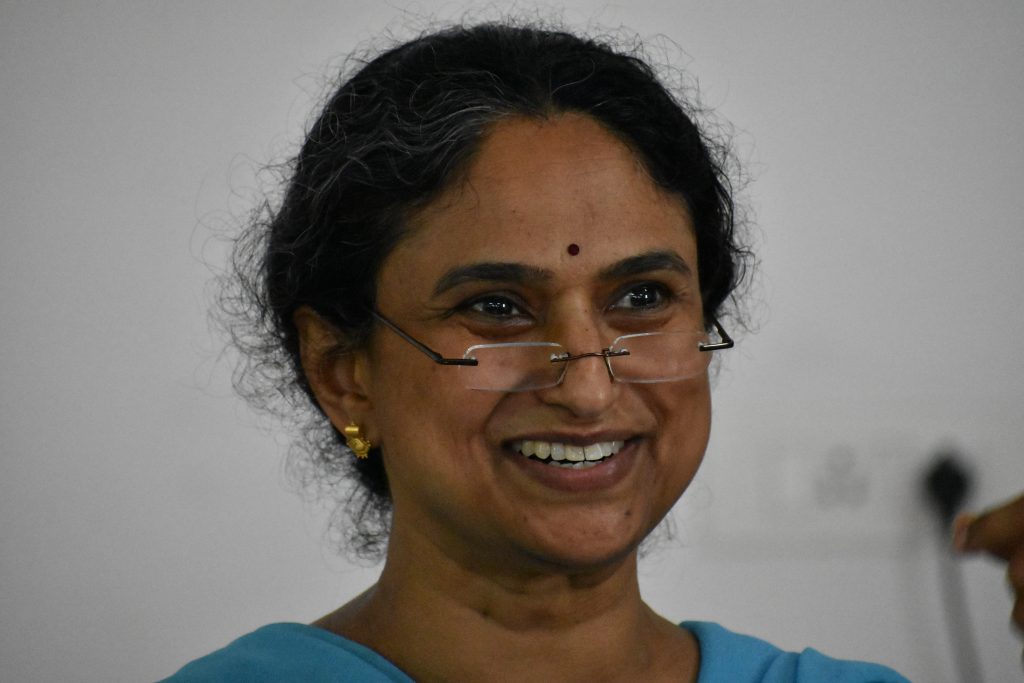
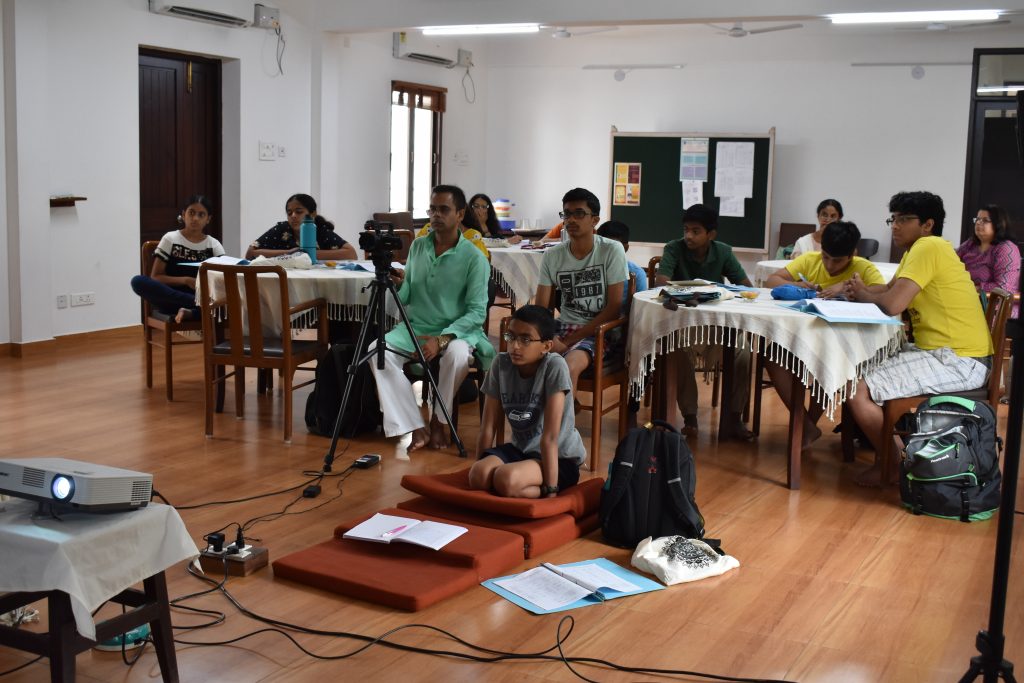
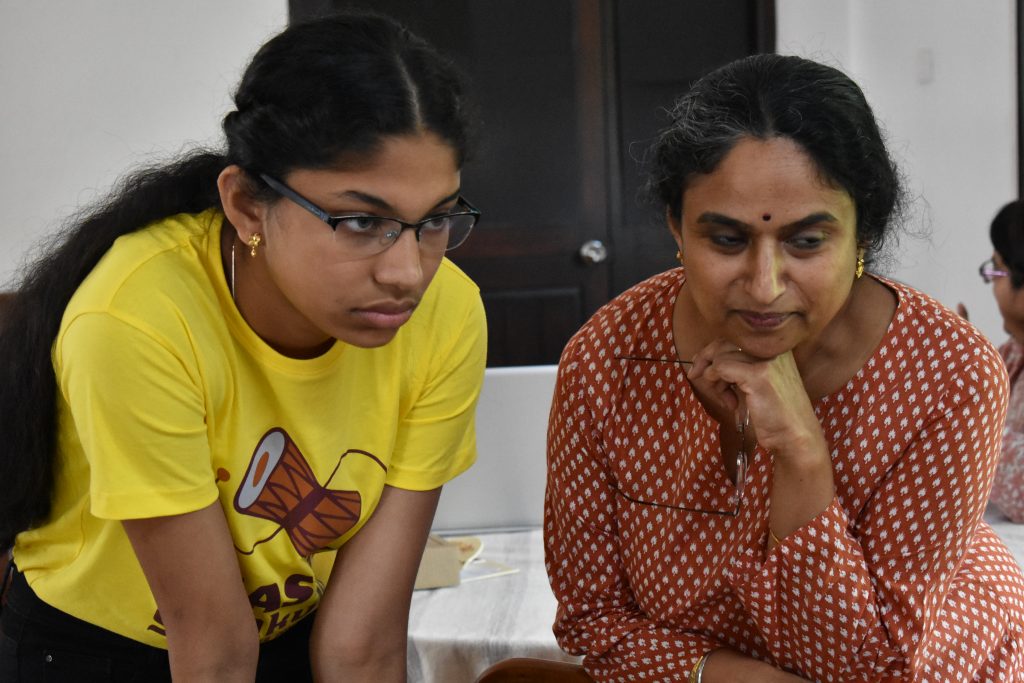
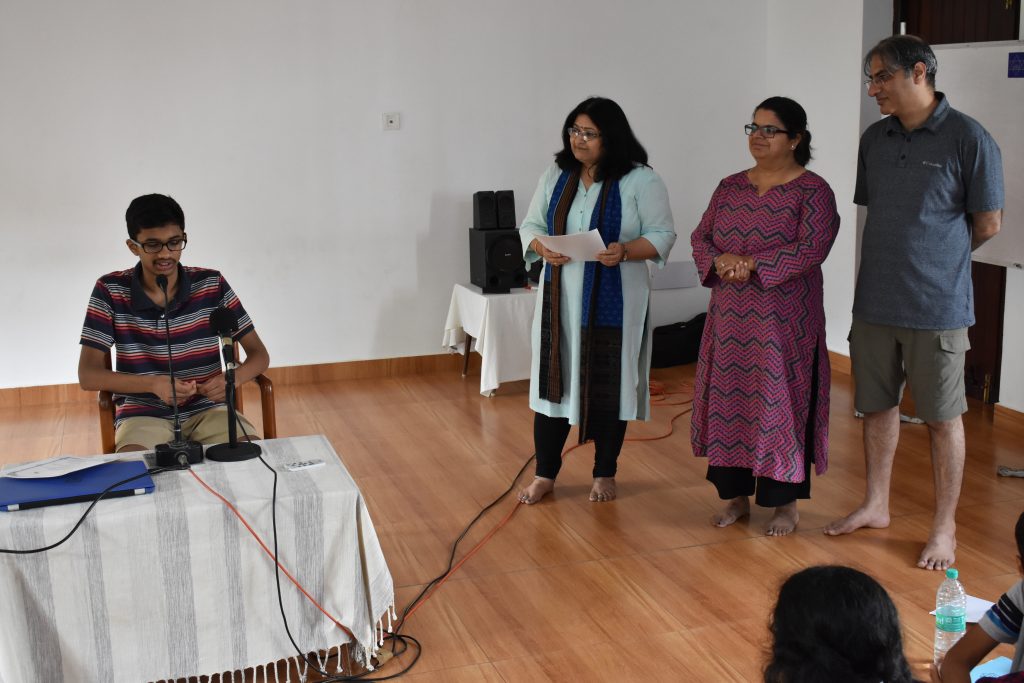
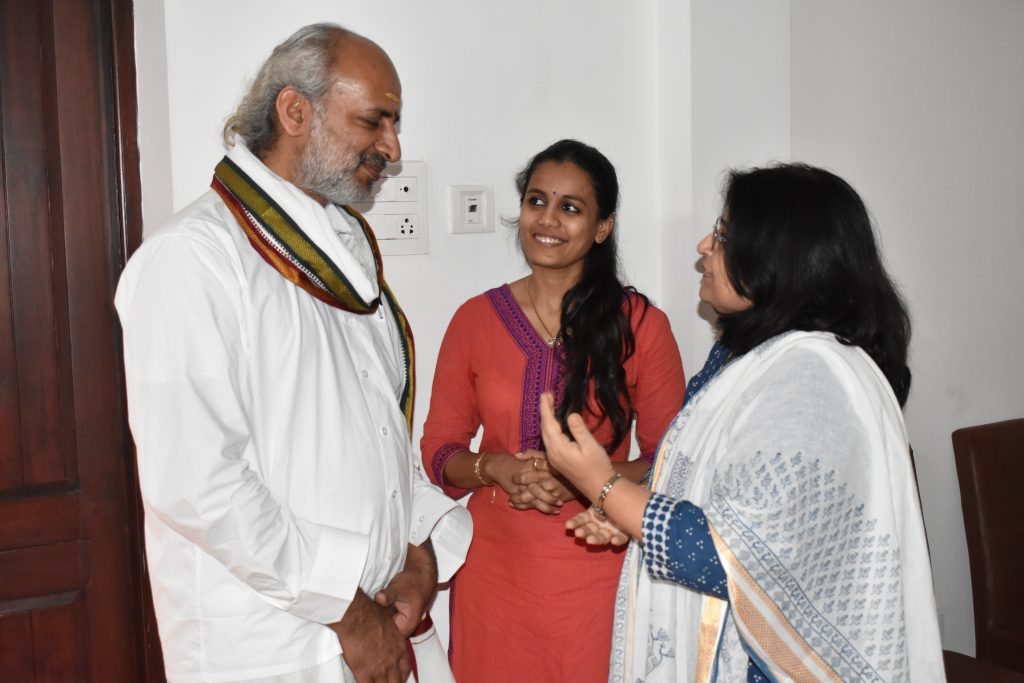
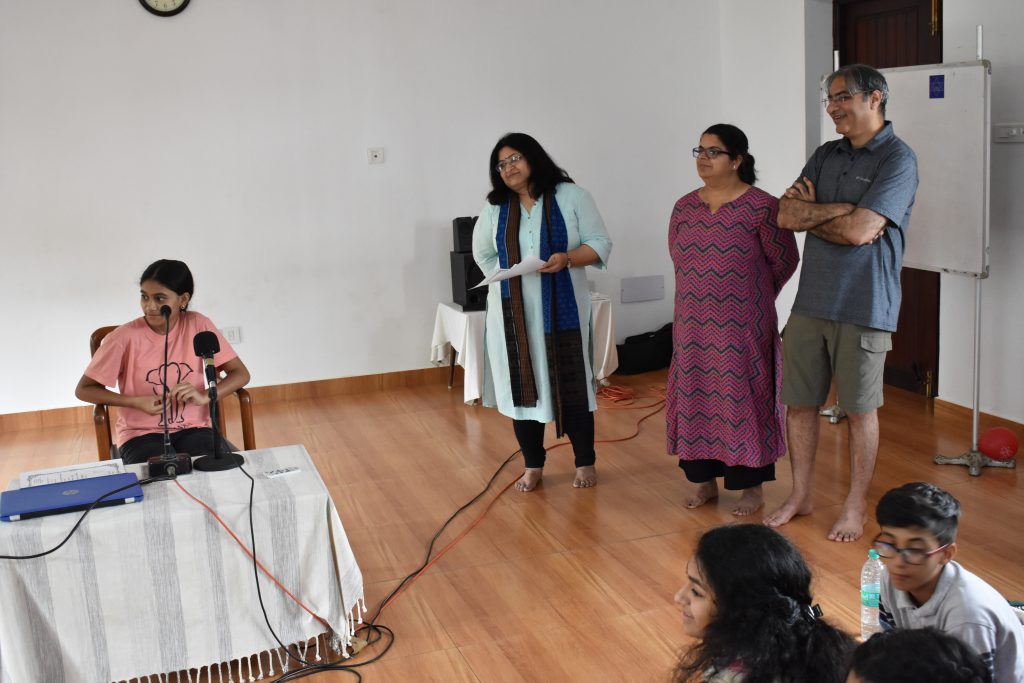
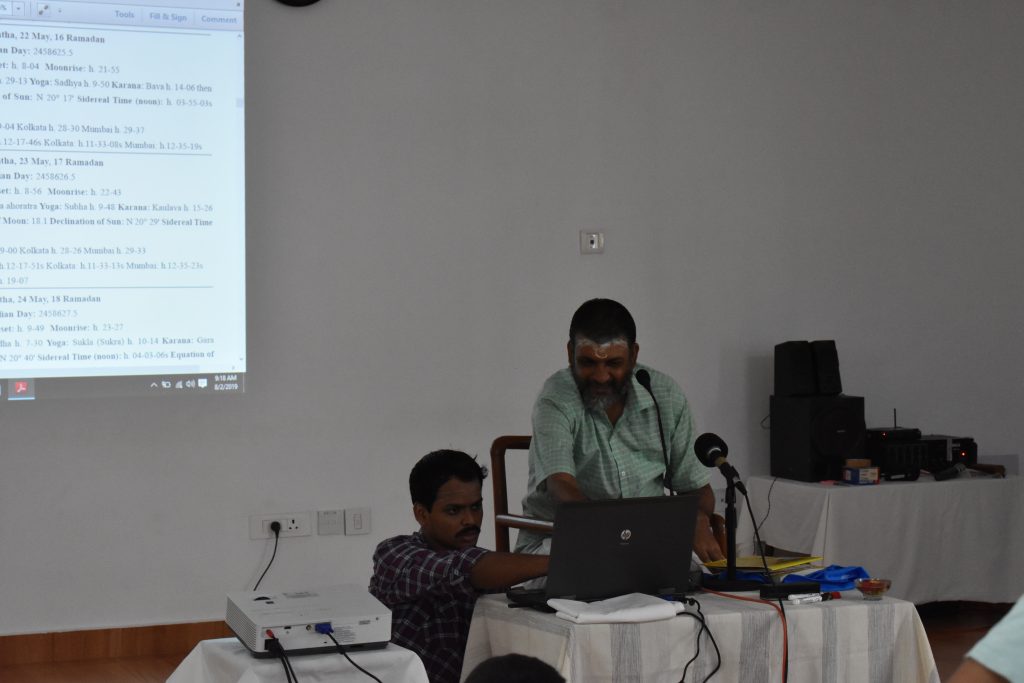
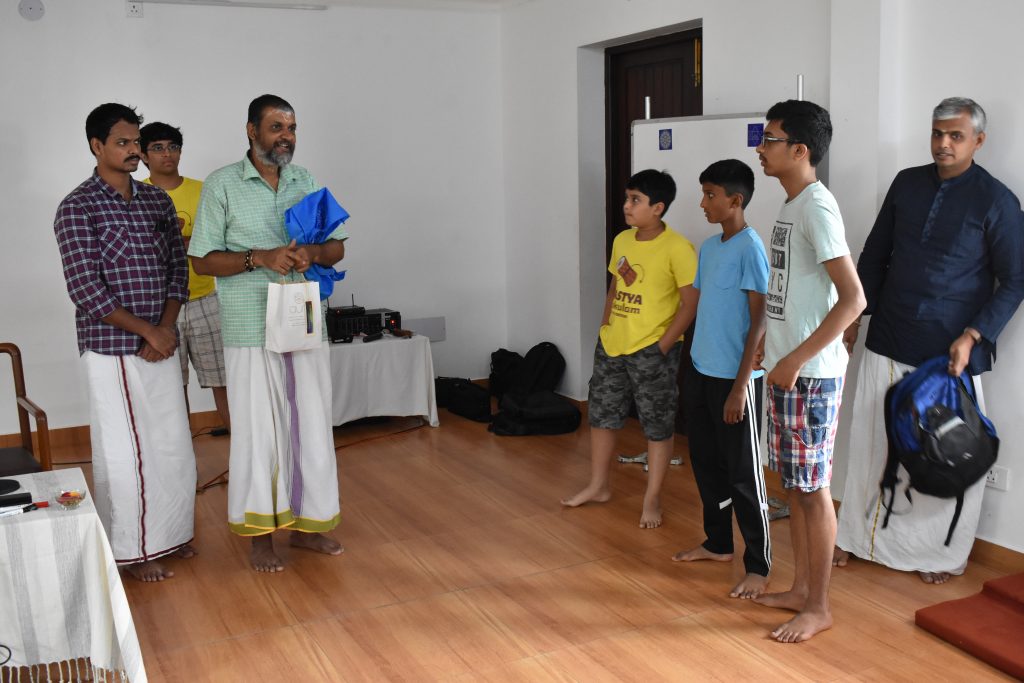
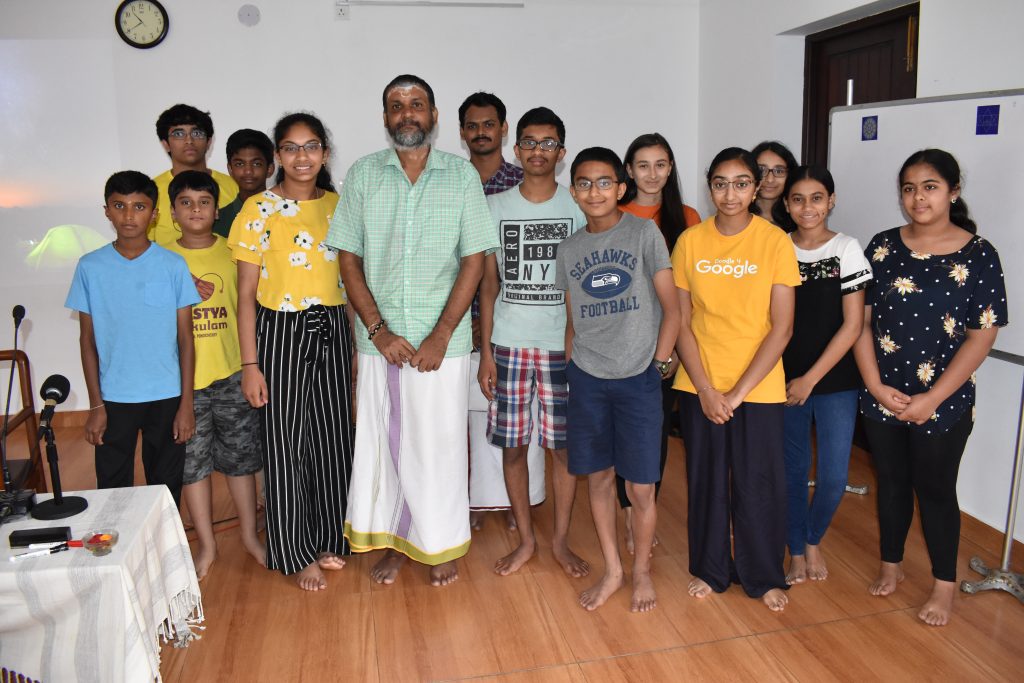
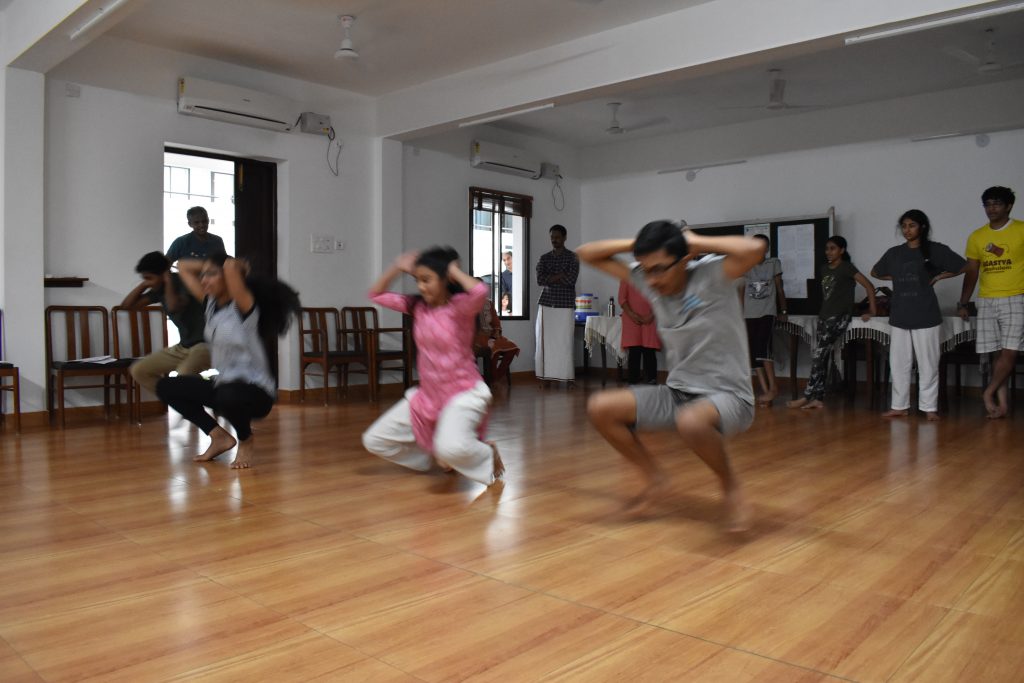
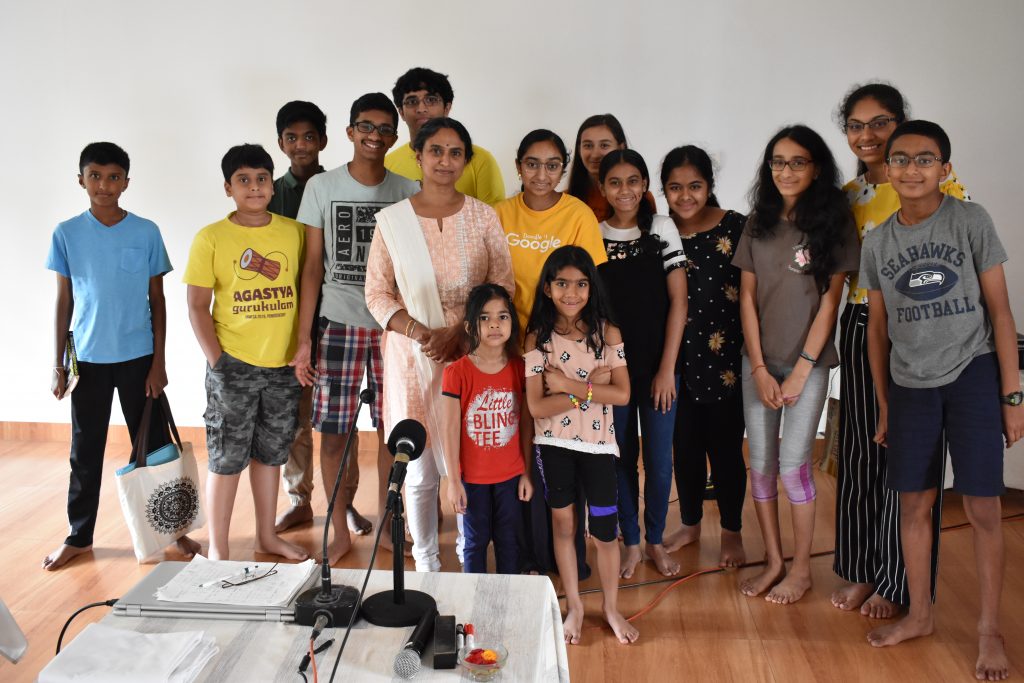
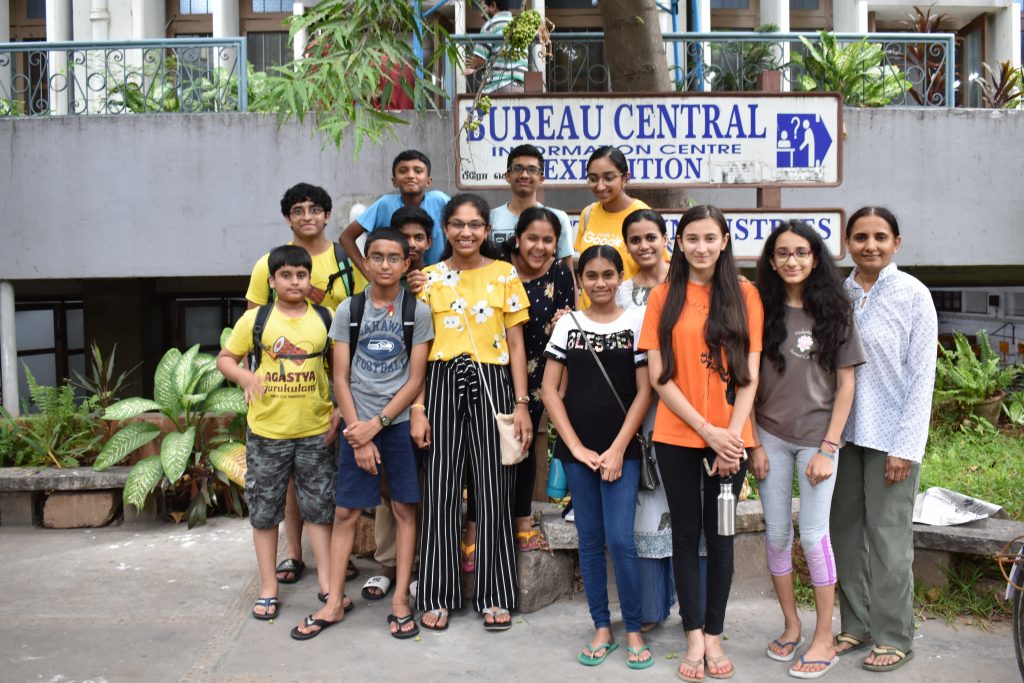
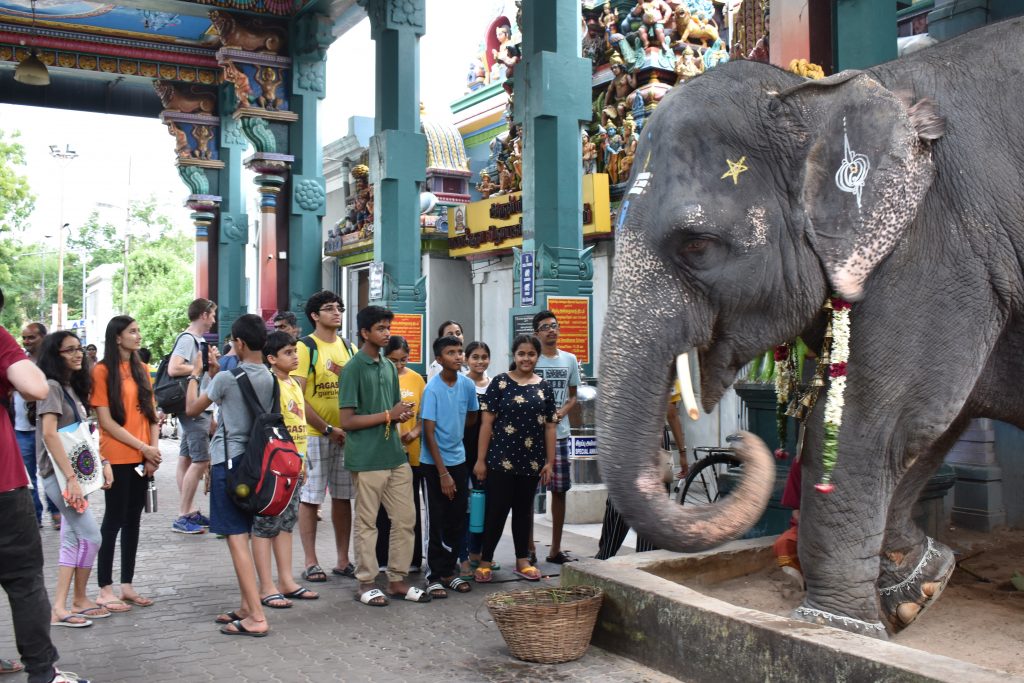
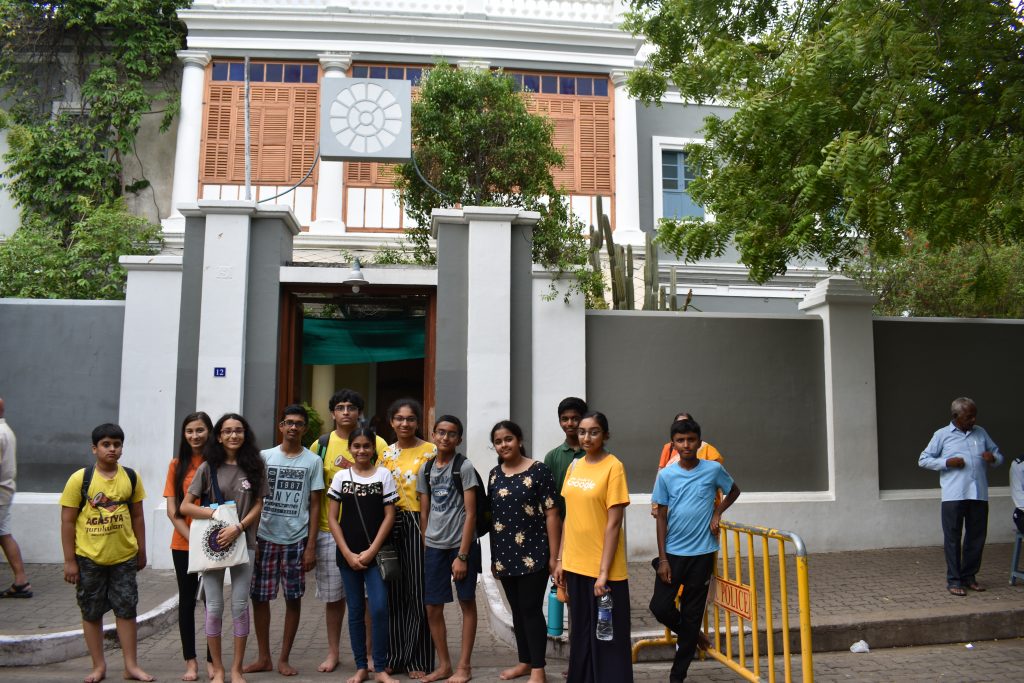
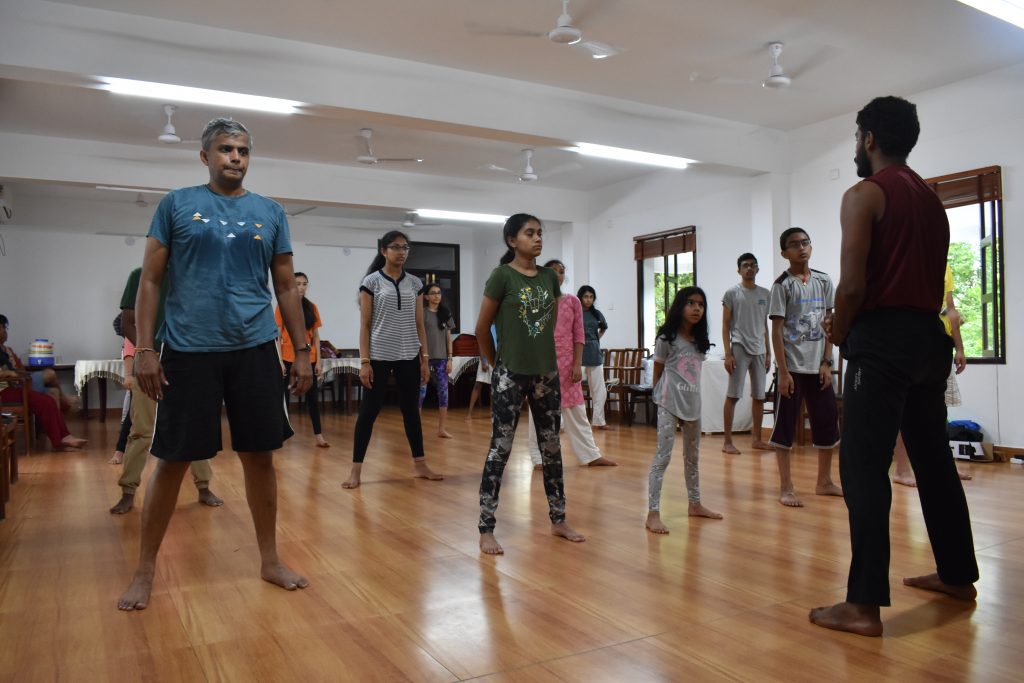
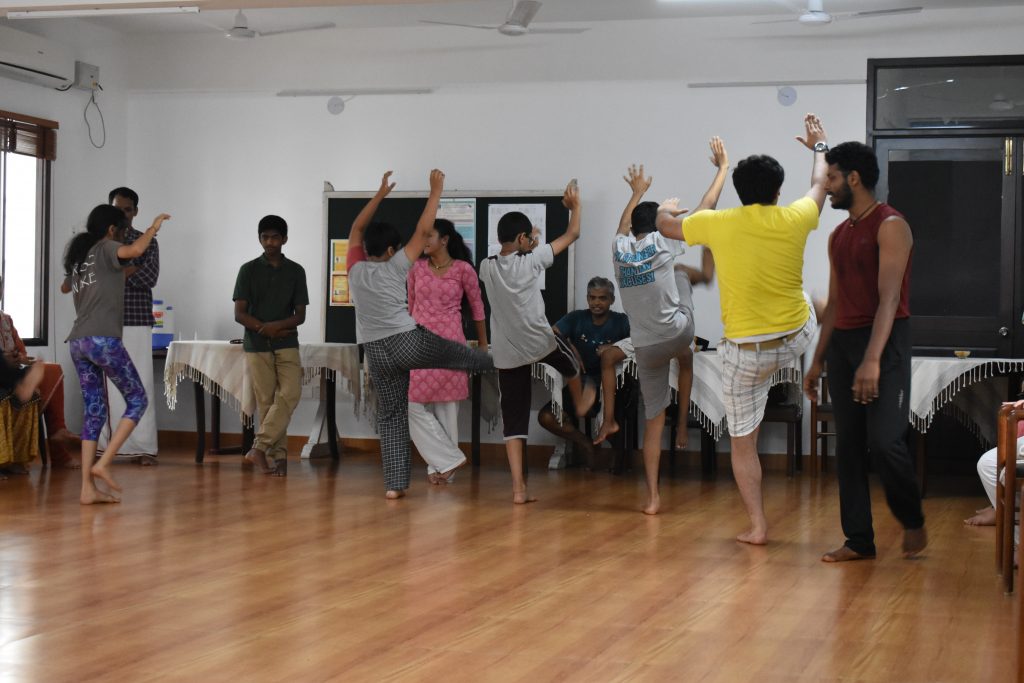
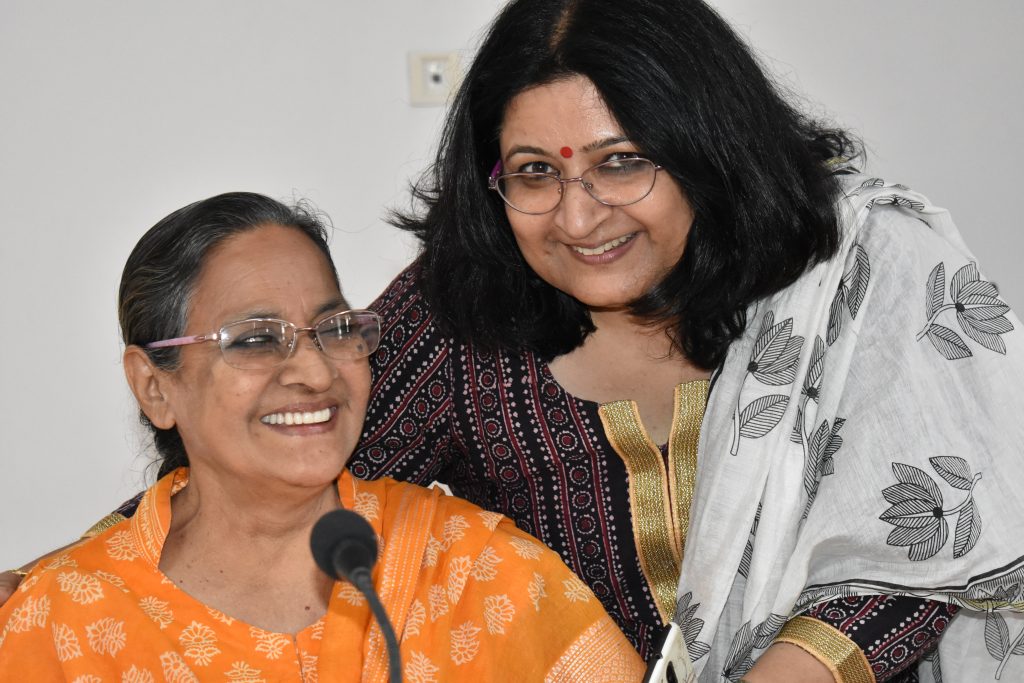
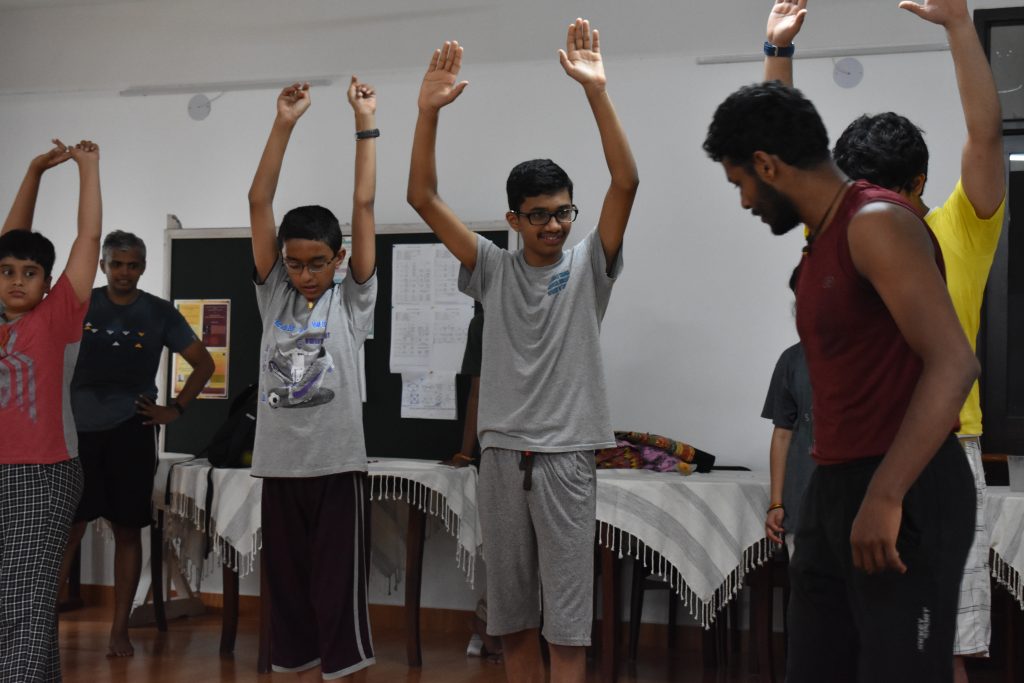
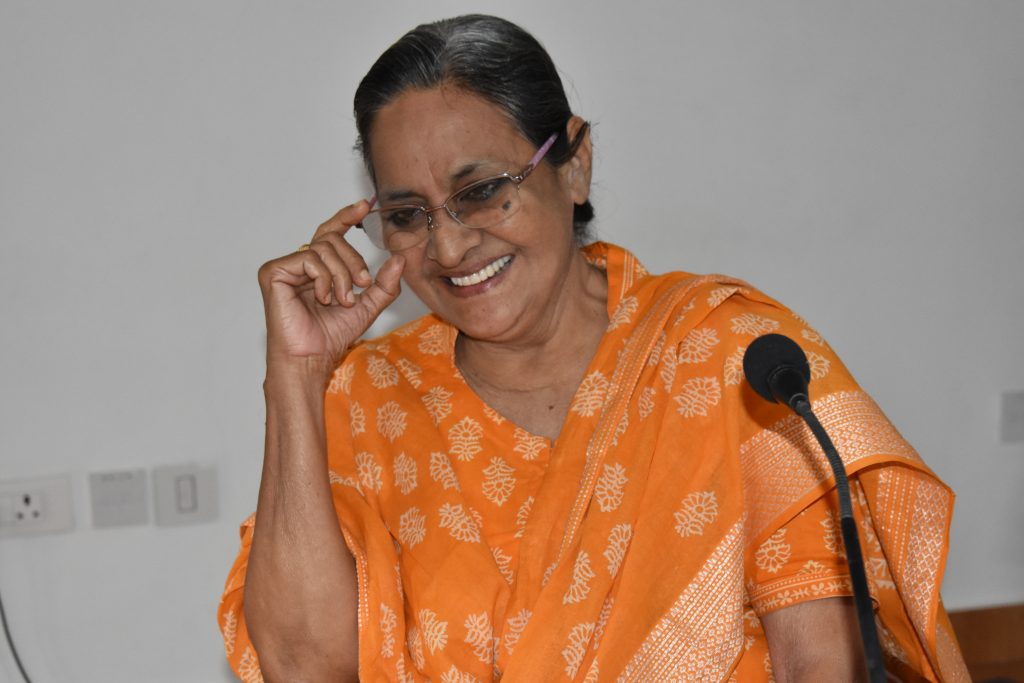
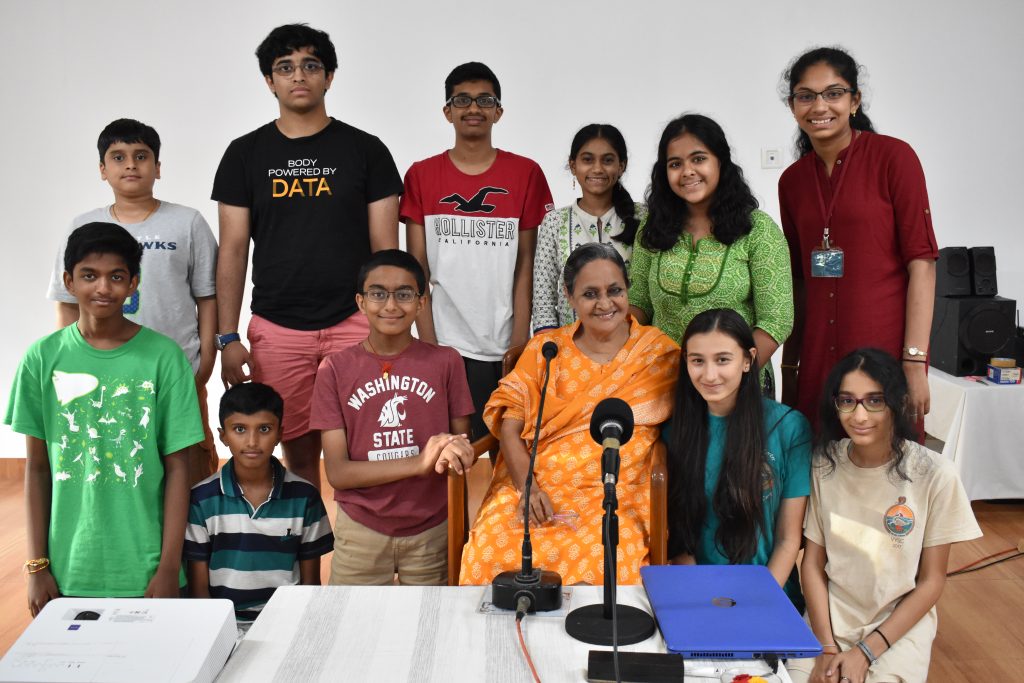
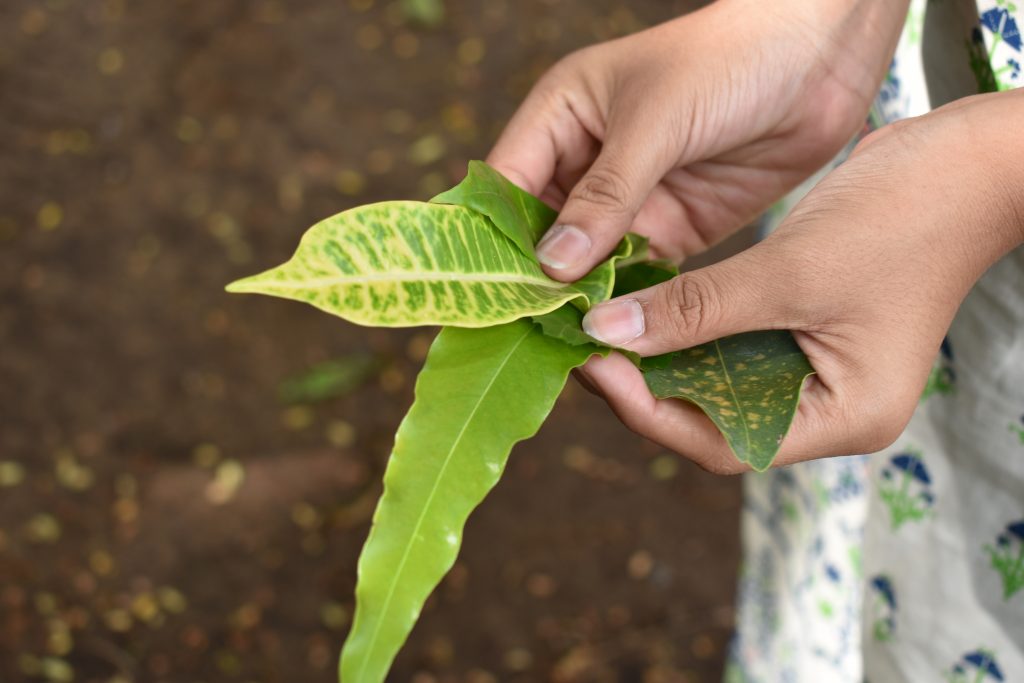
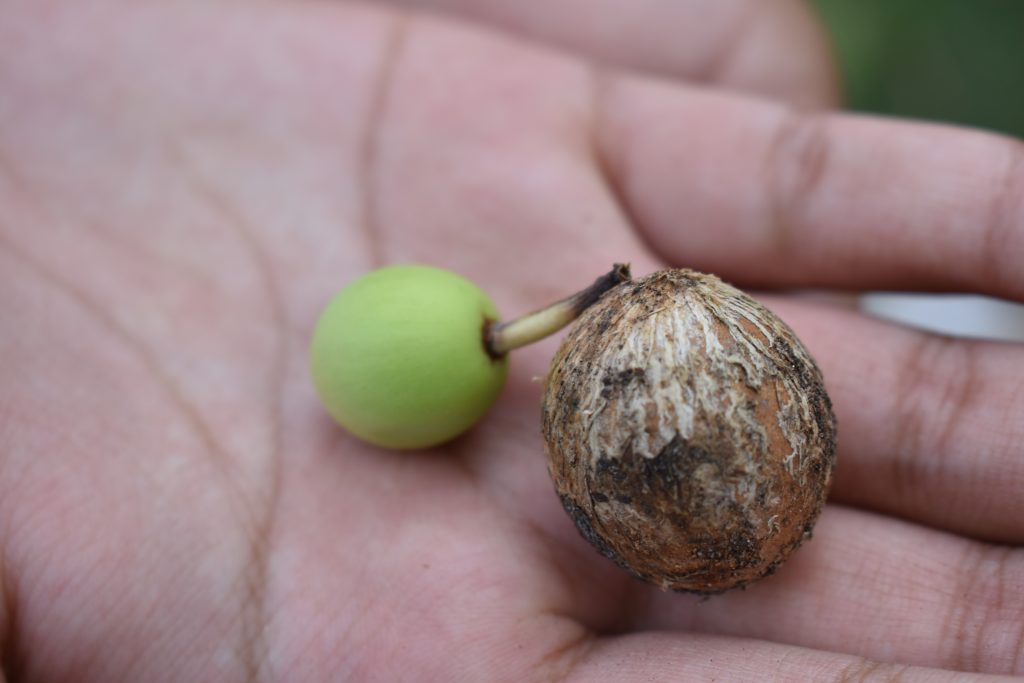
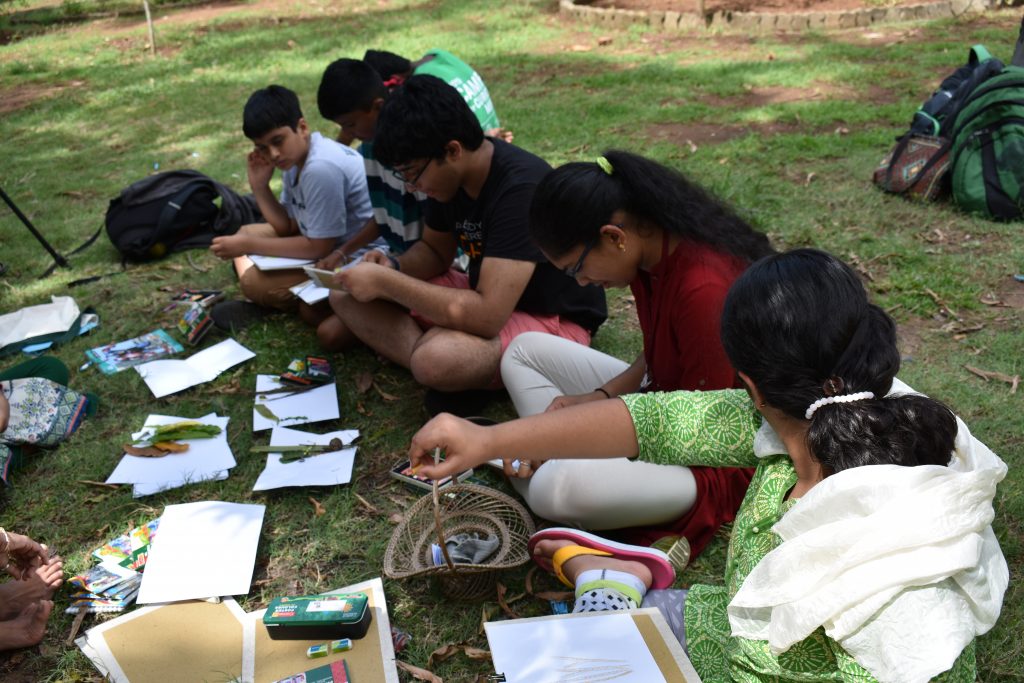
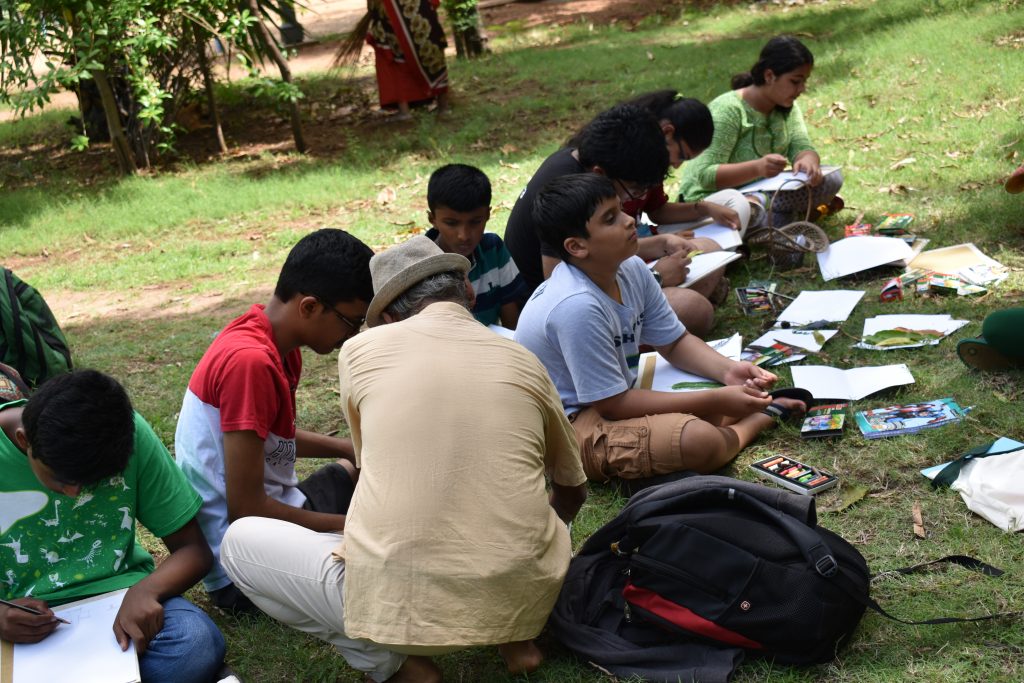
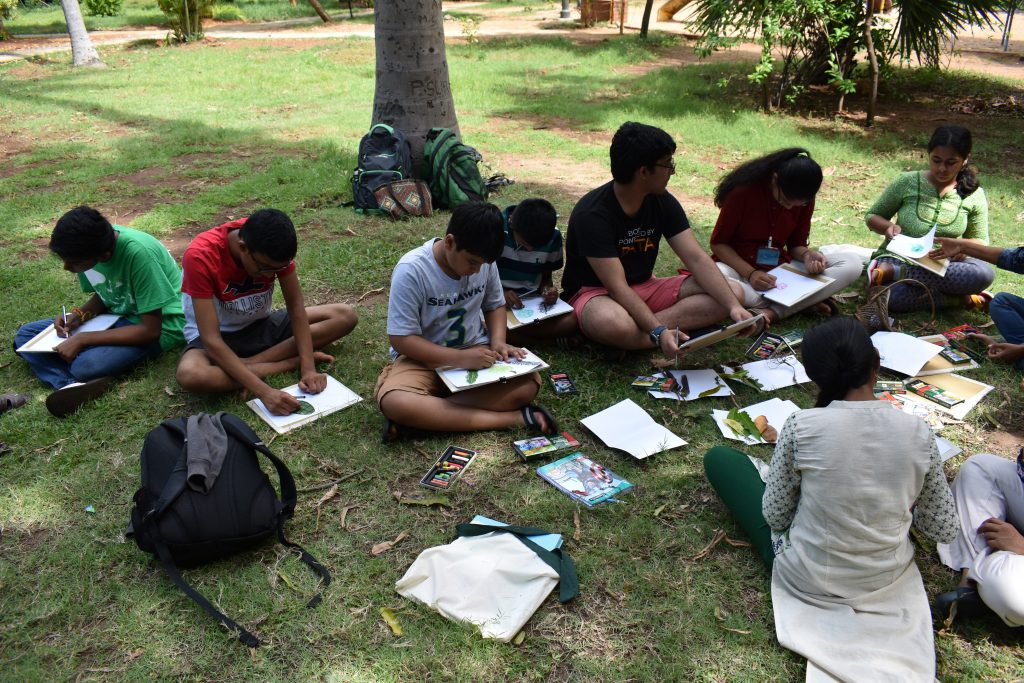
Members of the SAS team were fully engaged with the programme – as teachers, facilitators and volunteers. Dr. Sampadananda Mishra conducted mantra chanting sessions every morning, and also took a few Sanskrit classes. Dr. Beloo Mehra conducted a few sessions to highlight relevant insights and perspectives from Sri Aurobindo and the Mother on some of the topics related to the overall focus of the camp, and also gave the participants a brief introduction to Sri Aurobindo and the Mother.
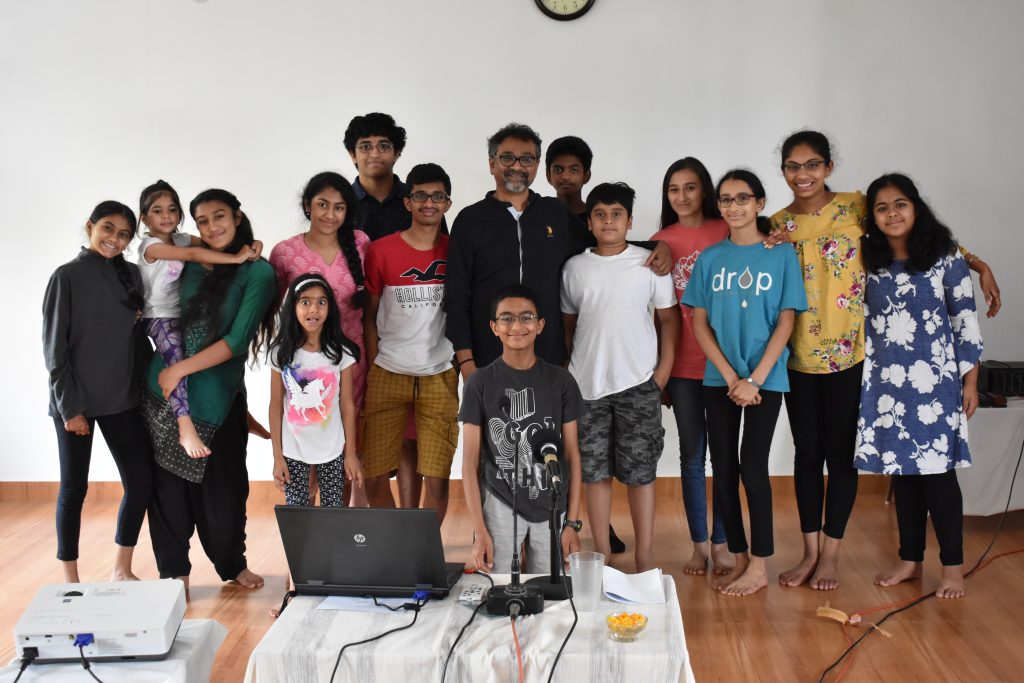
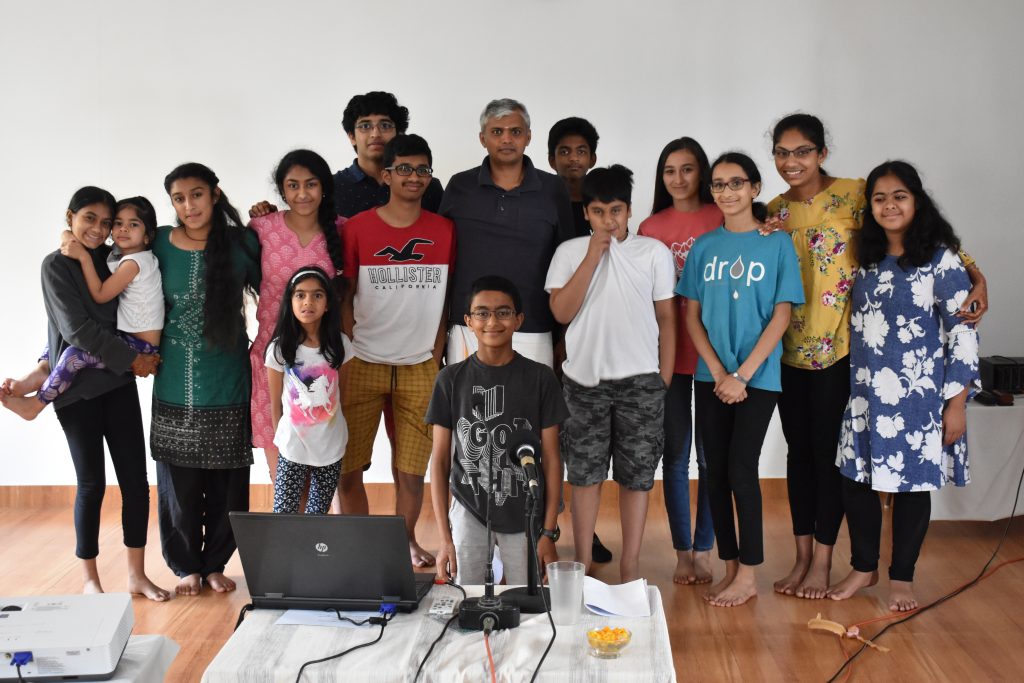
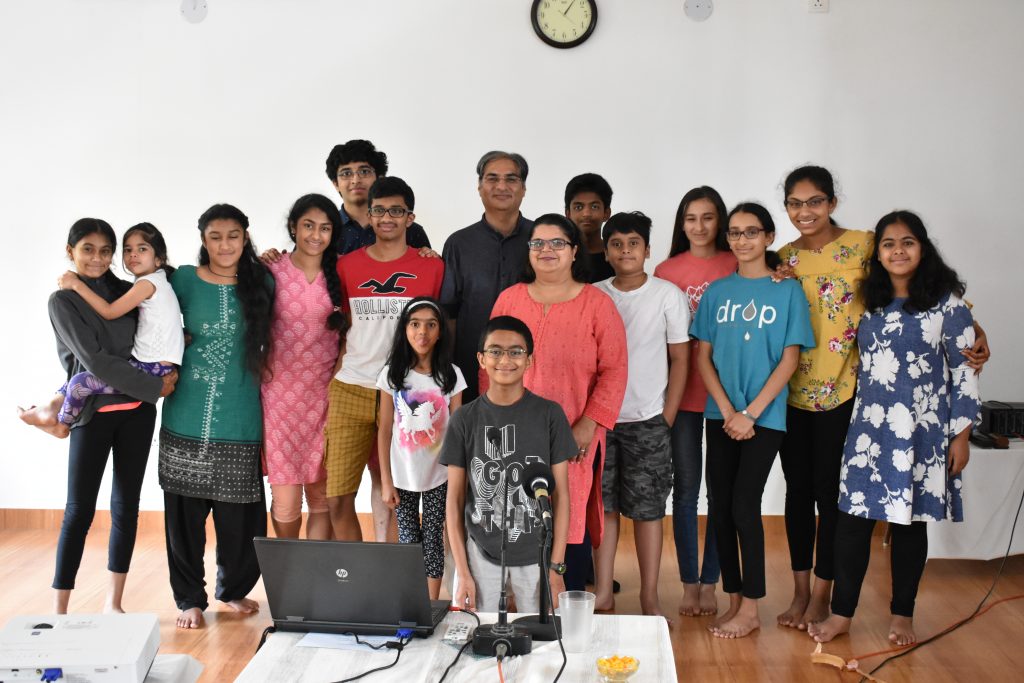
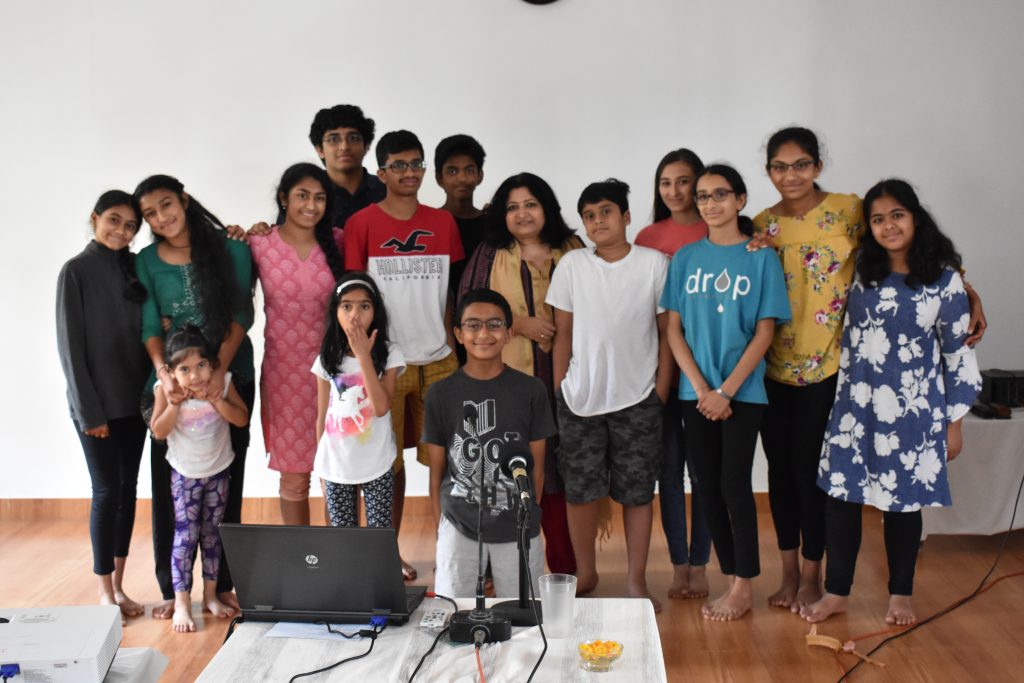
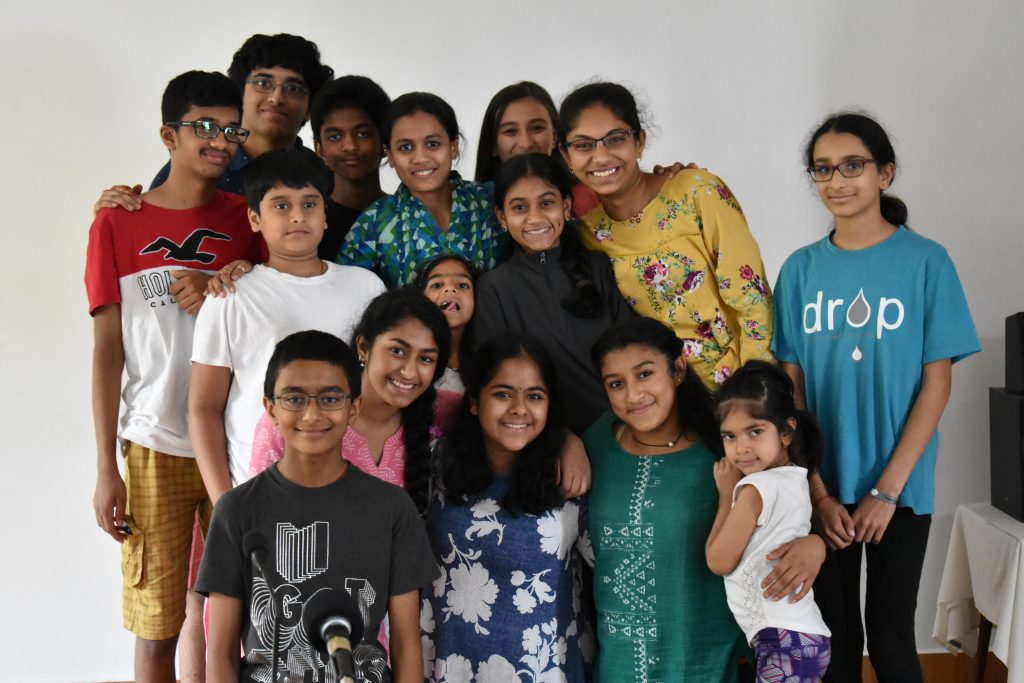
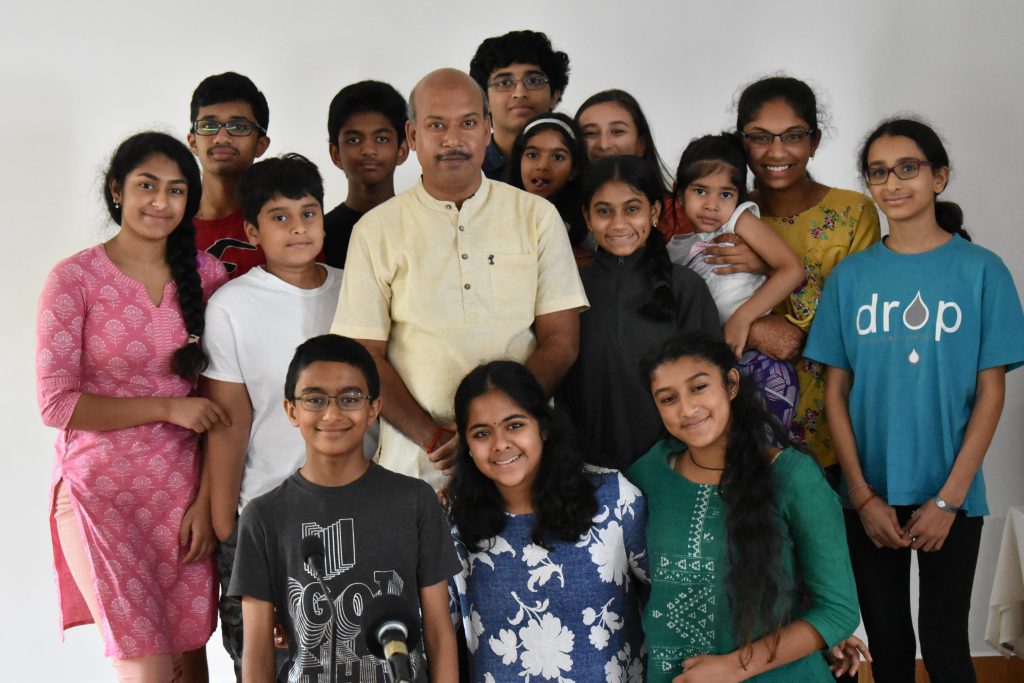
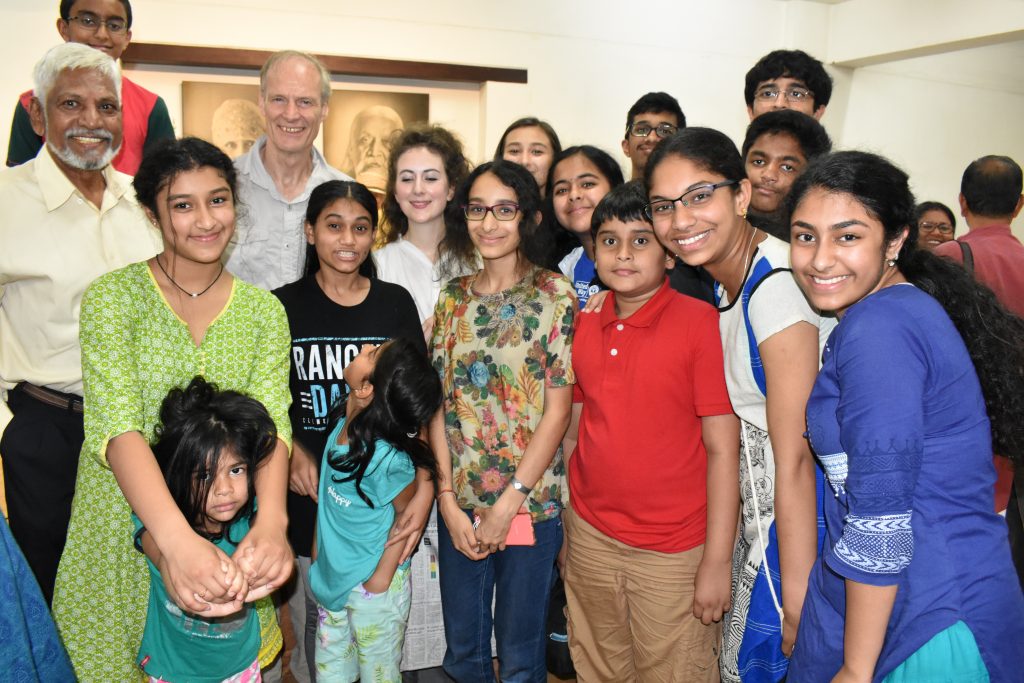
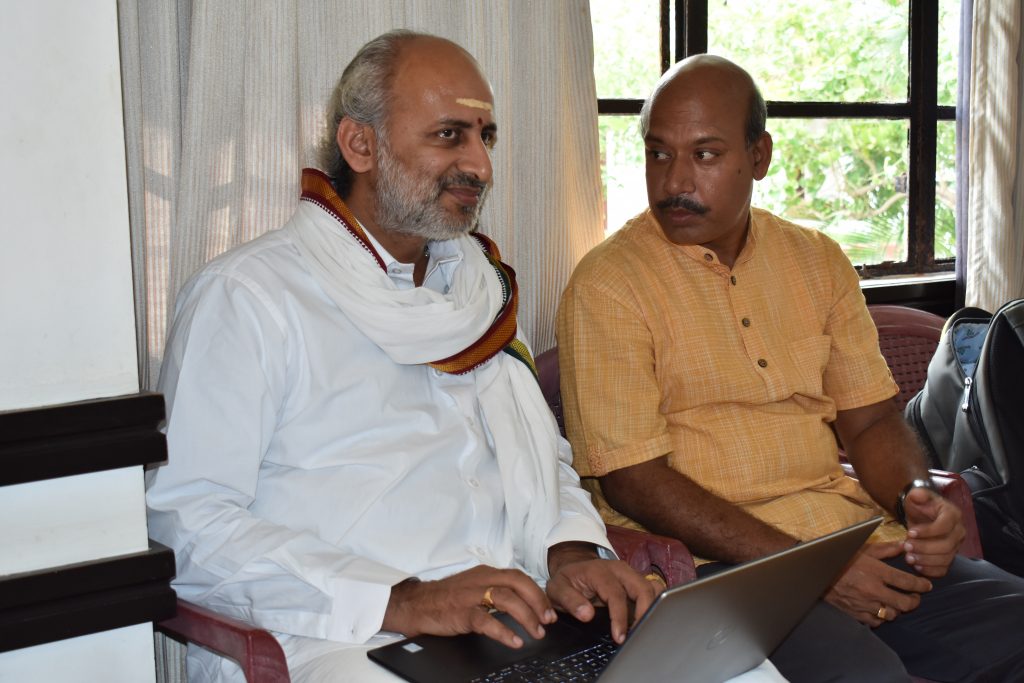
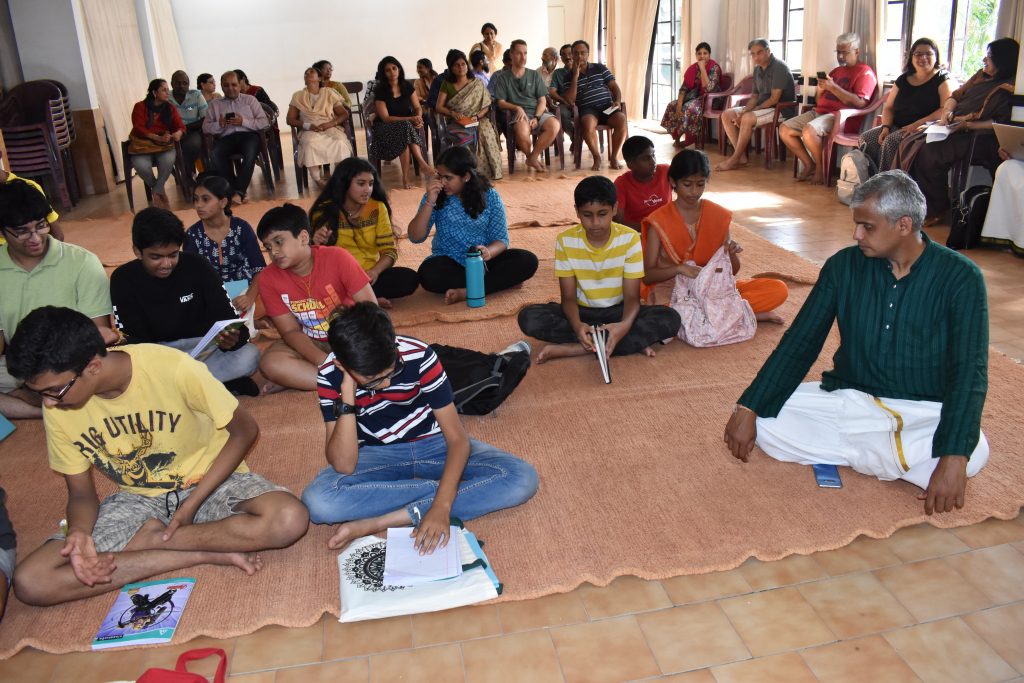
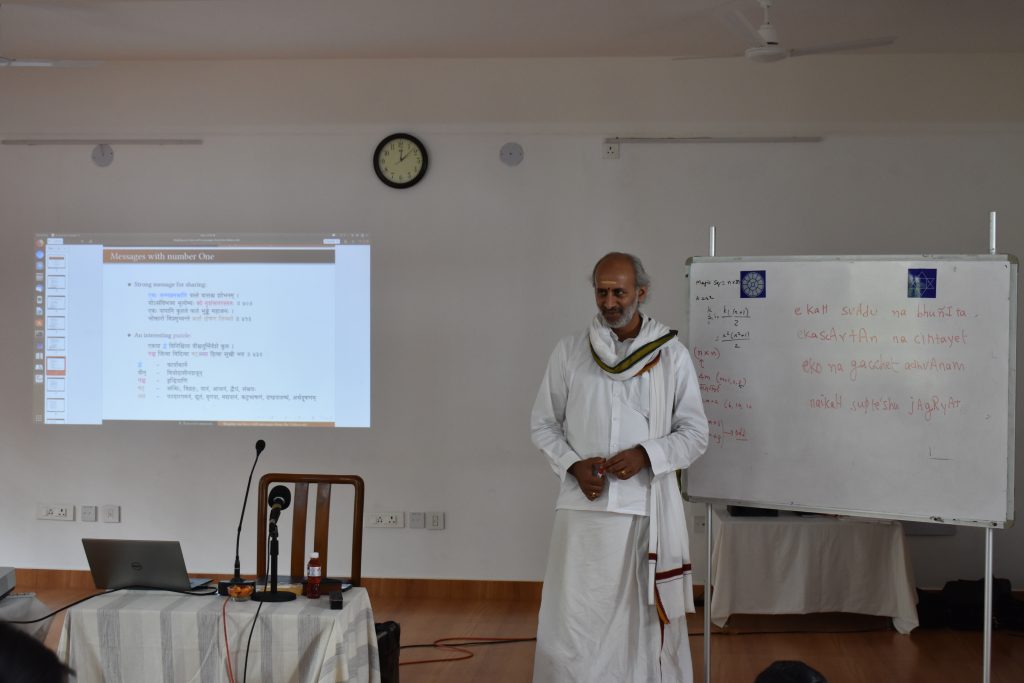
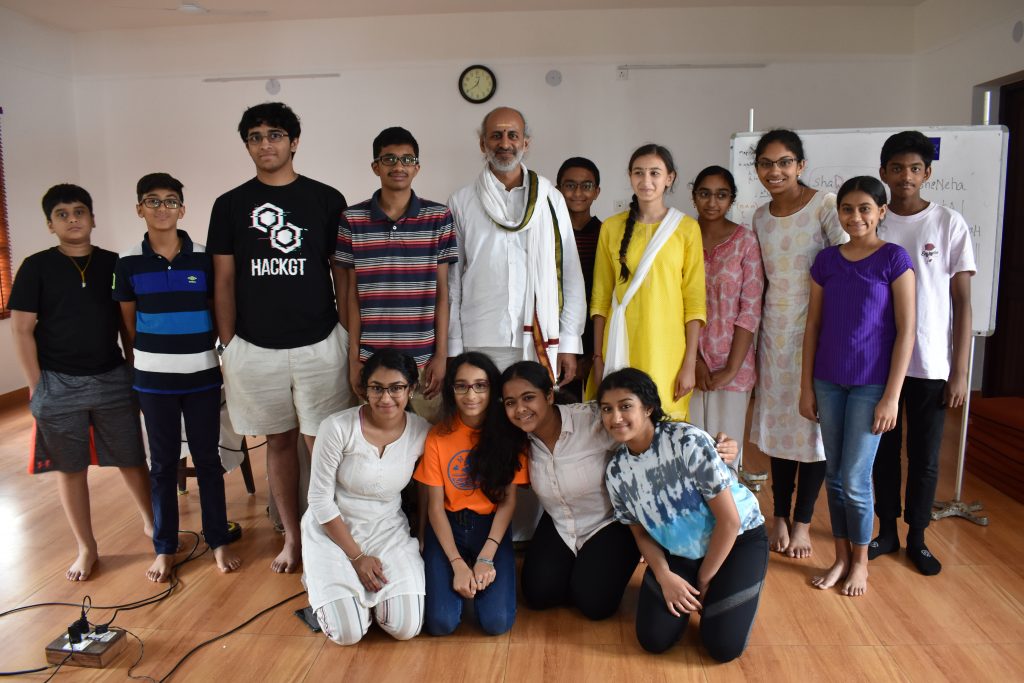
Dr. Sharanya Reddy, who volunteers for Sri Aurobindo Society, also conducted a few sessions related to scientific and mathematical heritage of India. Deven Shah and Mousumi Mukherjee from Auroville who are also part of Society’s volunteer team, provided invaluable support in organising and guiding the group’s visit to Auroville. Abhipsa from Navavihan guided the group on their visit to Mahabalipuram. Dr. Prabhjot Kulkarni, one of SAS resource persons, conducted a very interesting session on Introduction to Sikhism. Sh. Nirvaya Padhi took a small session to give some tips from Ayurveda.
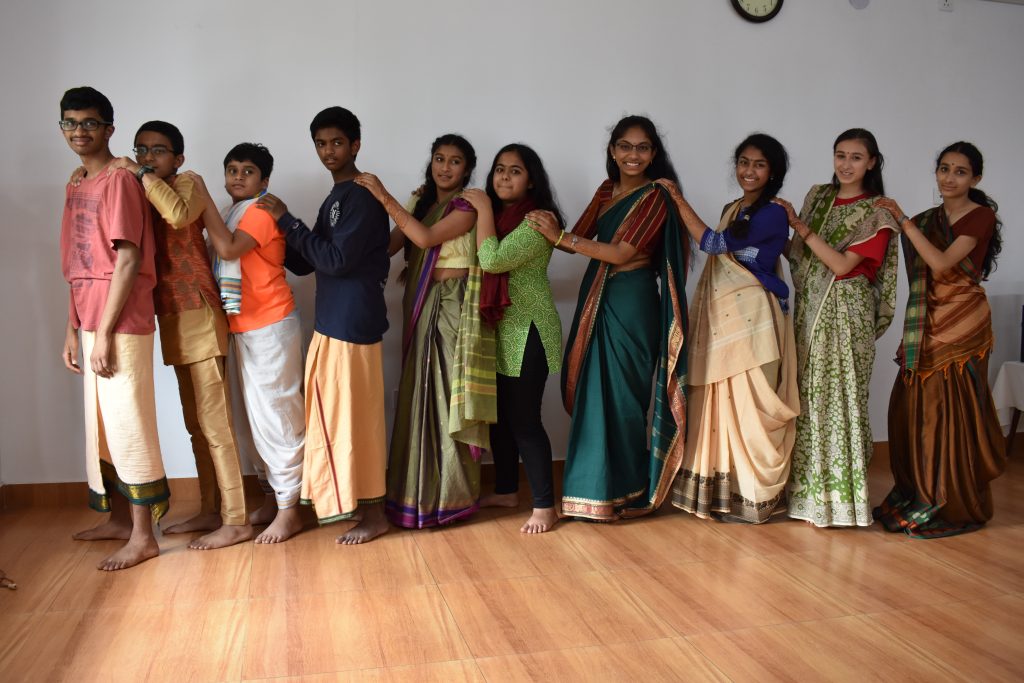
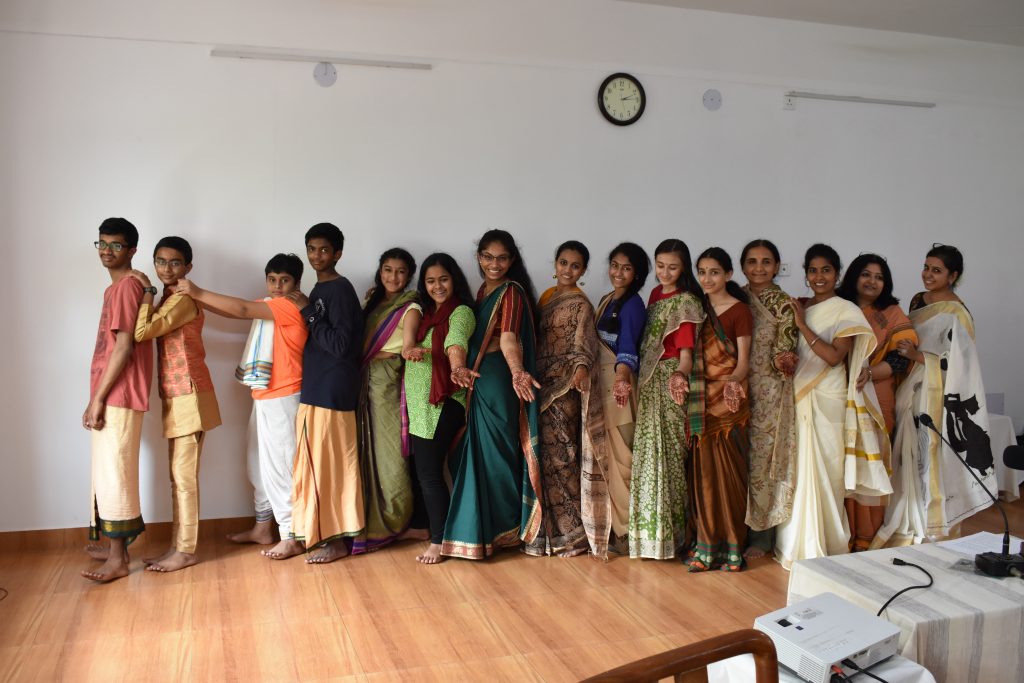
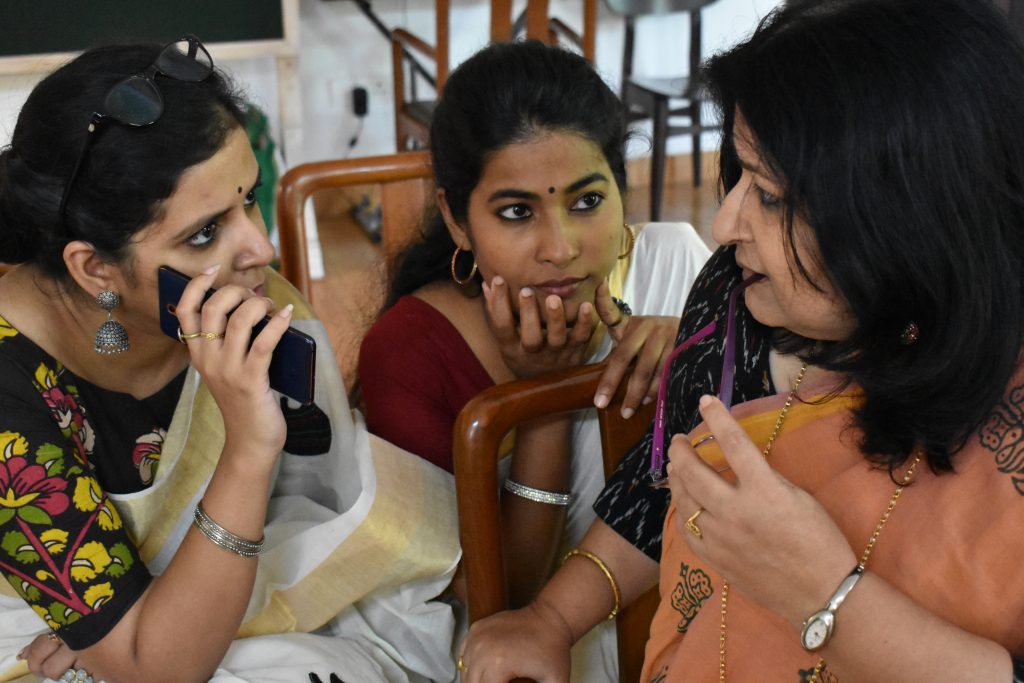
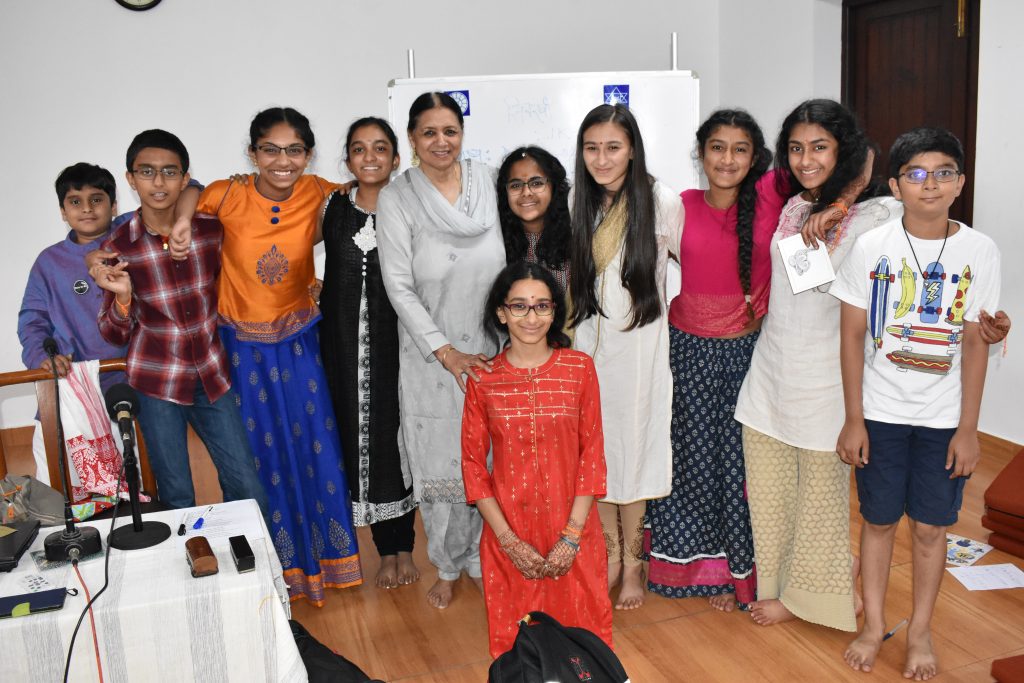
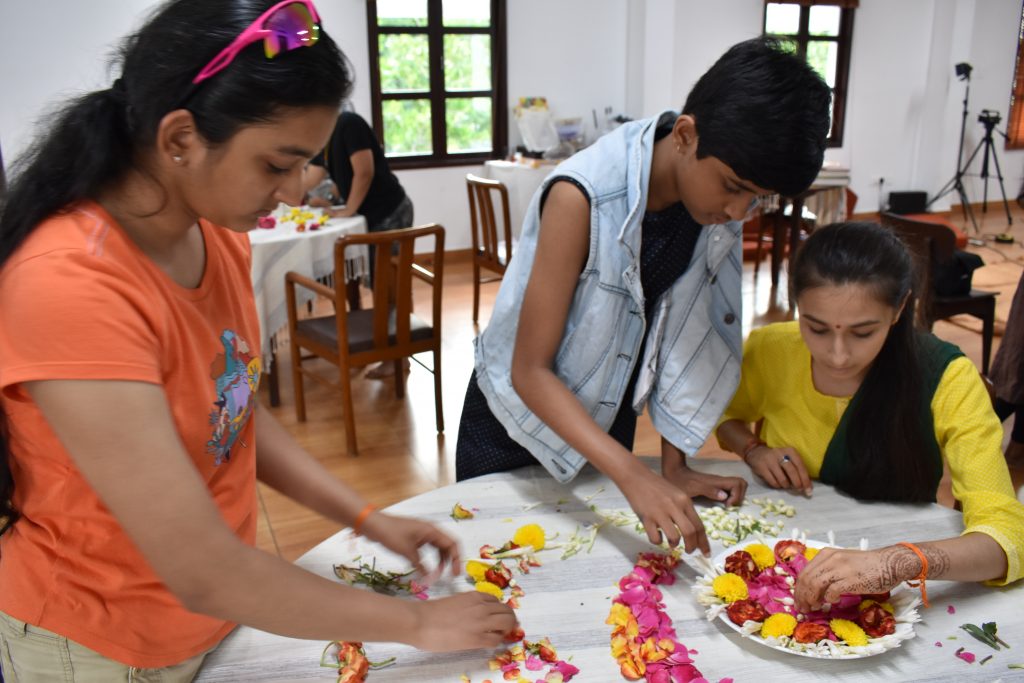
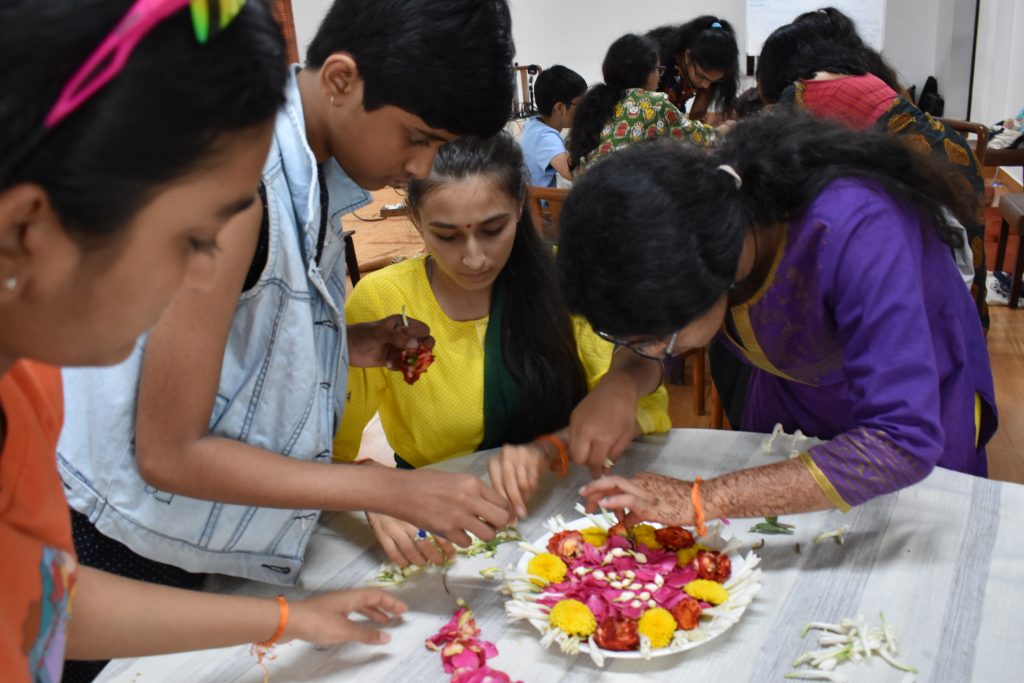
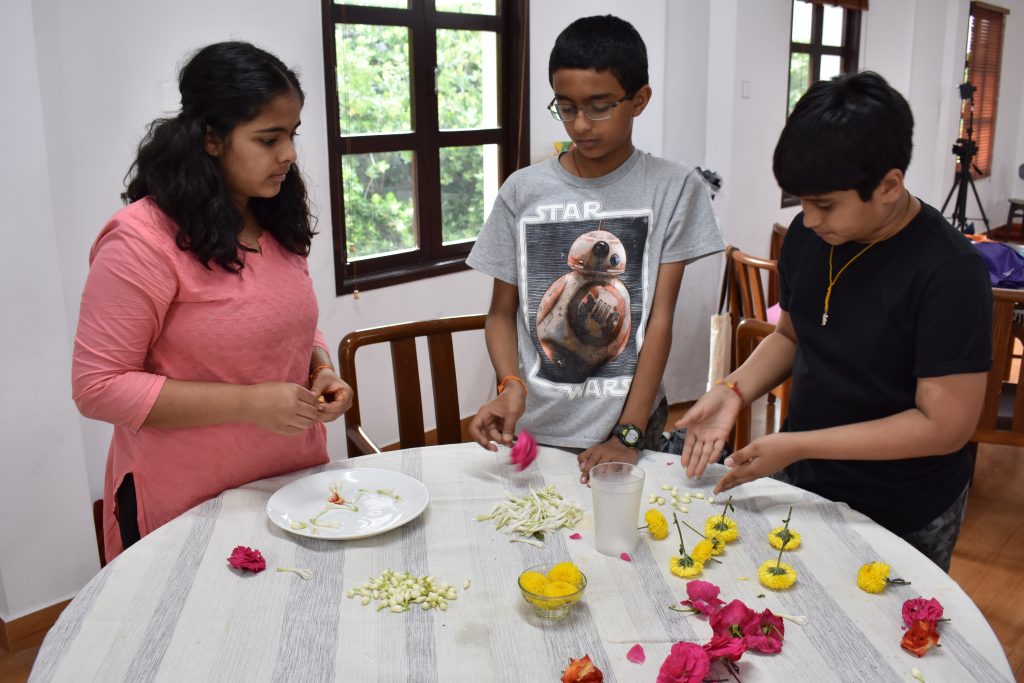
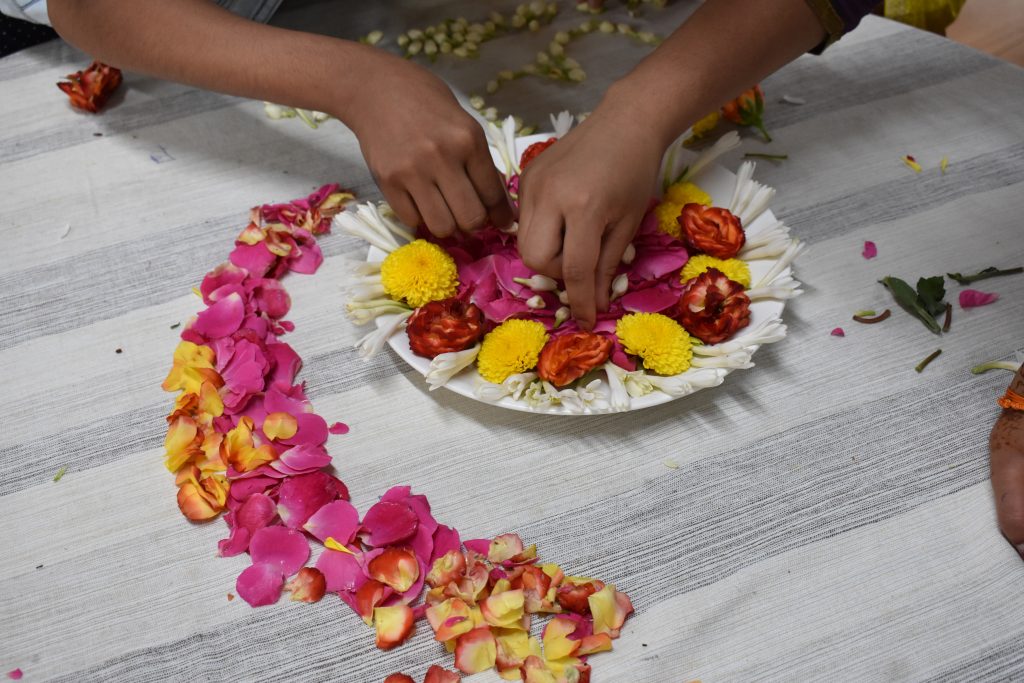
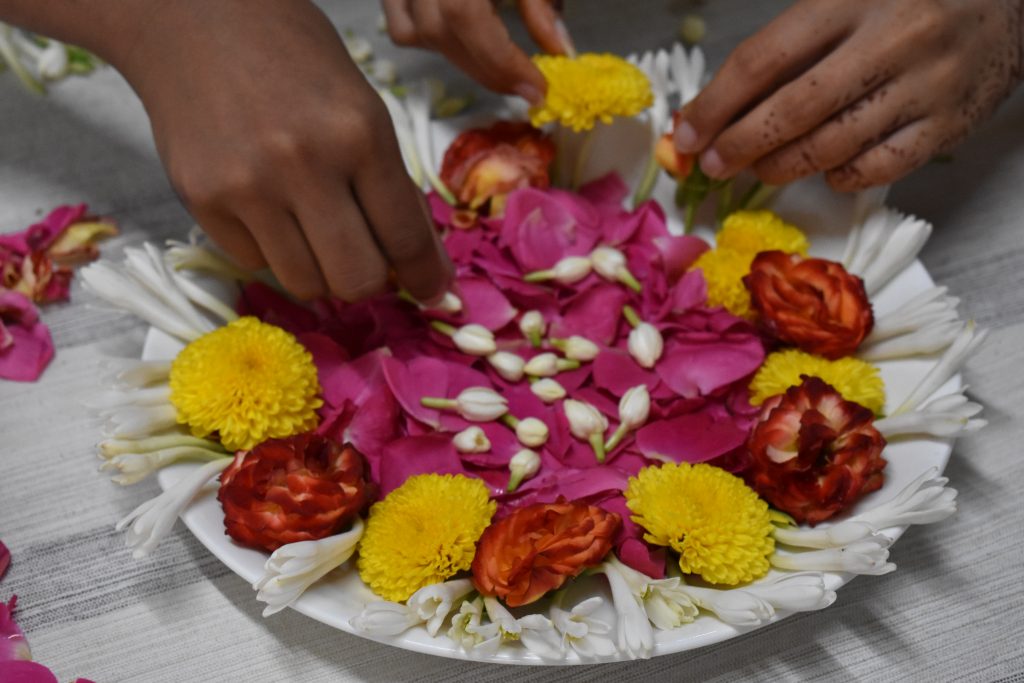
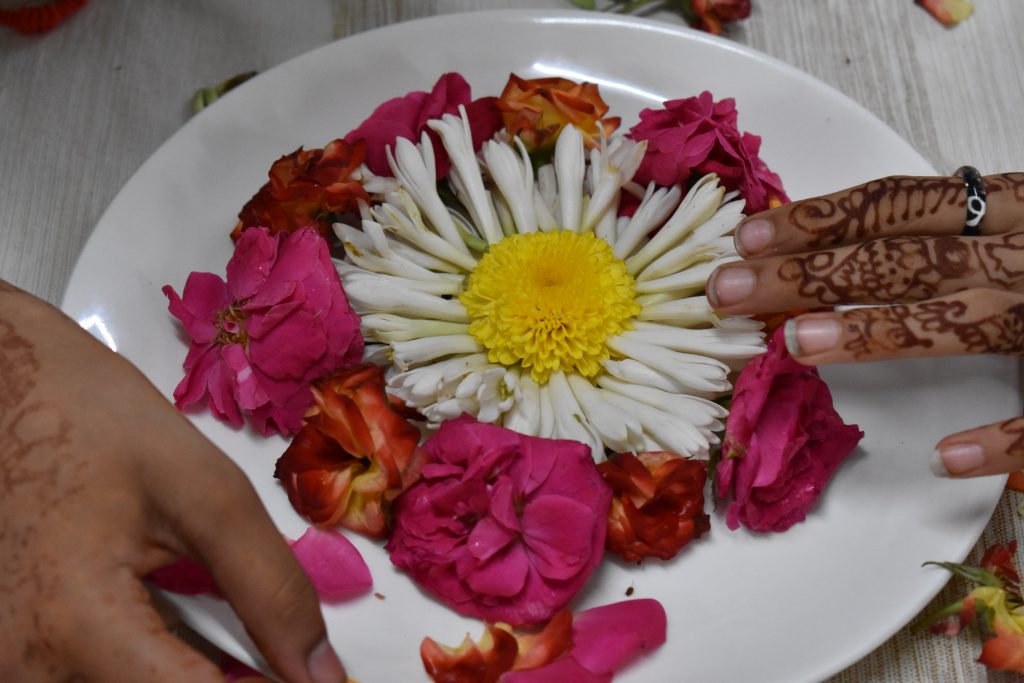
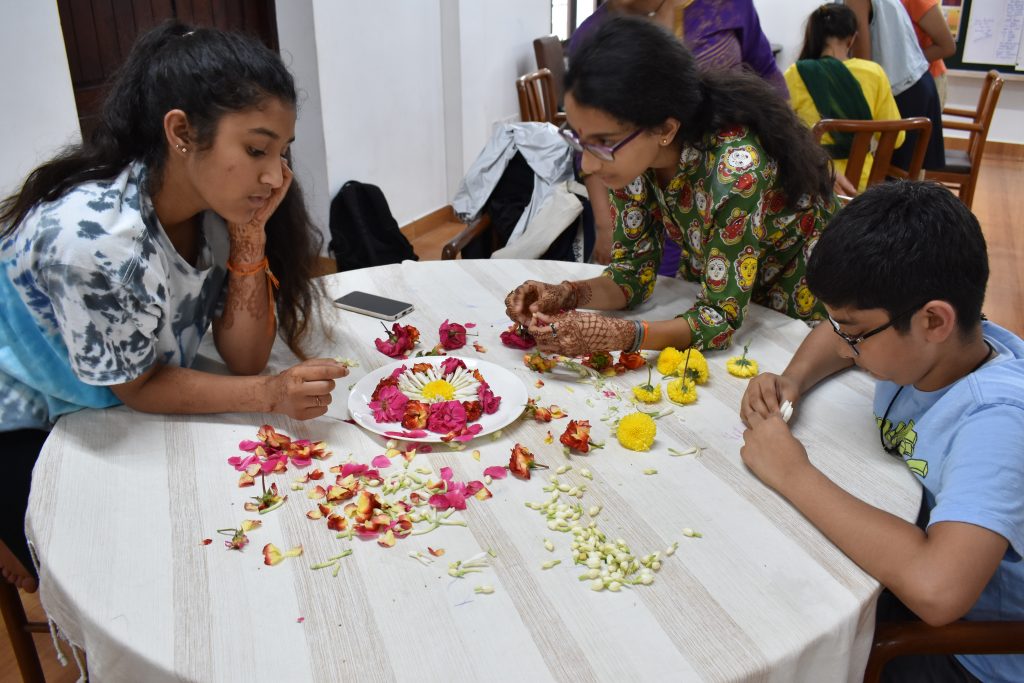
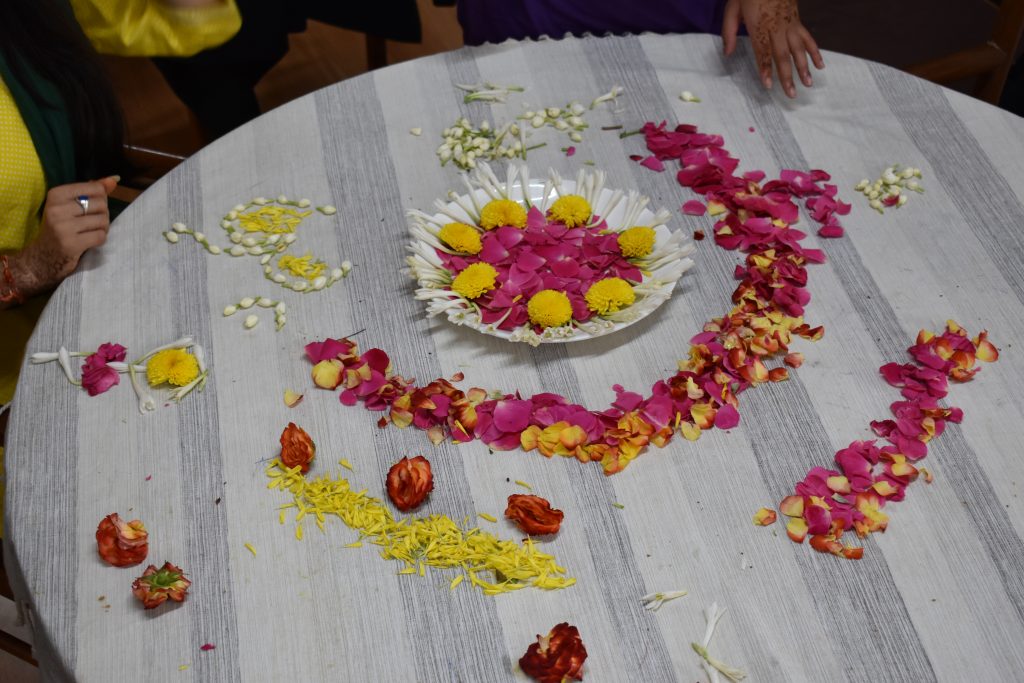
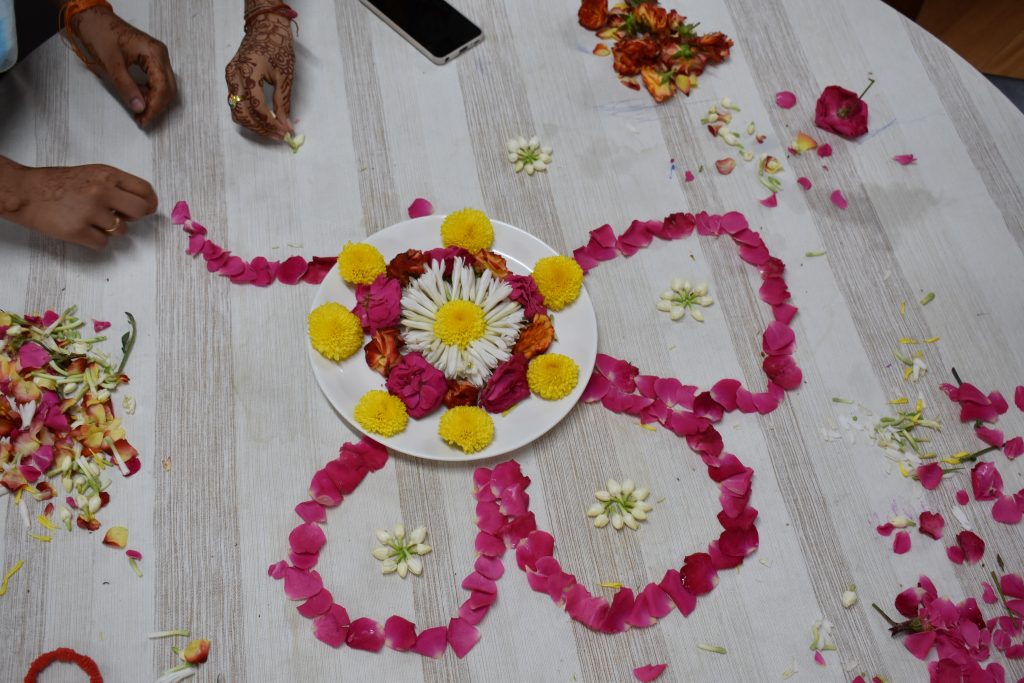
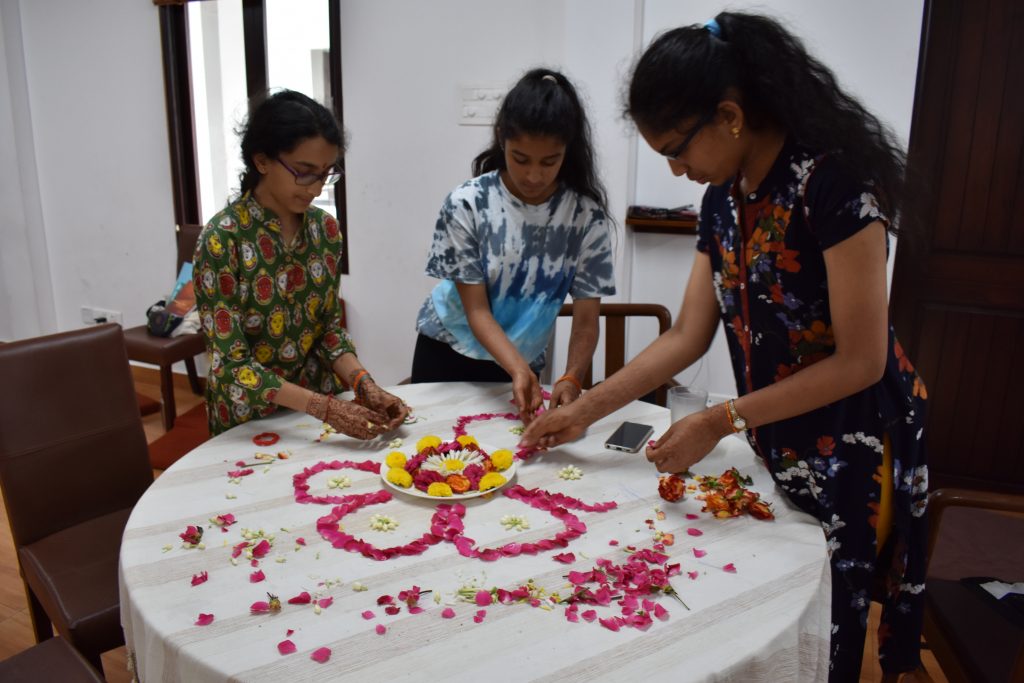
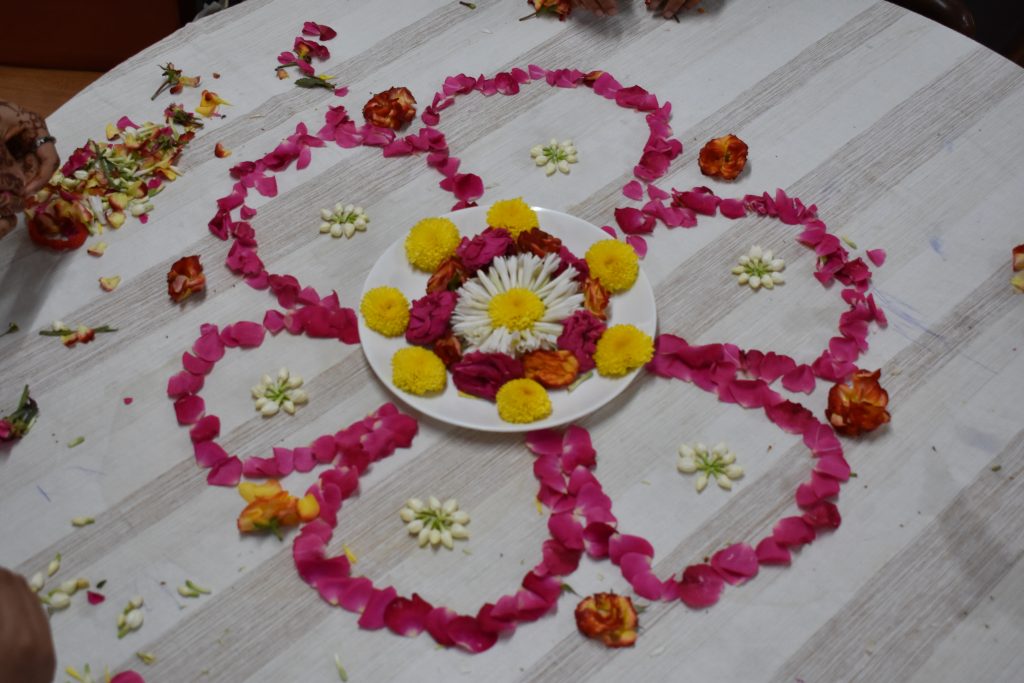
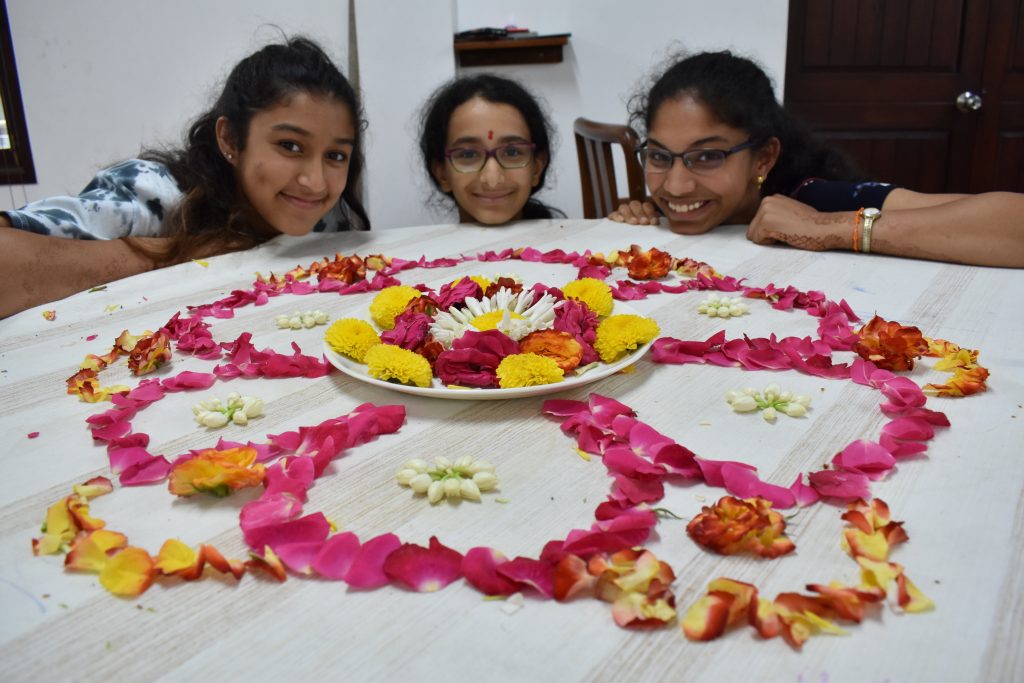
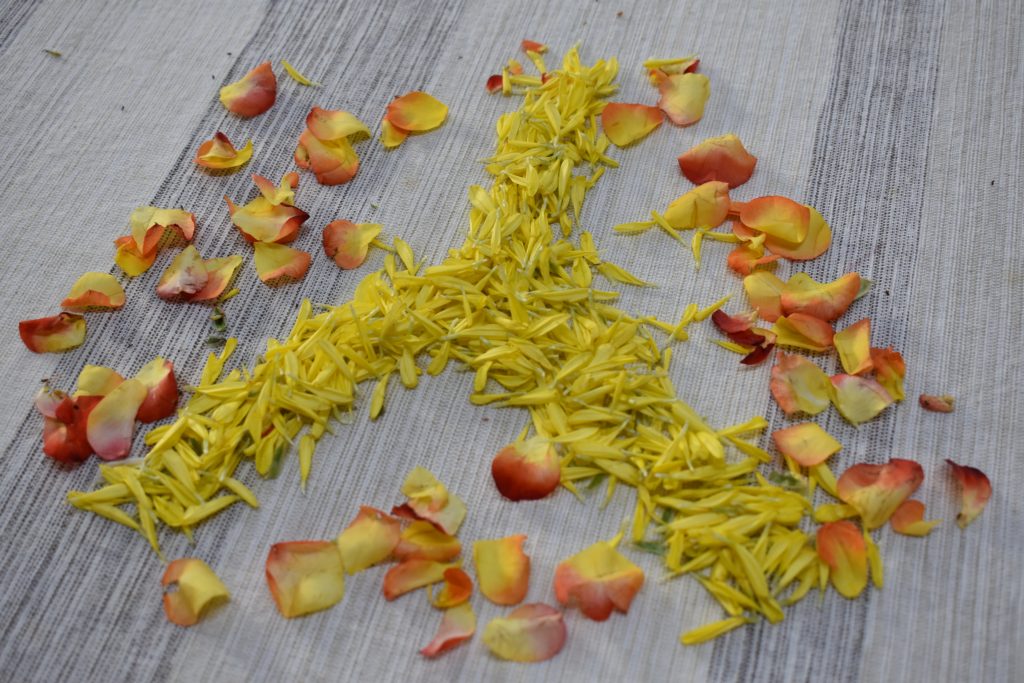
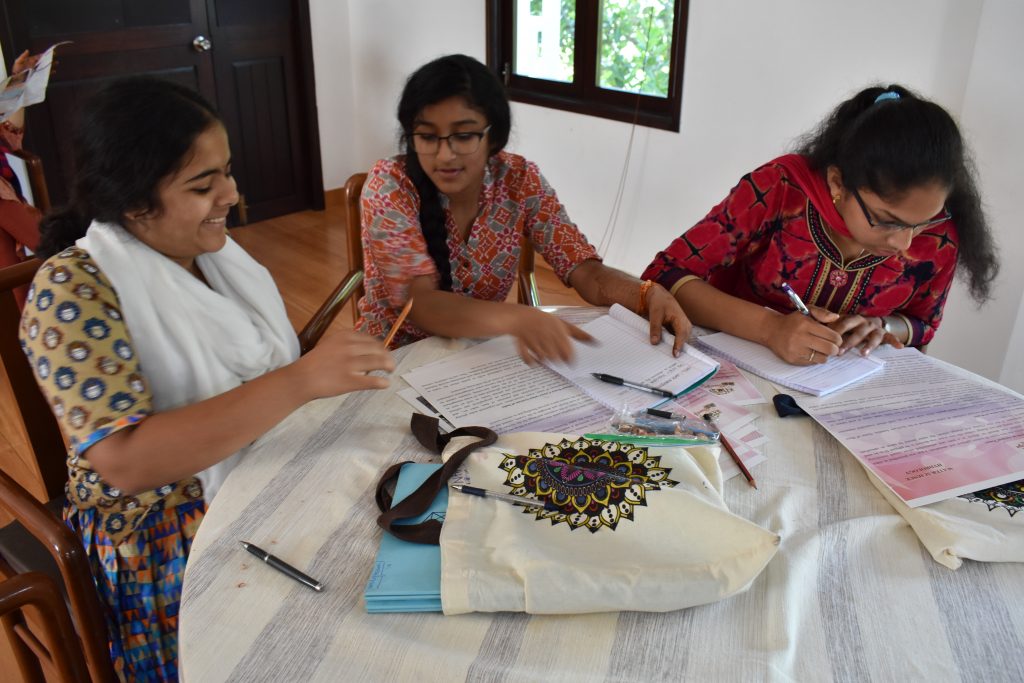
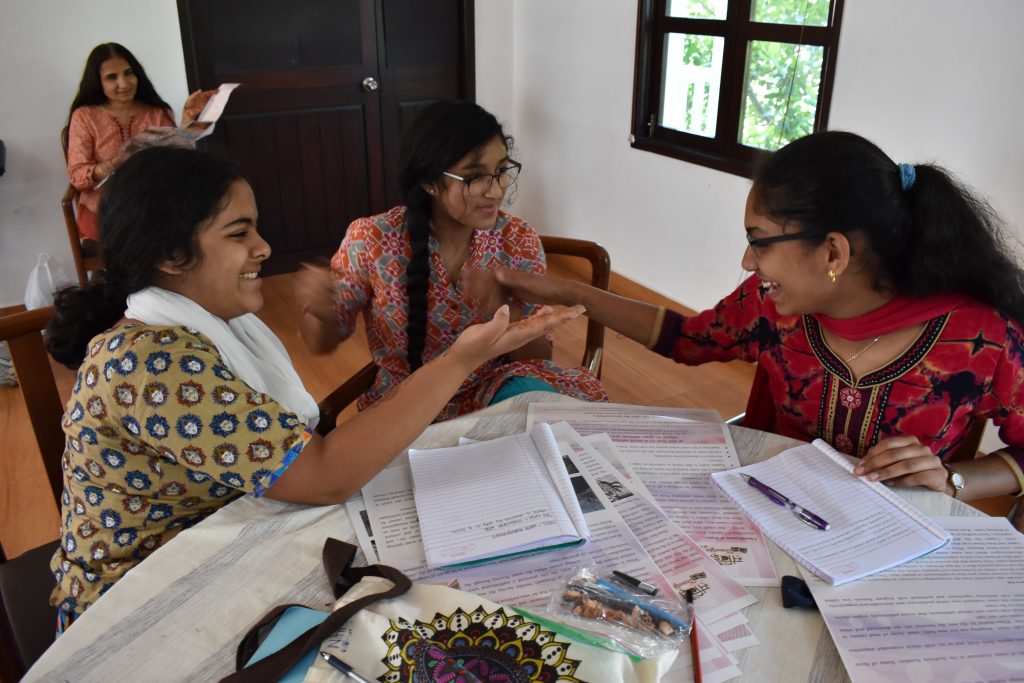
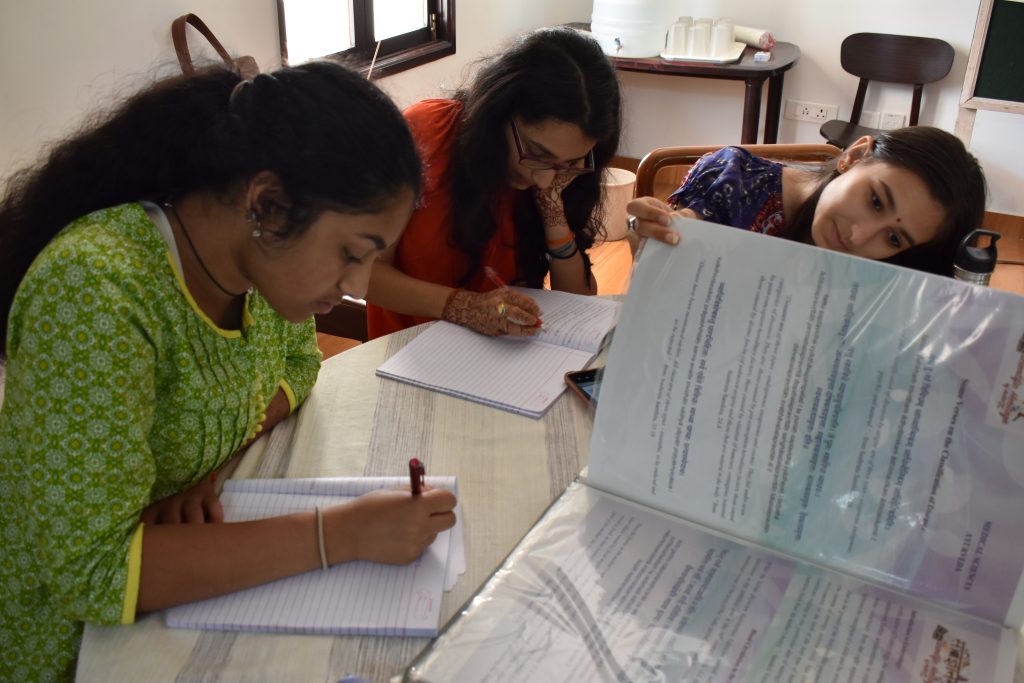
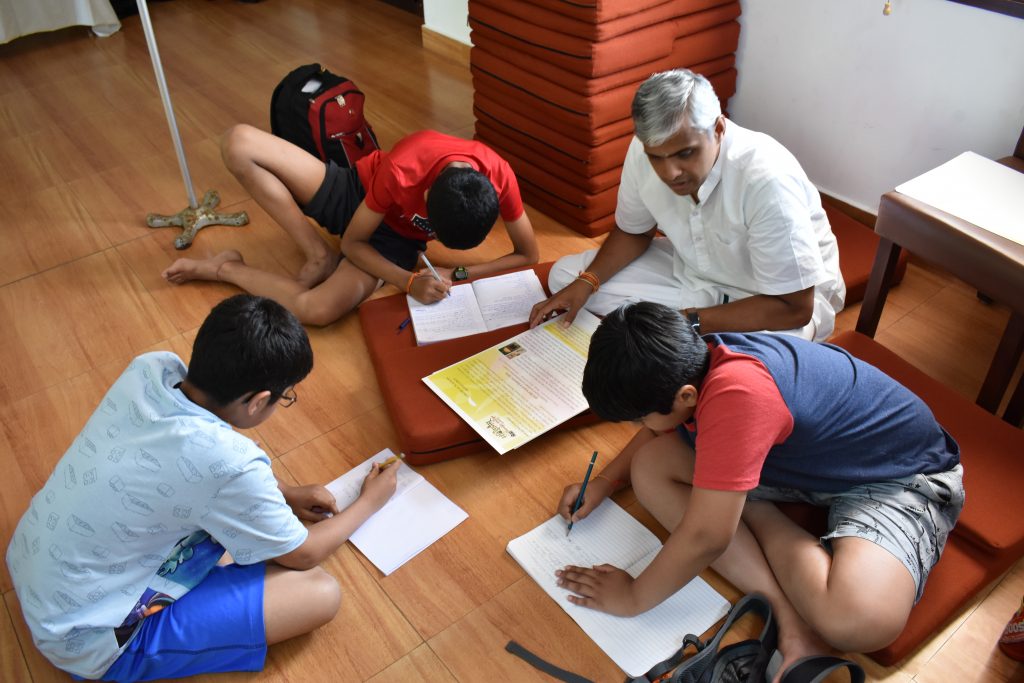
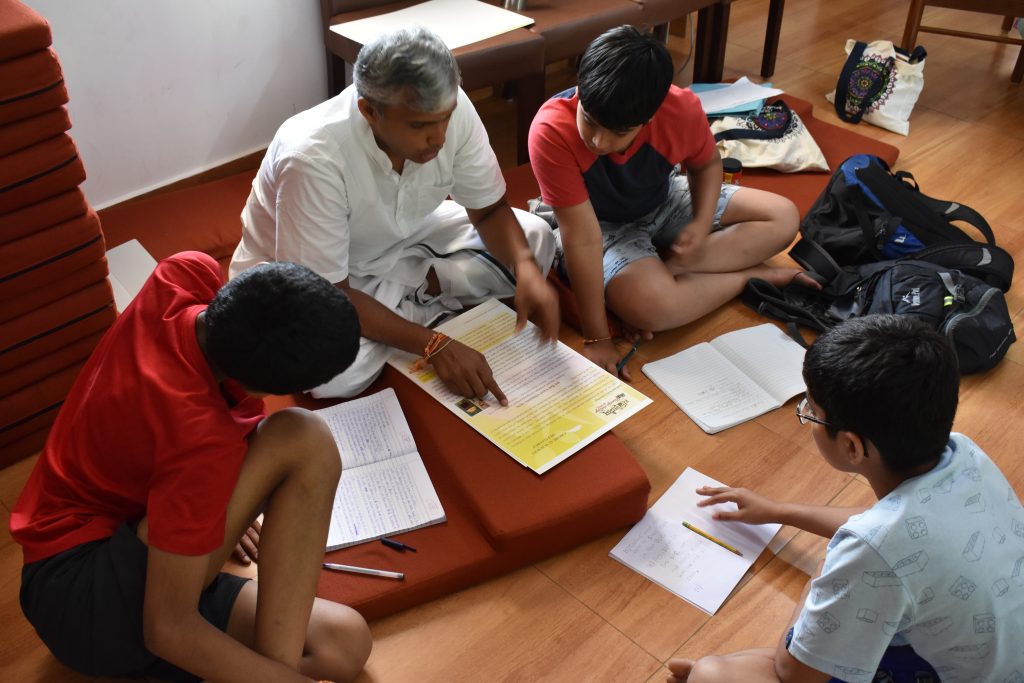
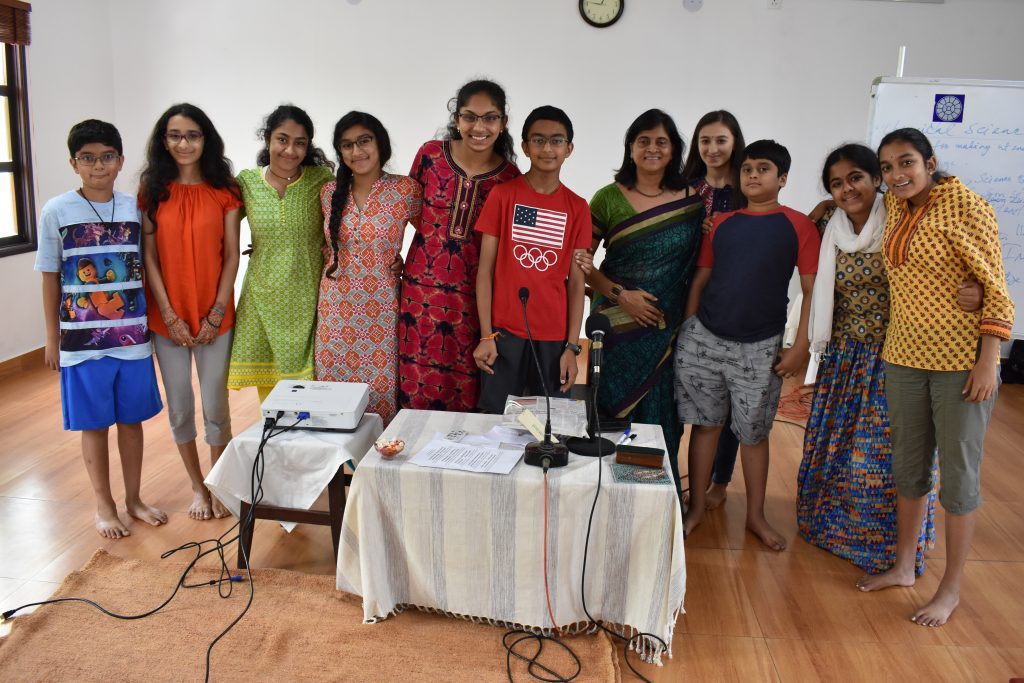
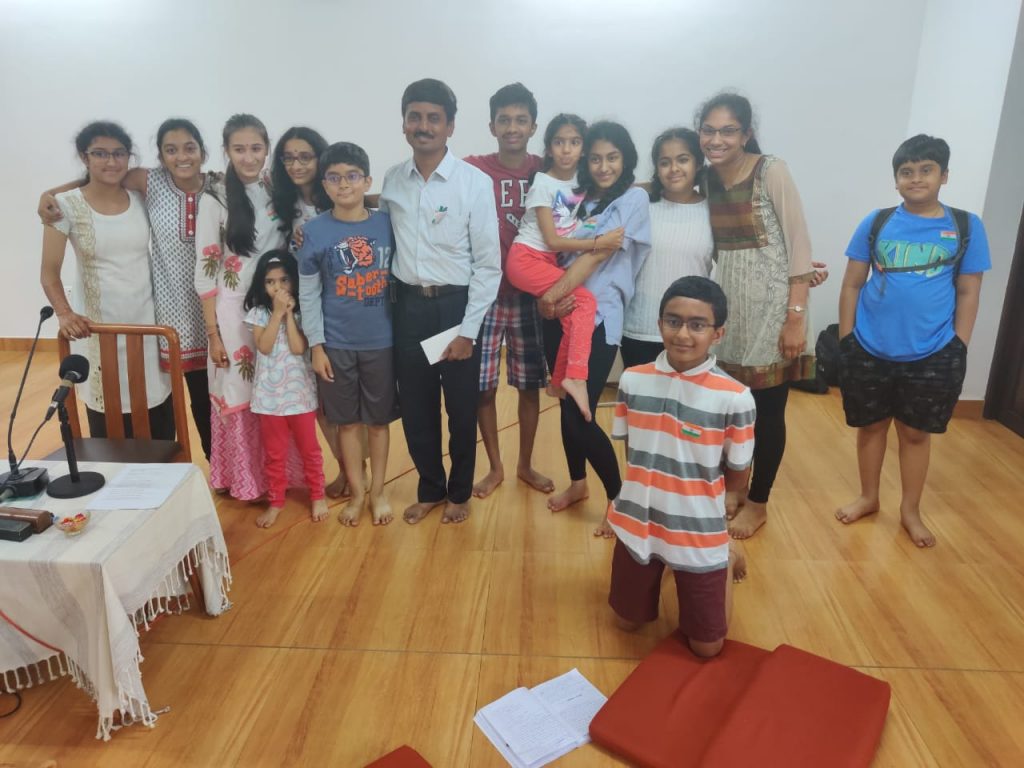
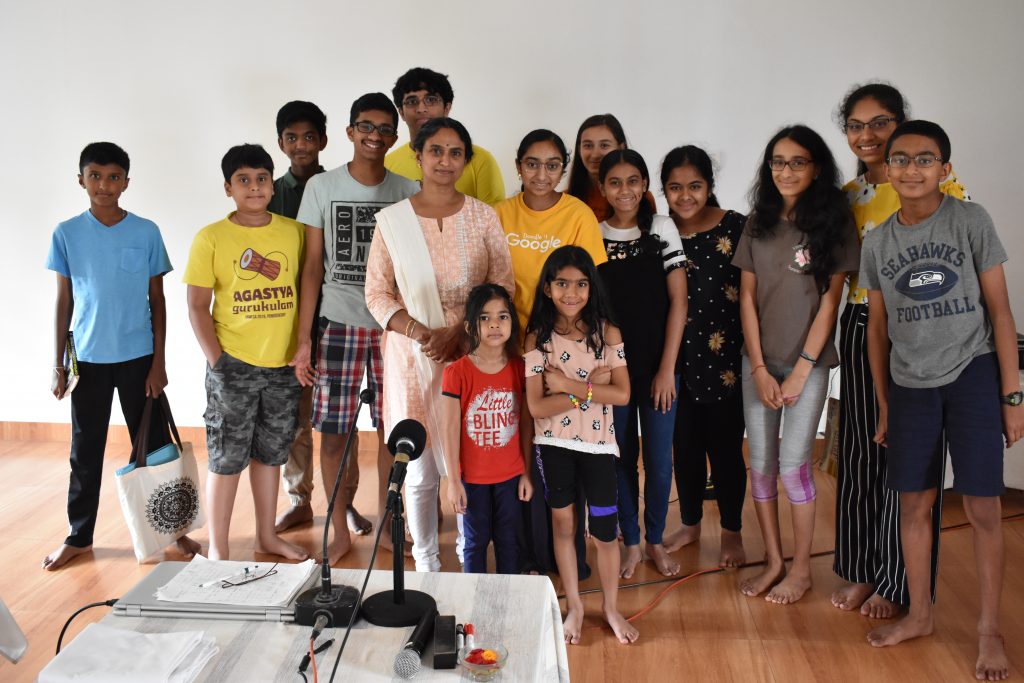
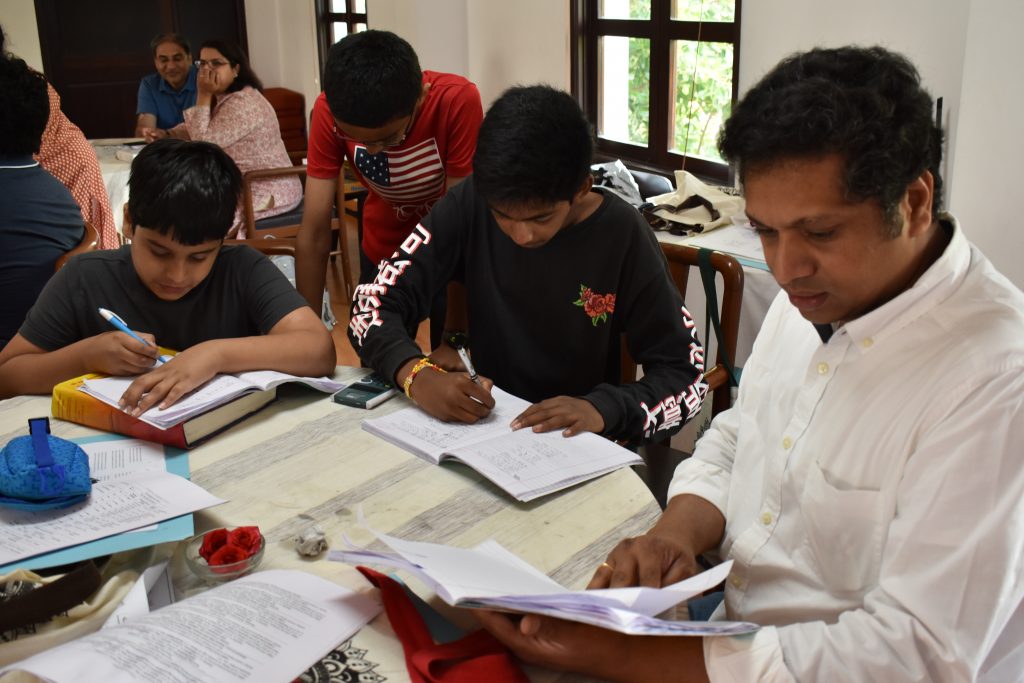
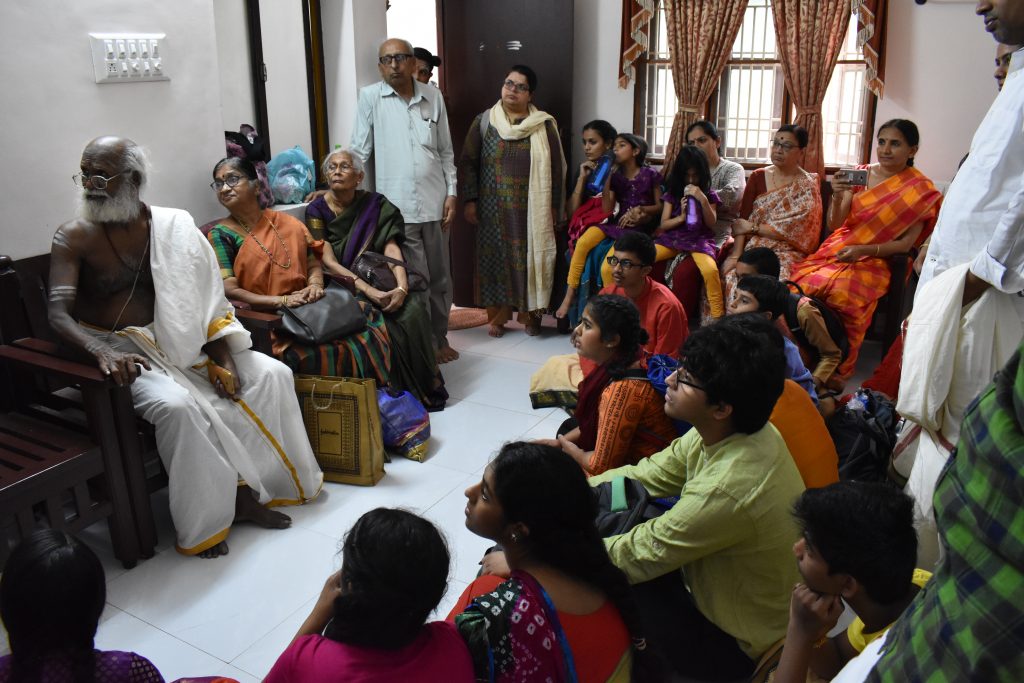
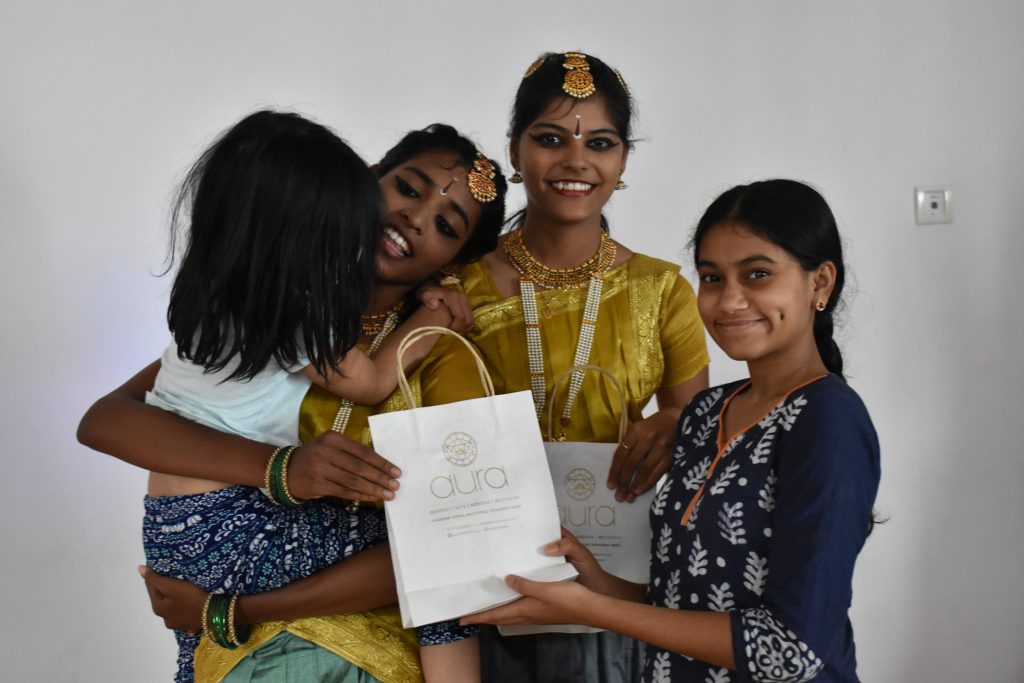
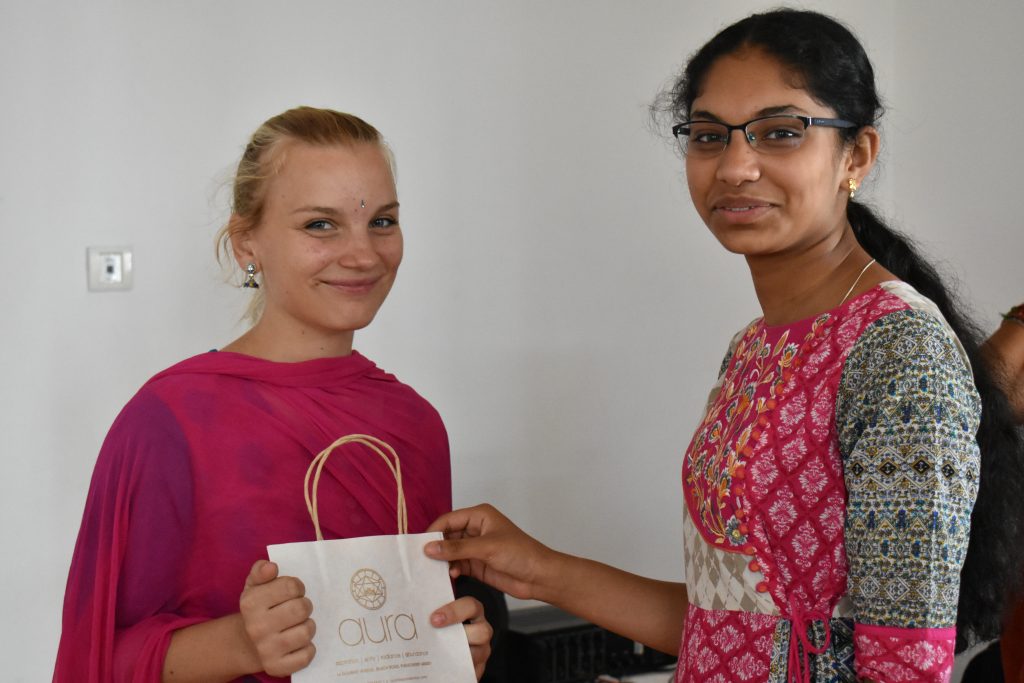
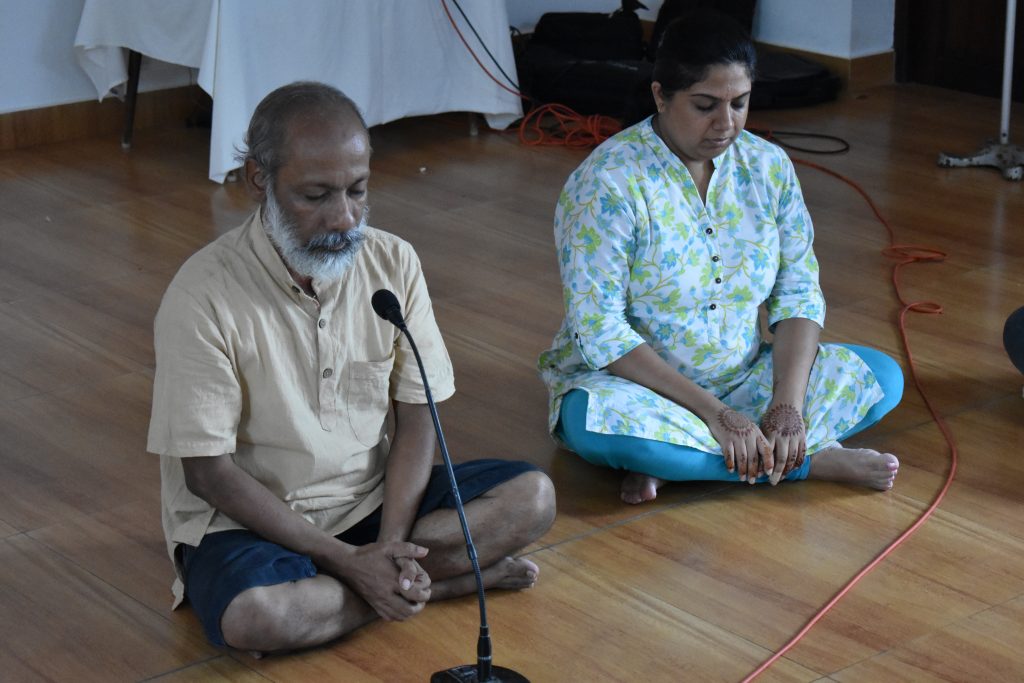
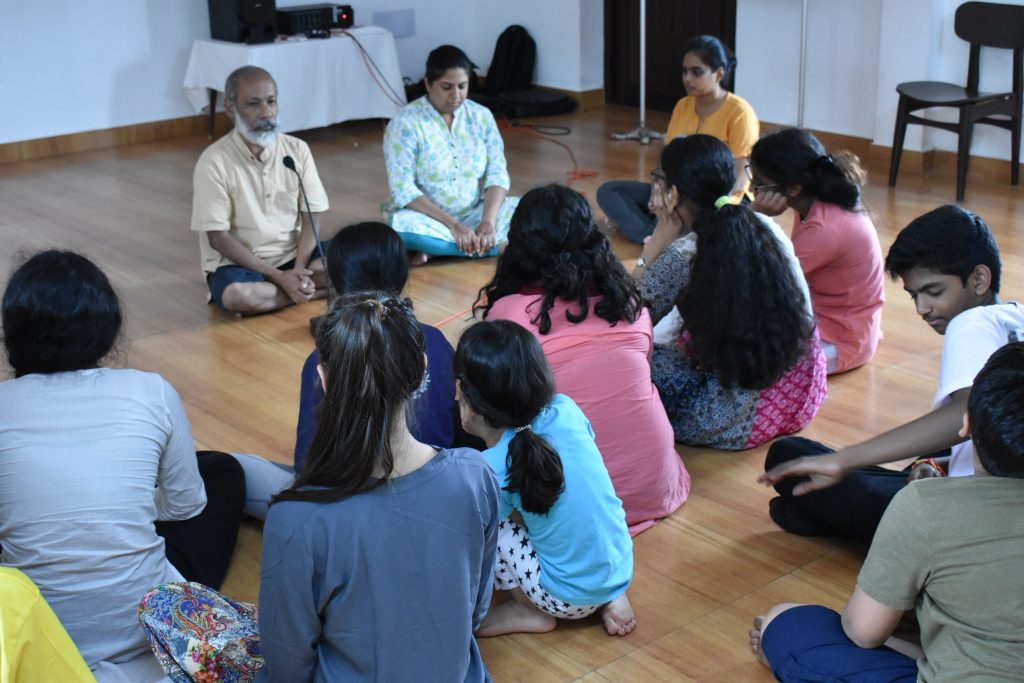
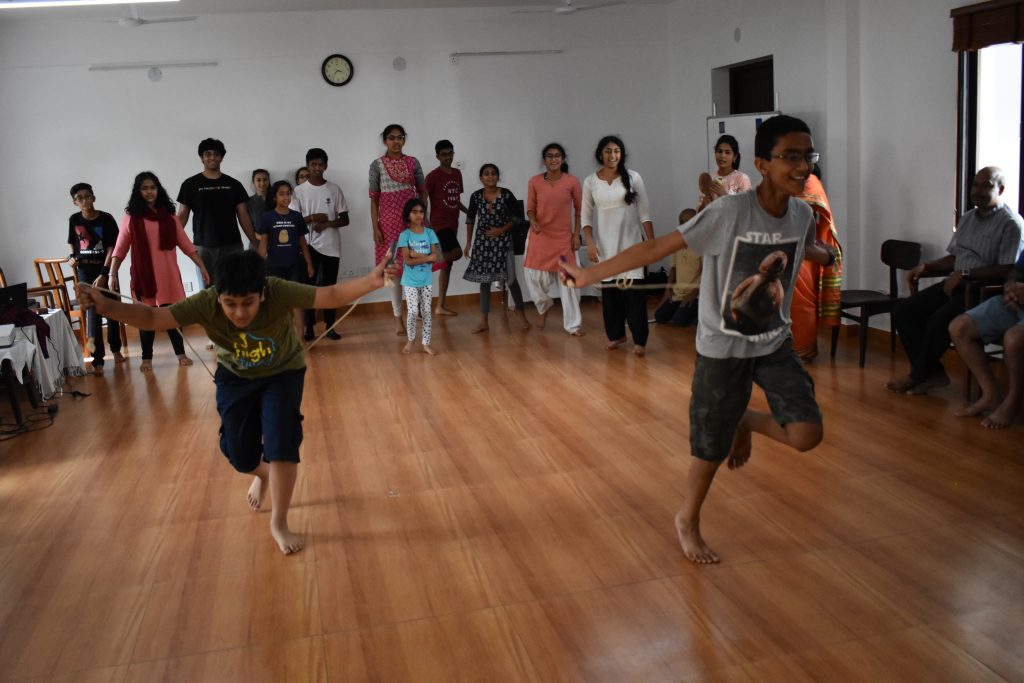
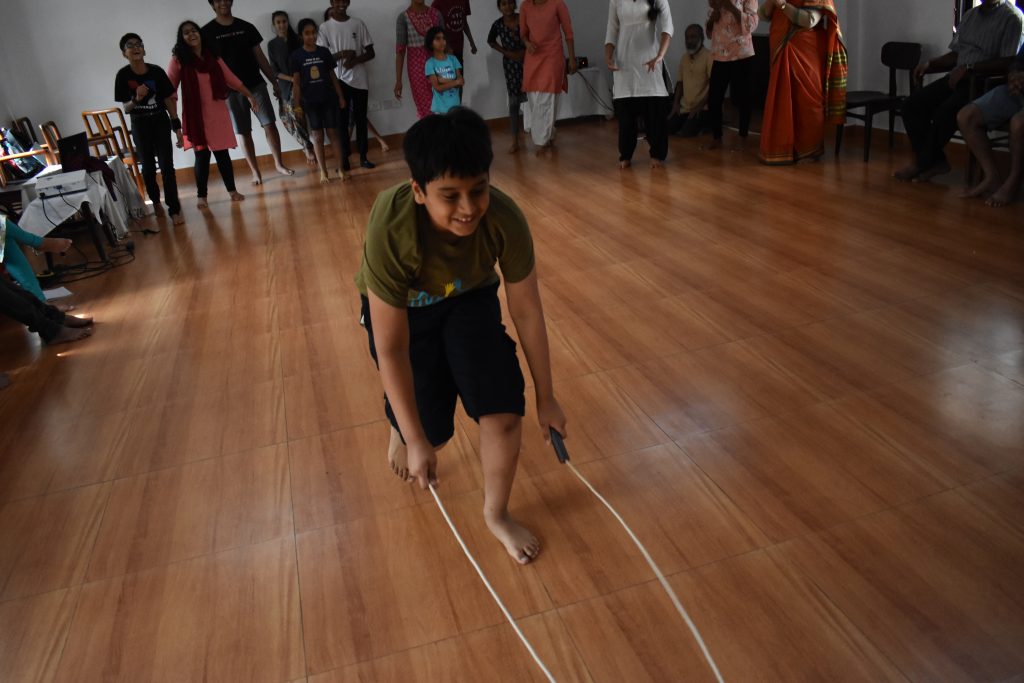
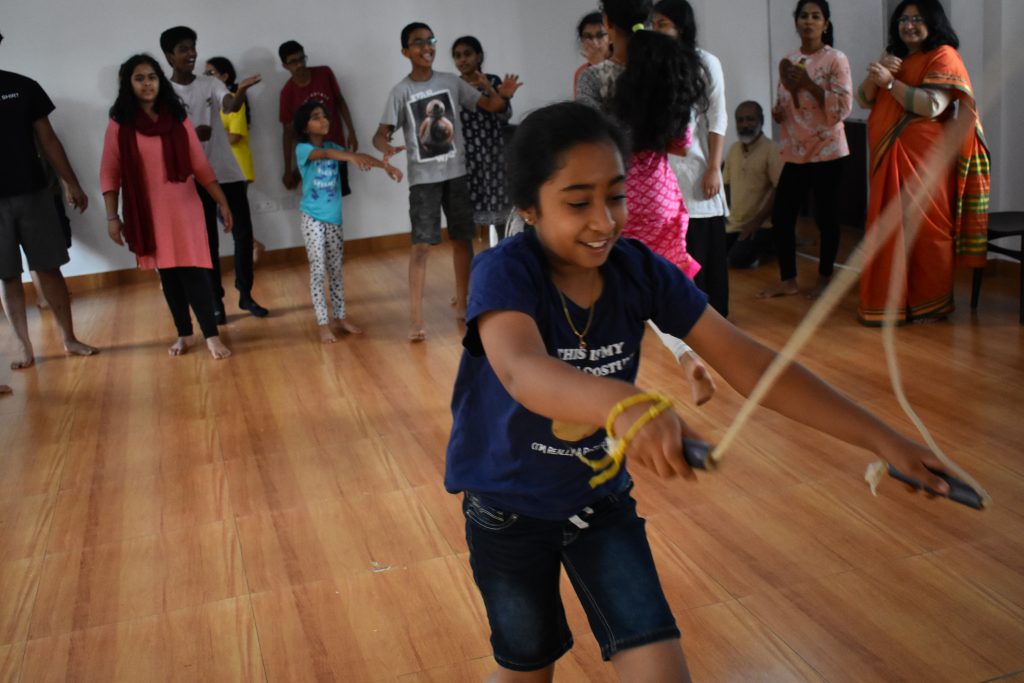
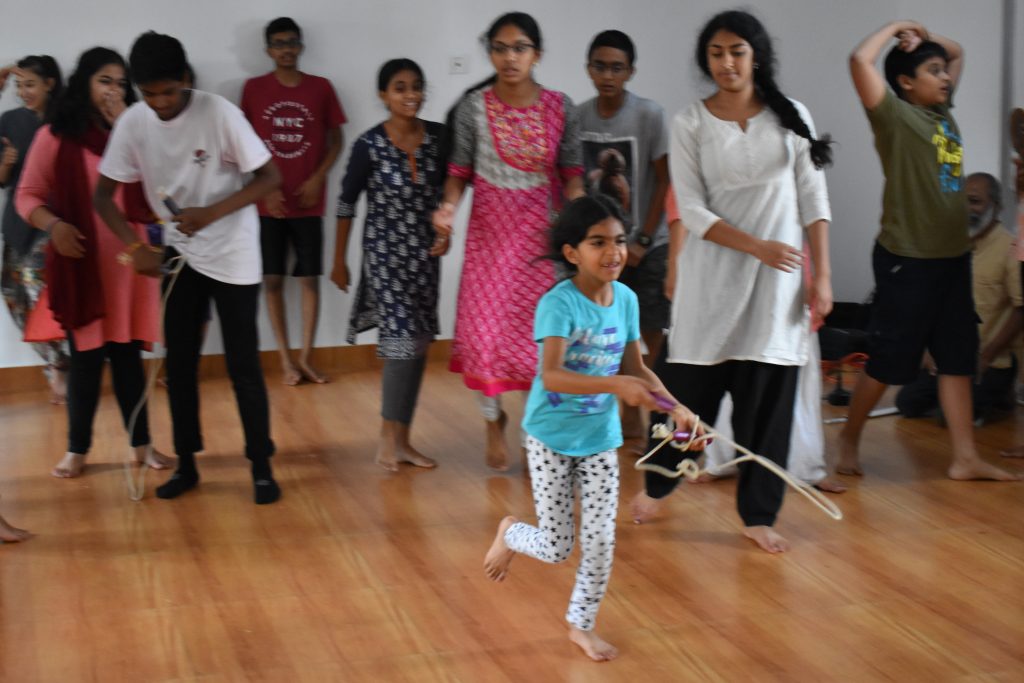
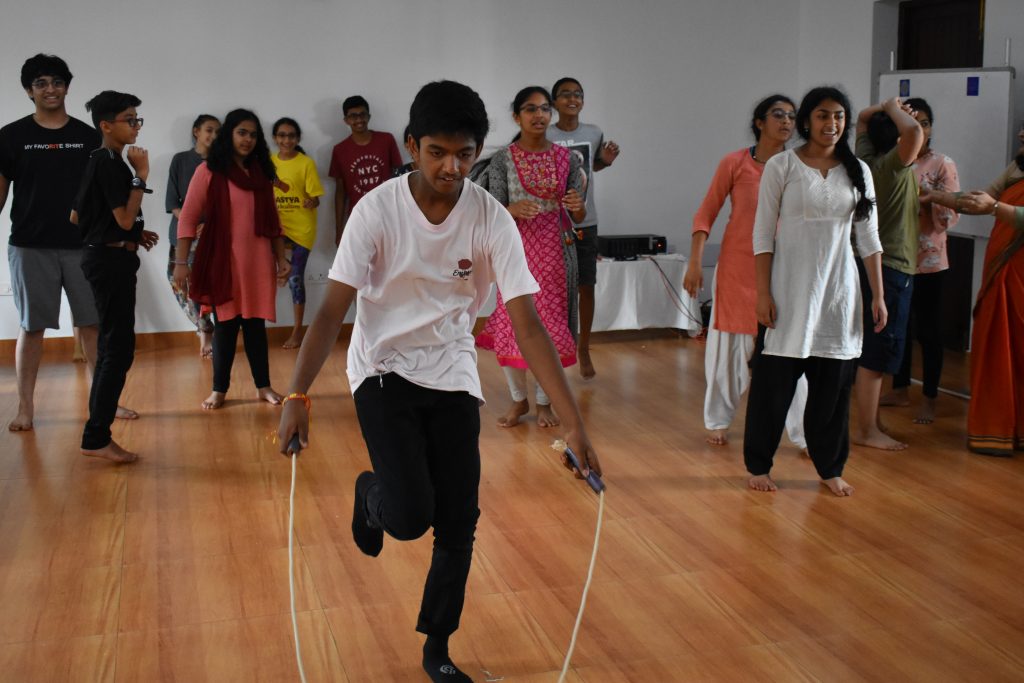
Ranjana Swain, Upasika Ghosh and Shweta Rajurkar from Society team provided valuable support during some of the more activity-based sessions such as – Textiles of India, Drawing in Nature, Fun with Flowers, Kolam Drawing and the children’s cultural performance that was organised for August 21.
The Significant Support
Every morning, the participants had physical education sessions, alternating between Yogasana (taught by Shweta) and Kalaripayattu from one of the teachers visiting from Kalarigram. As the participant coordinator, Shweta spent the maximum time with the participants and took care of their small and big requirements. She also diligently coordinated with the food department to ensure that everyone was well fed. This was especially important since there were a few dietary concerns requiring special attention.
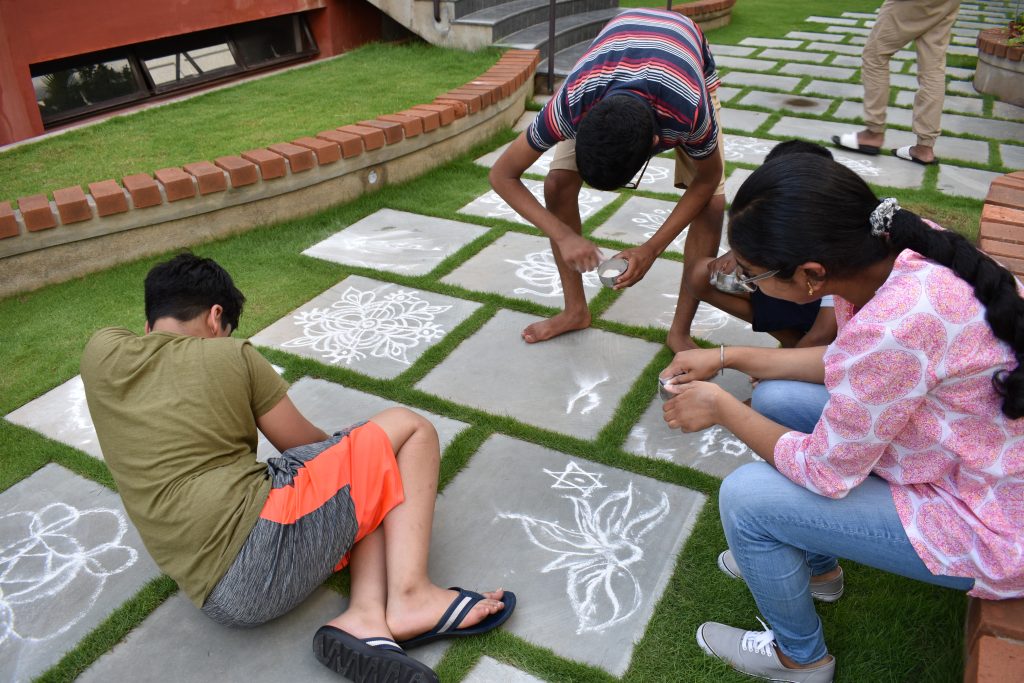
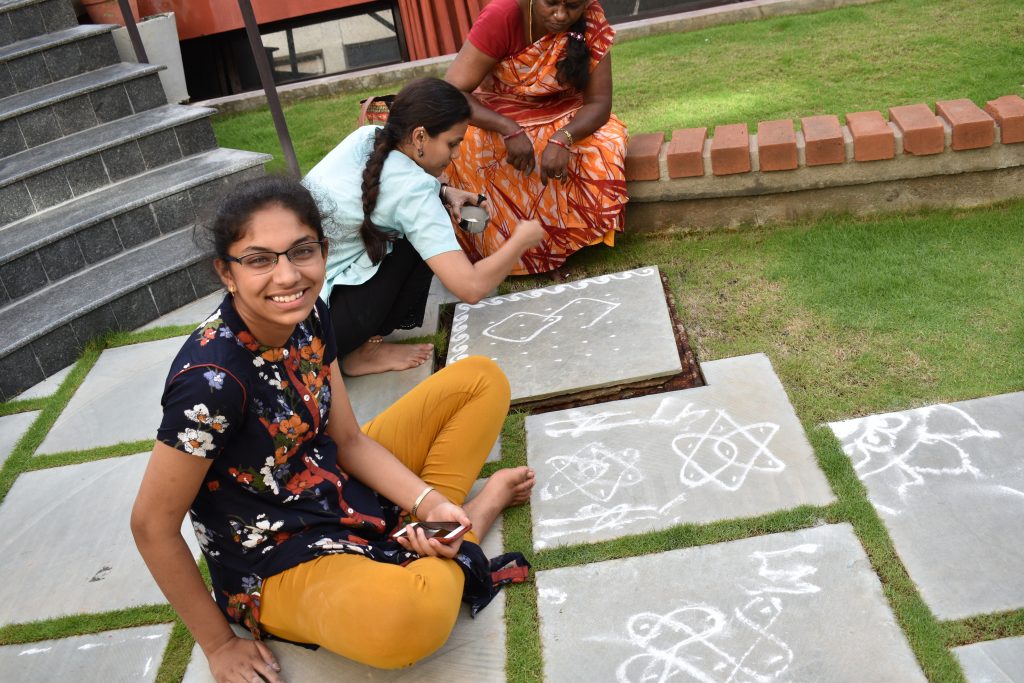
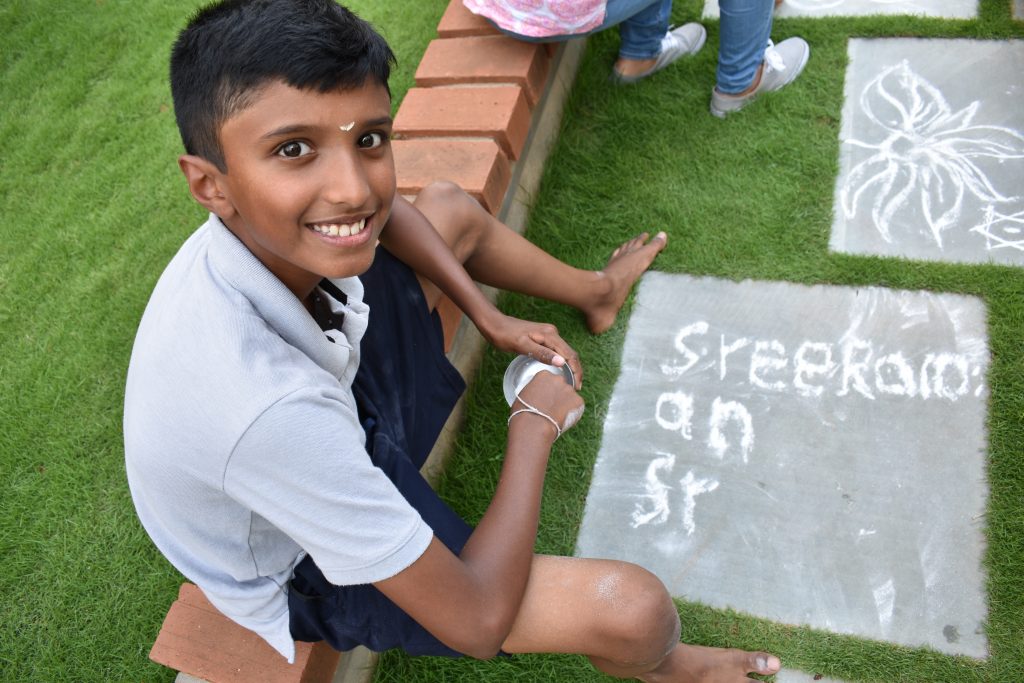
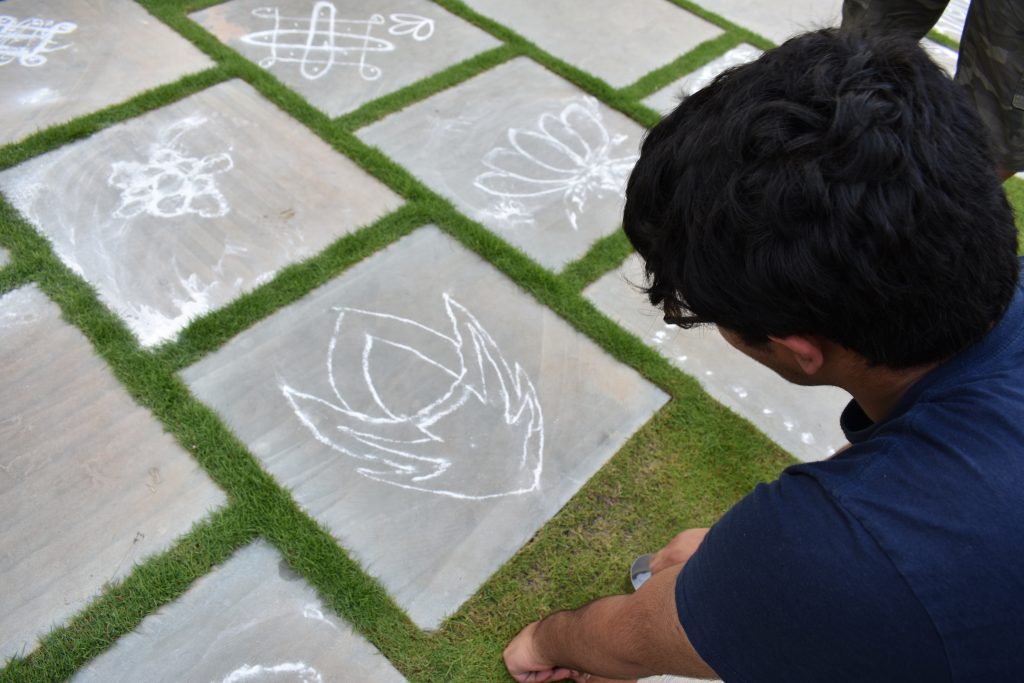
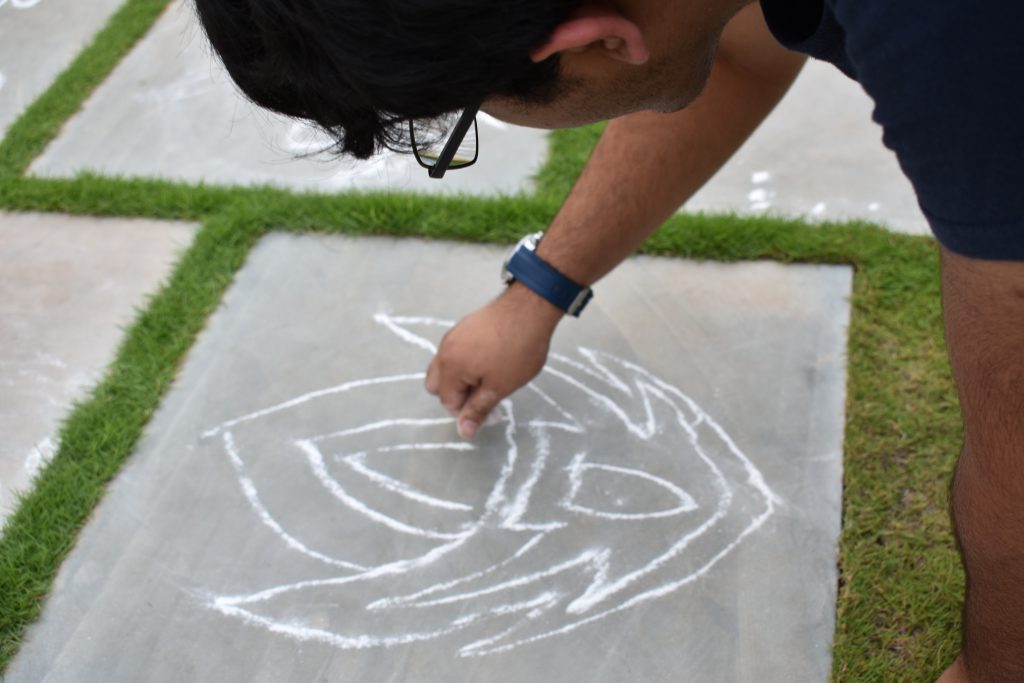
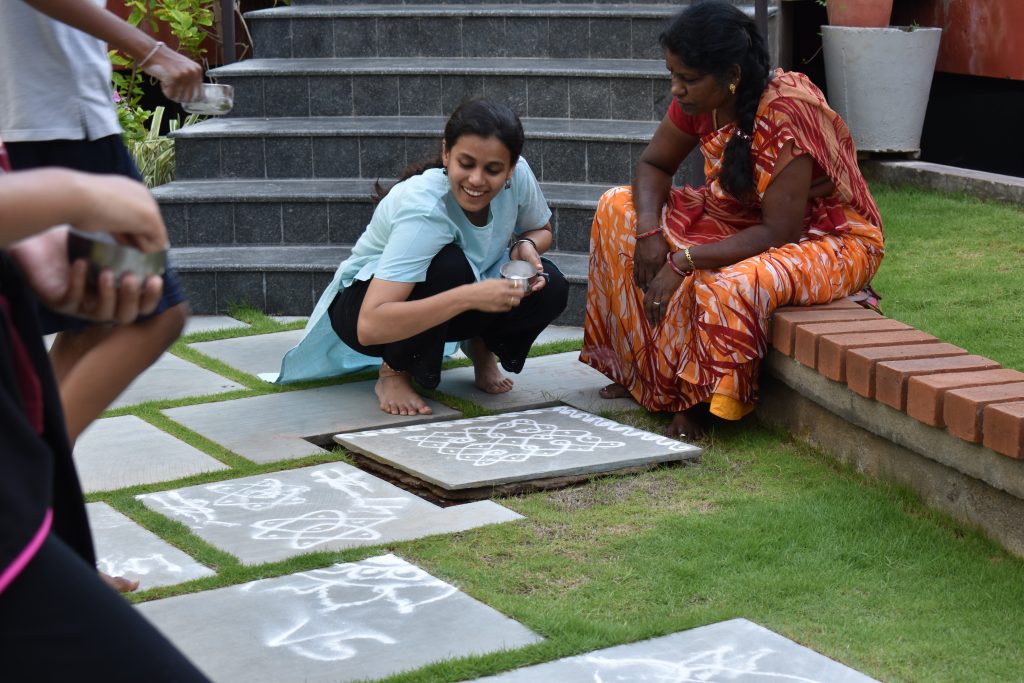
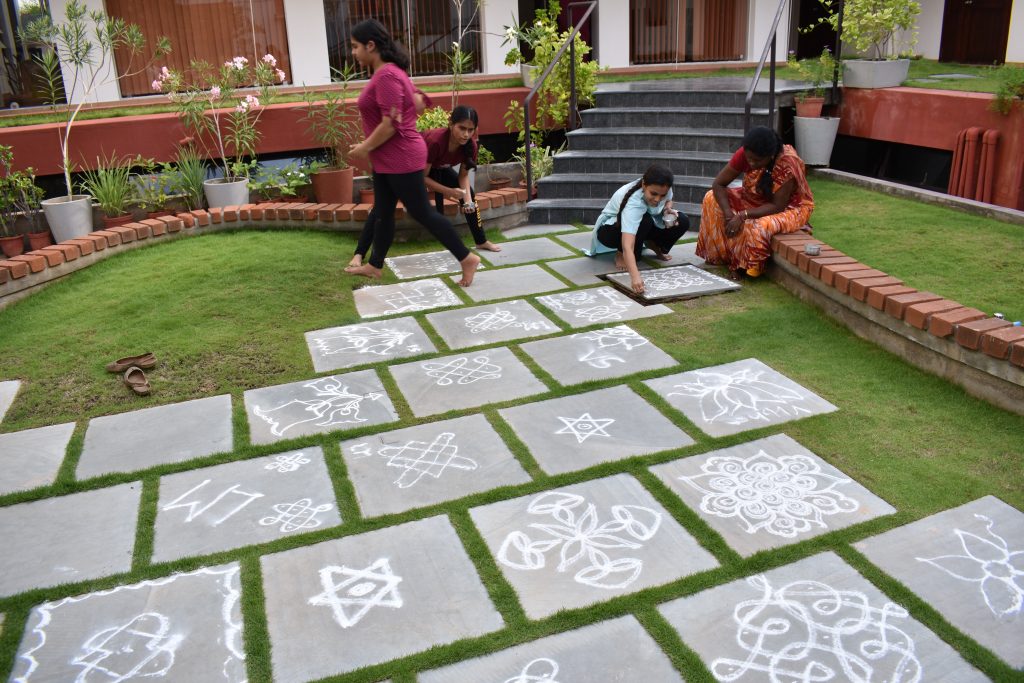
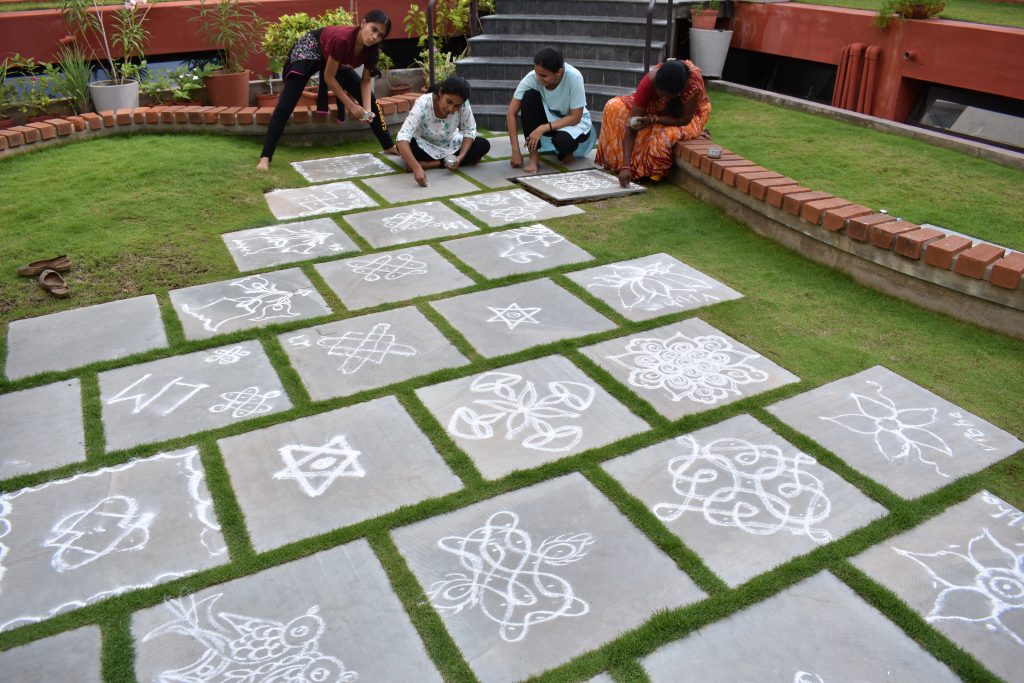
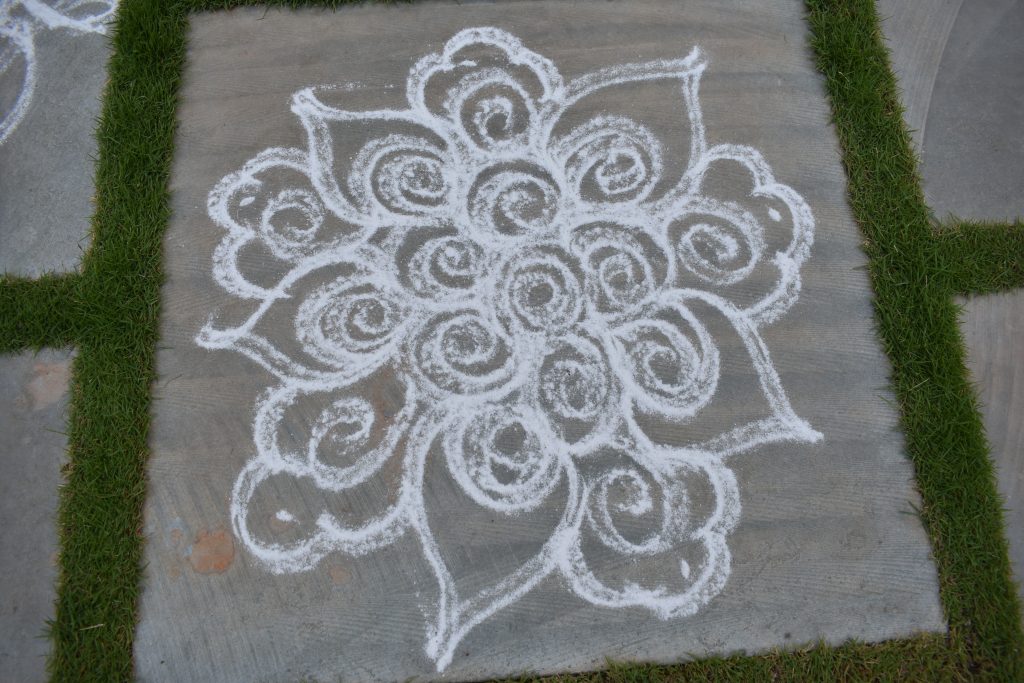
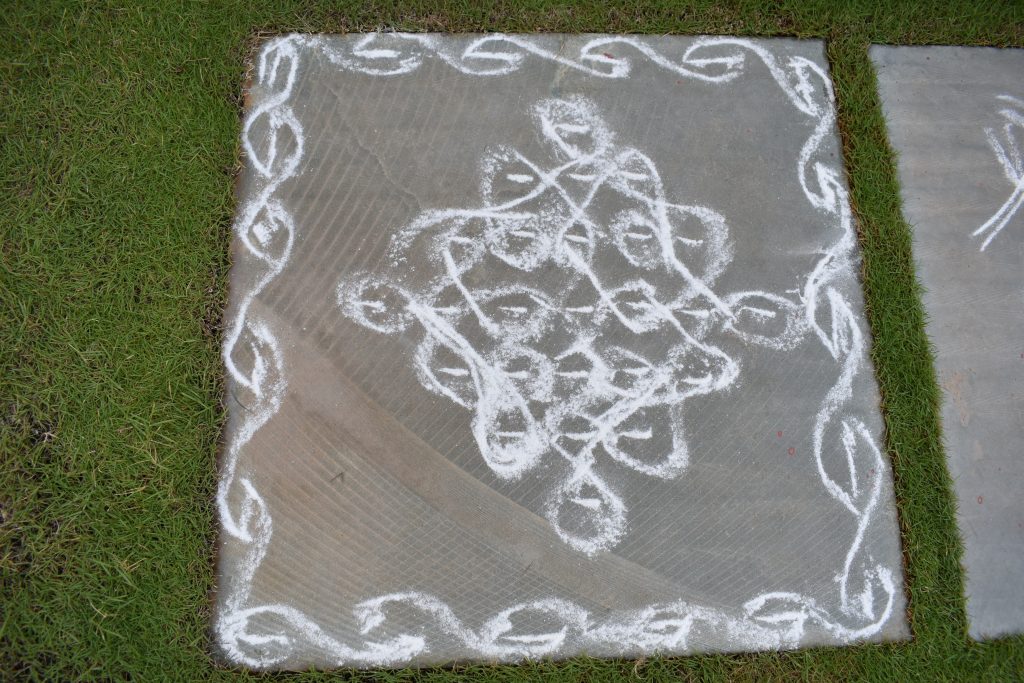
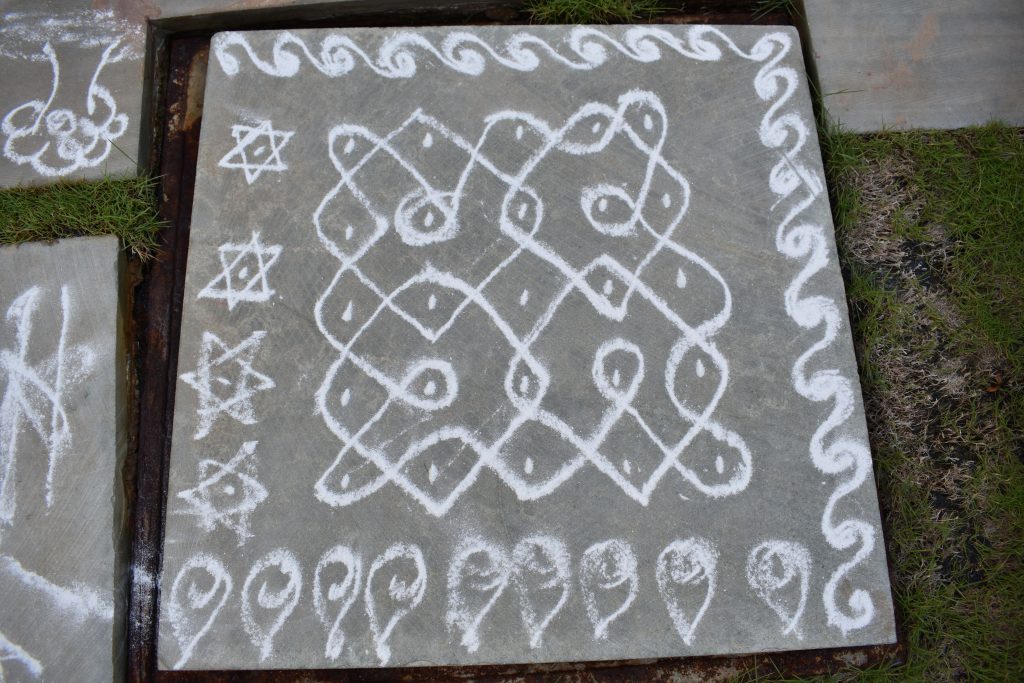
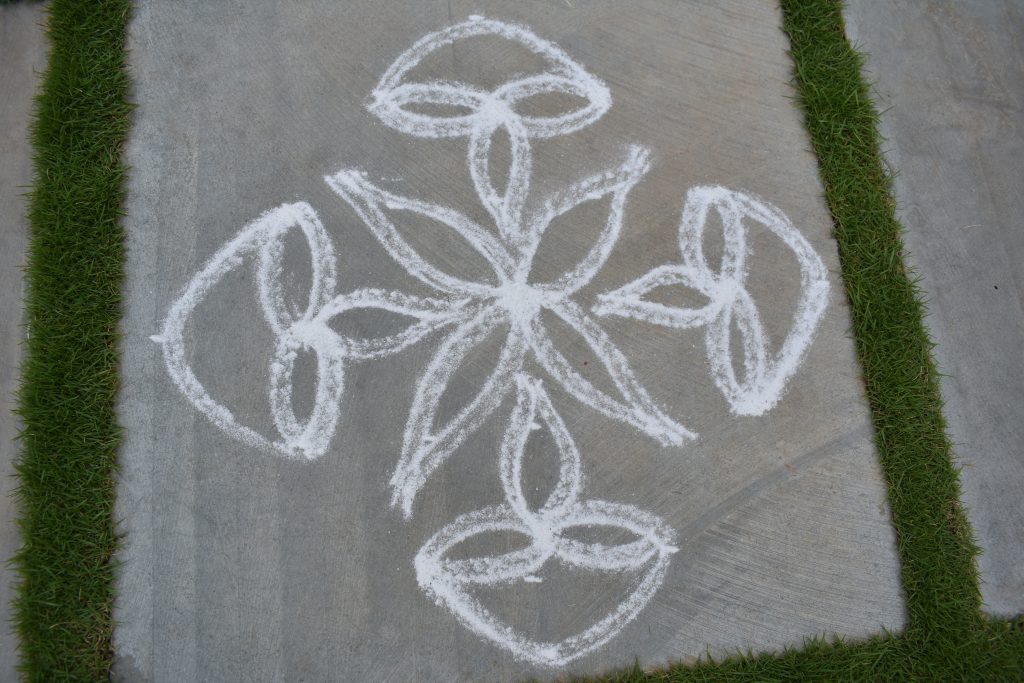
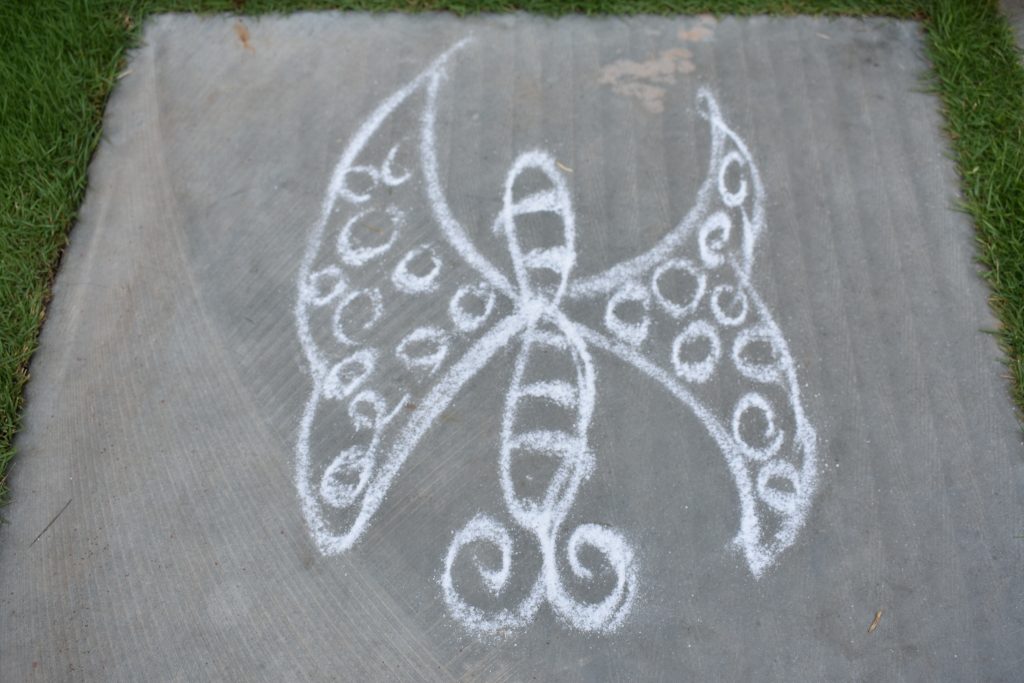
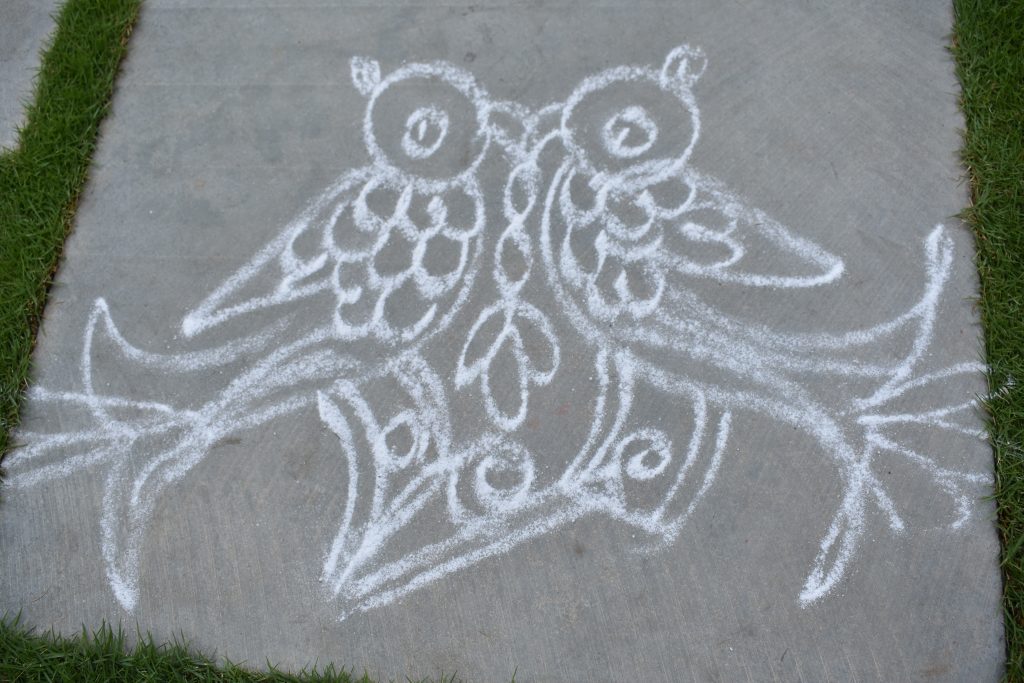
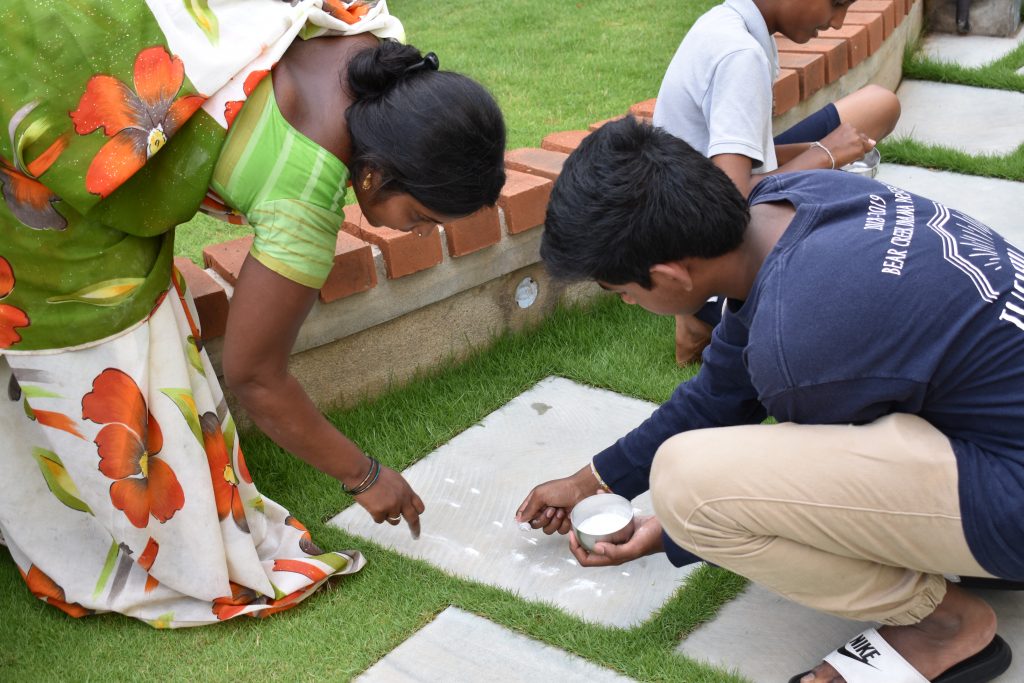
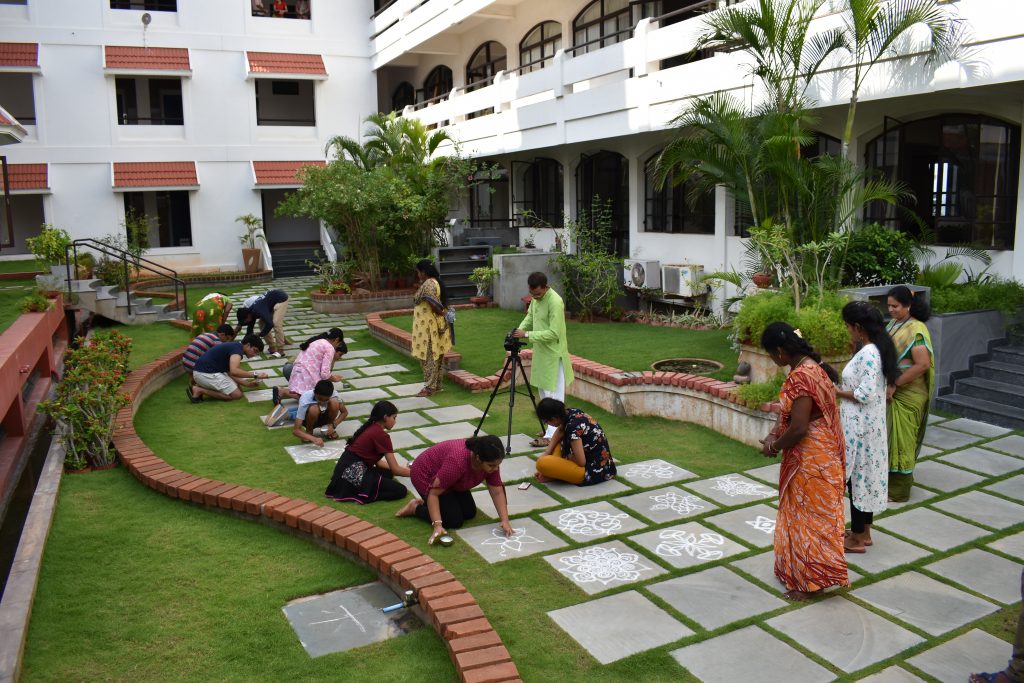
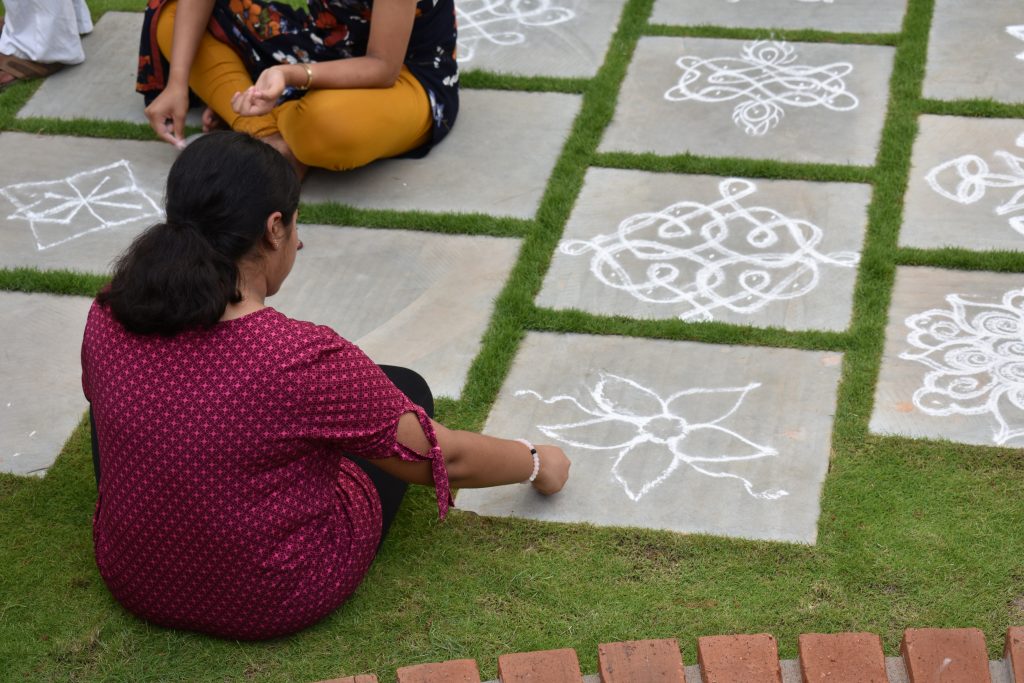
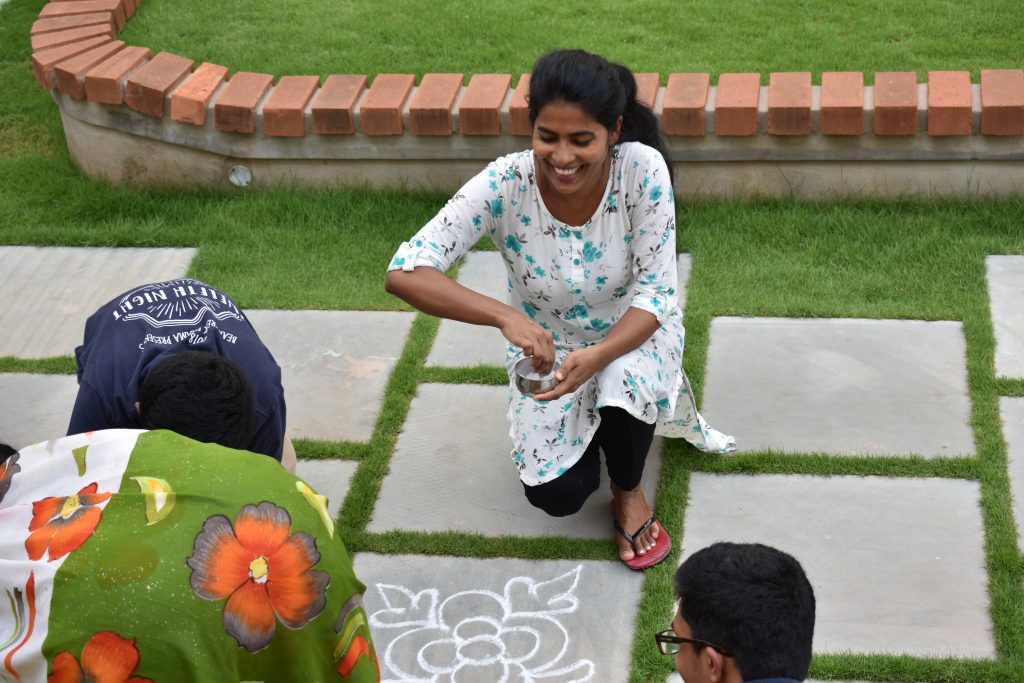
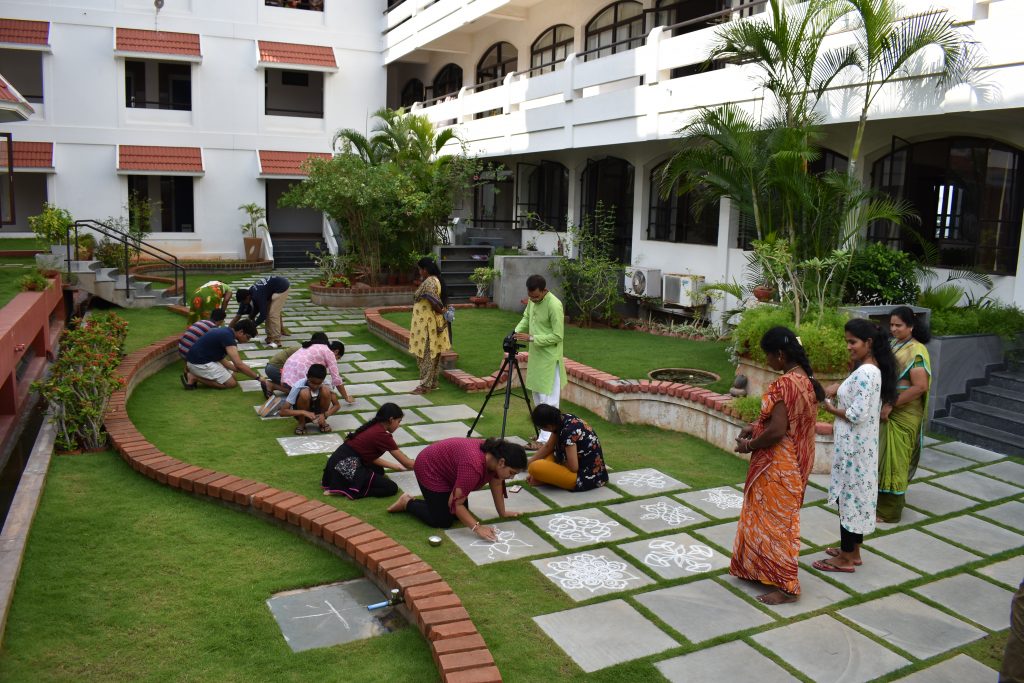
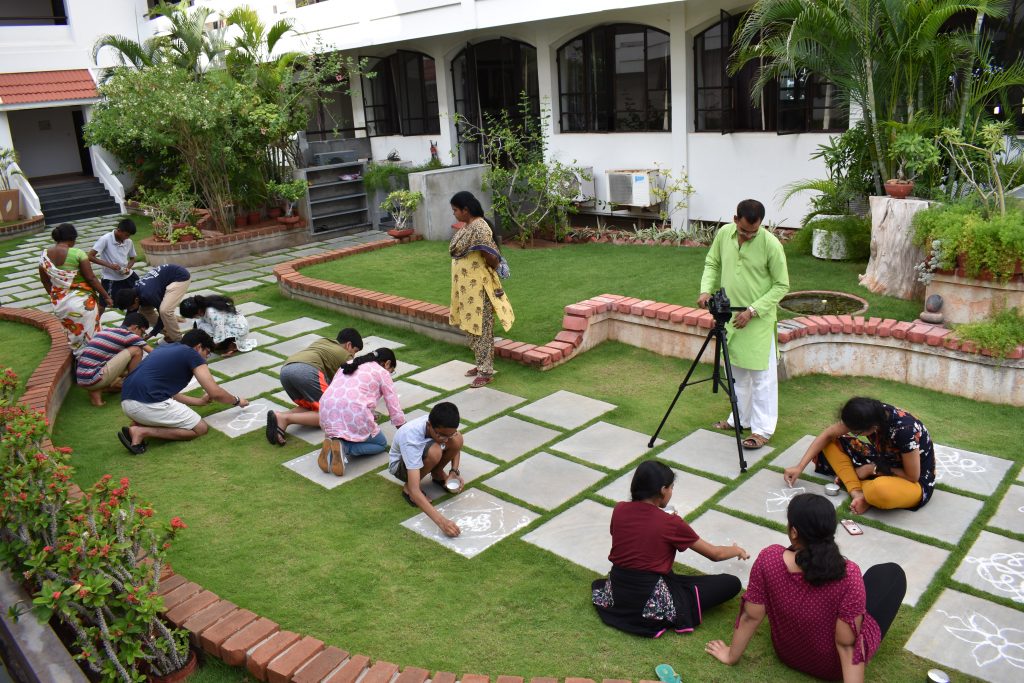
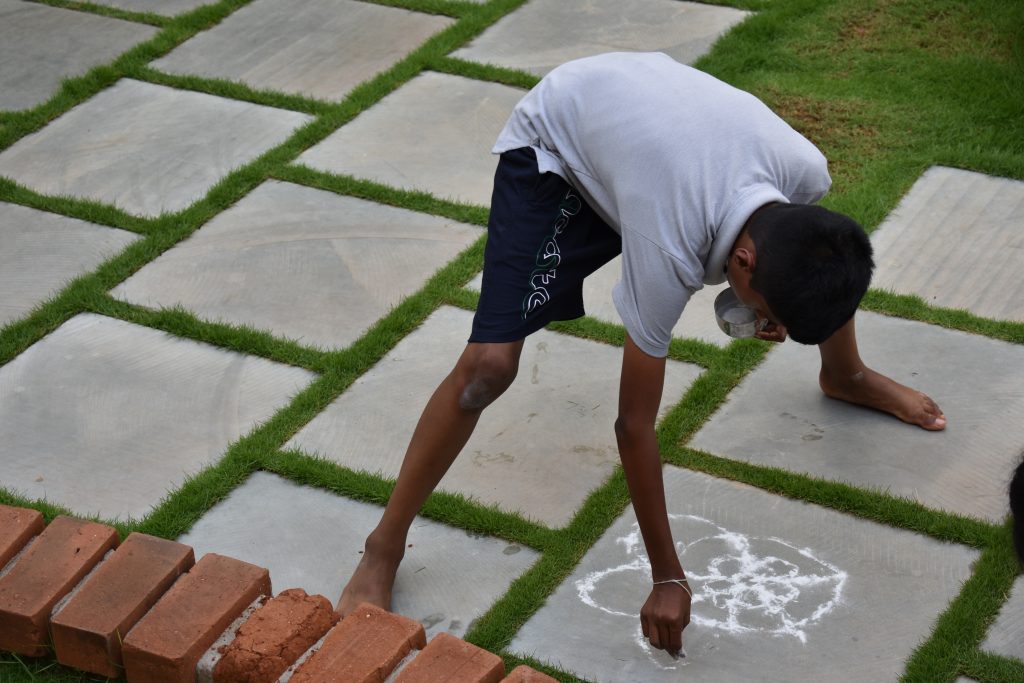
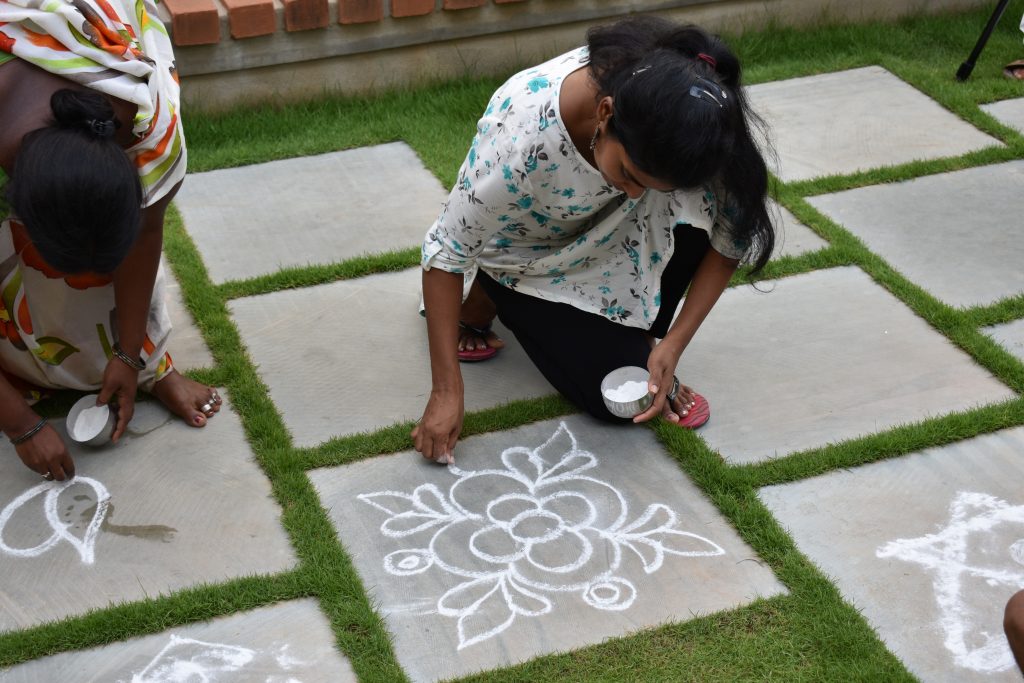
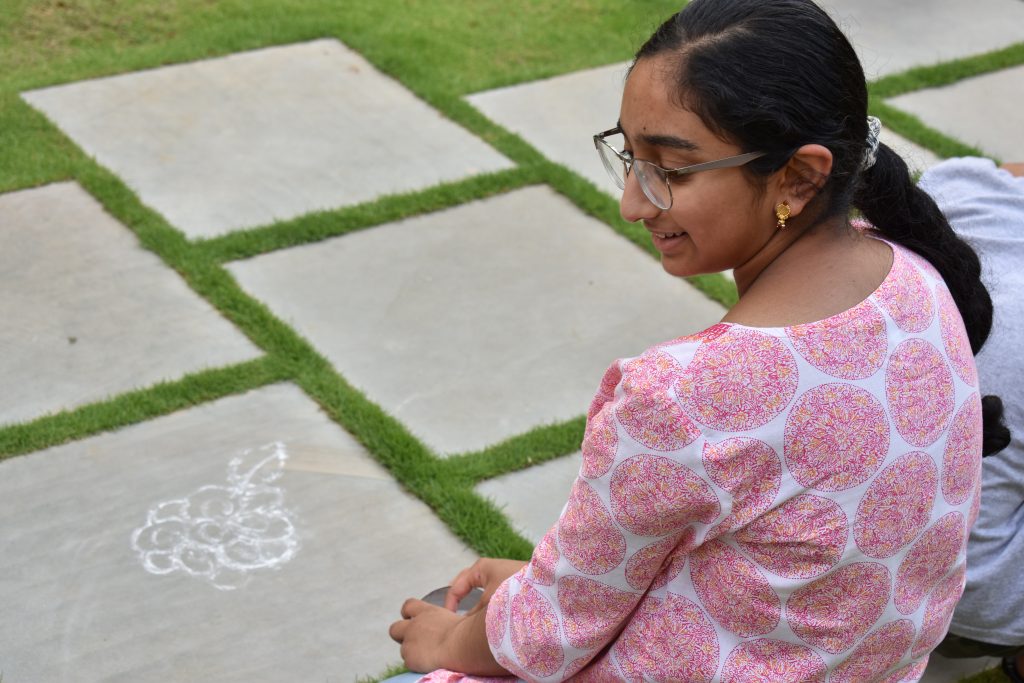
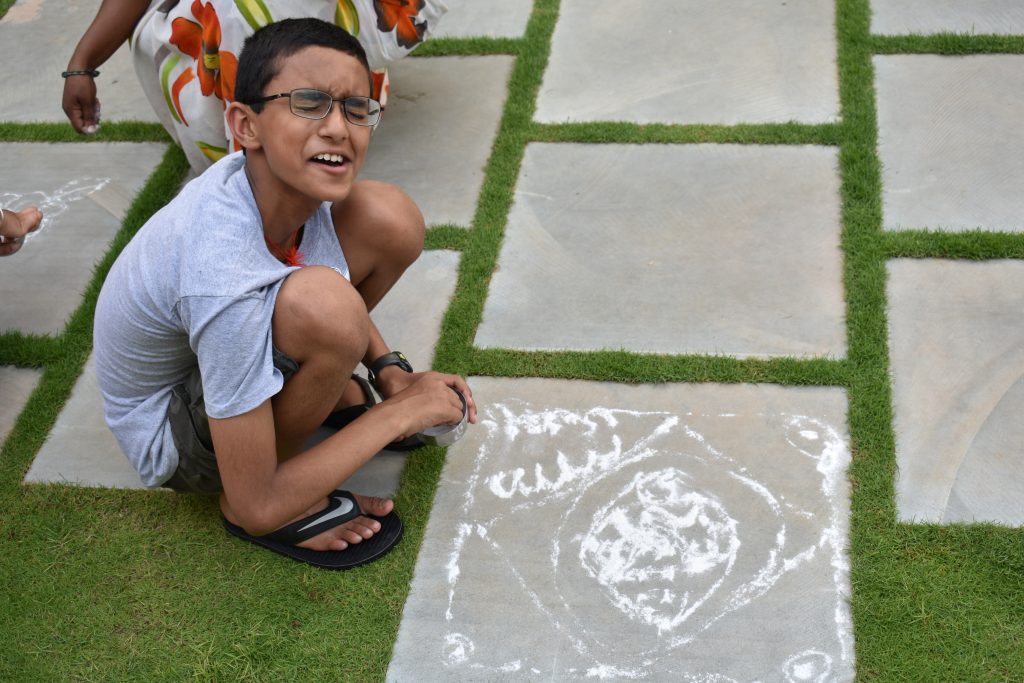
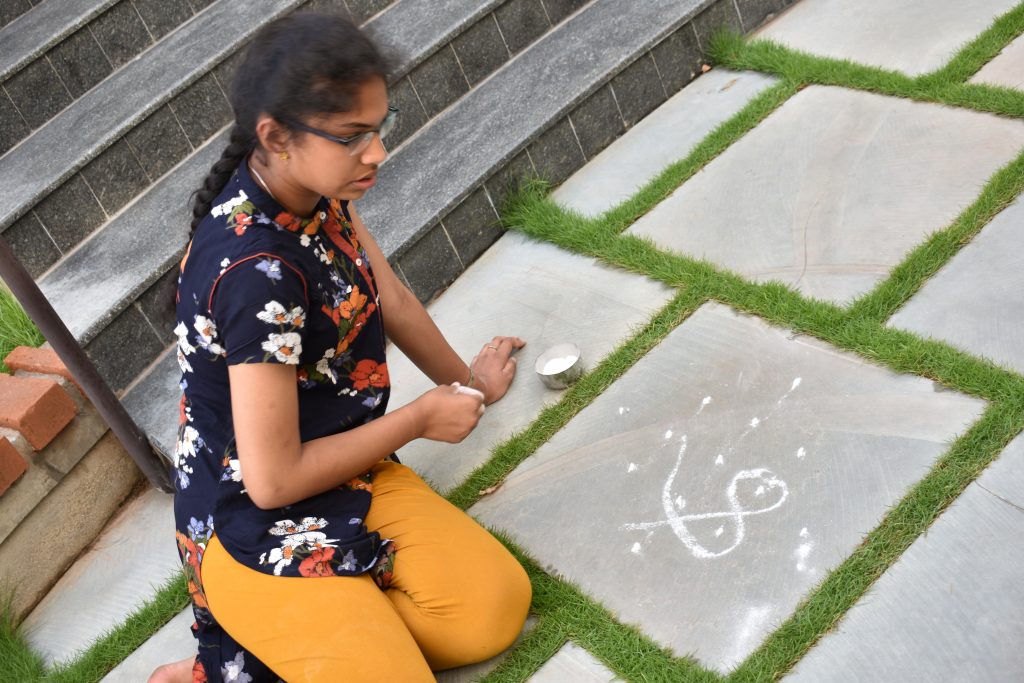
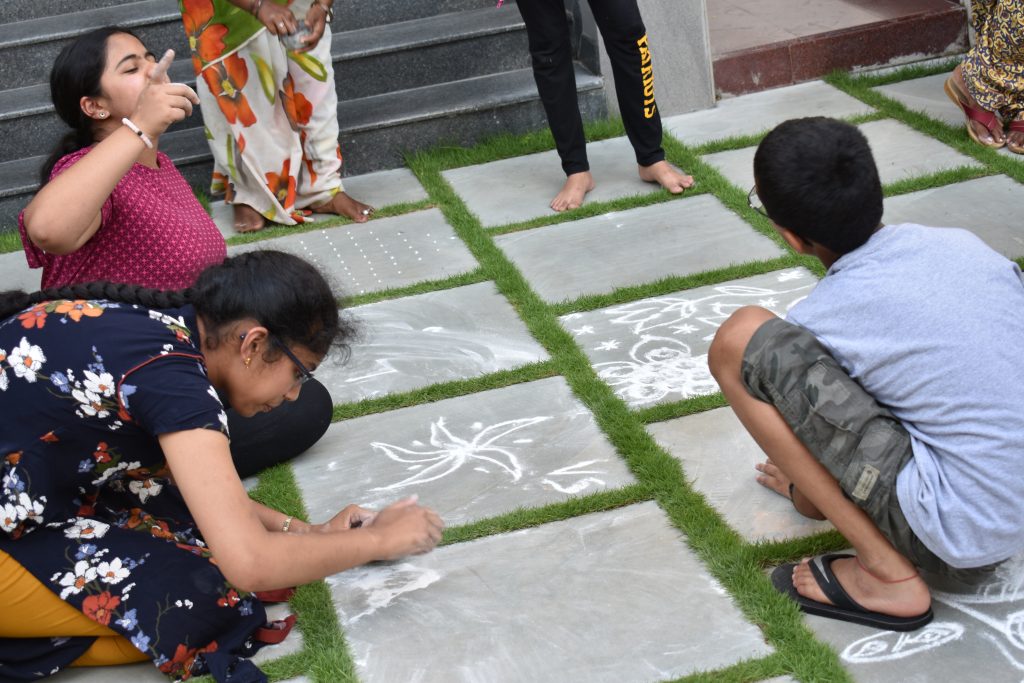
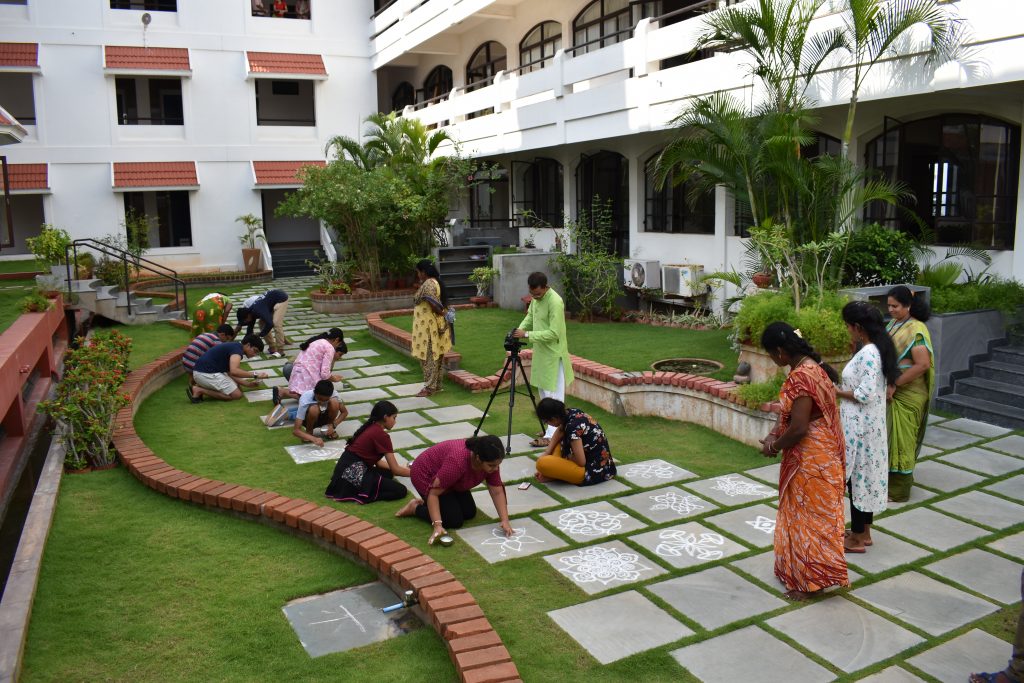
Speaking of food, we acknowledge the hard work put in by the entire kitchen staff at Society guest houses, and the gentle smile and care with which the serving staff helped the group stay well-nourished and happy. The cheerful manner in which Malti Di helped us with all the accommodation and food related matters for the Unmesa group, and the creative solutions she came up with for some specific requests is indeed admirable. The cleaning staff of Society never faltered in their commitment to keep up with the maintenance and care of the learning and living spaces for Unmesa group.
Basudev Sahoo and Gaurang ji provided invaluable support with all the technology related requirements. Kamal Tack patiently and painstakingly captured all the sessions – both in moving and still pictures. He, one can say, was the sincerest student in the group since he sat through all the classes! ?
The participants also got to attend a couple of special lectures organised by Sri Aurobindo Society. They also had an opportunity to attend a special musical programme which included singing and chanting in Sanskrit.
This great diversity of learning exposure, we believe, has made the learning experience richer for the Unmesa participants.
The Stars
Several members of the Agastya Gurukulam team and Sri Aurobindo Society team have worked hard to make this Unemsa programme a success. But we feel that the real stars of this camp are the children who brought with them such open hearts and open minds to feel and experience India and all that she has to offer in her diversity and complexity and in her deep inner oneness.
Any challenges in putting together such an extended programme come because we adults often fail to recognise the wisdom with which children of diverse learning styles approach their learning. In that regard, we grown-ups have learned a lot from the young and bright participants of Unmesa.
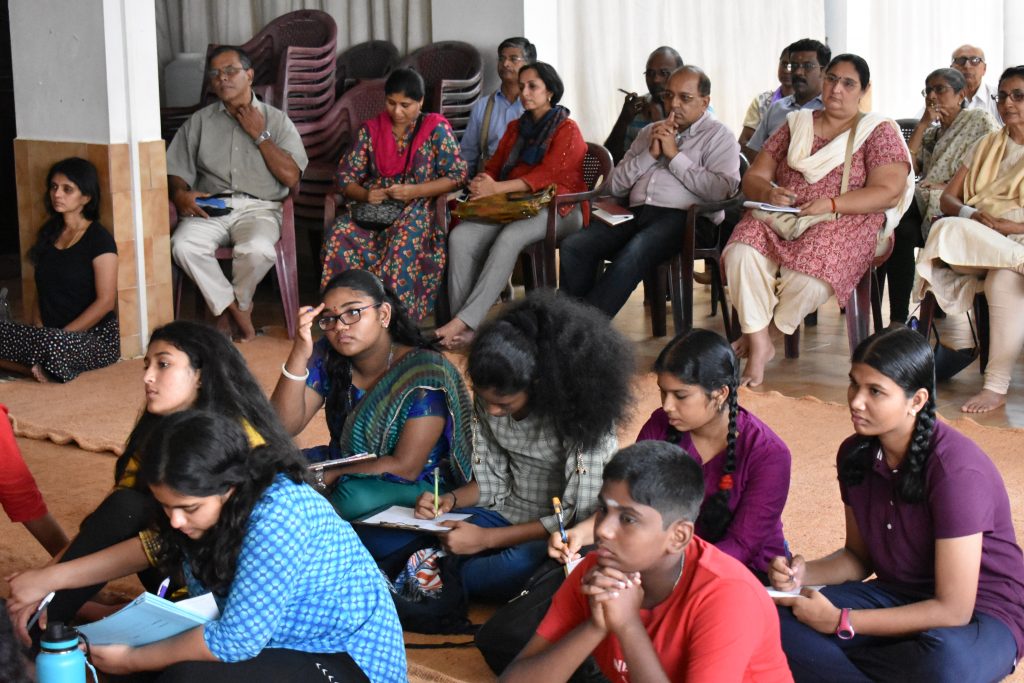
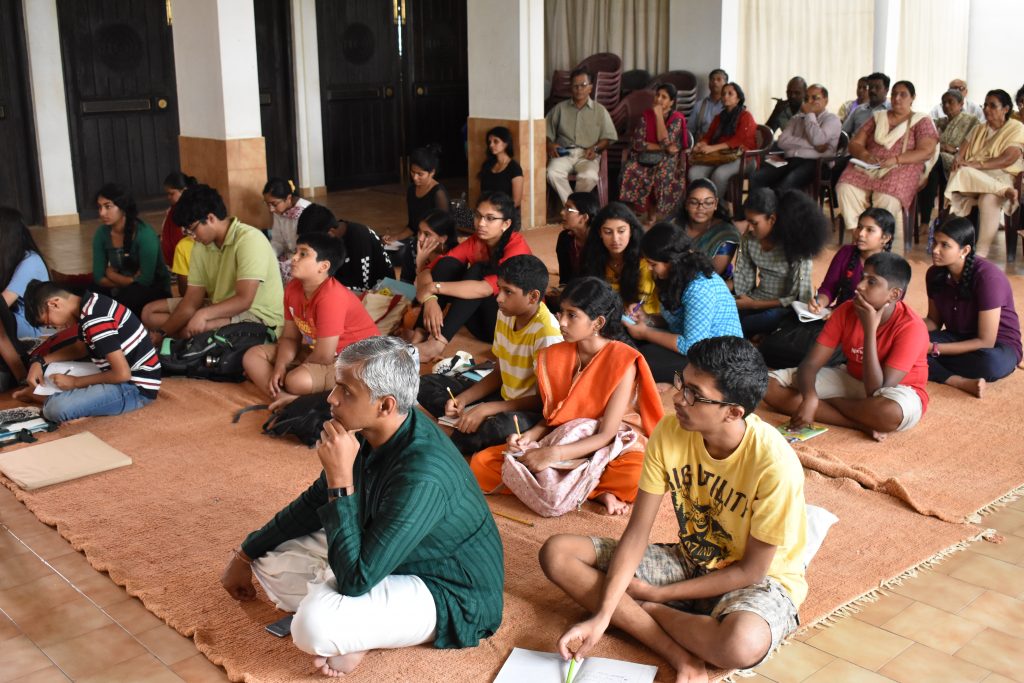
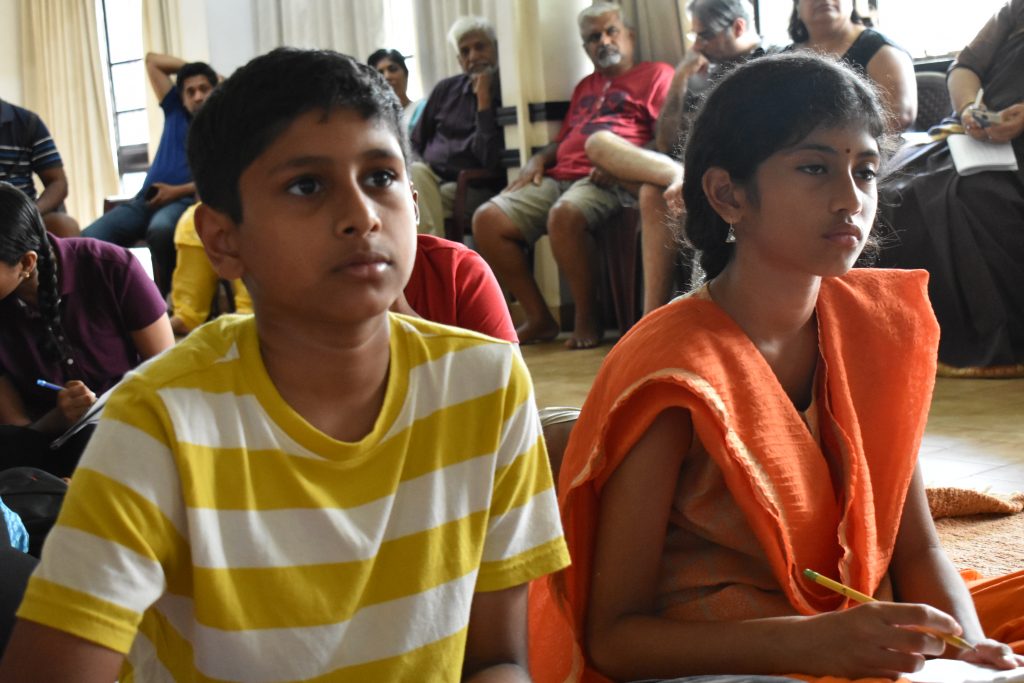
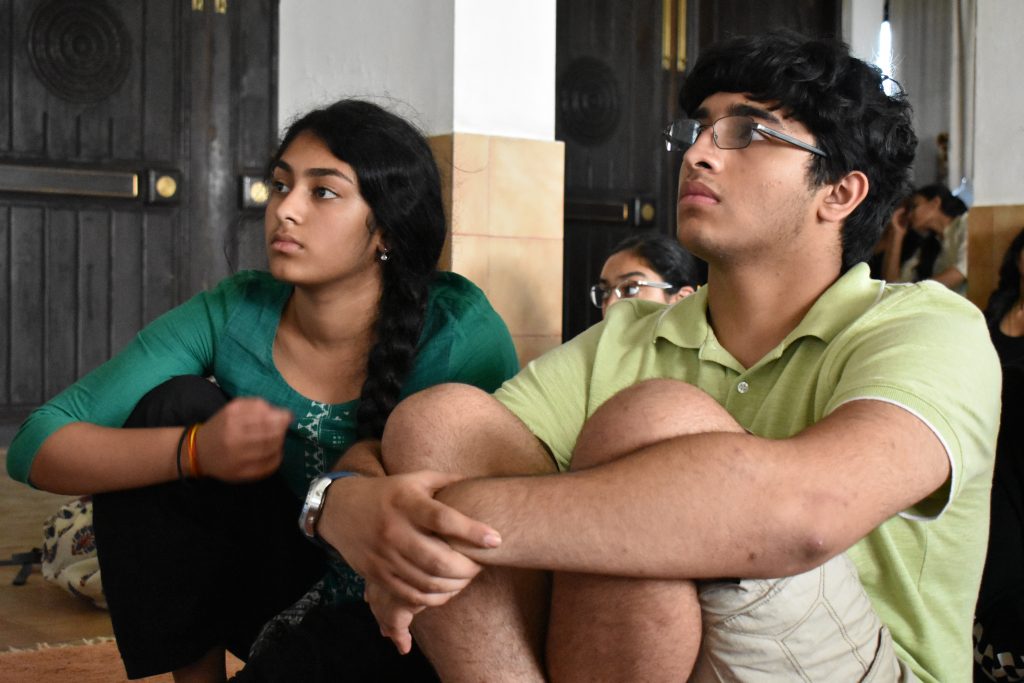
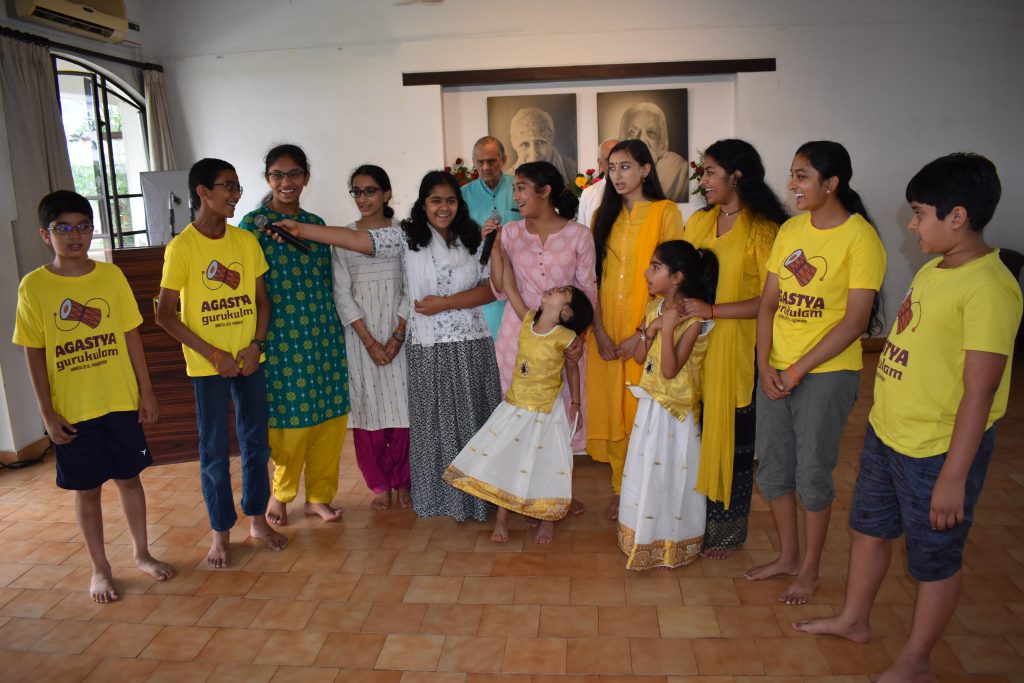
One of our long-time patron and supporter, Ms. Sarita Saraf kindly offered to give all the children of Unmeśa a set of books meant to inspire and uplift them. We are indeed thankful to her for this generous gesture. These were gifted to the children after they received their Certificate from Hon’ble Dr. Kiran Bedi at the valedictory ceremony. Ms. Vijaya Viswanath, a supporter of Agastya Gurukulam also gifted to the children a book on current socio-cultural-political challenges facing India.
The programme at the Valedictory Ceremony concluded with a national anthem.
See HERE for the report on Valedictory Ceremony.
